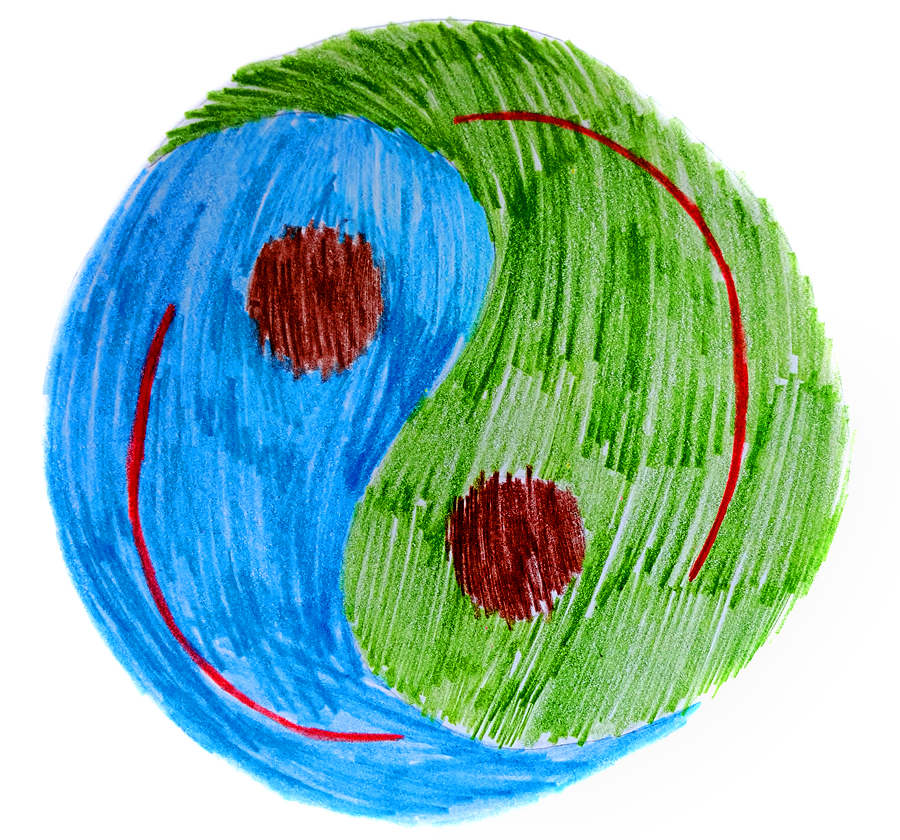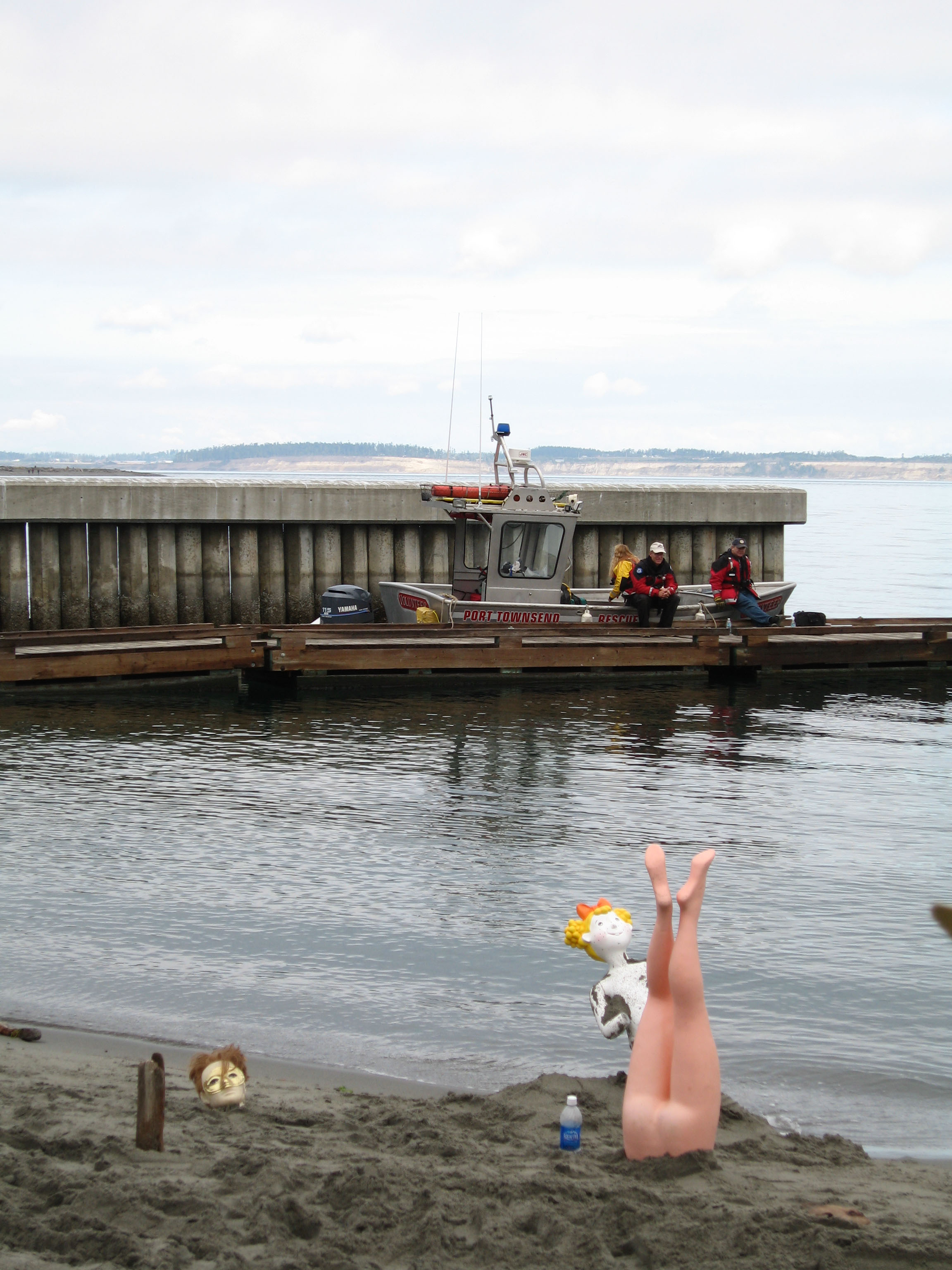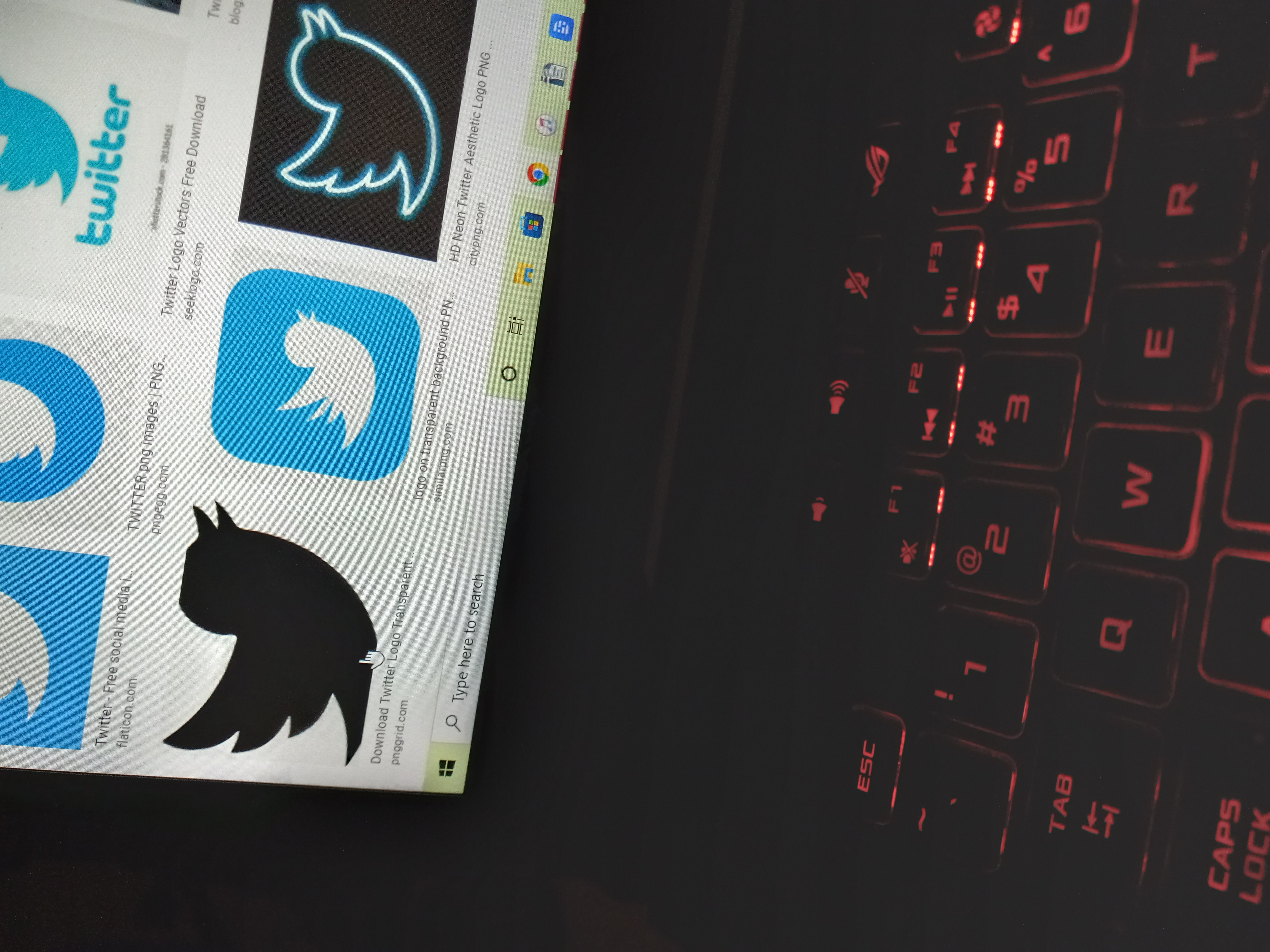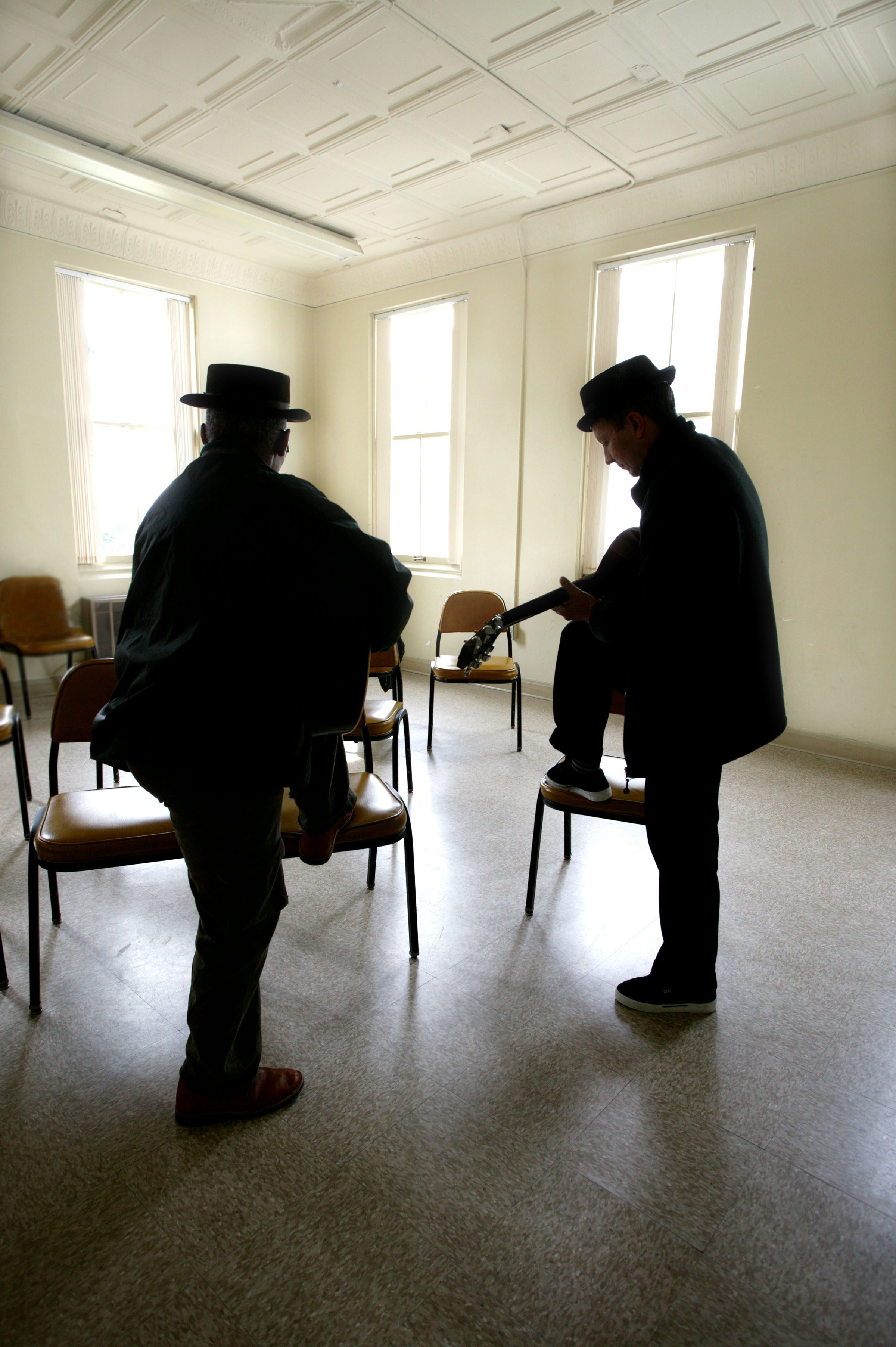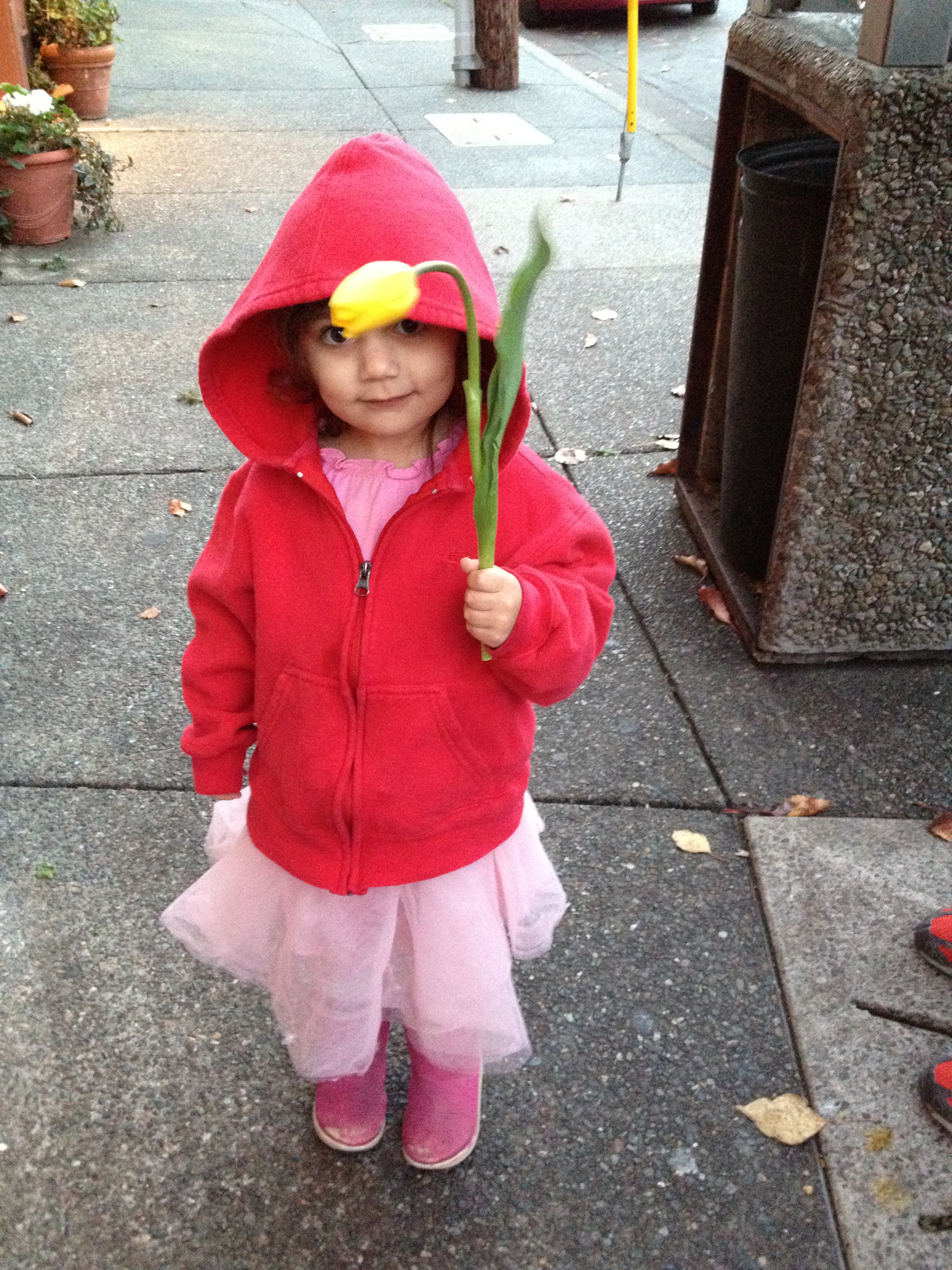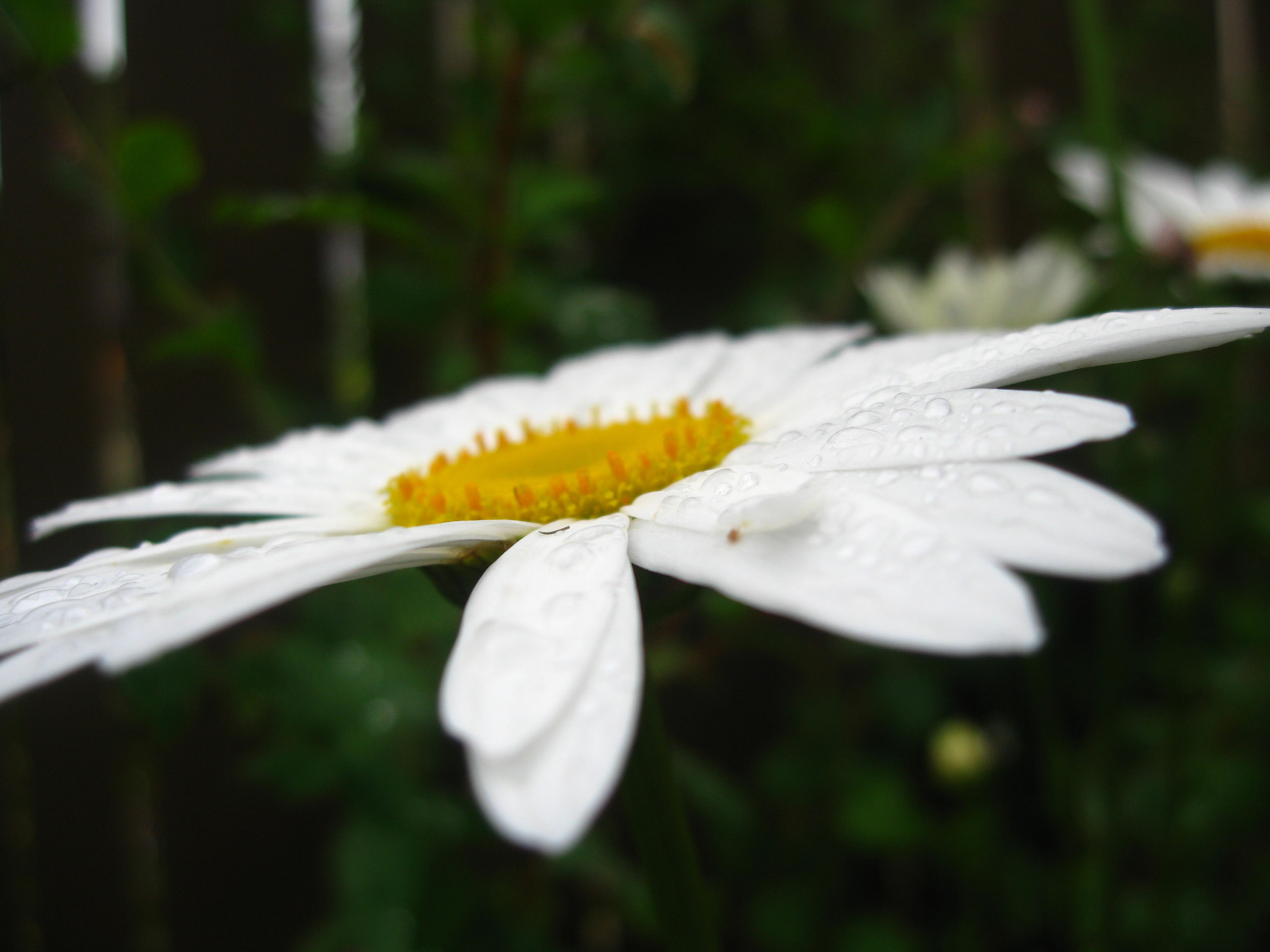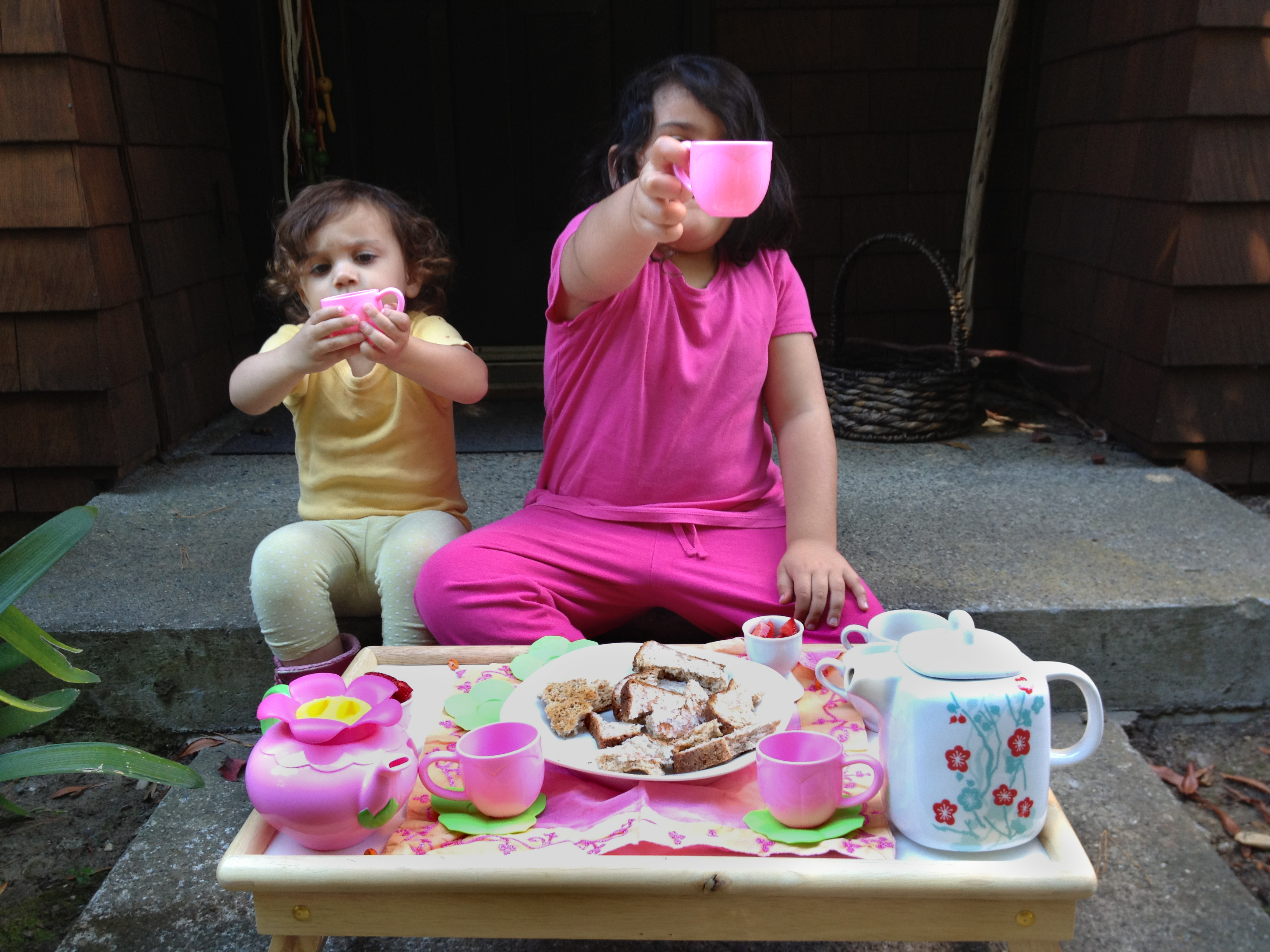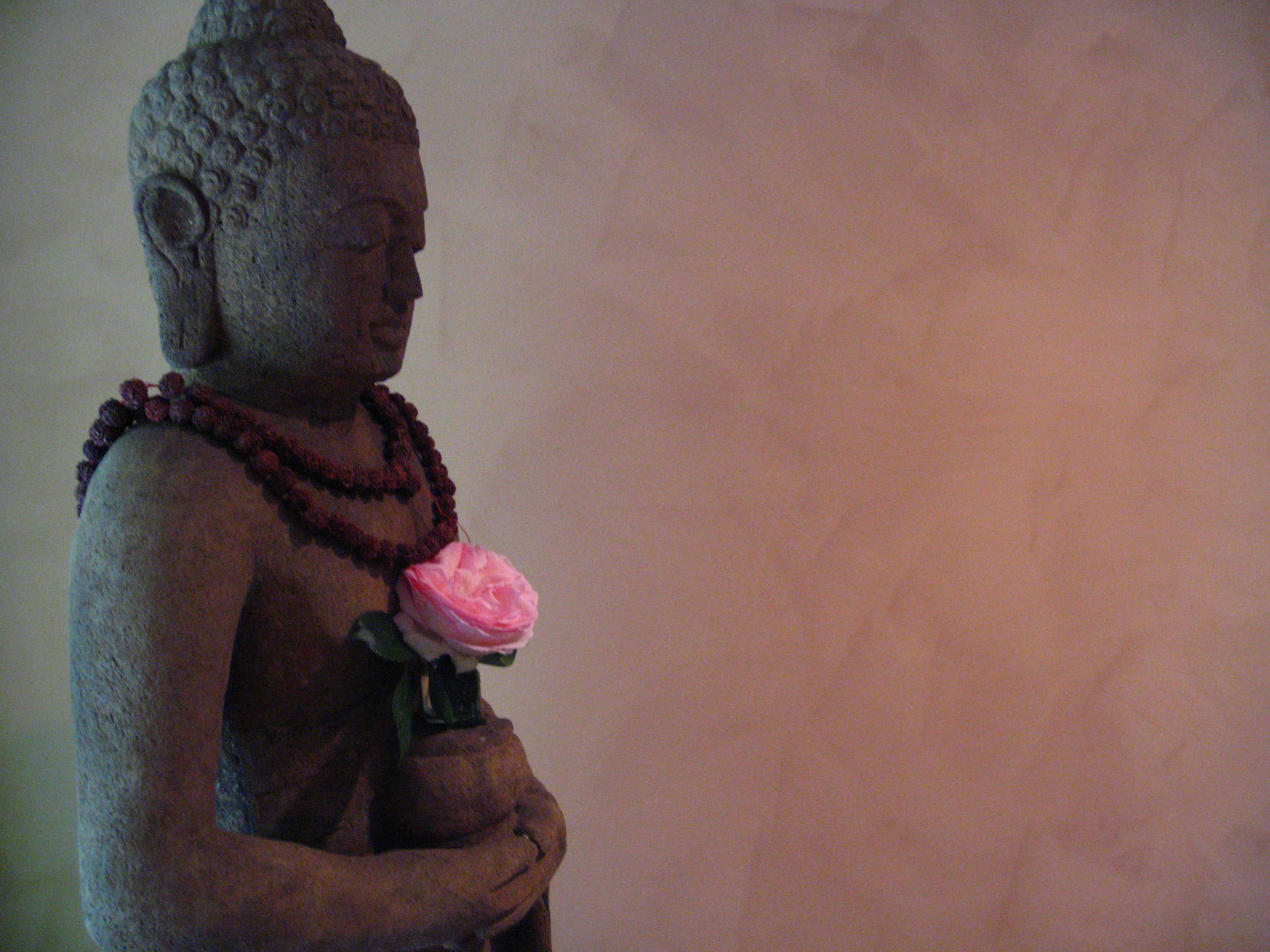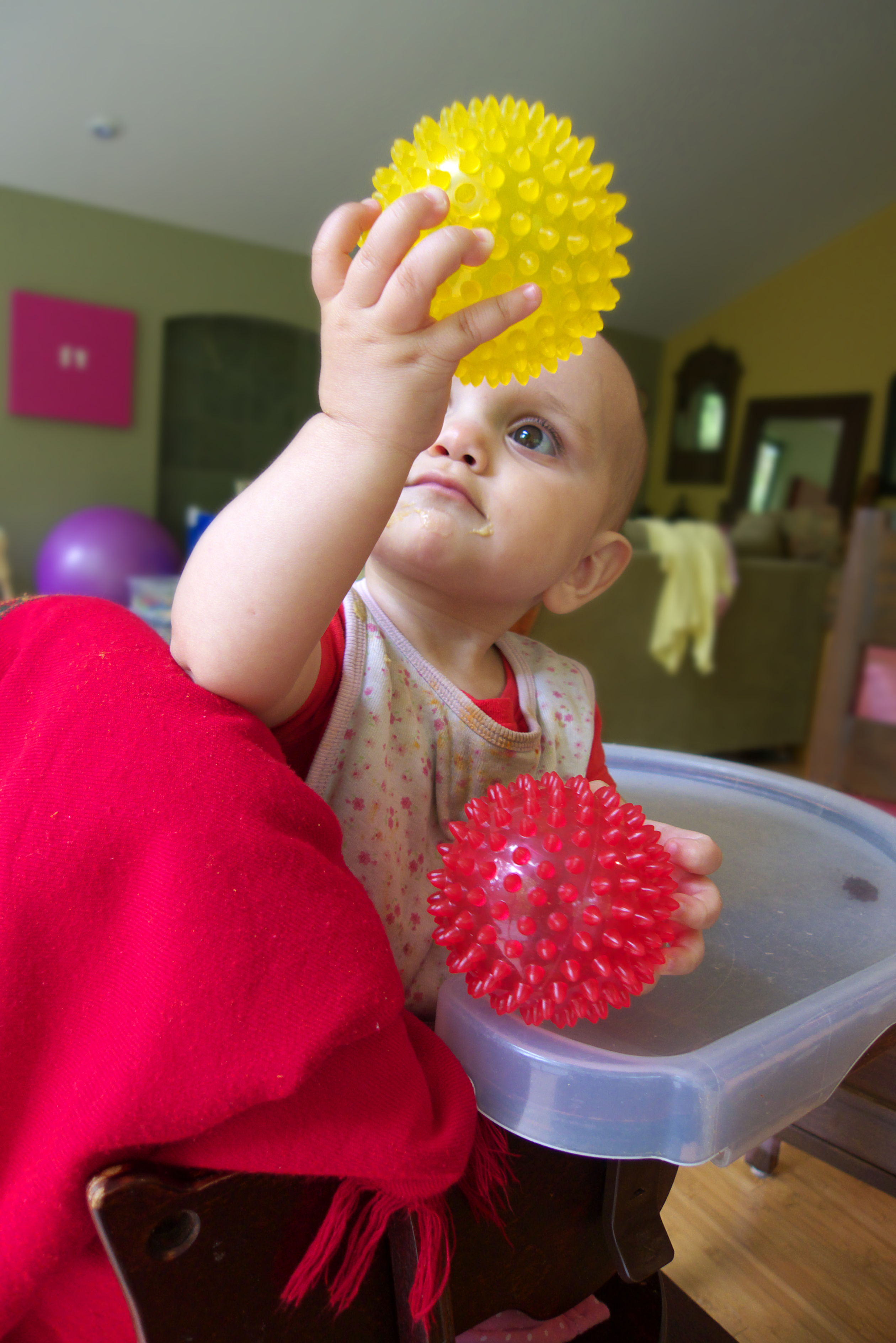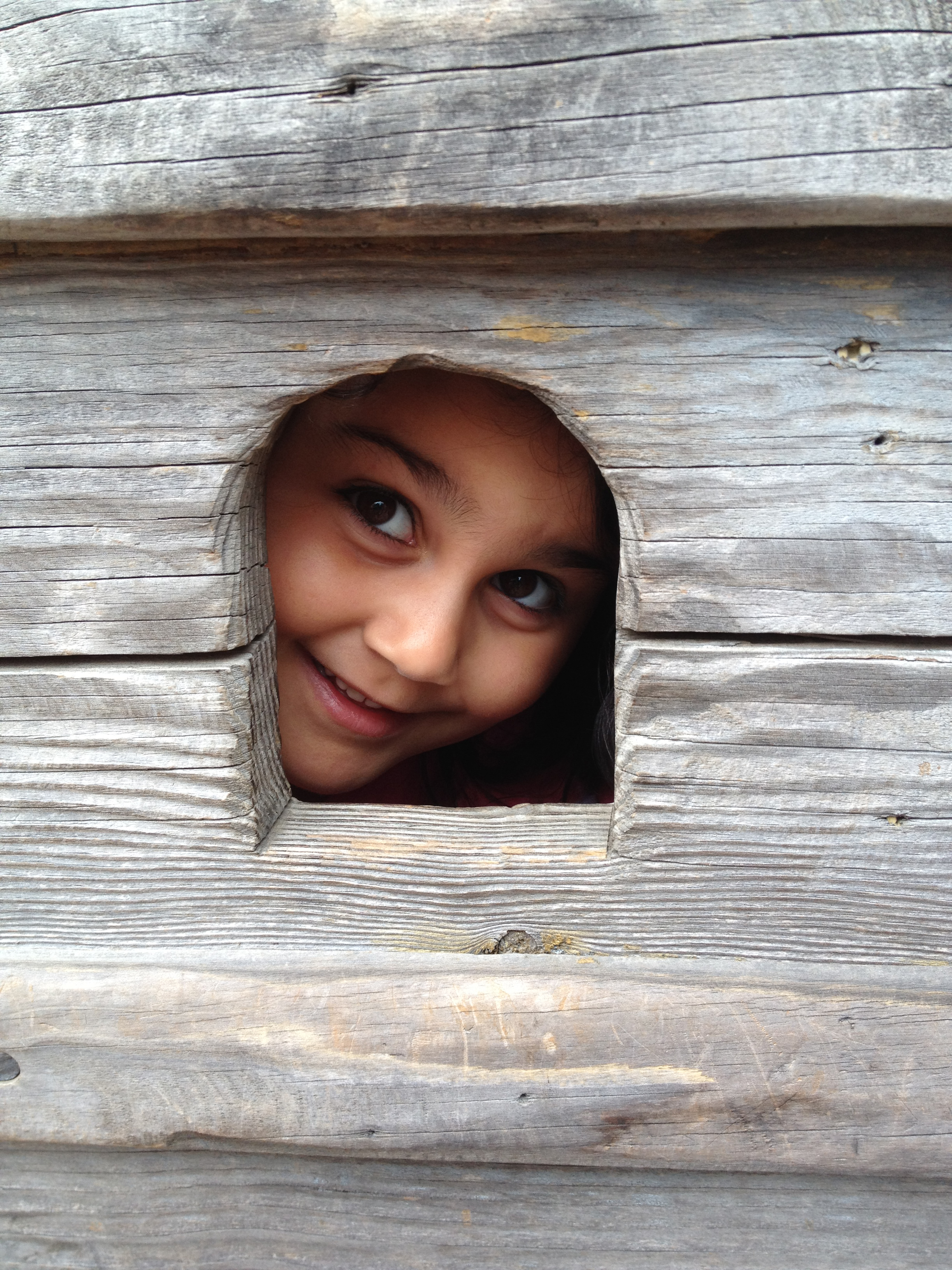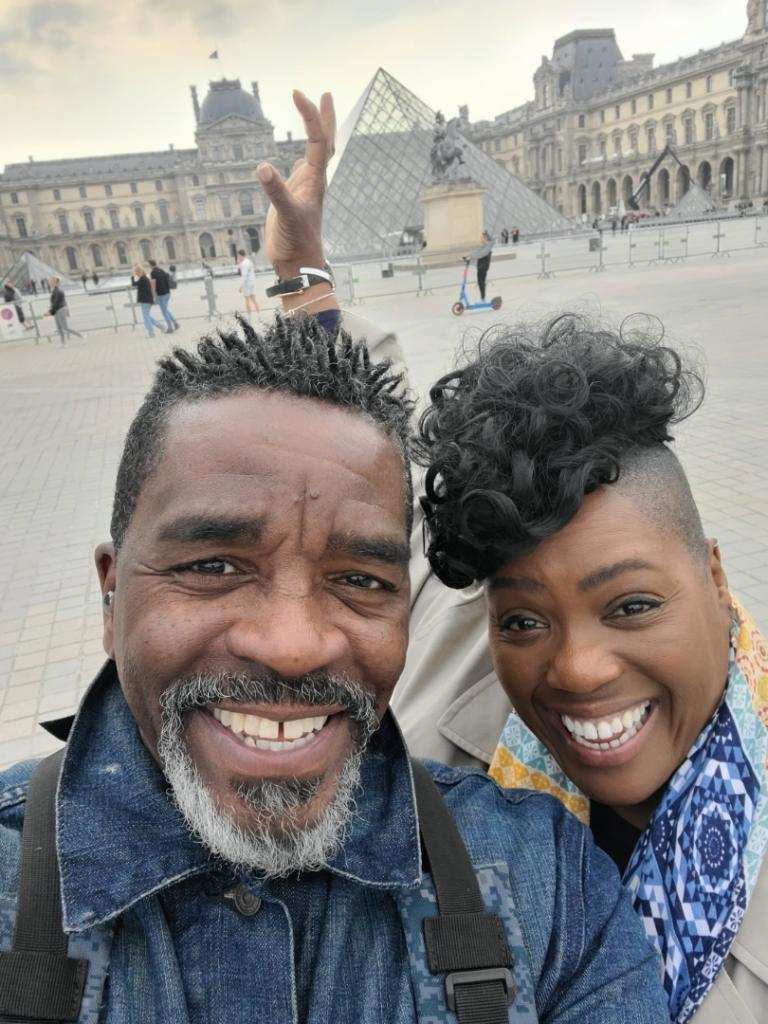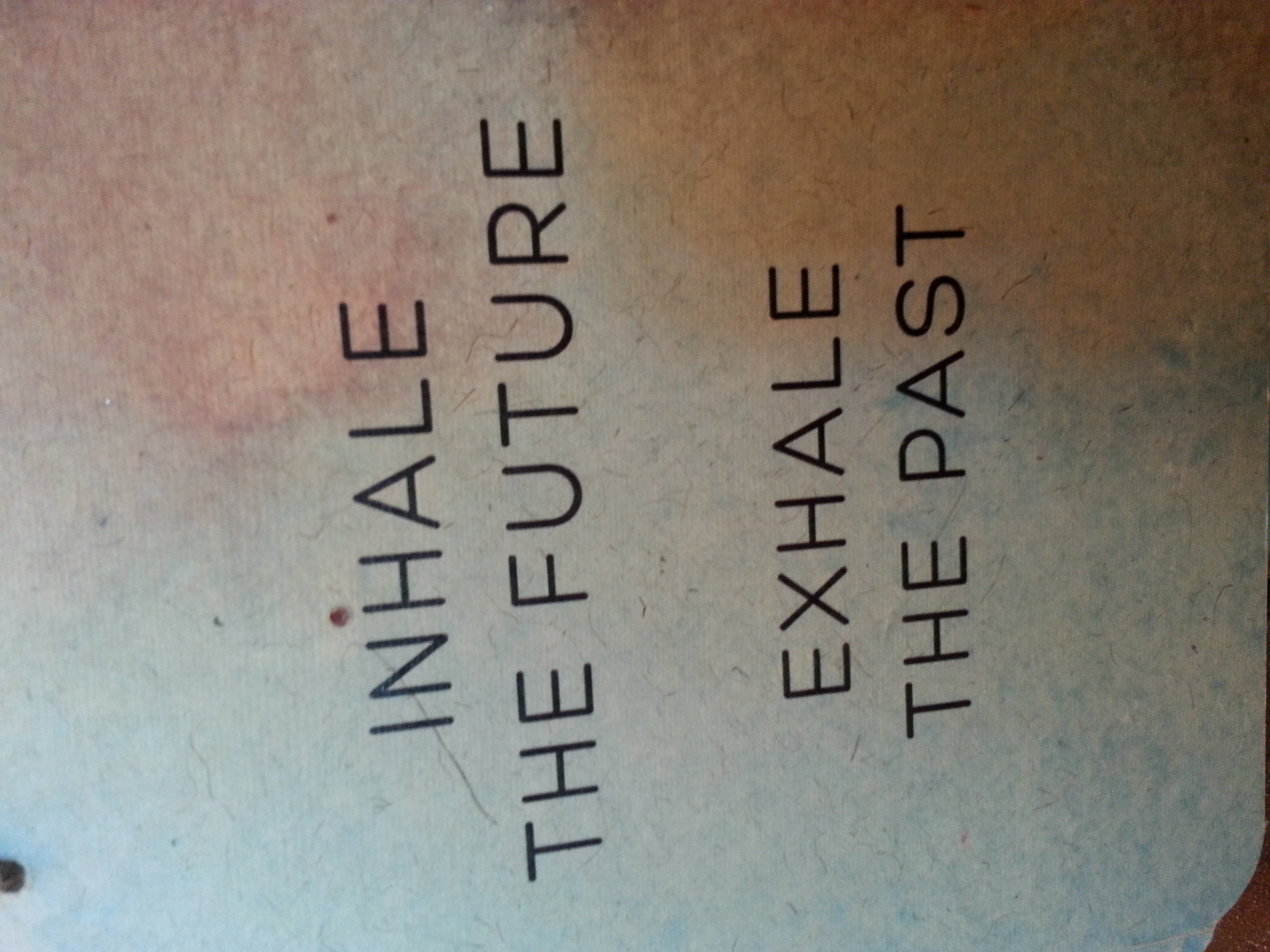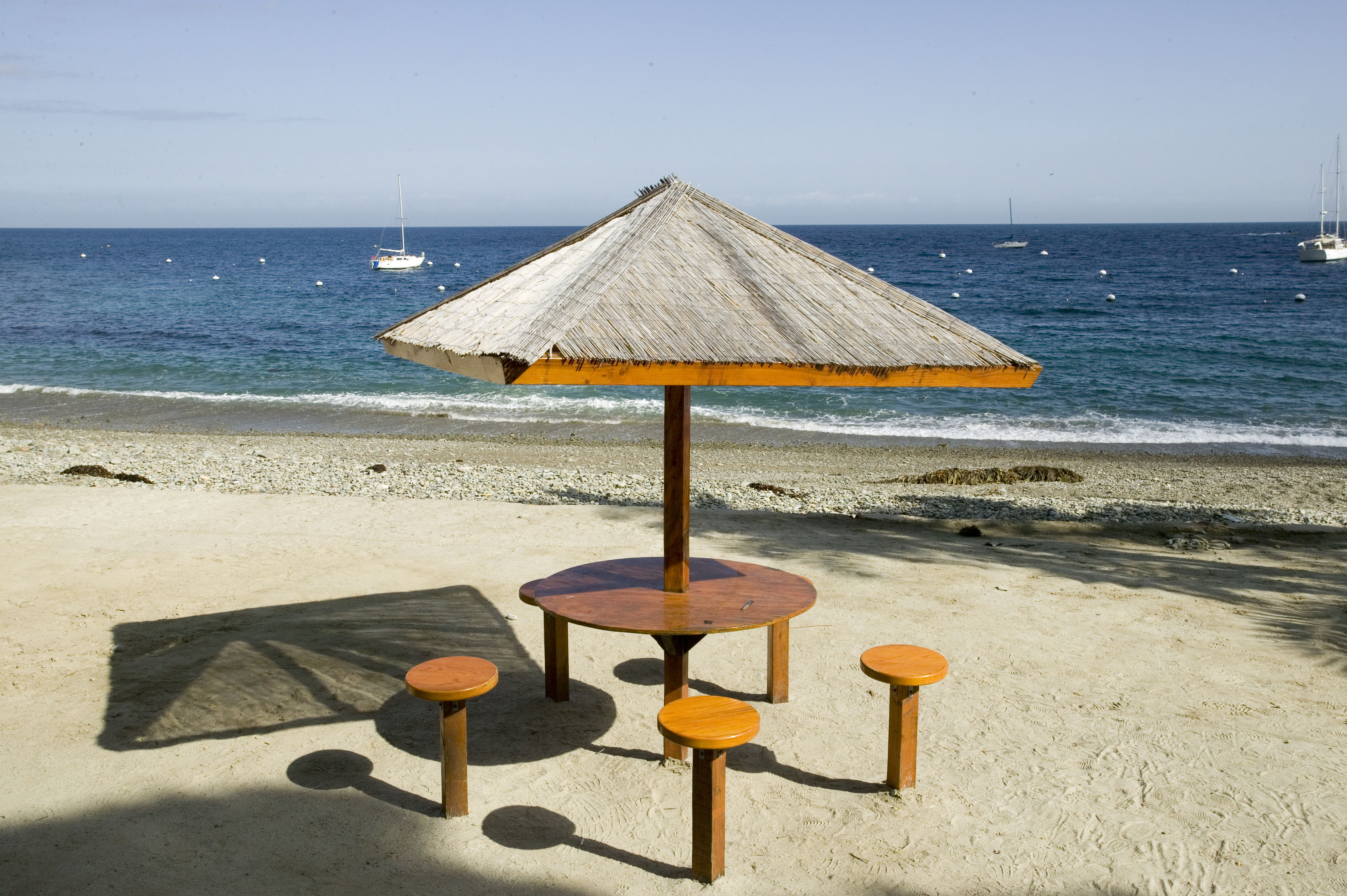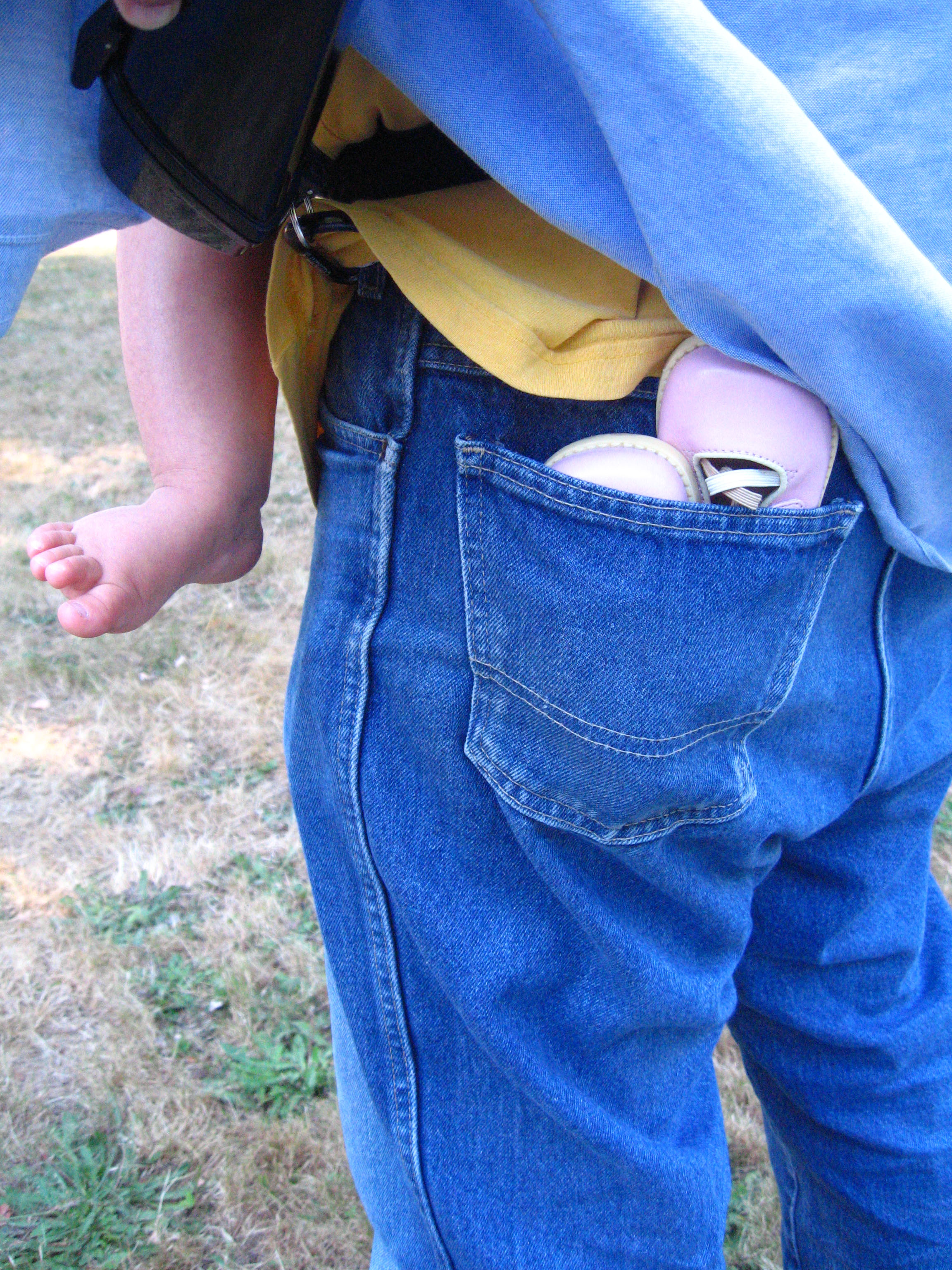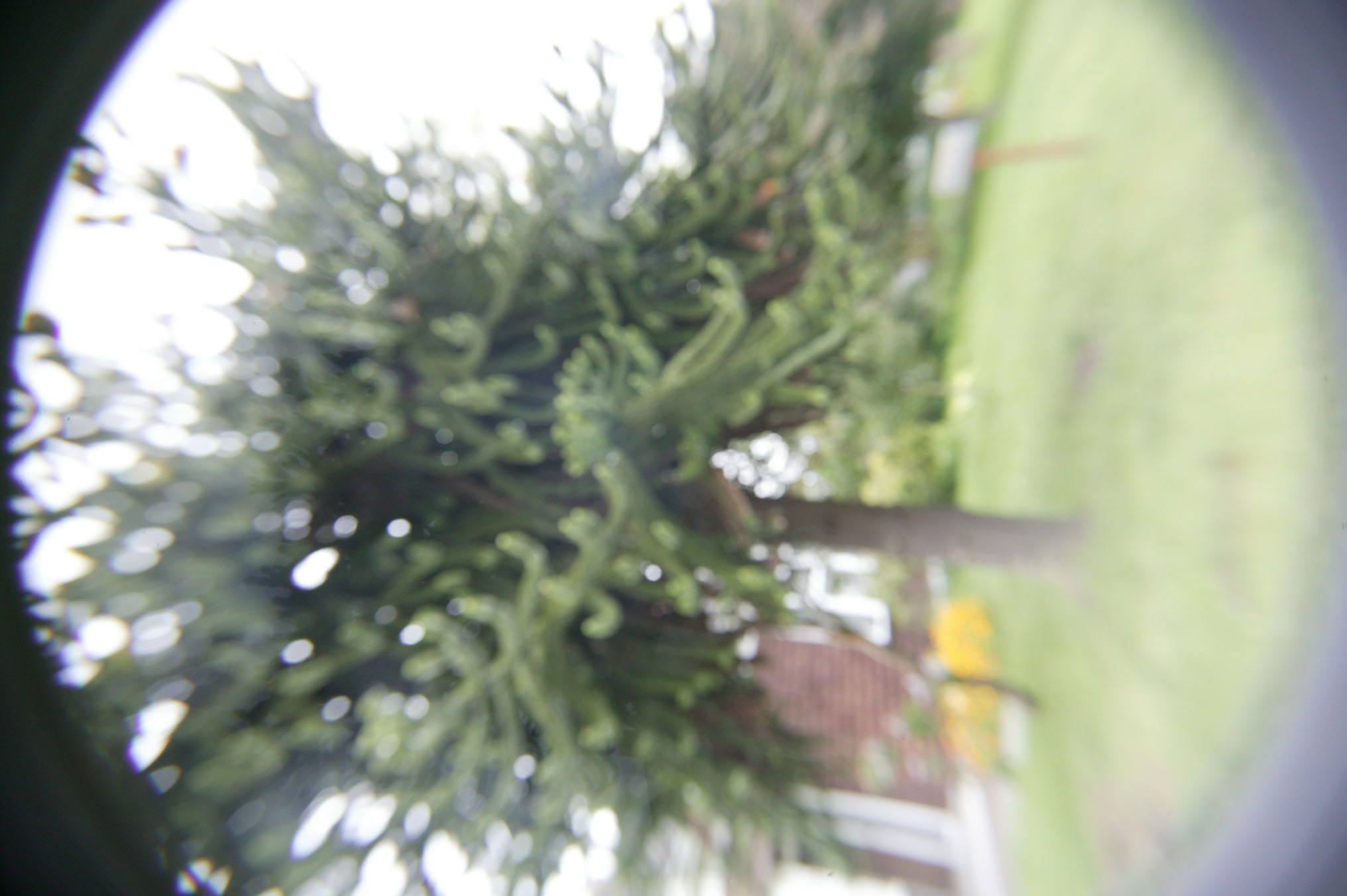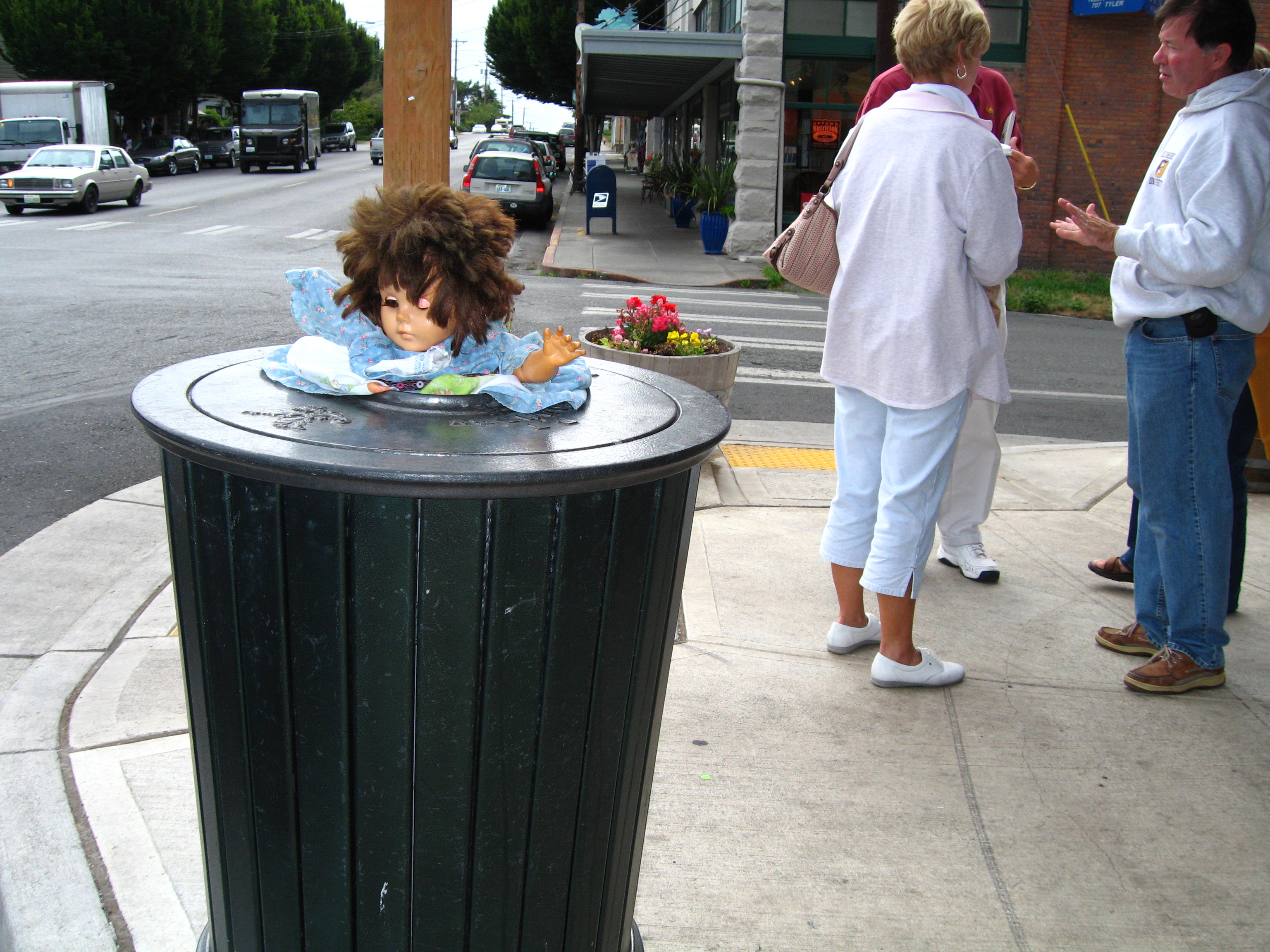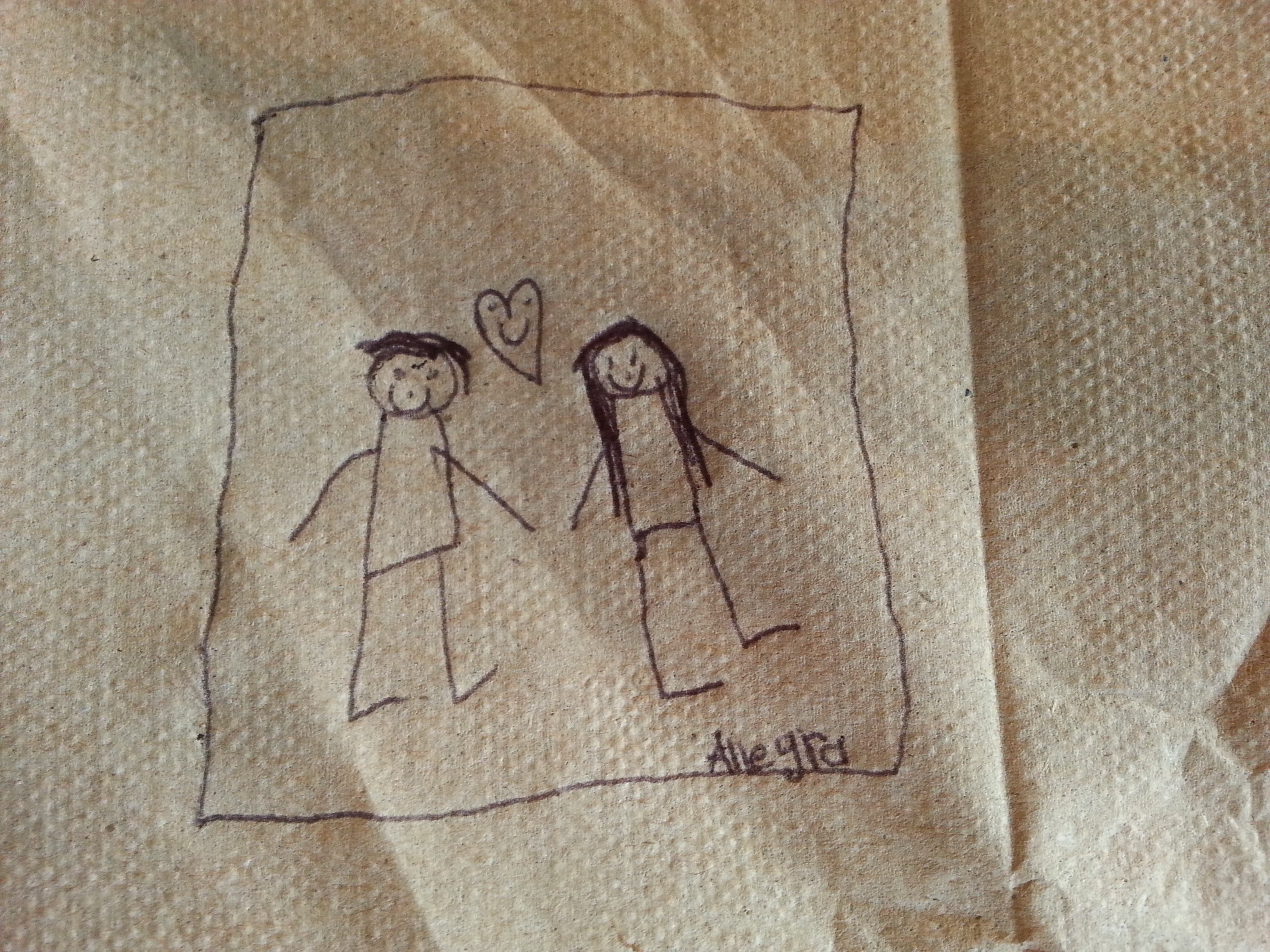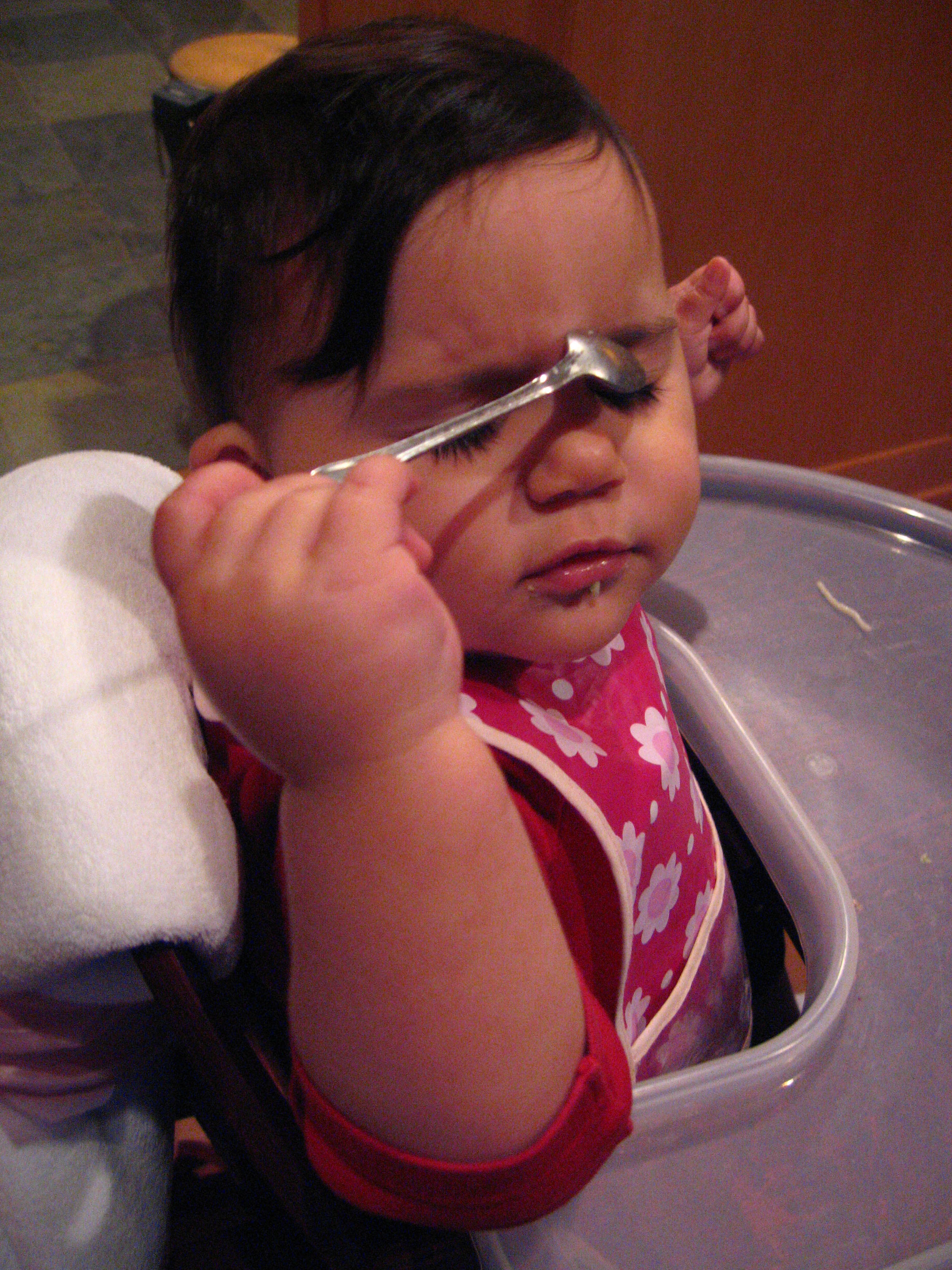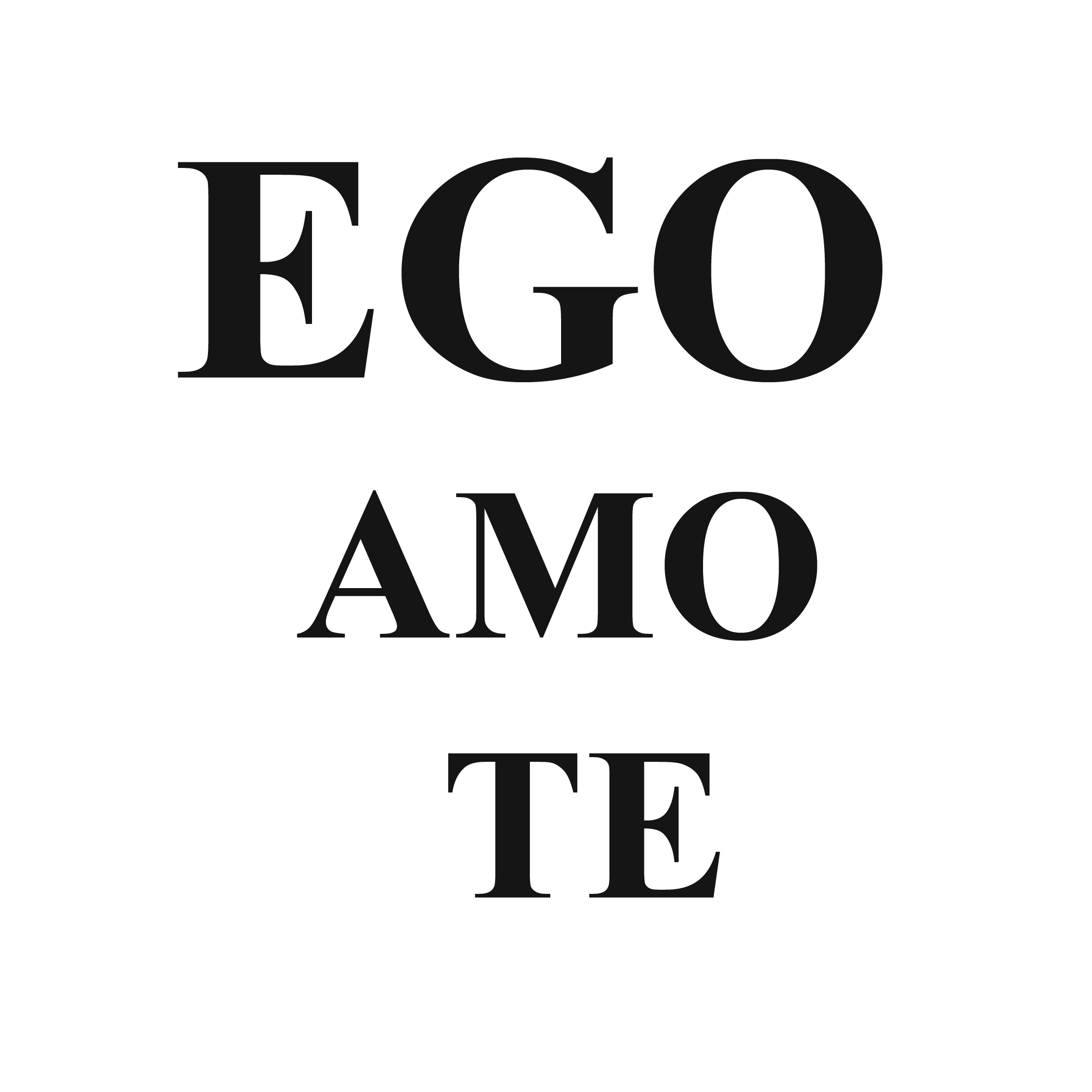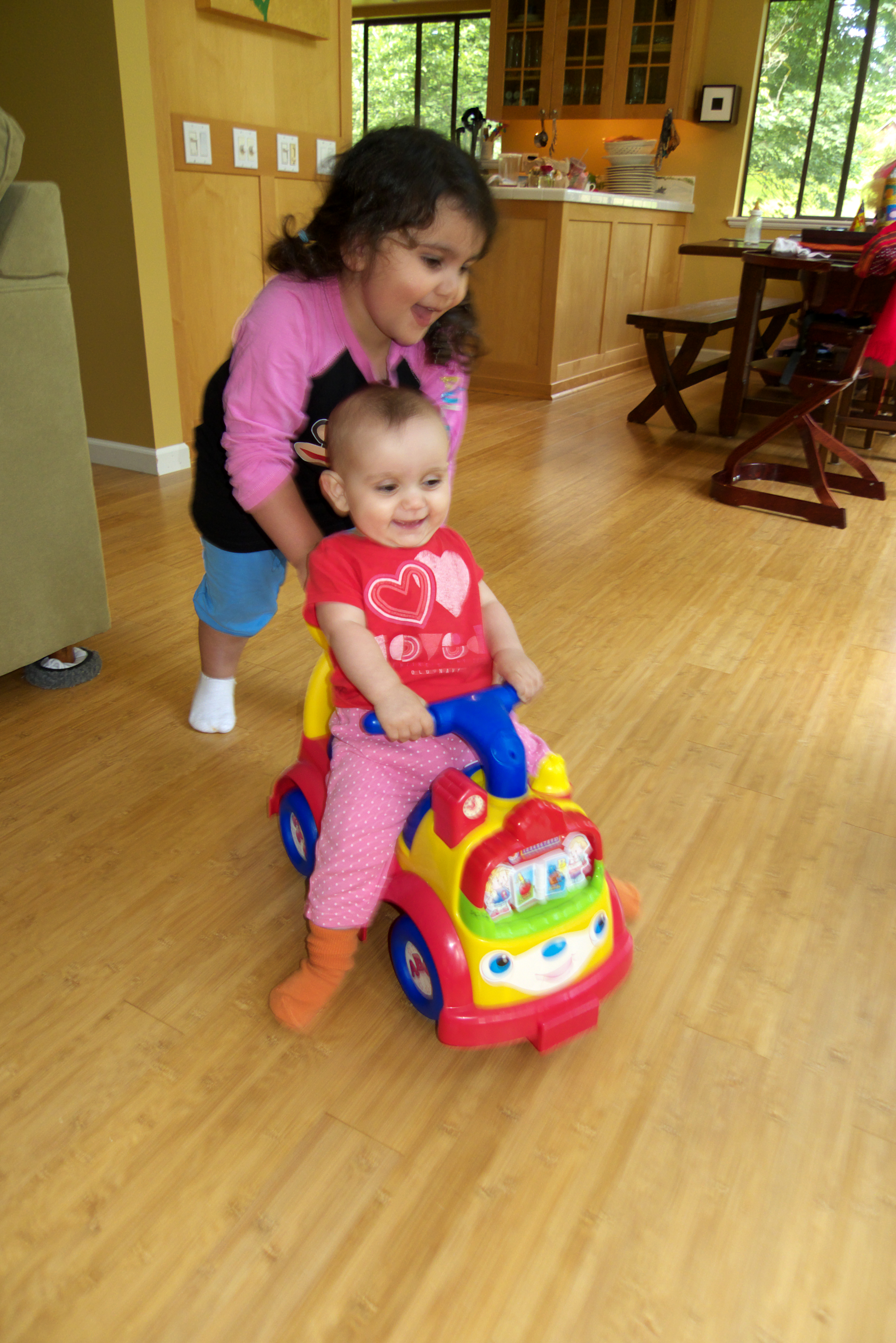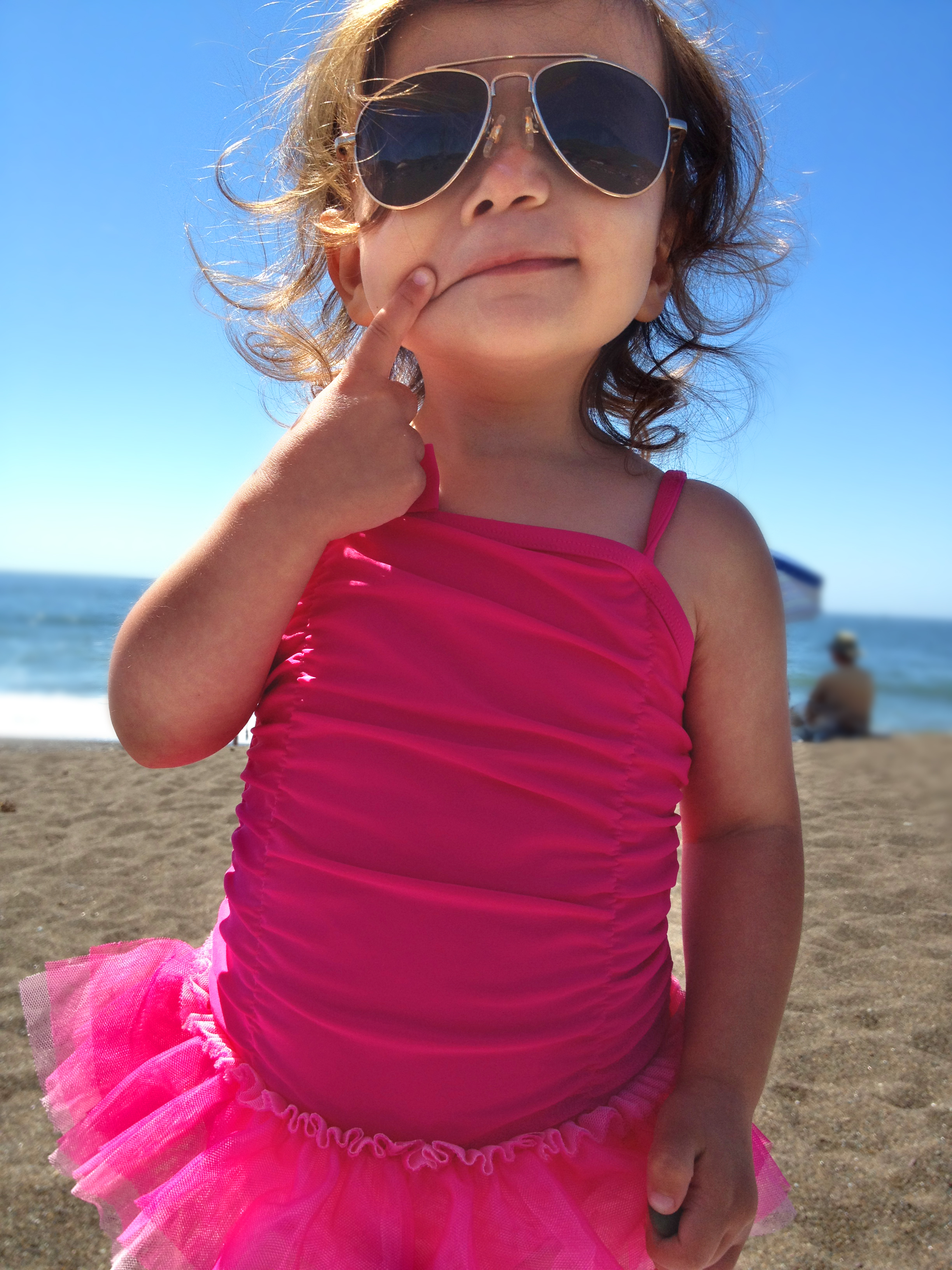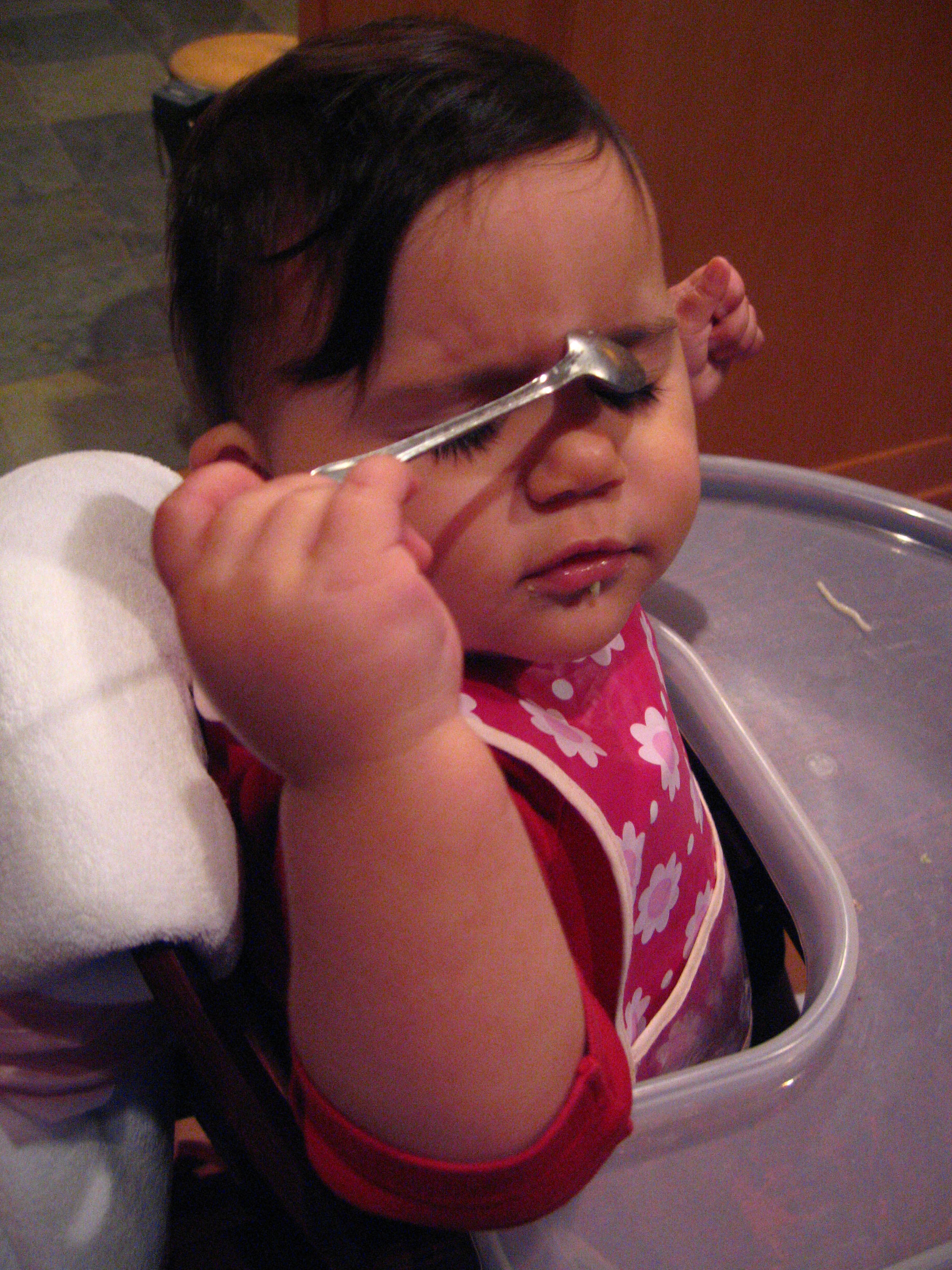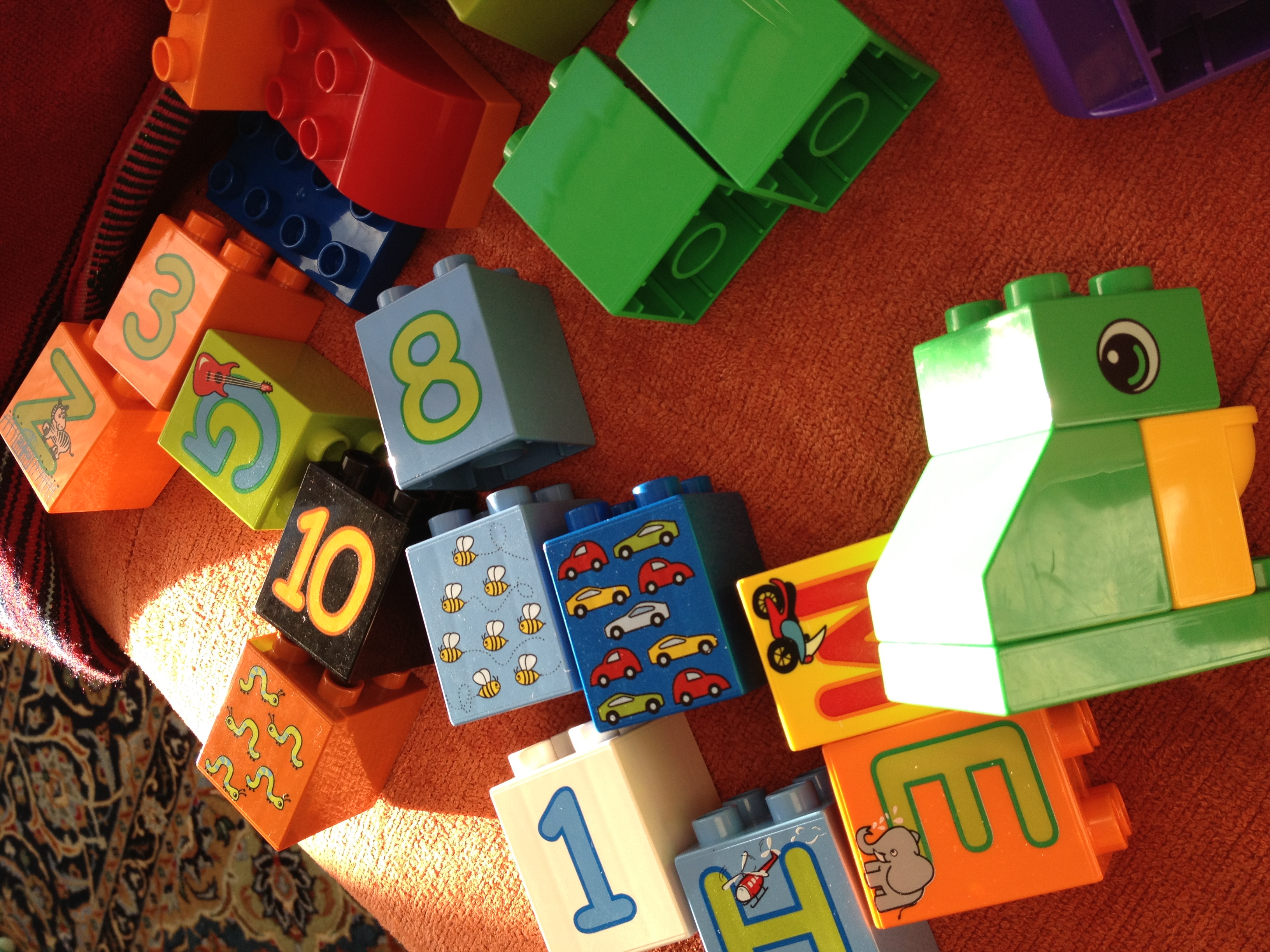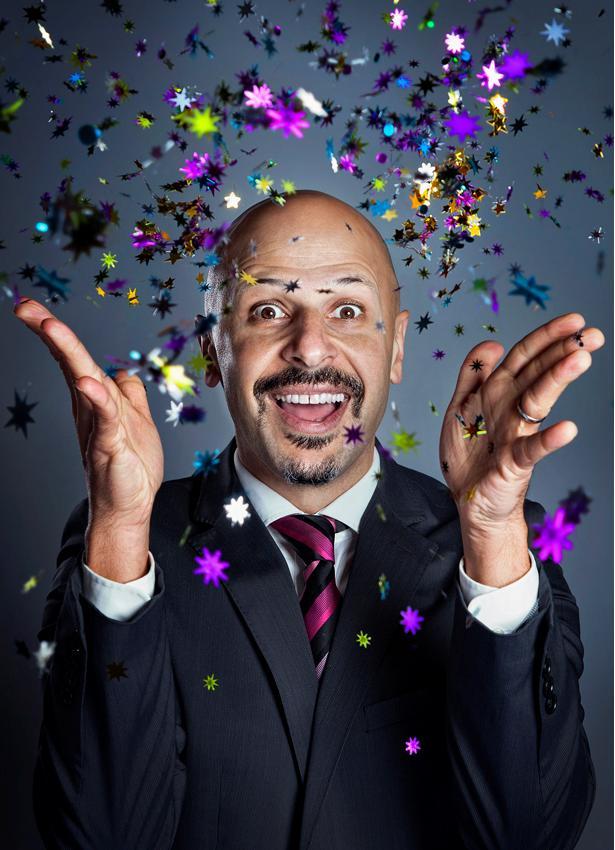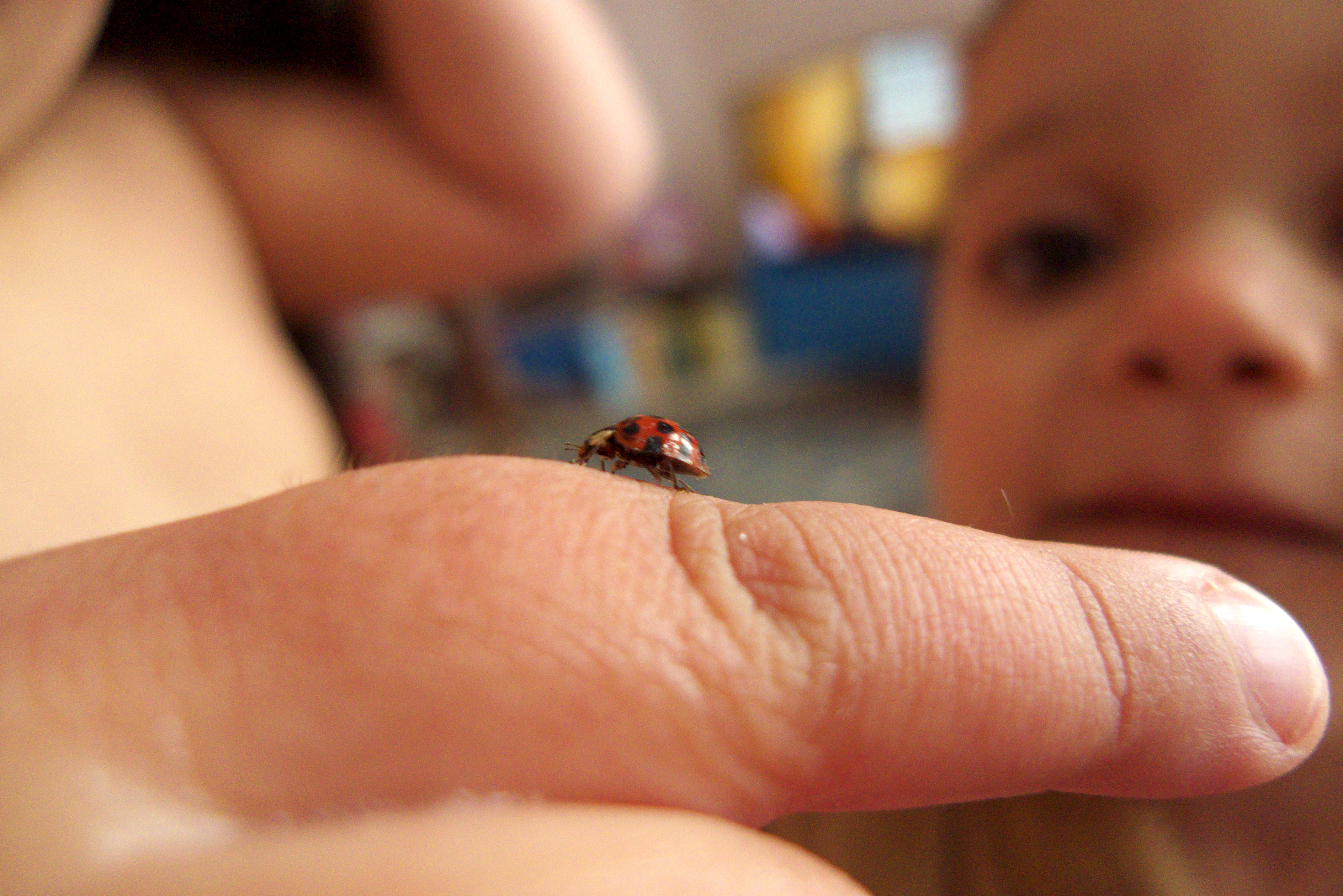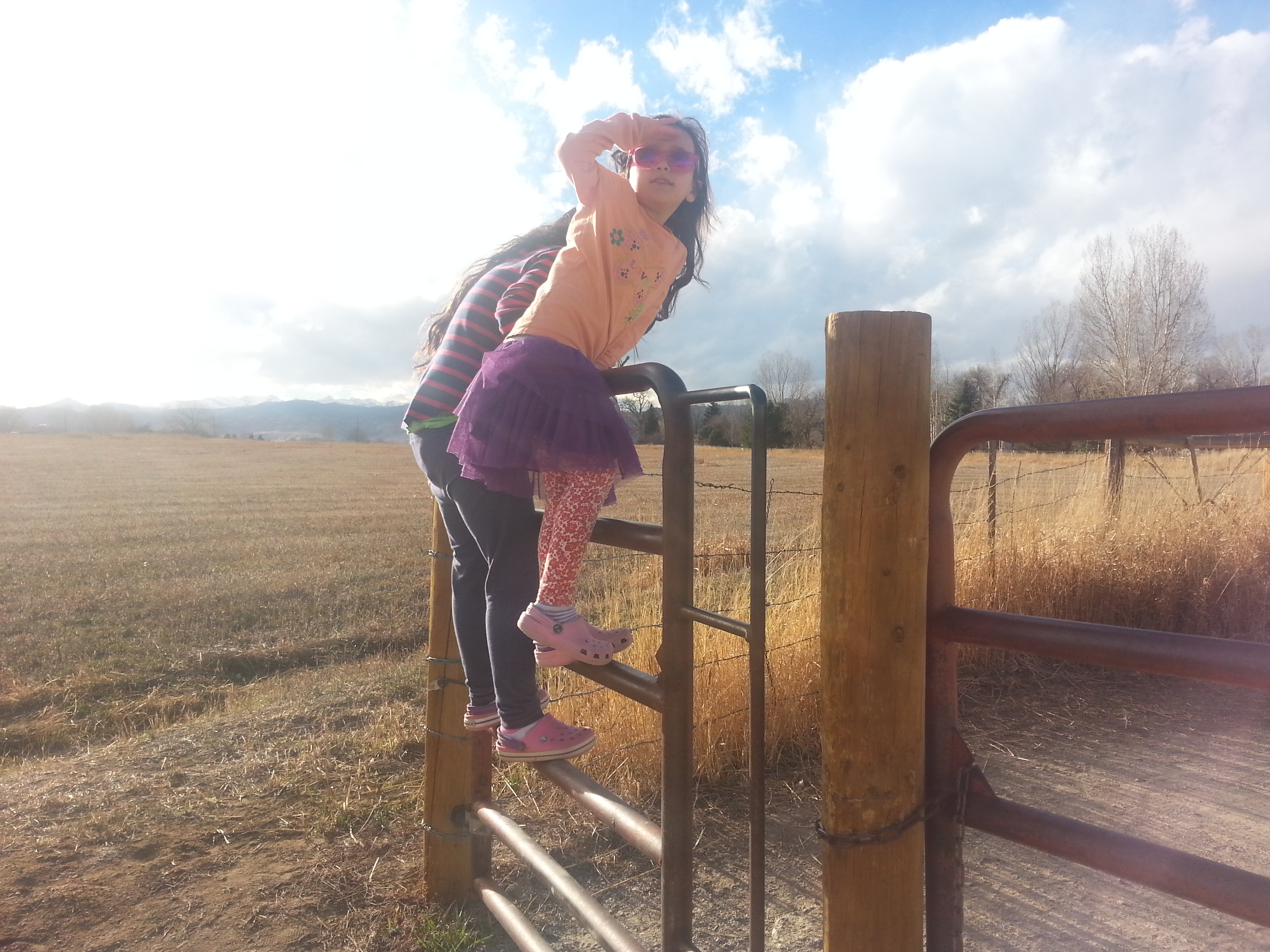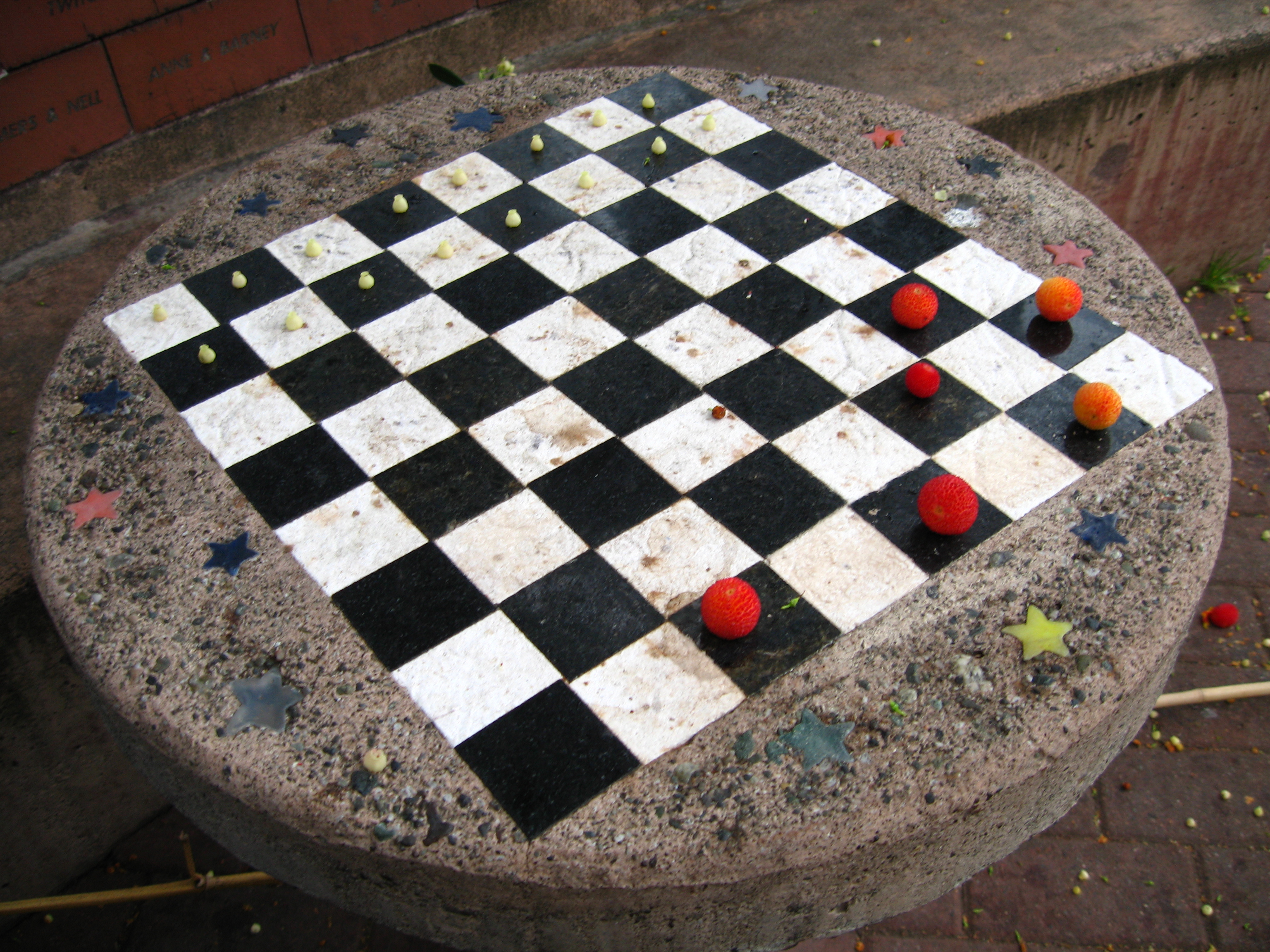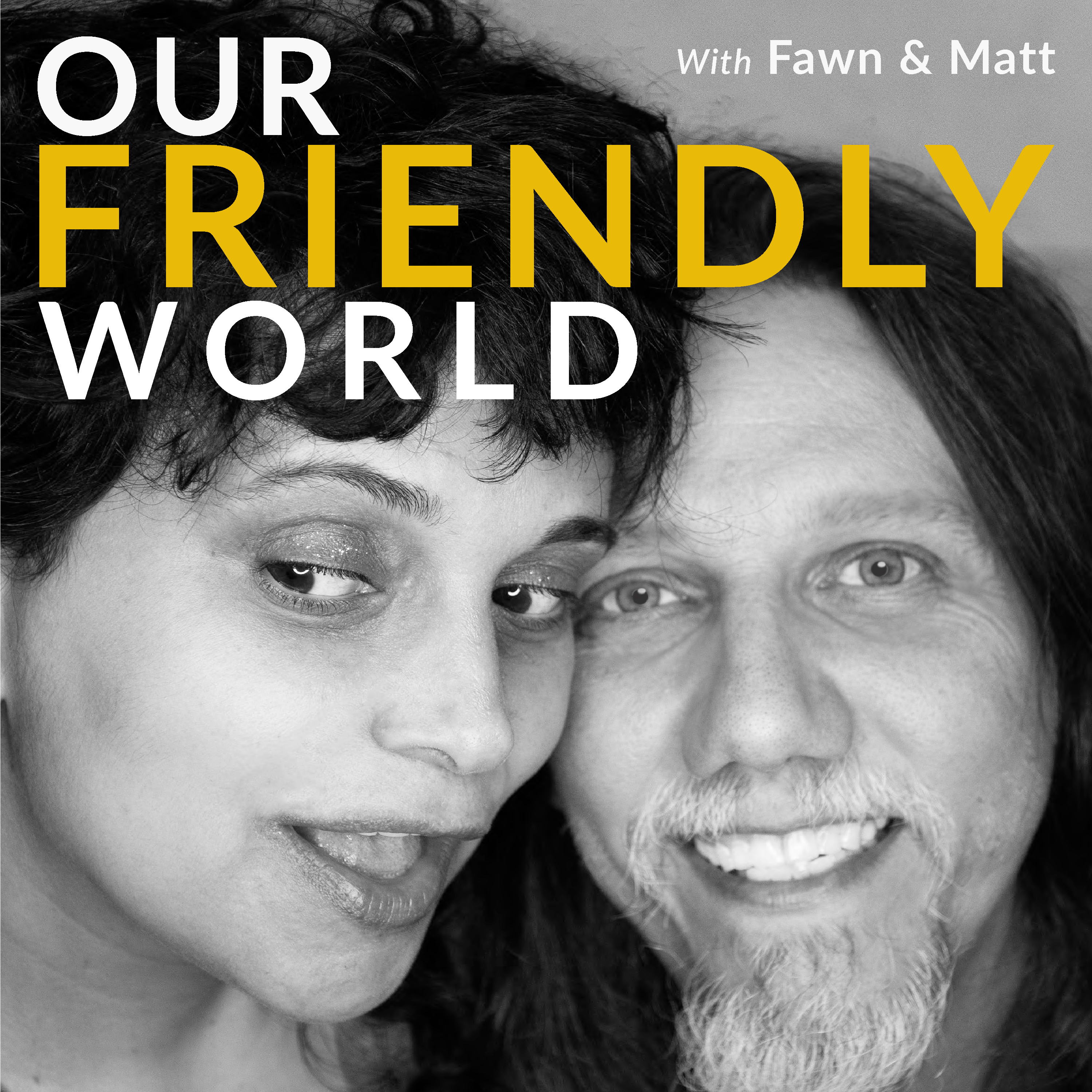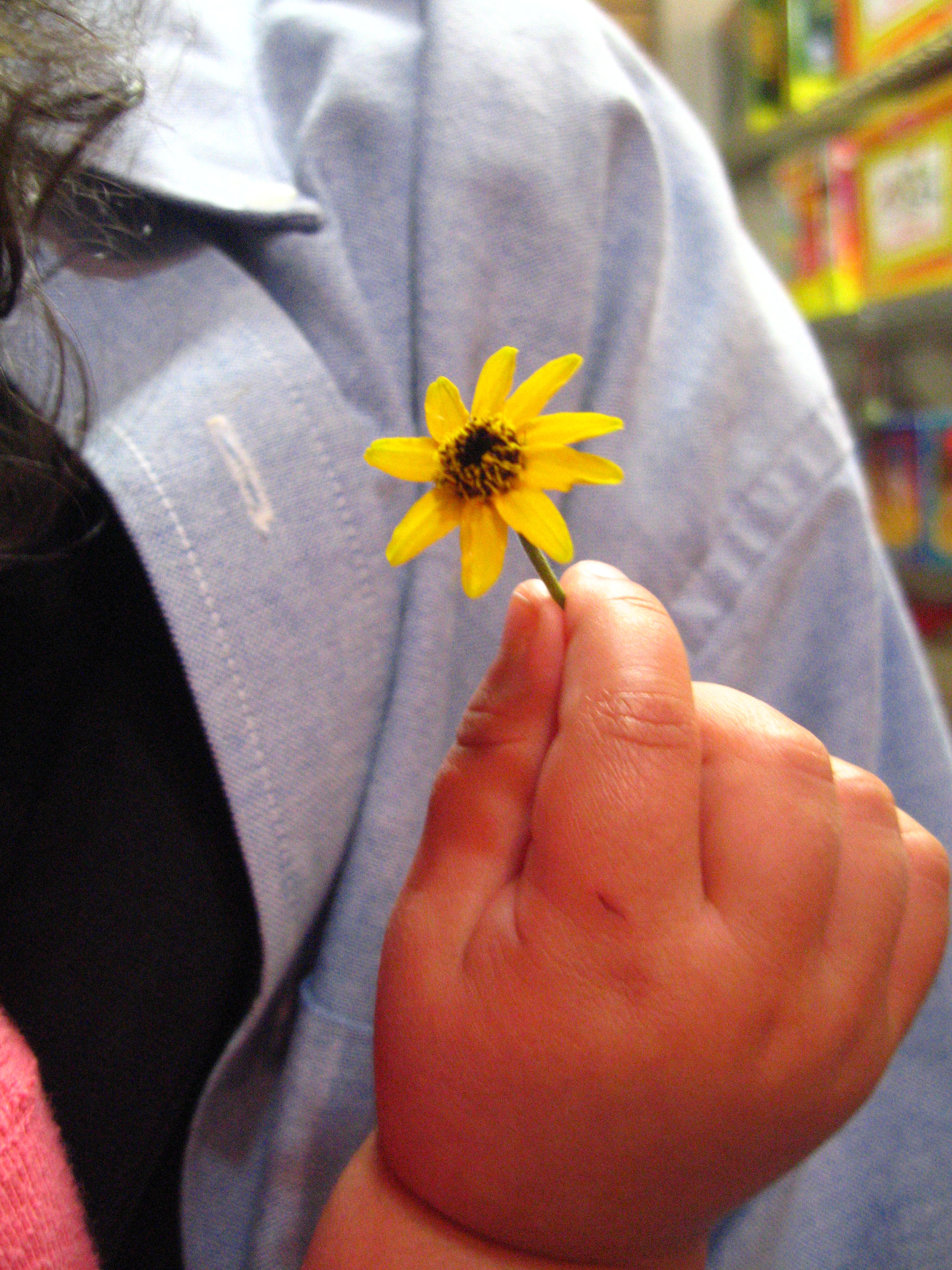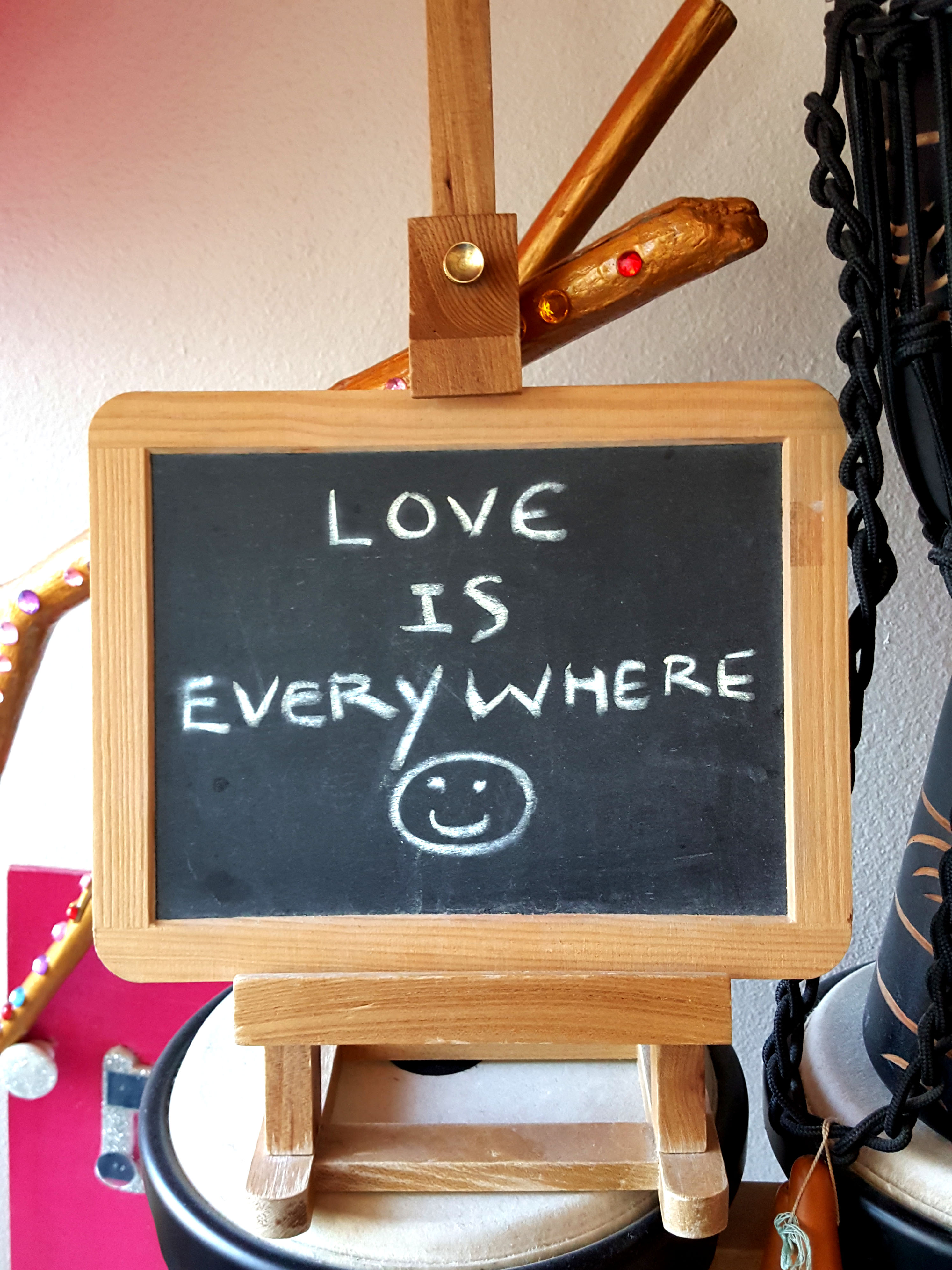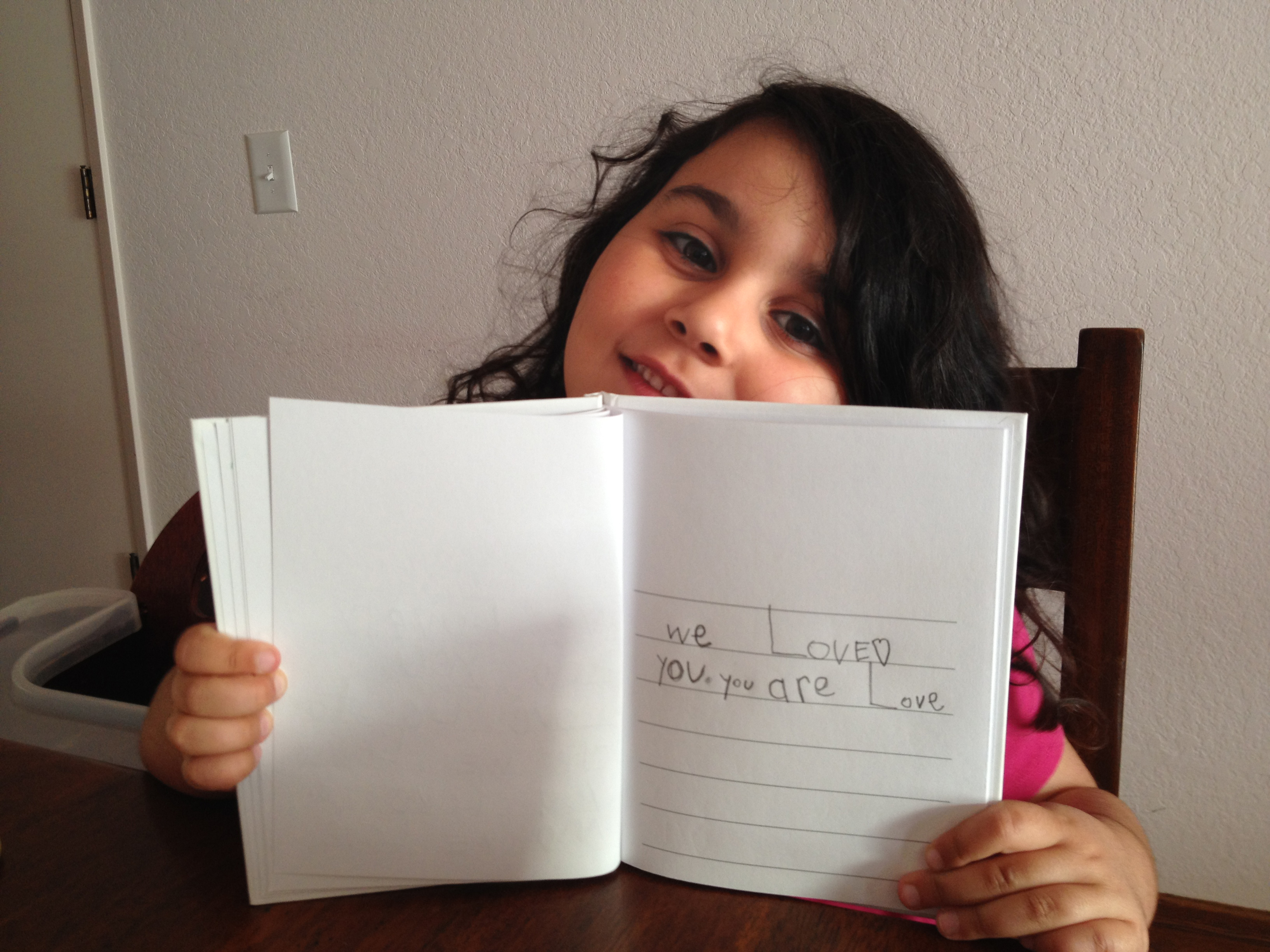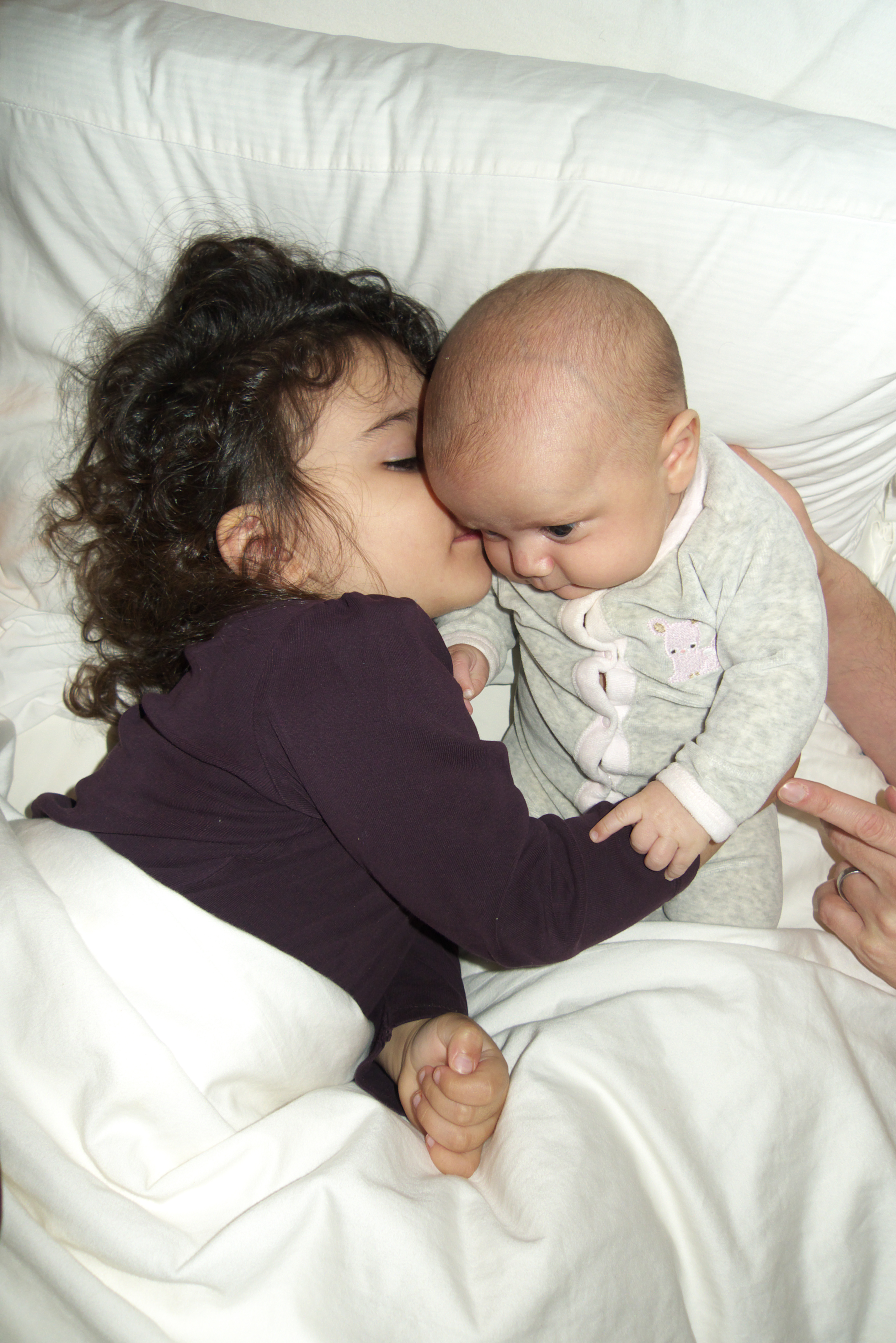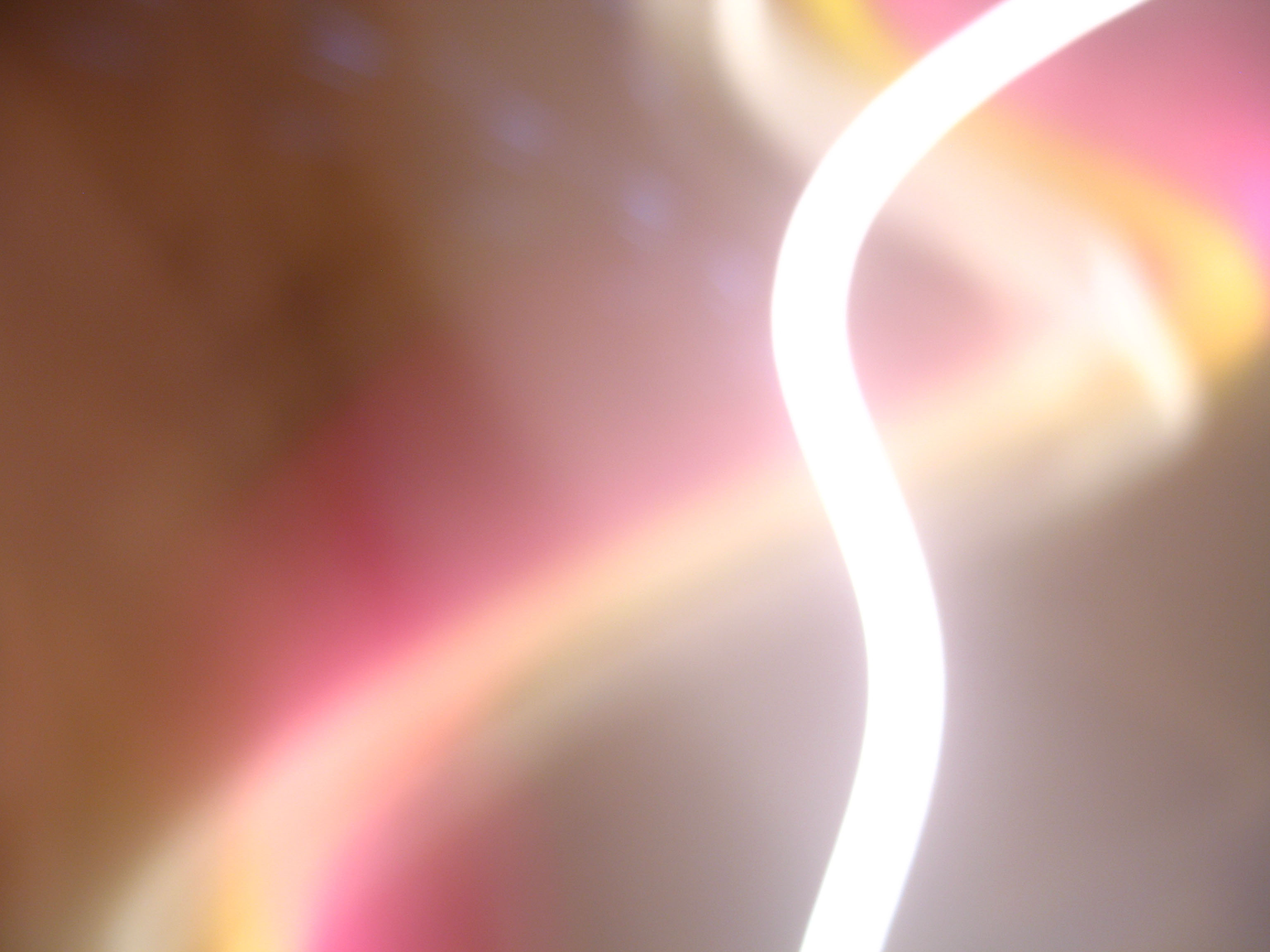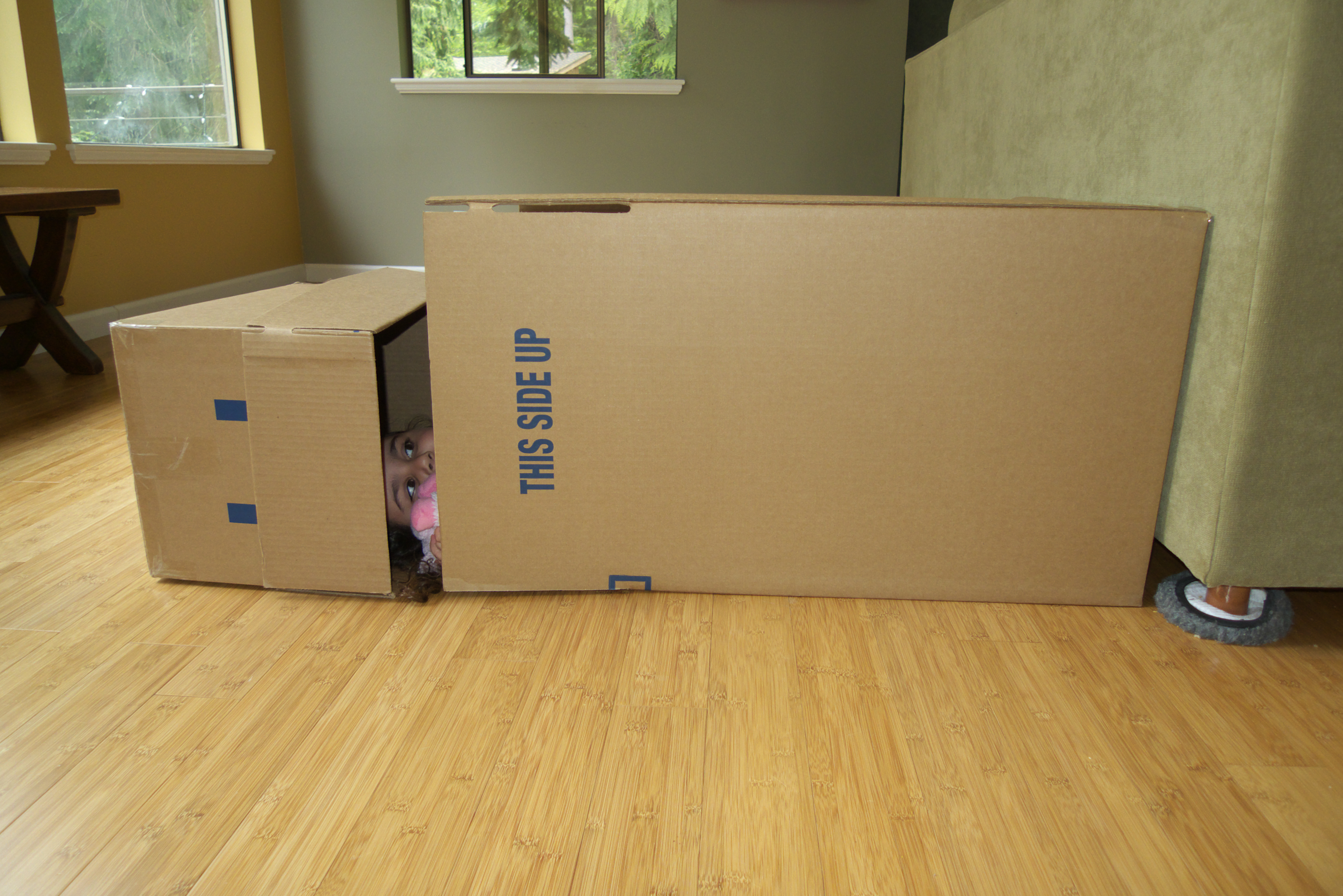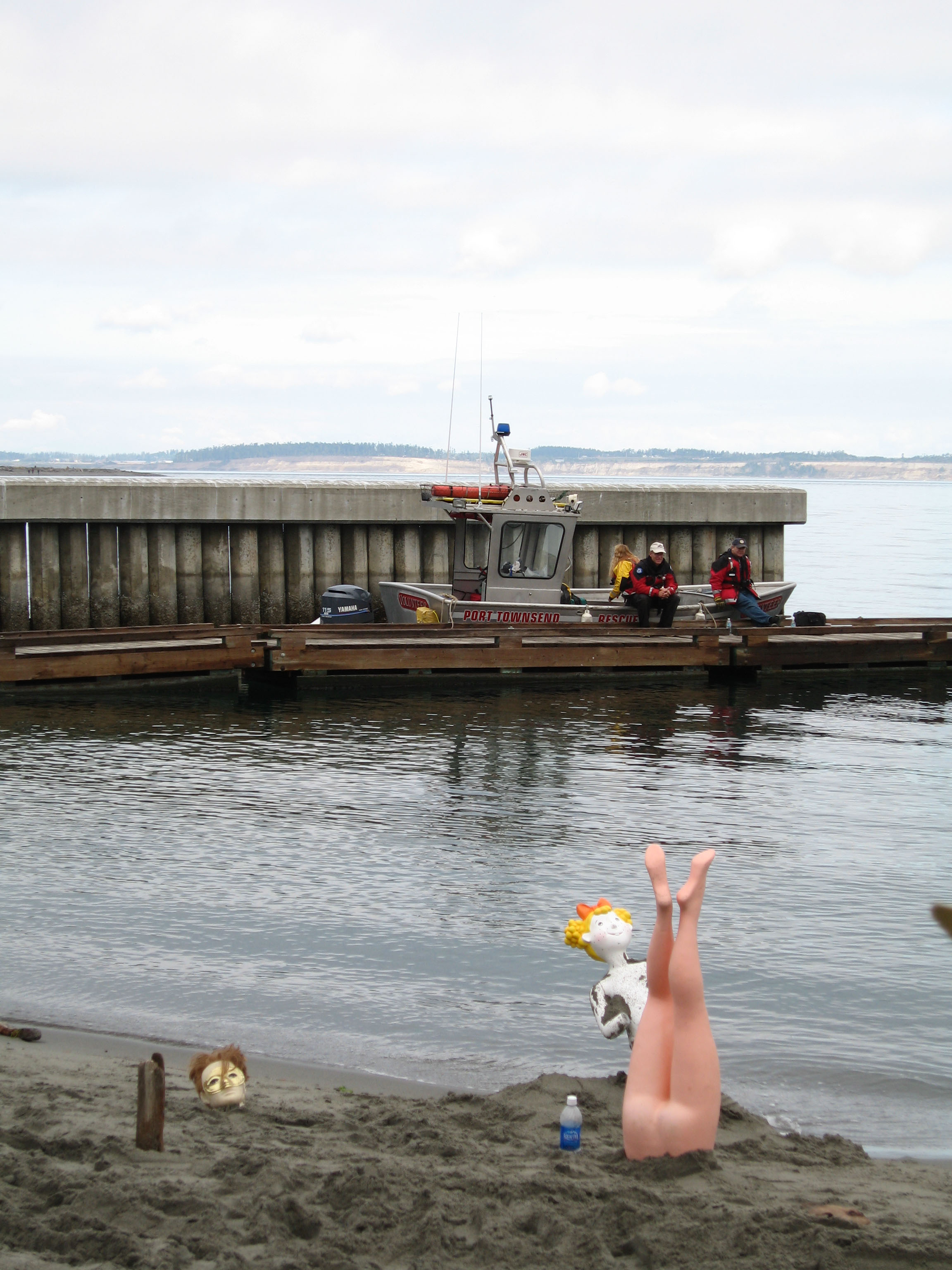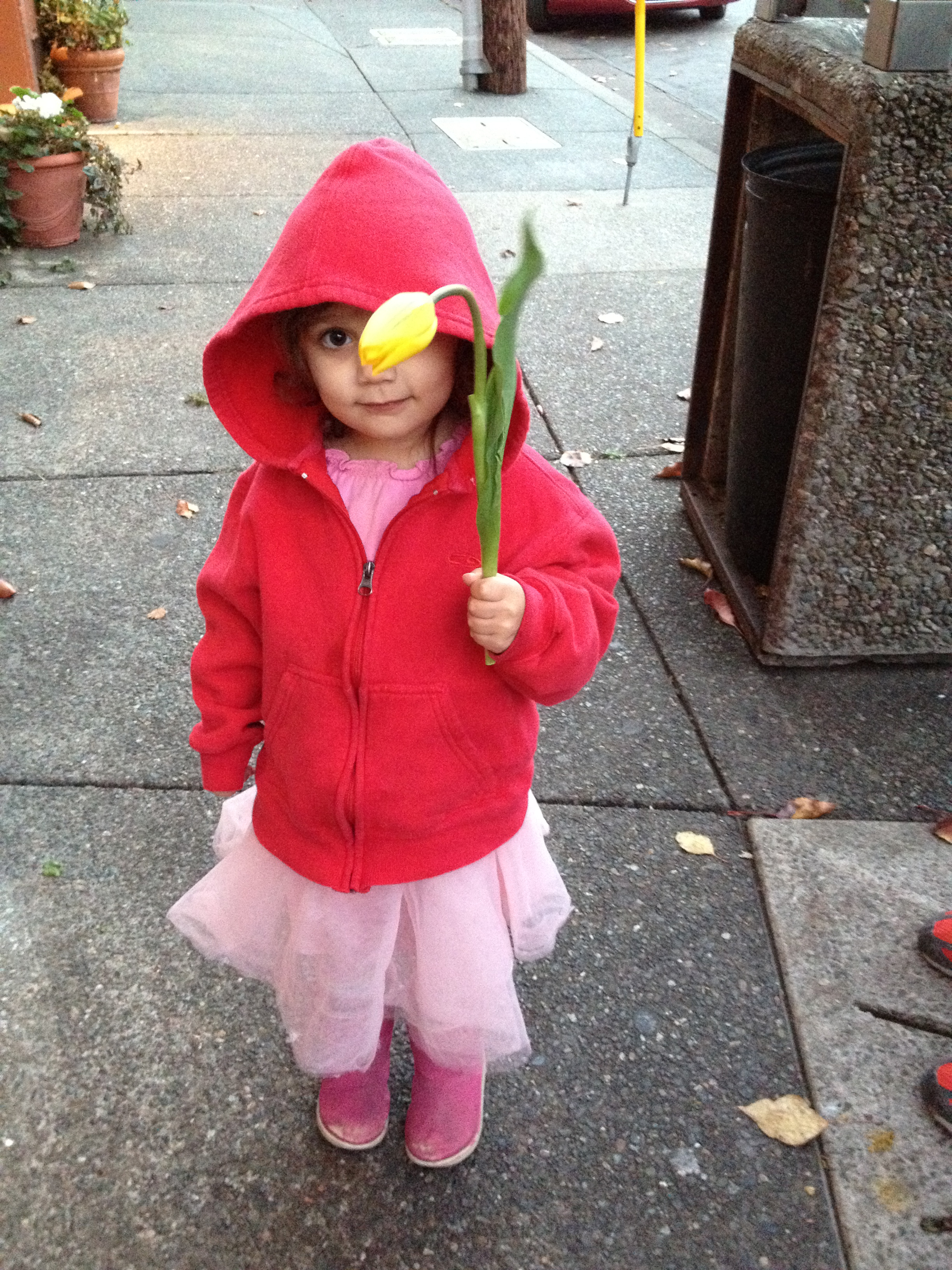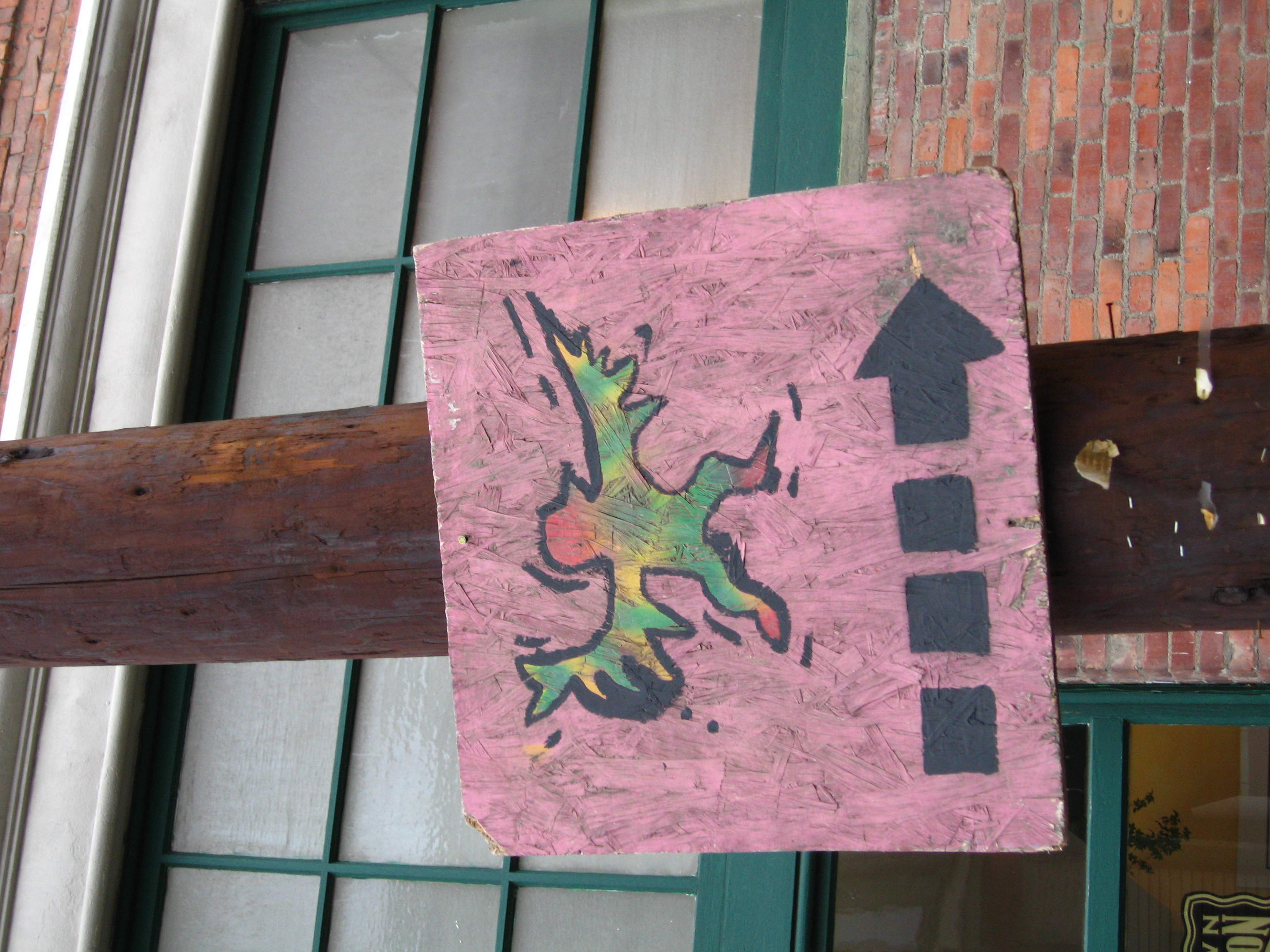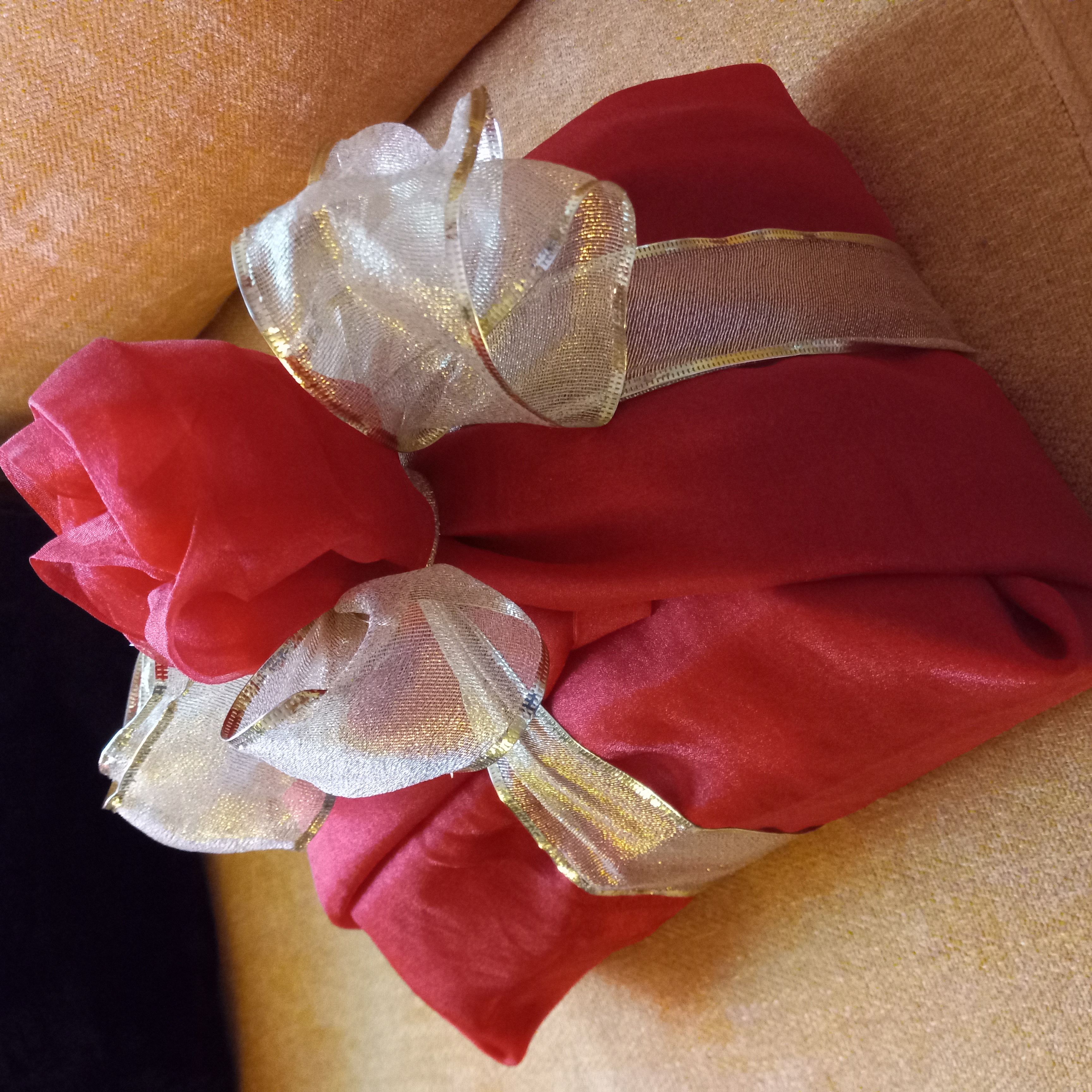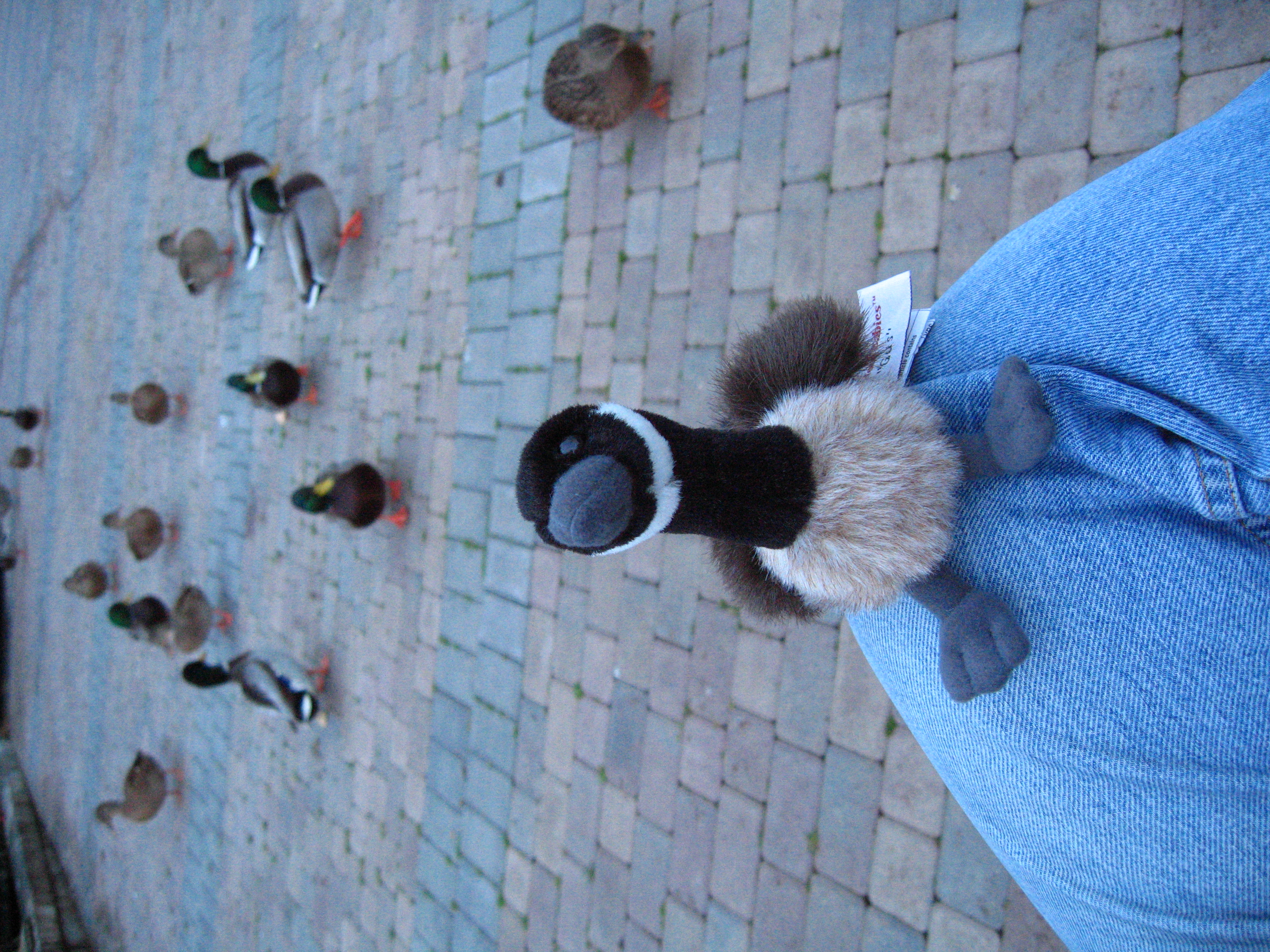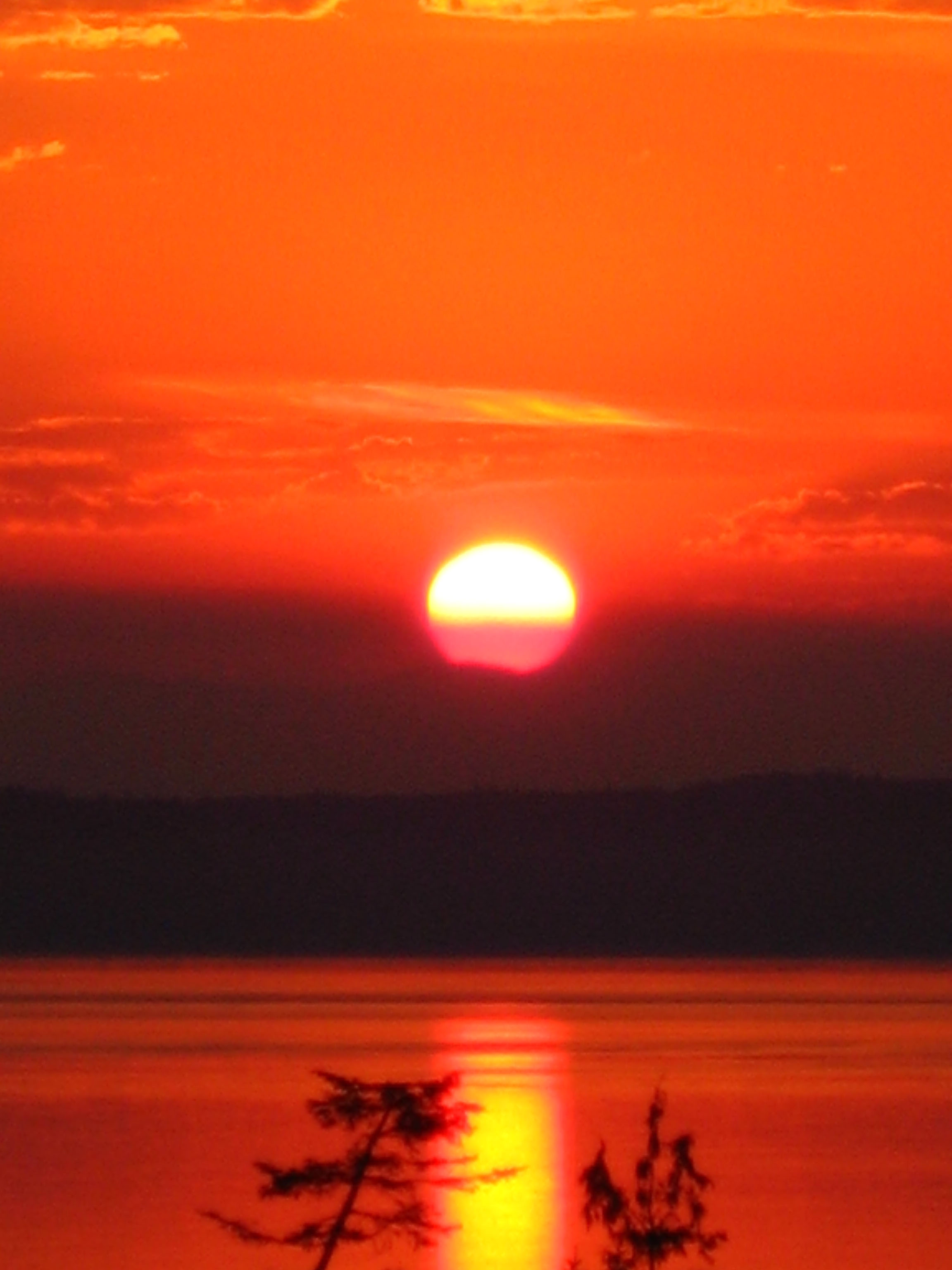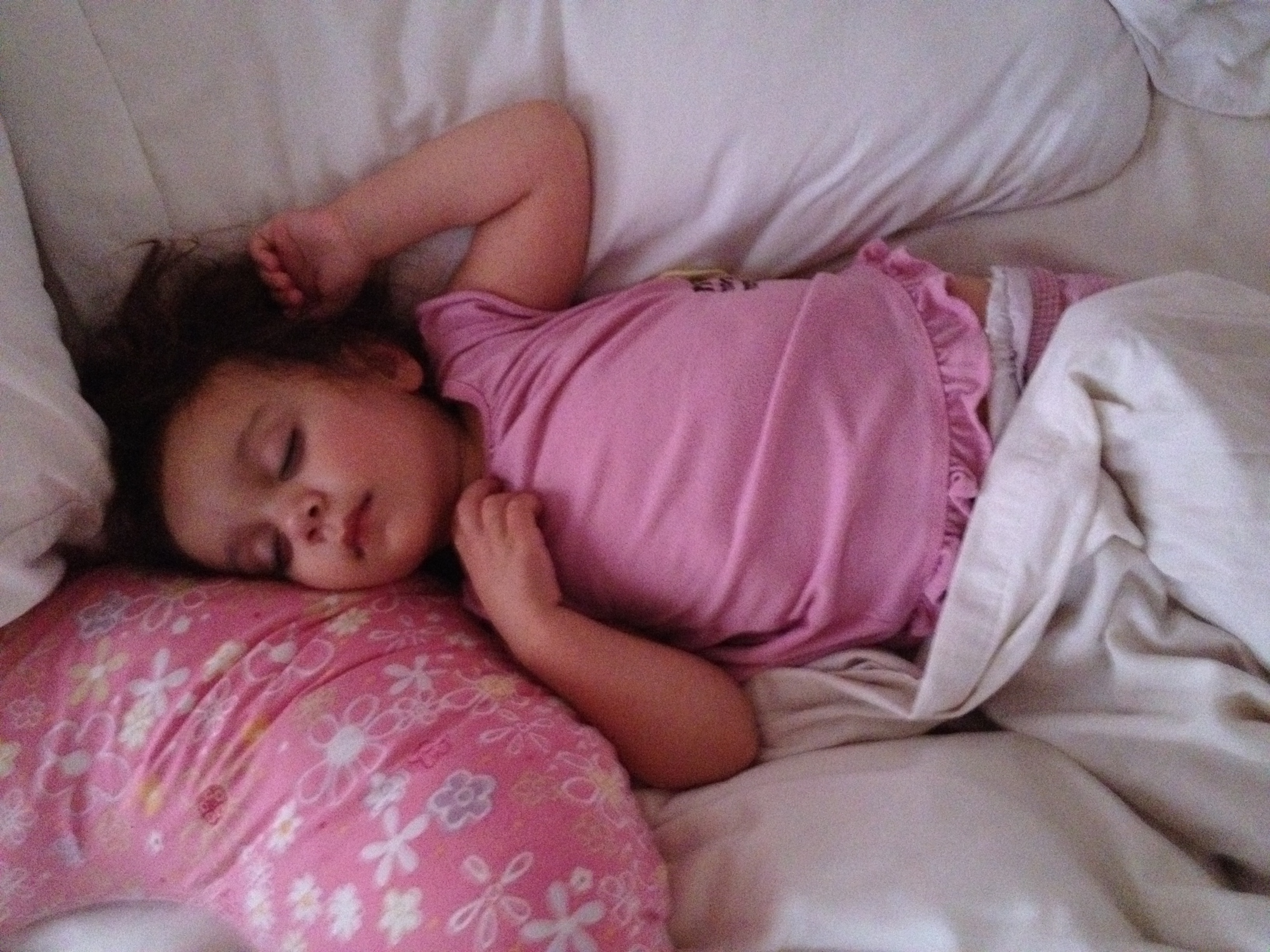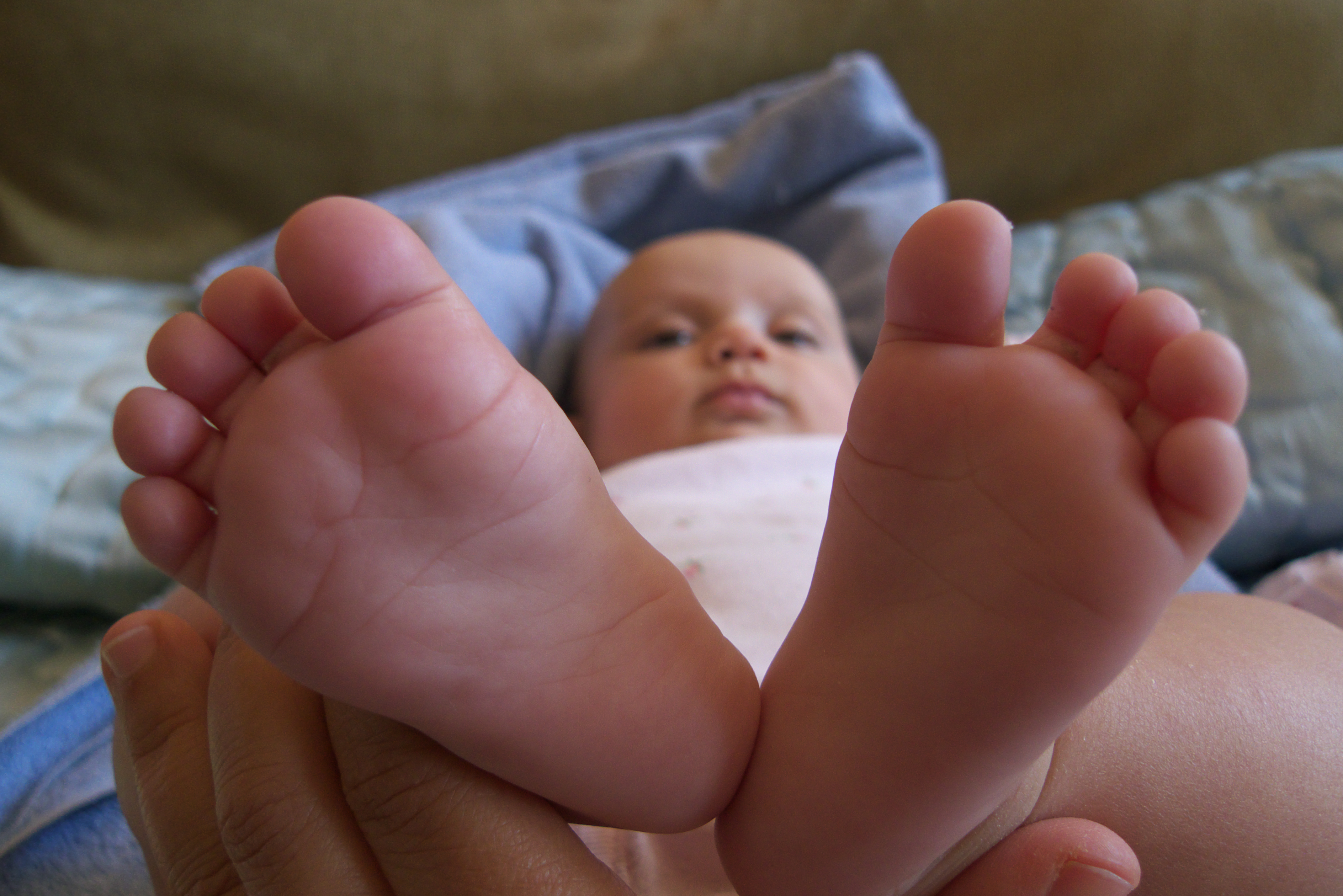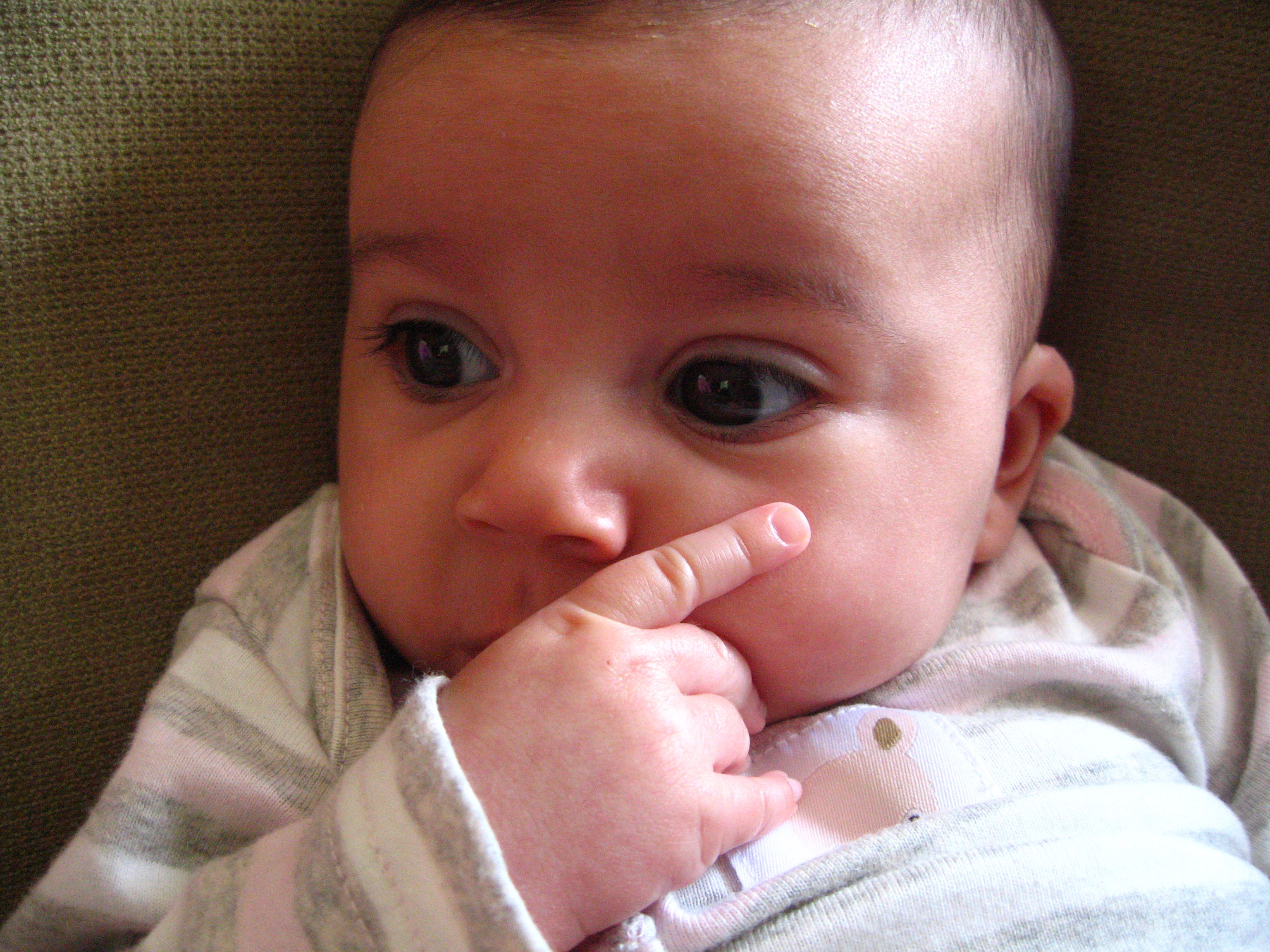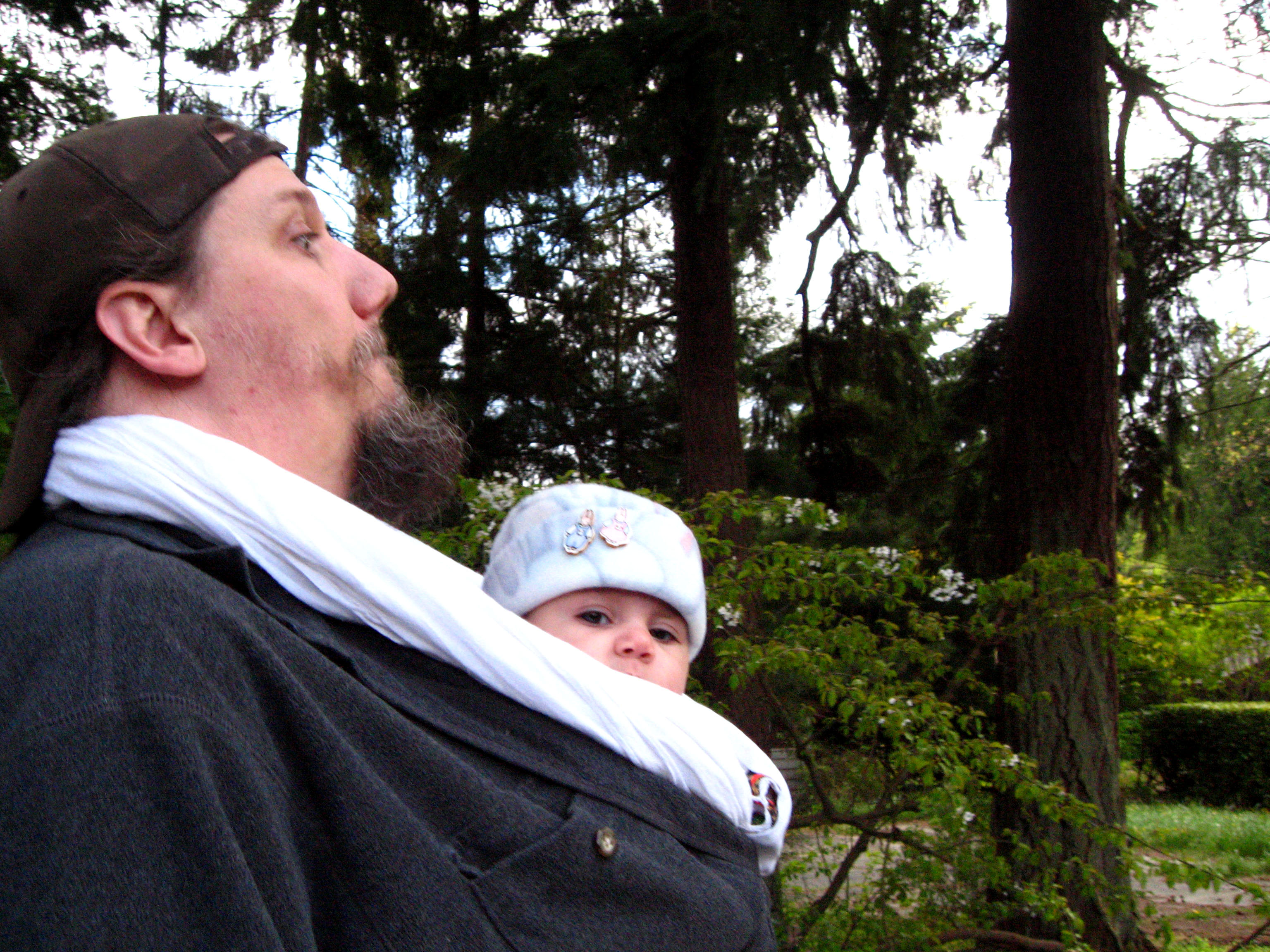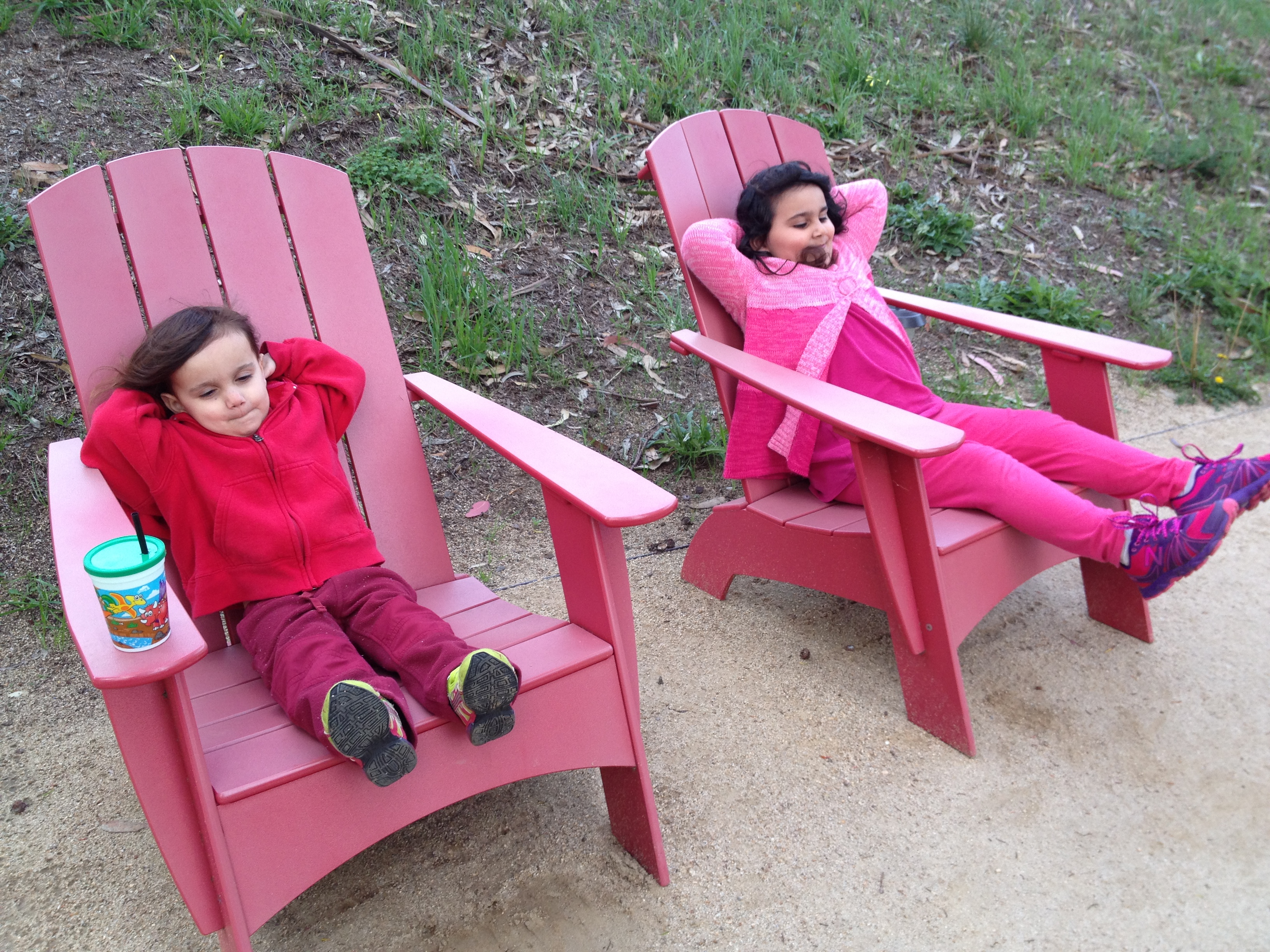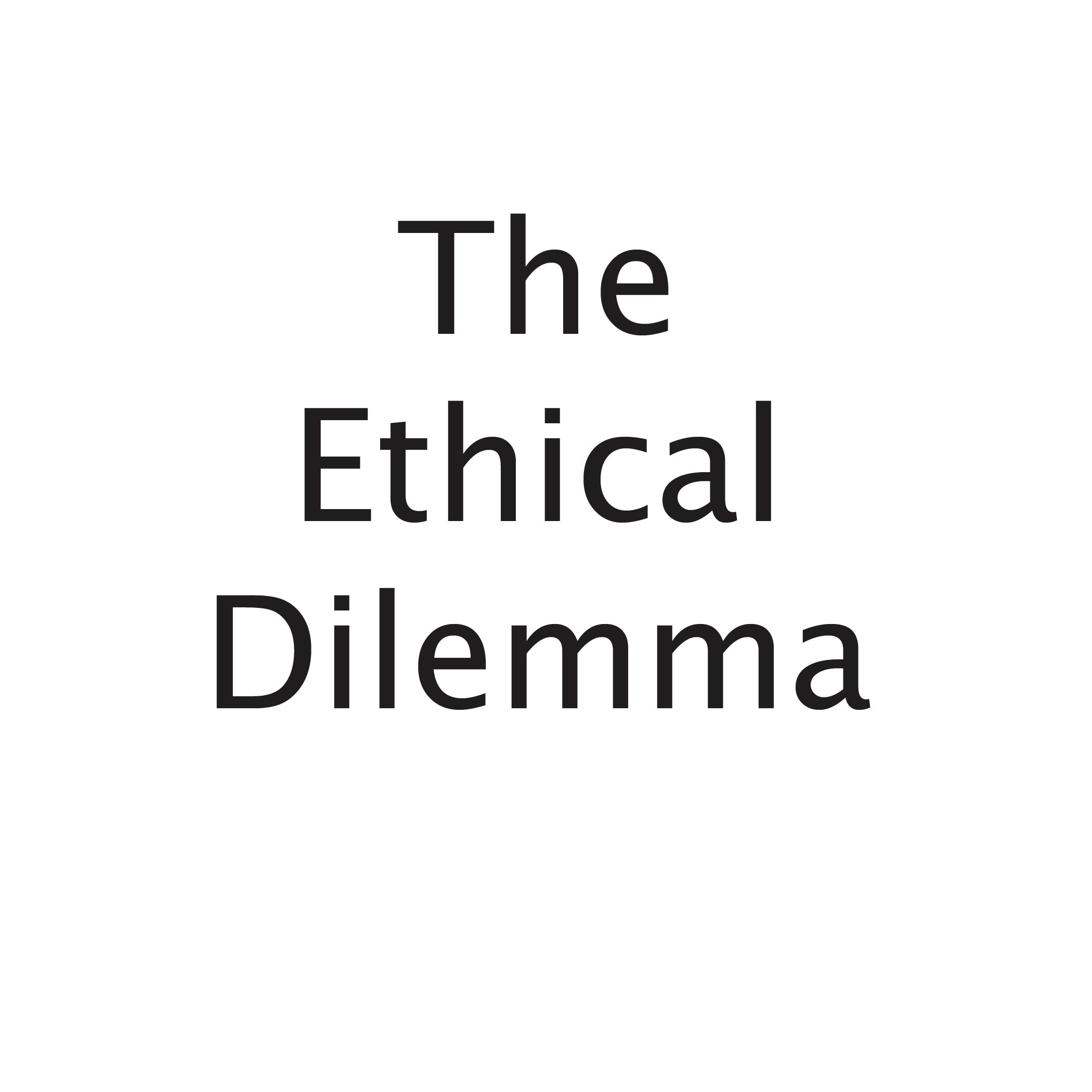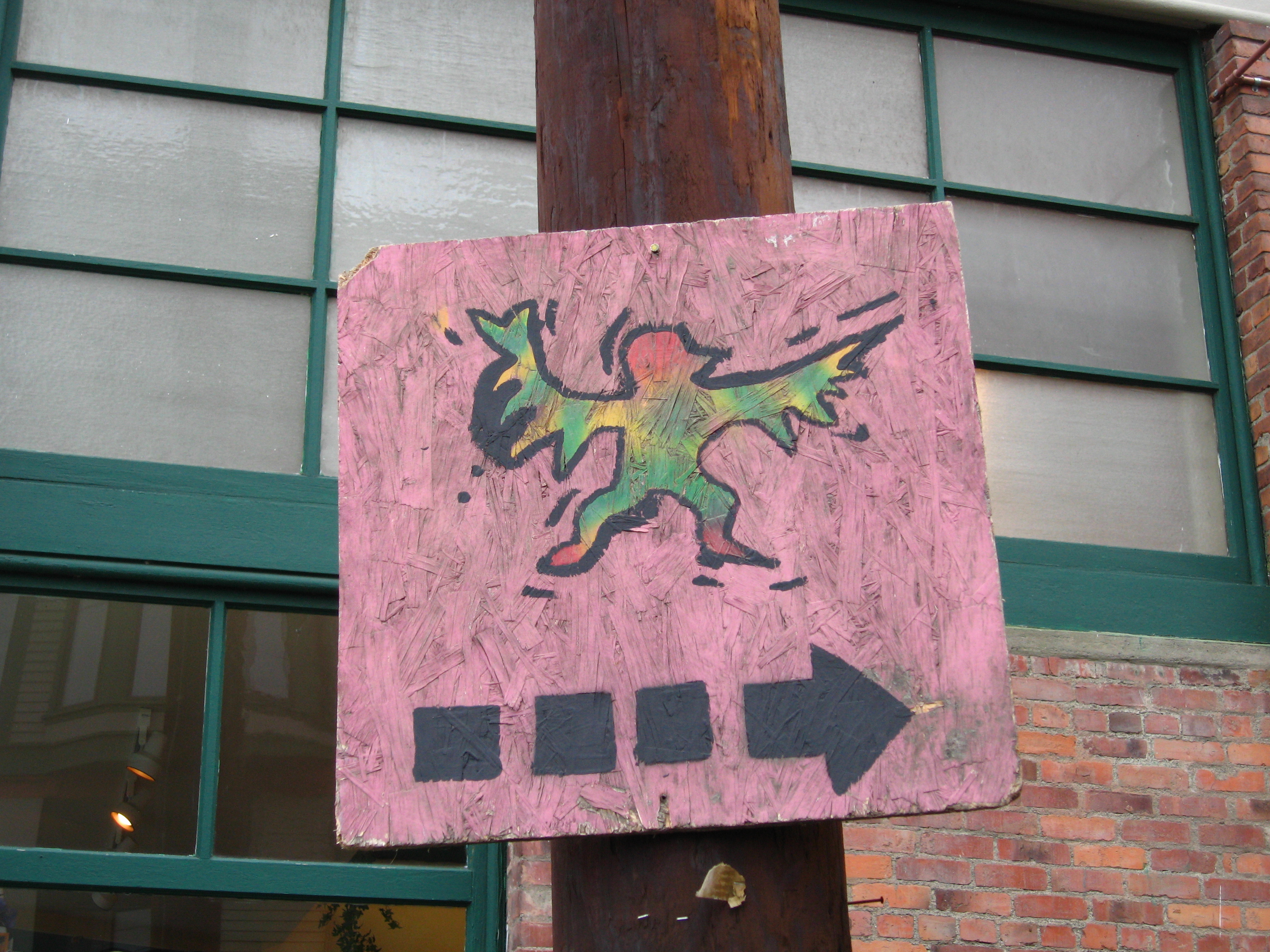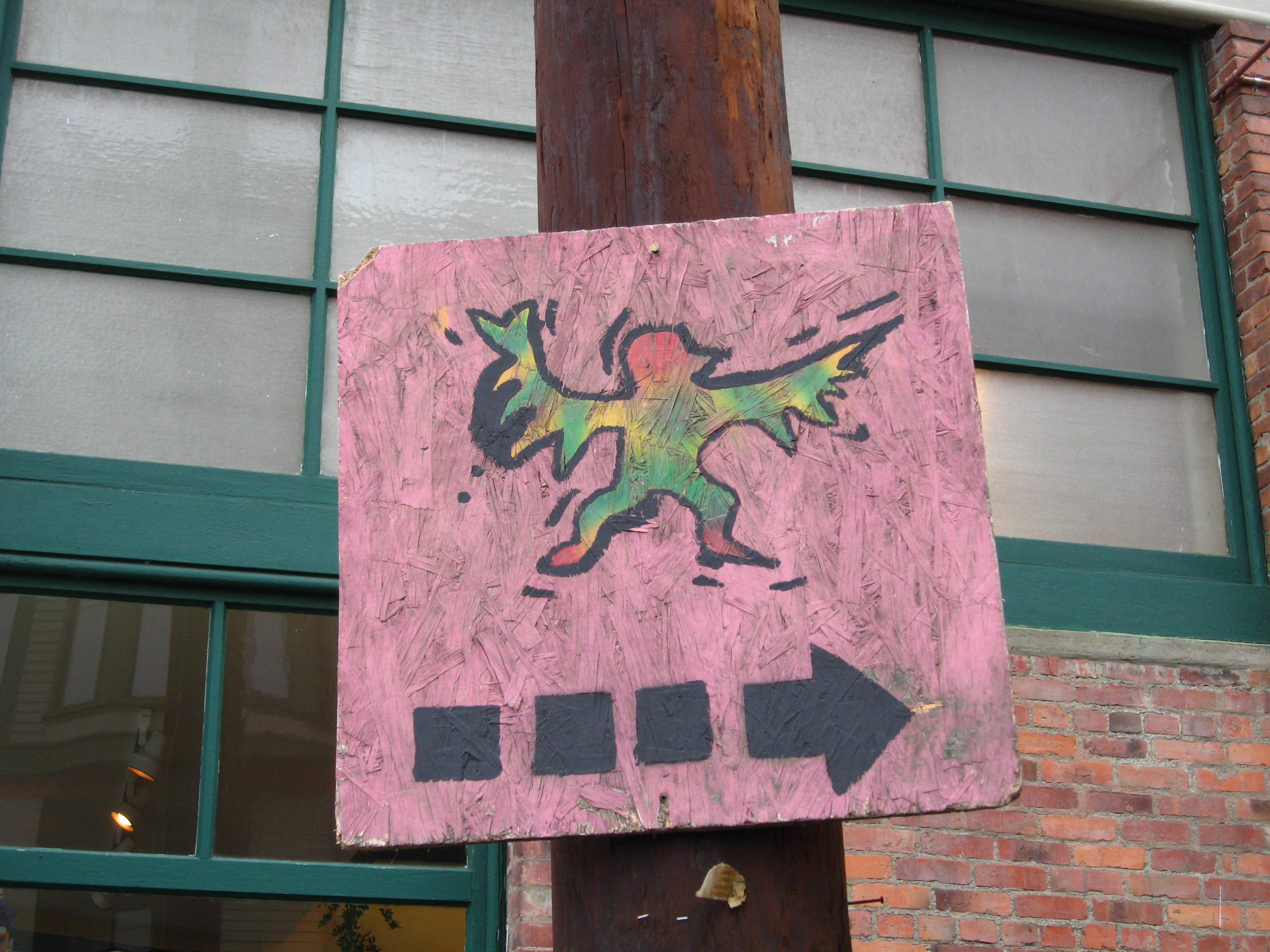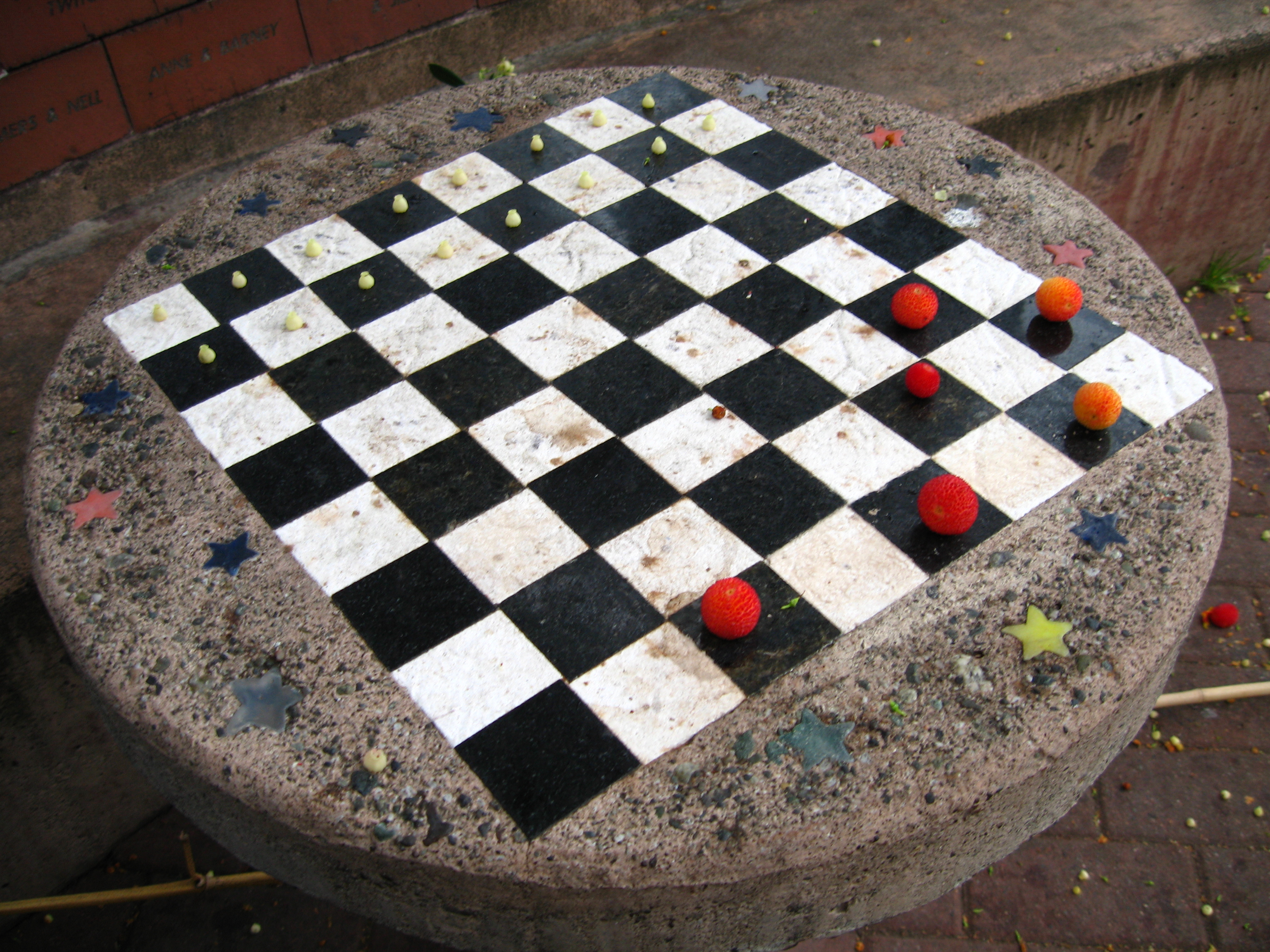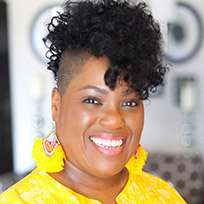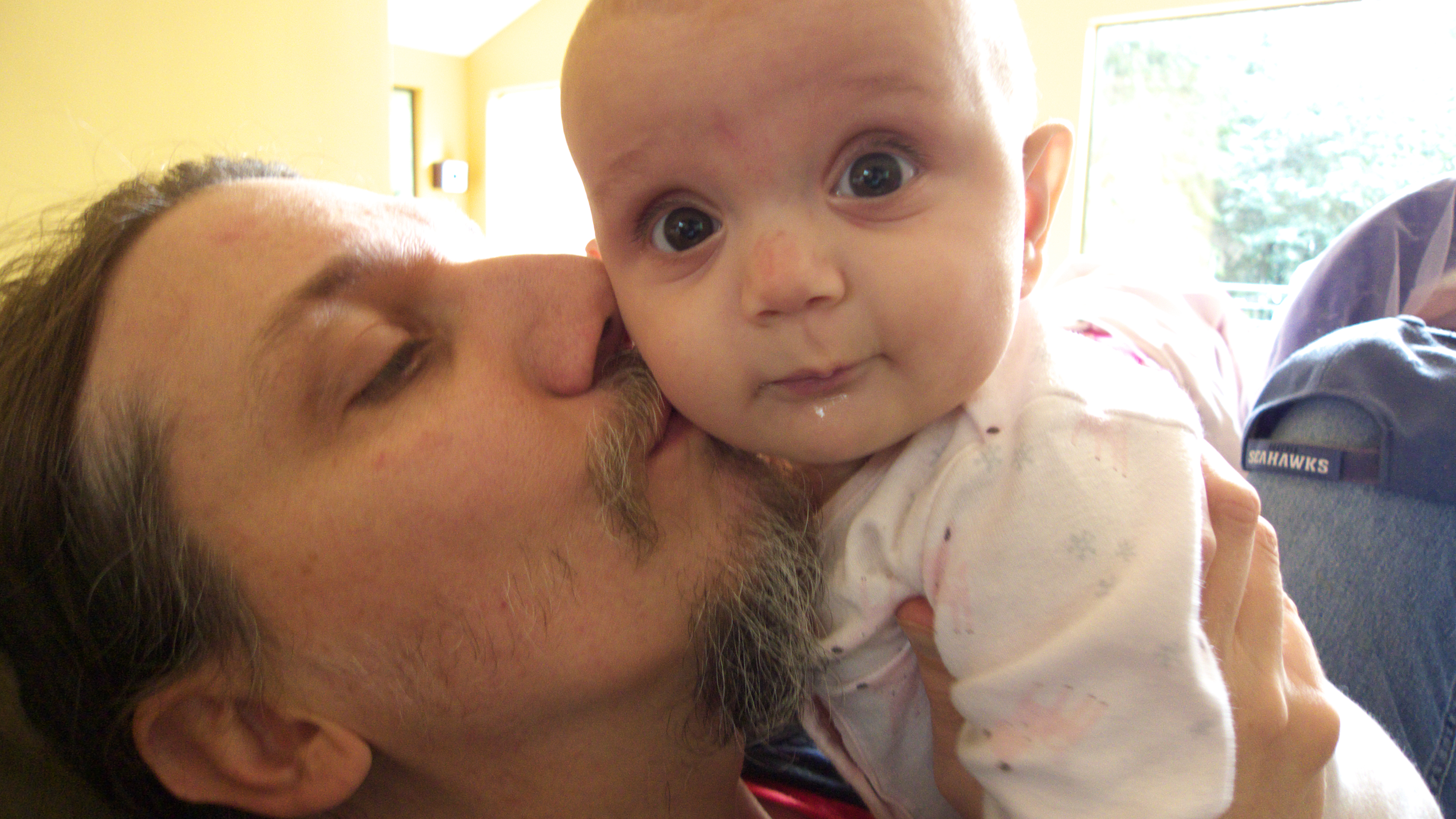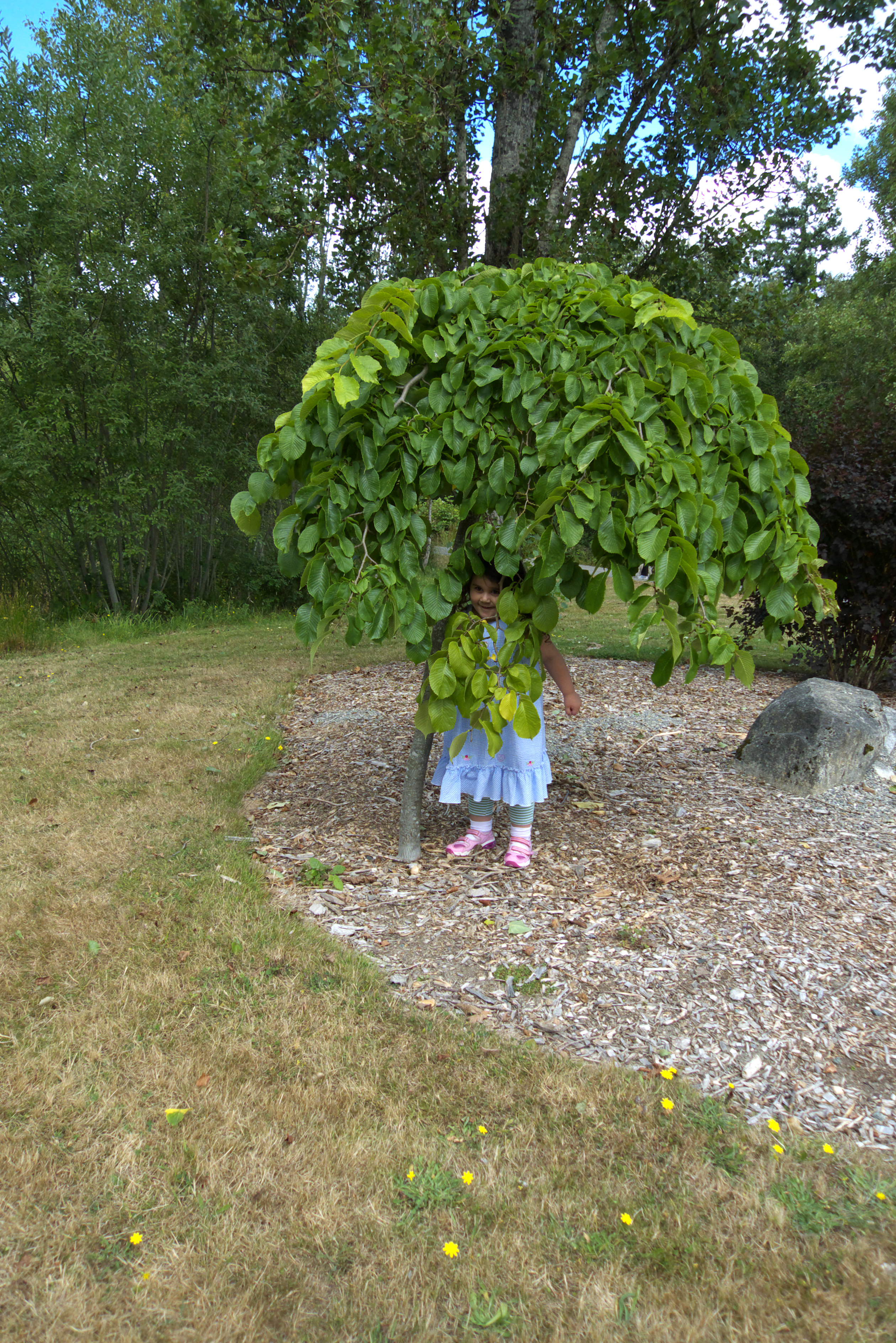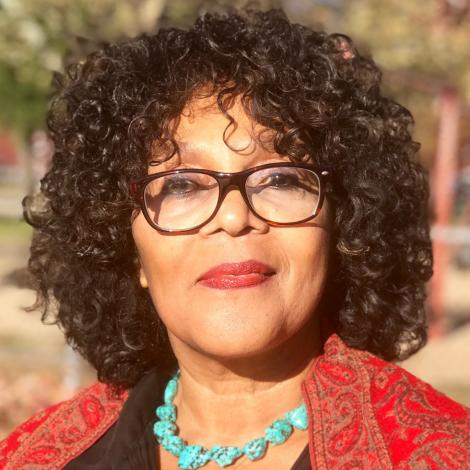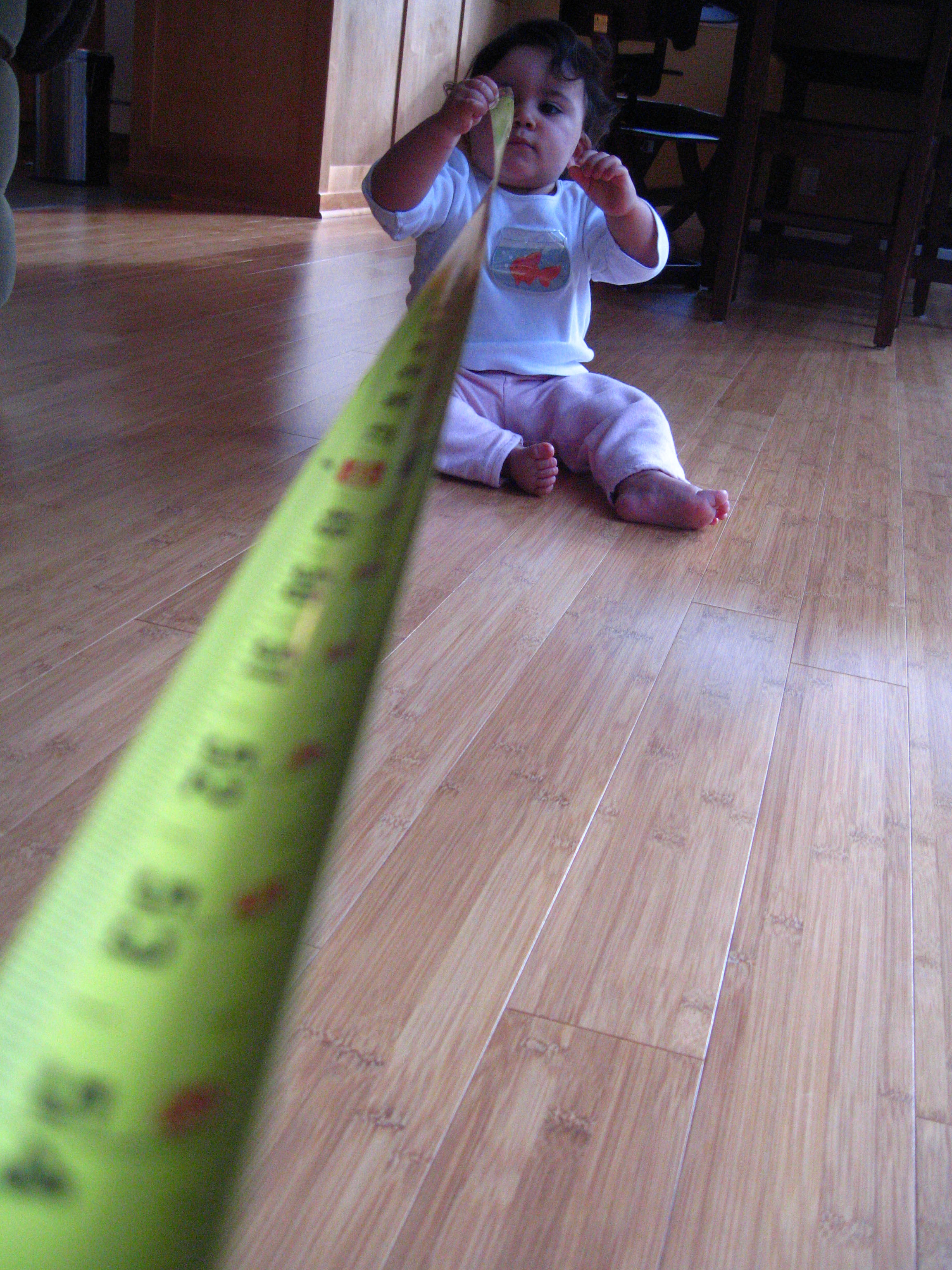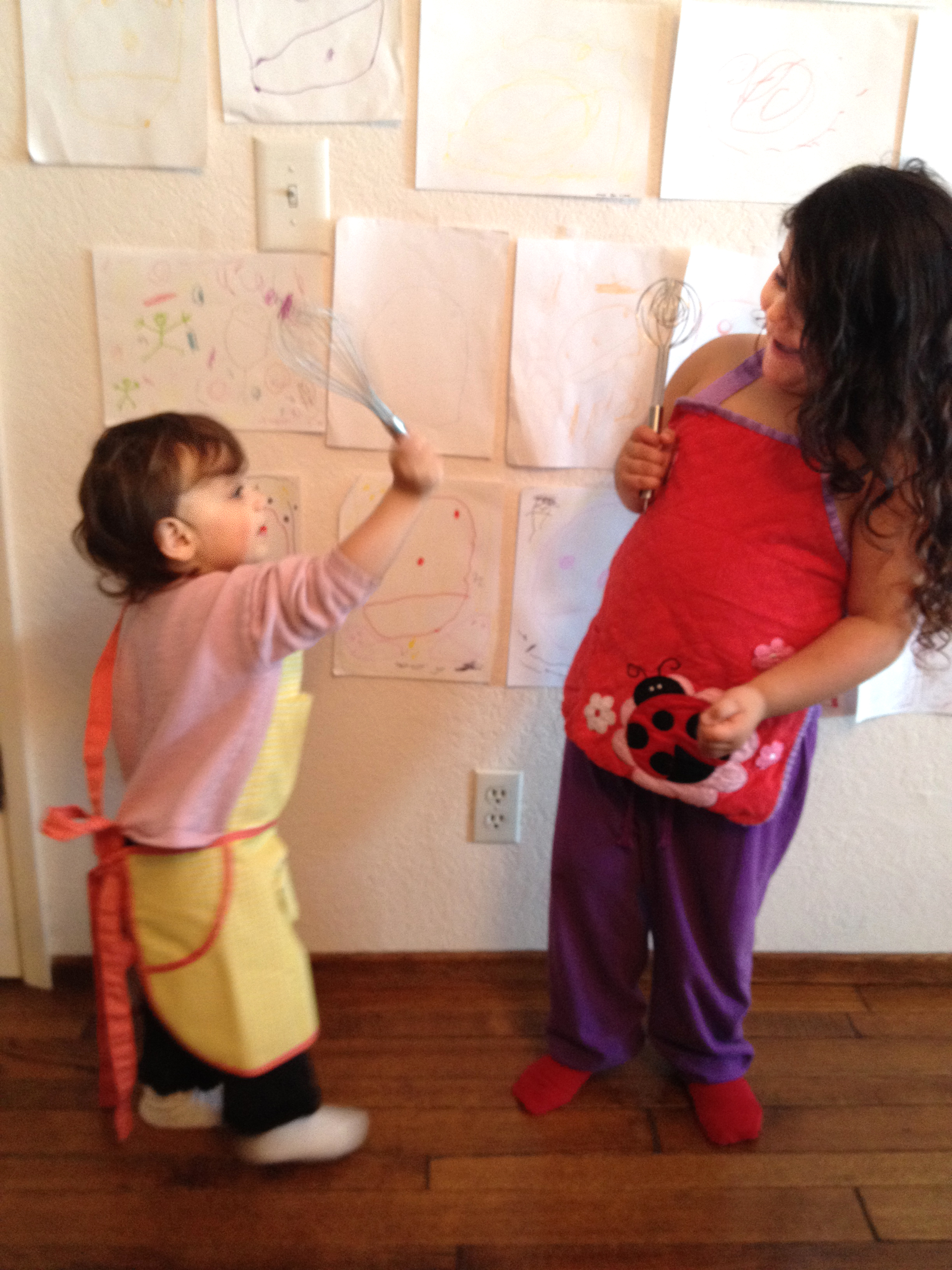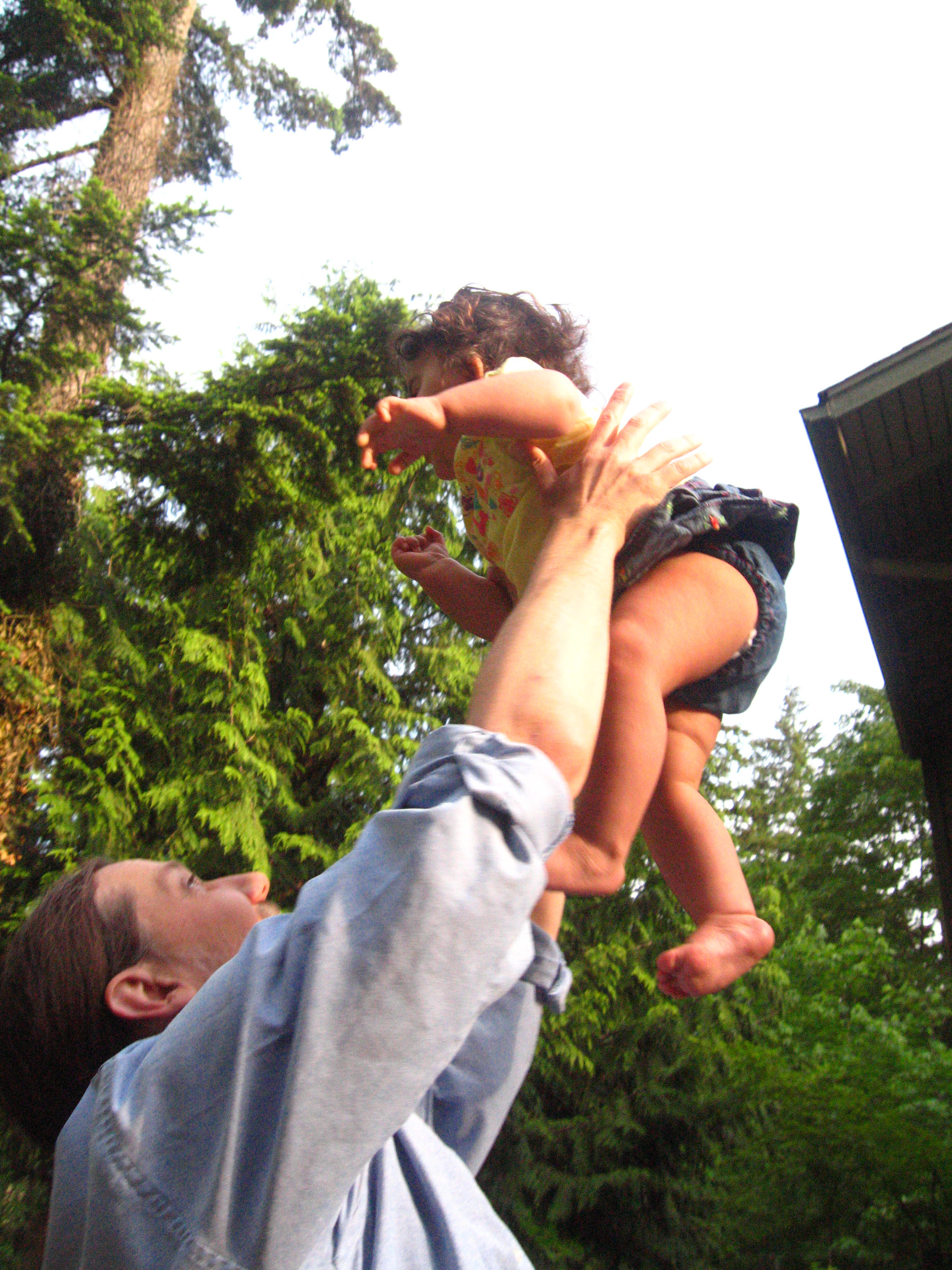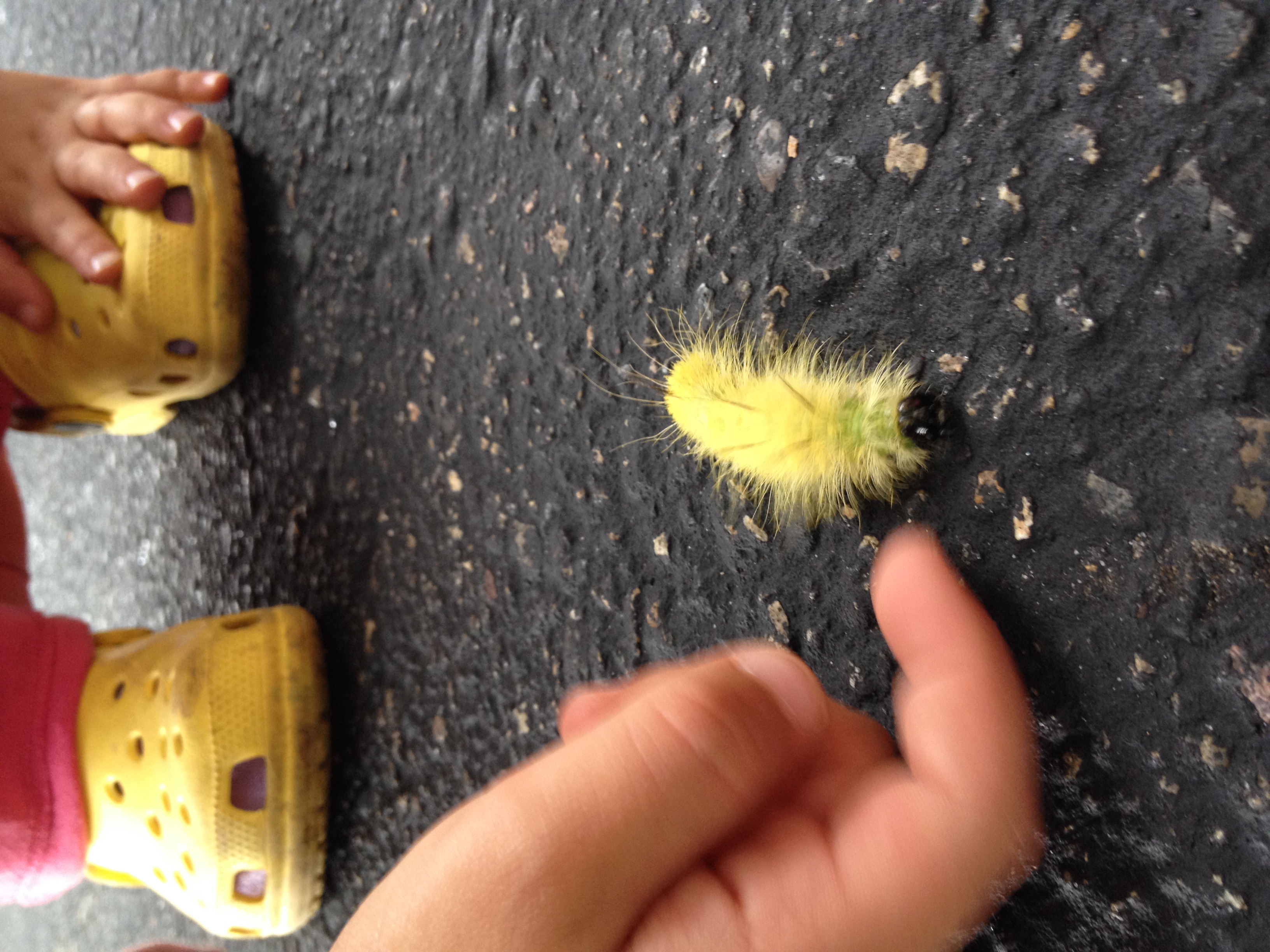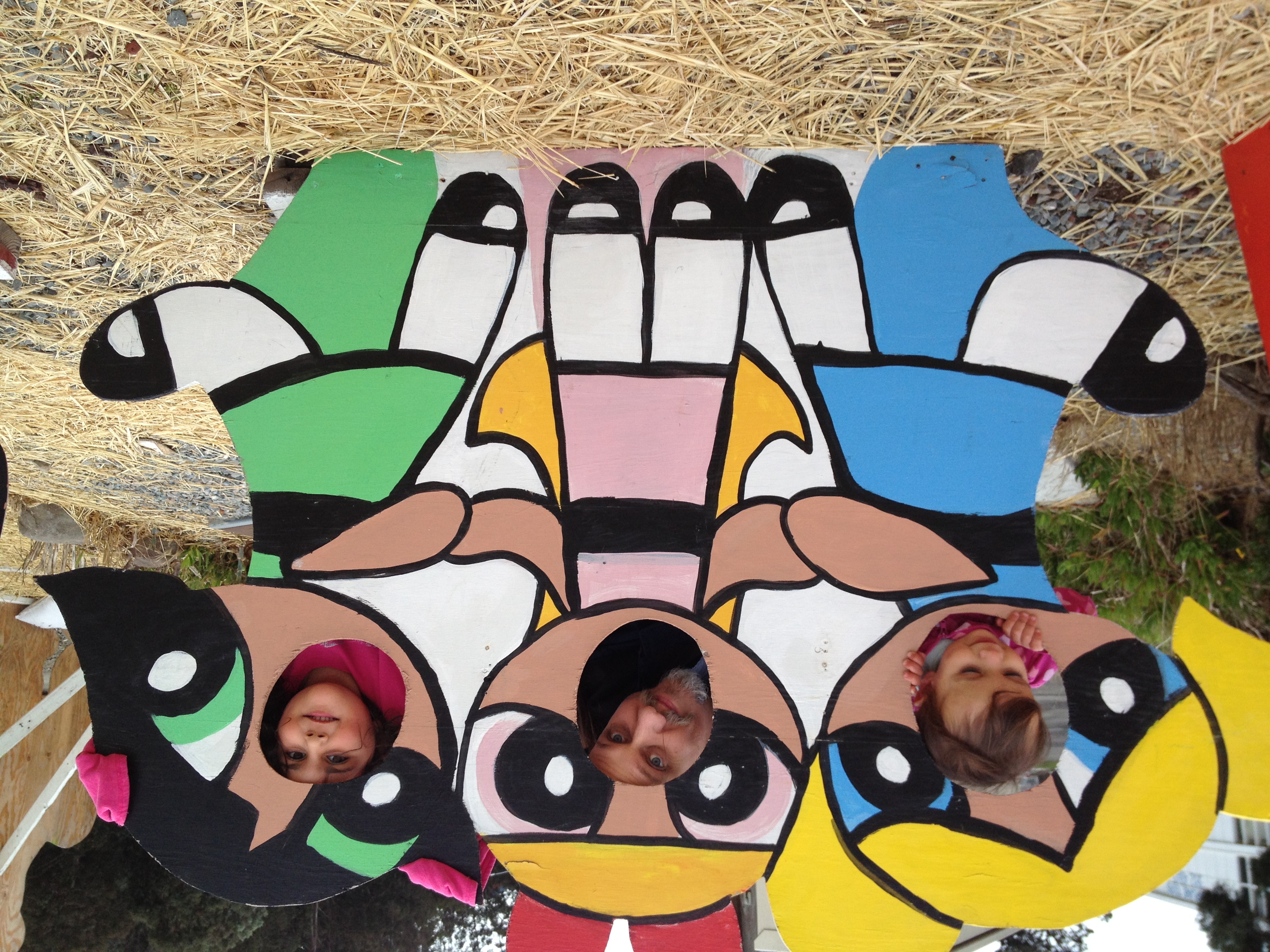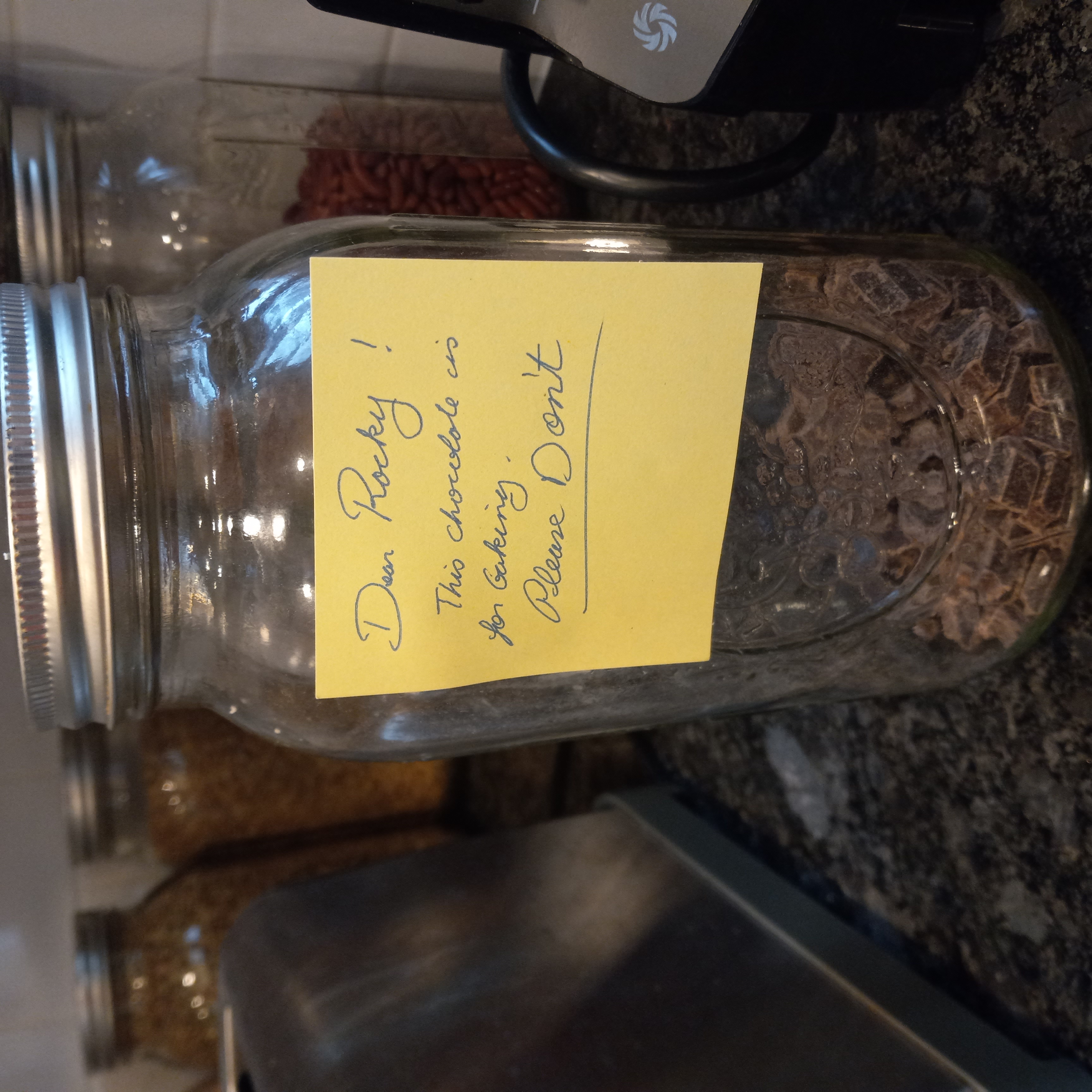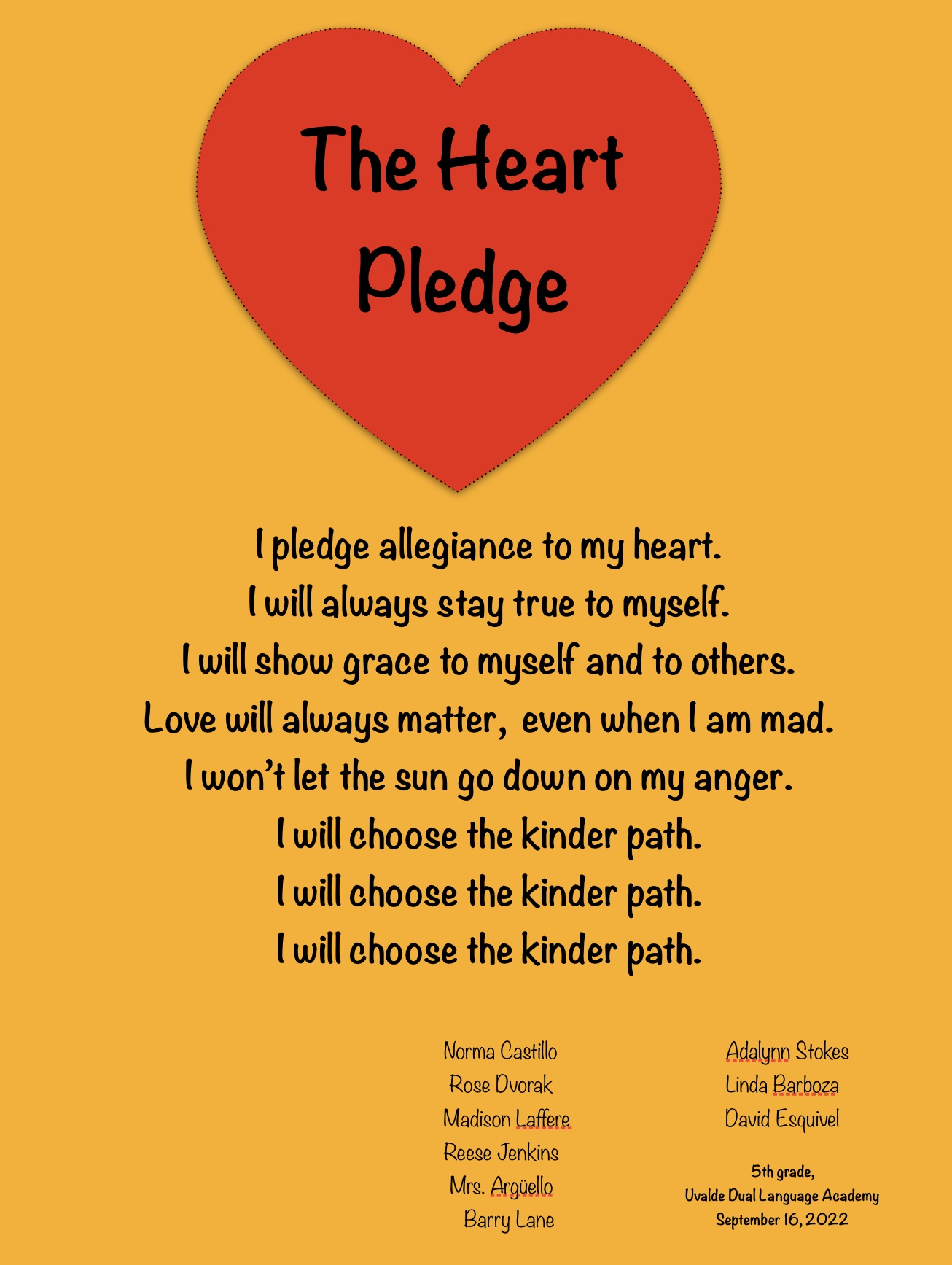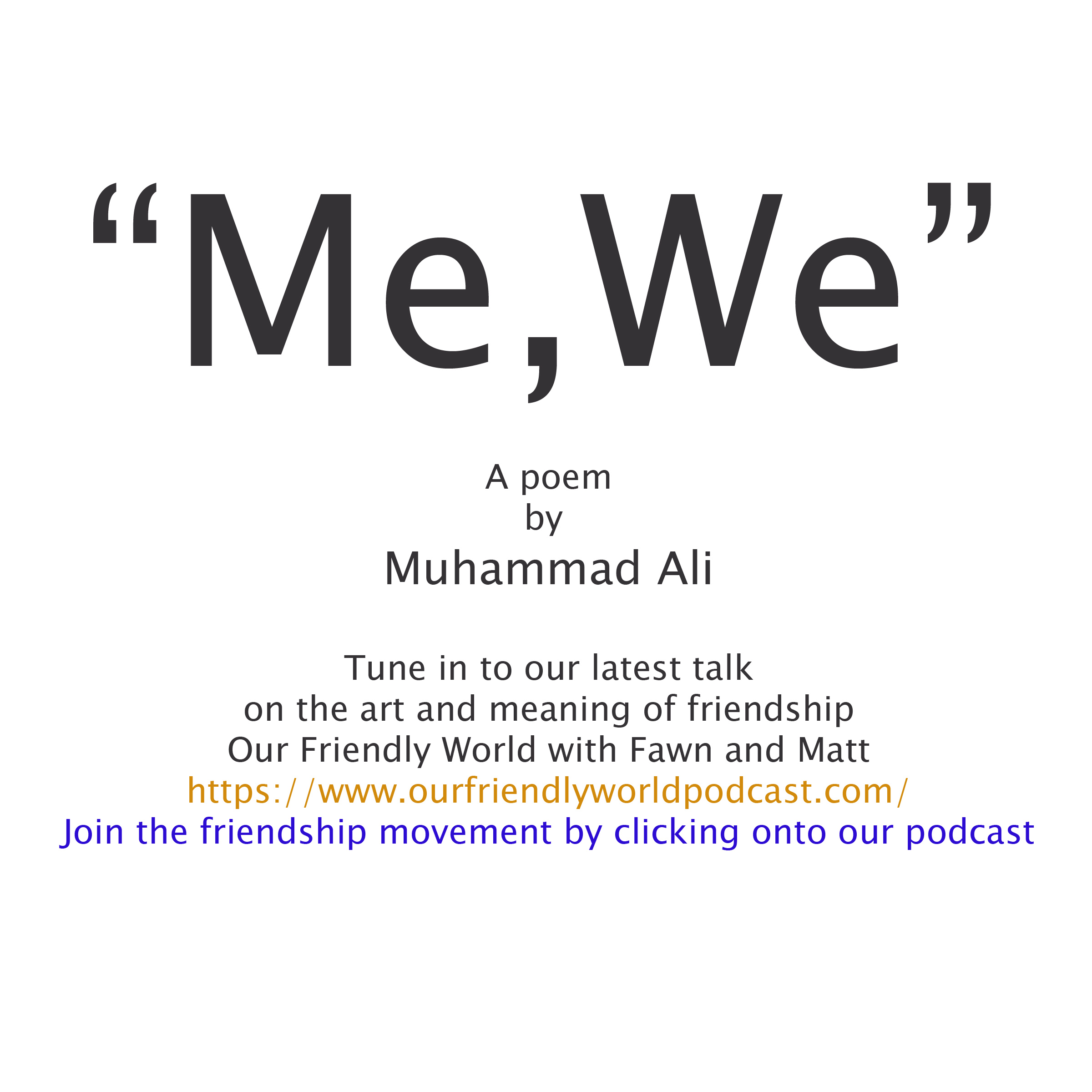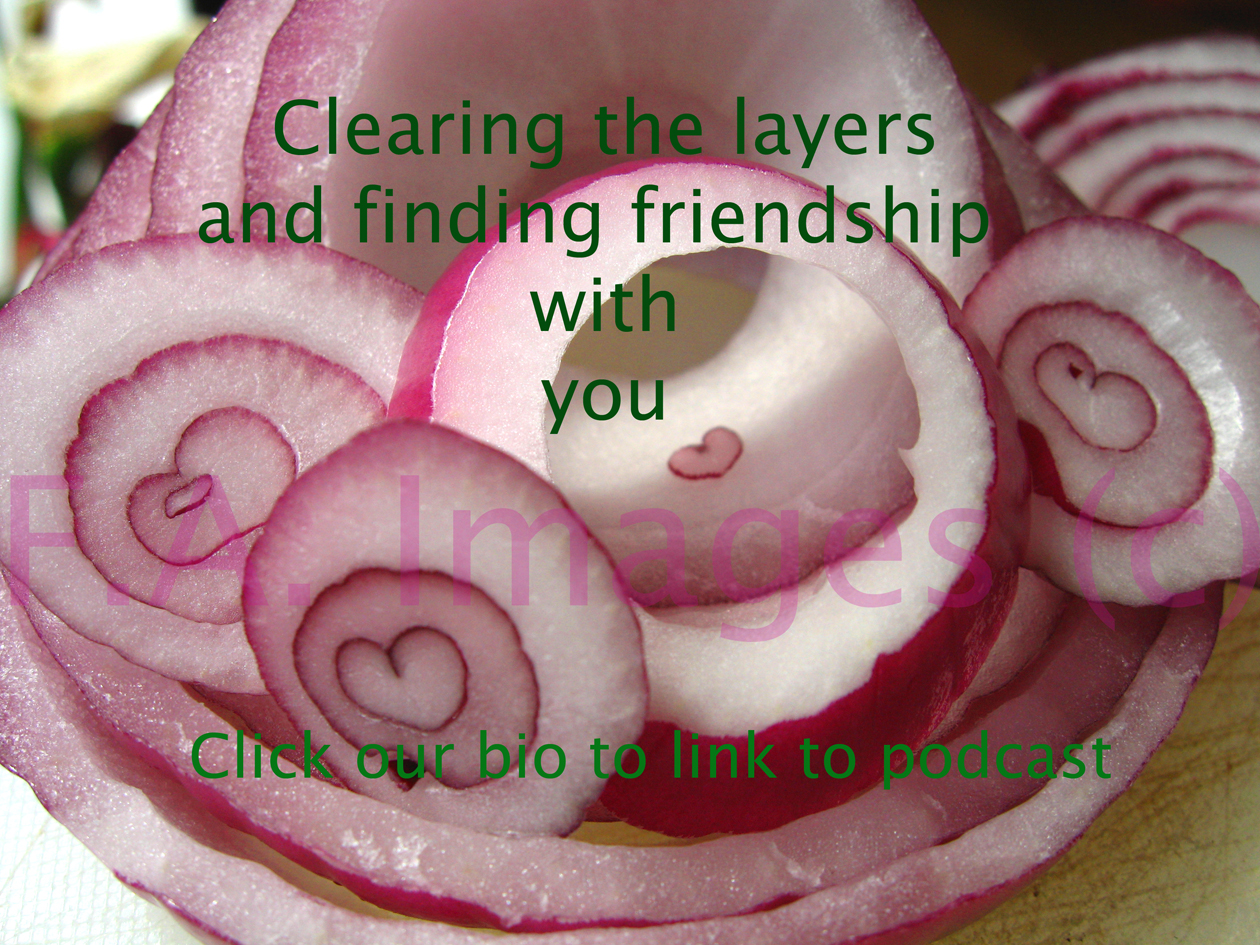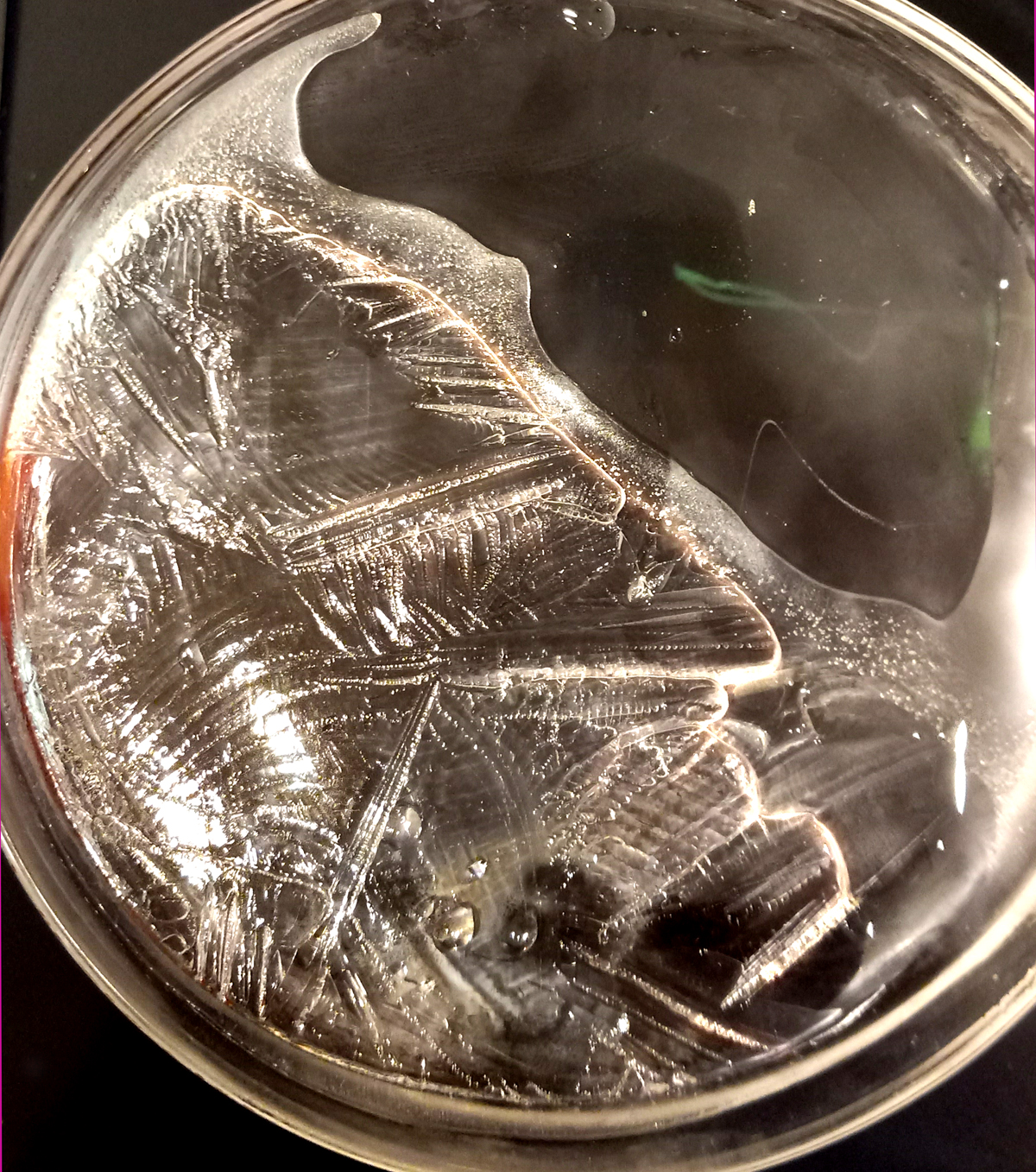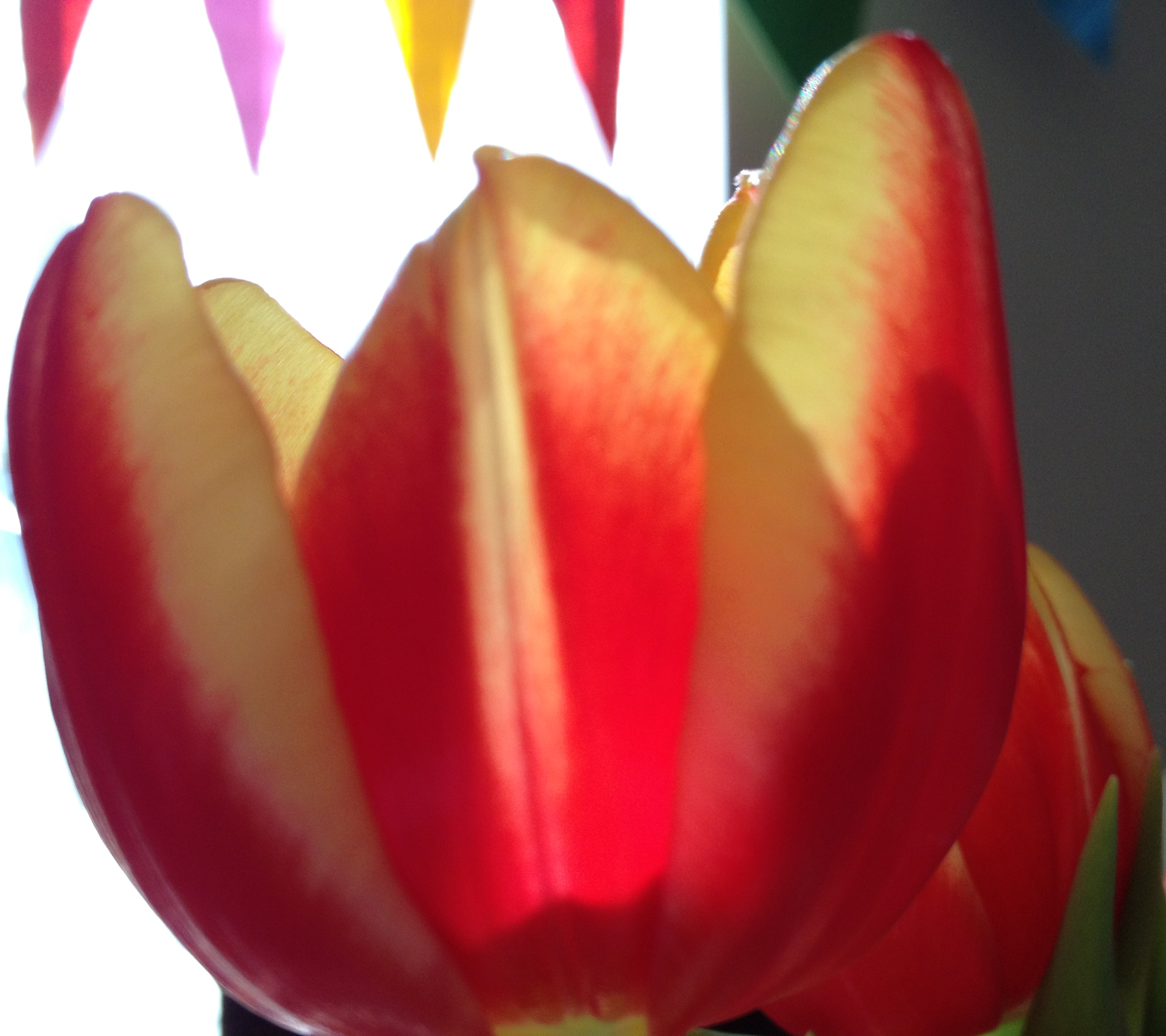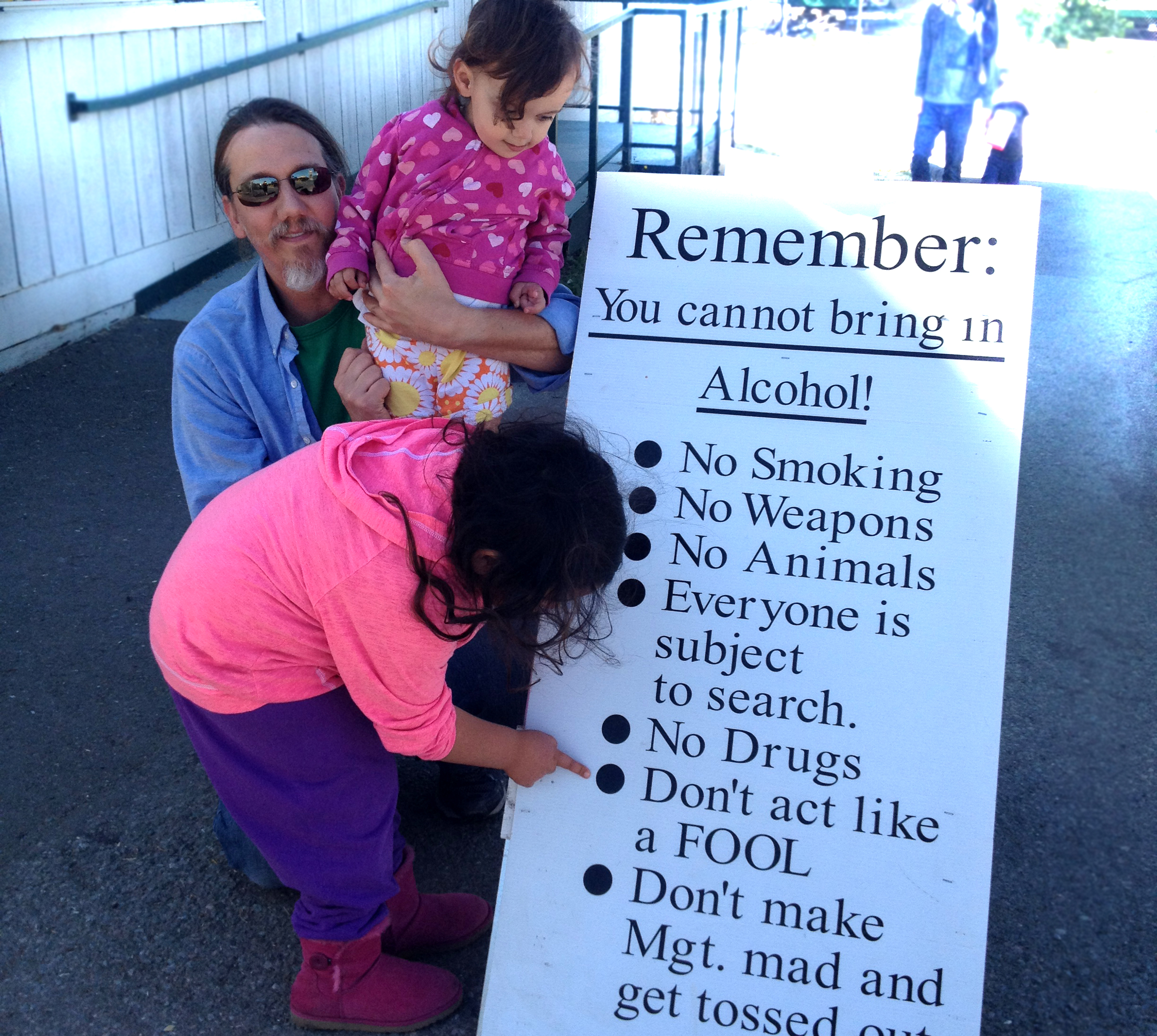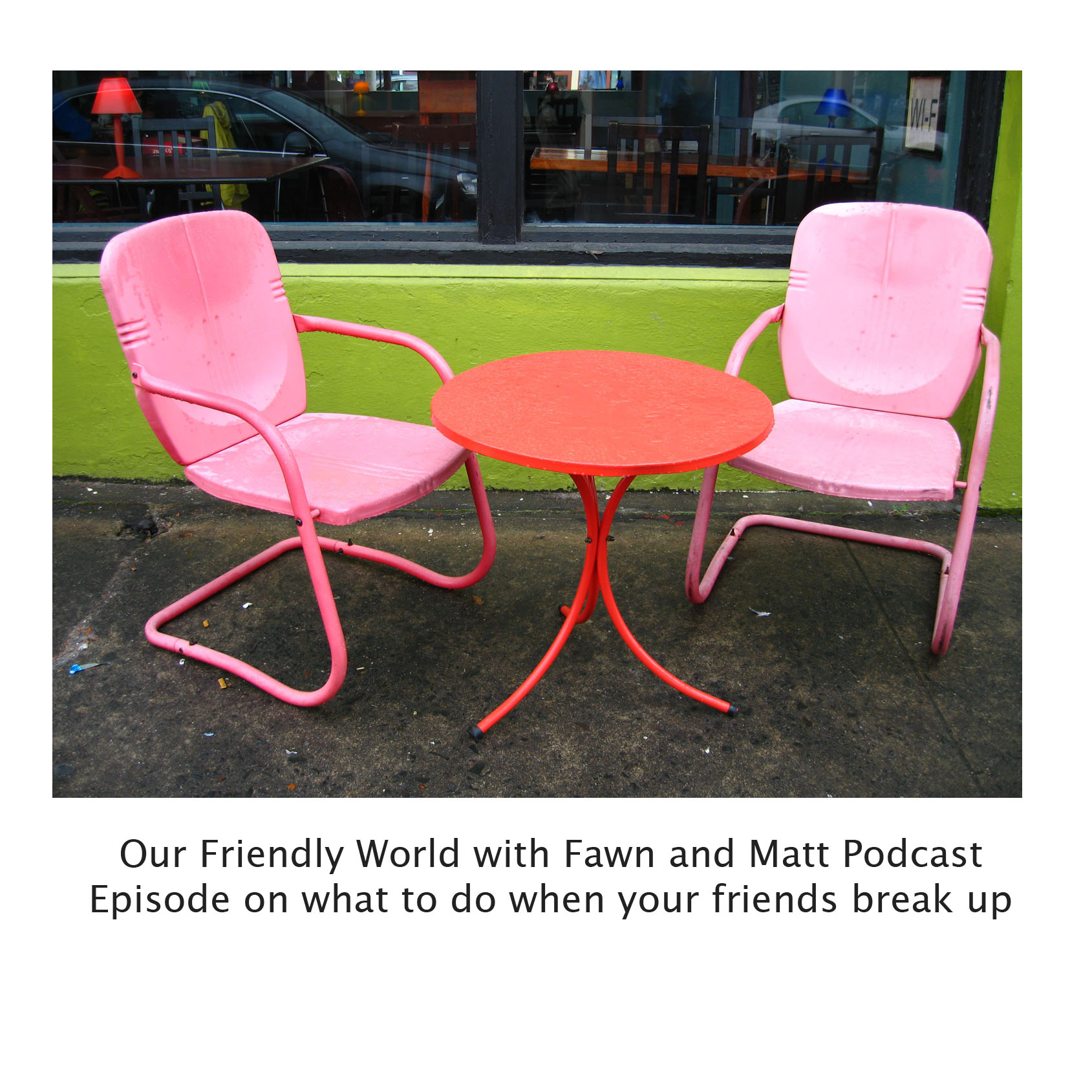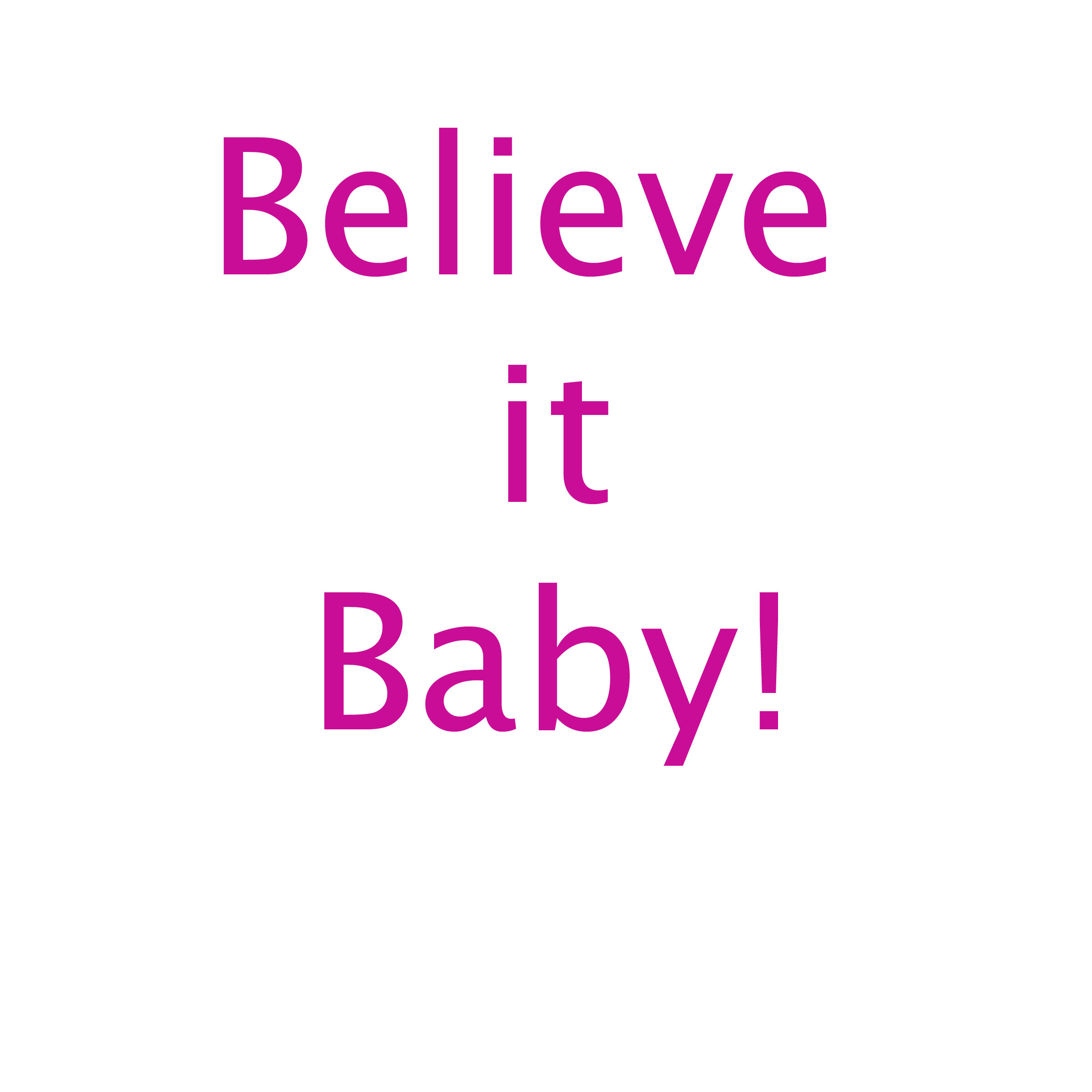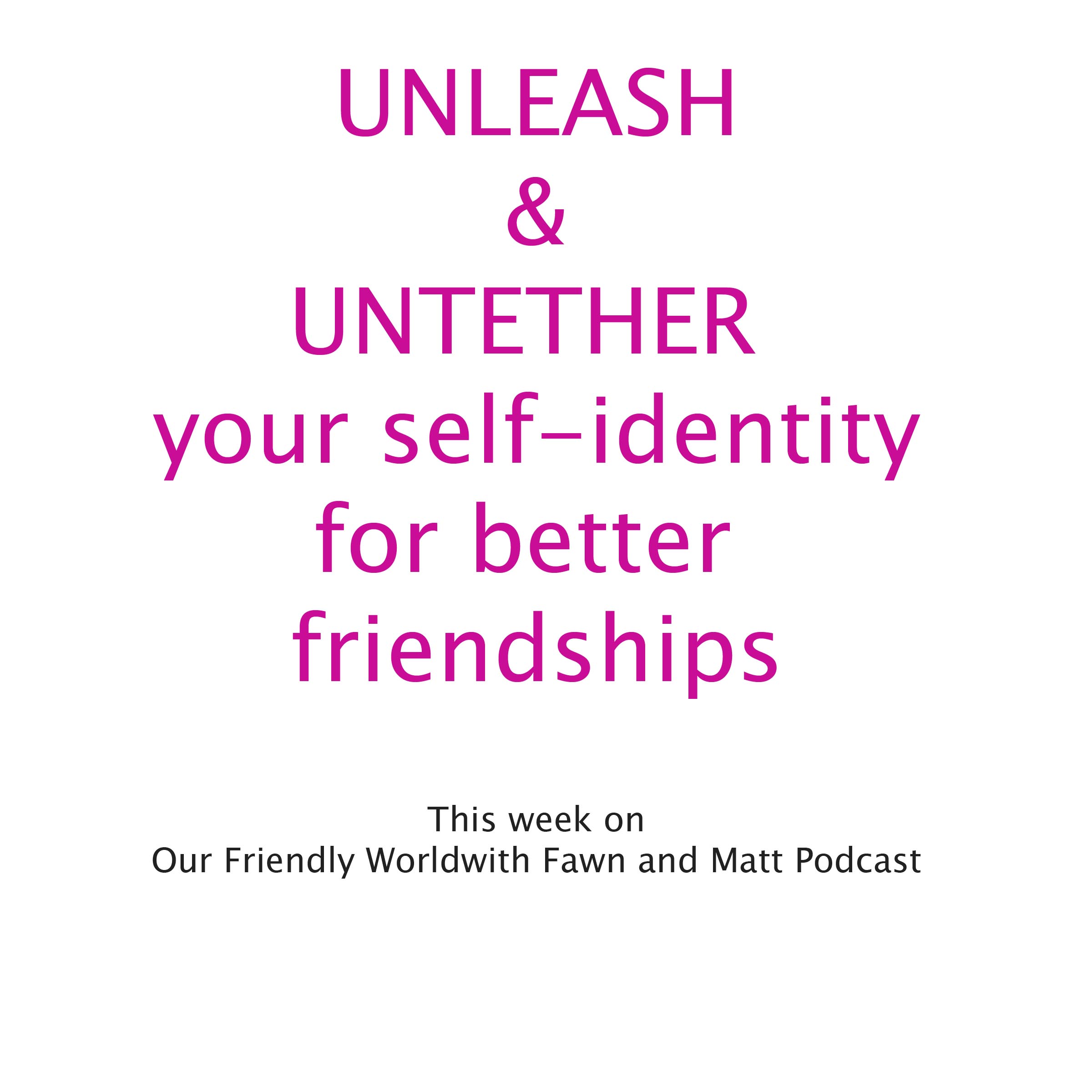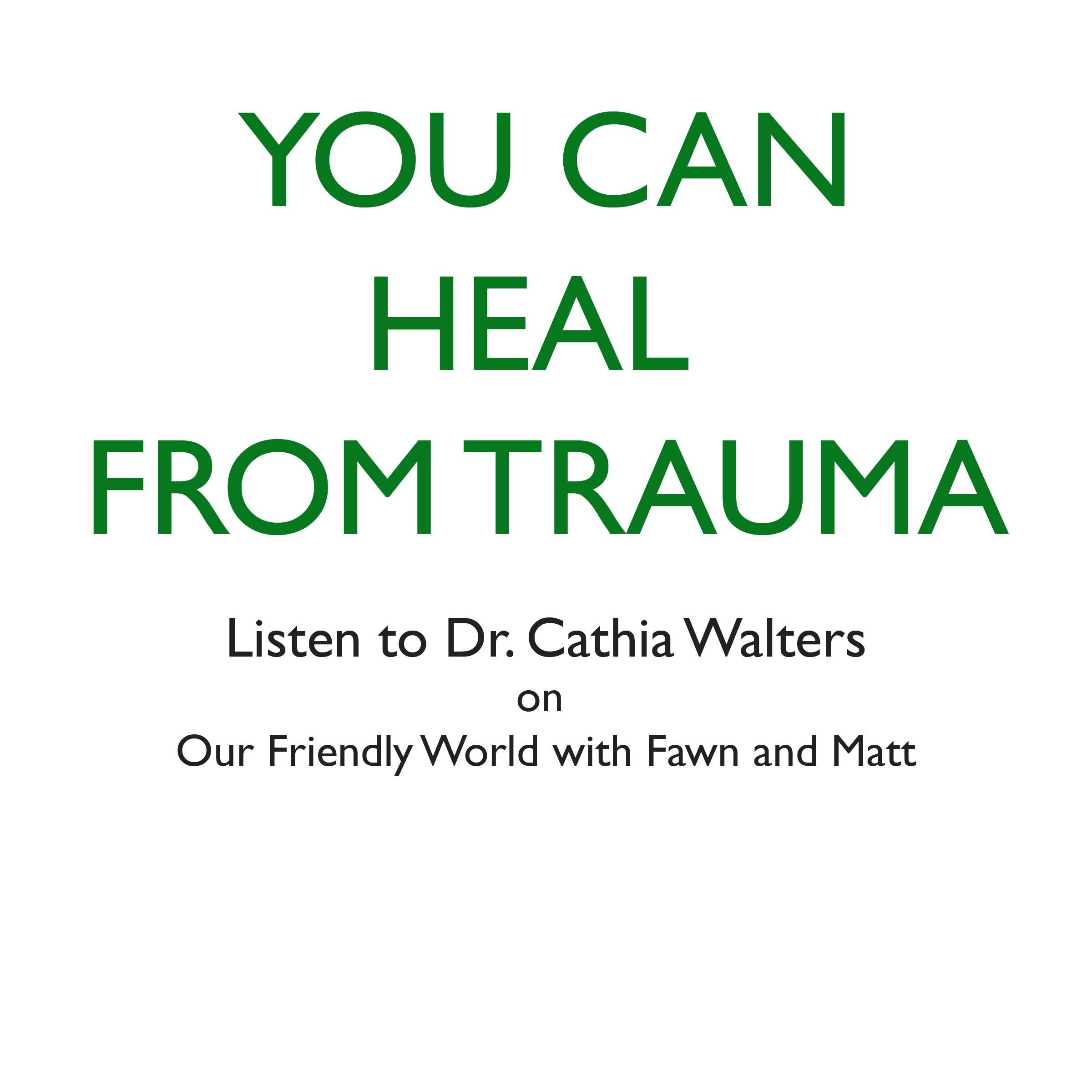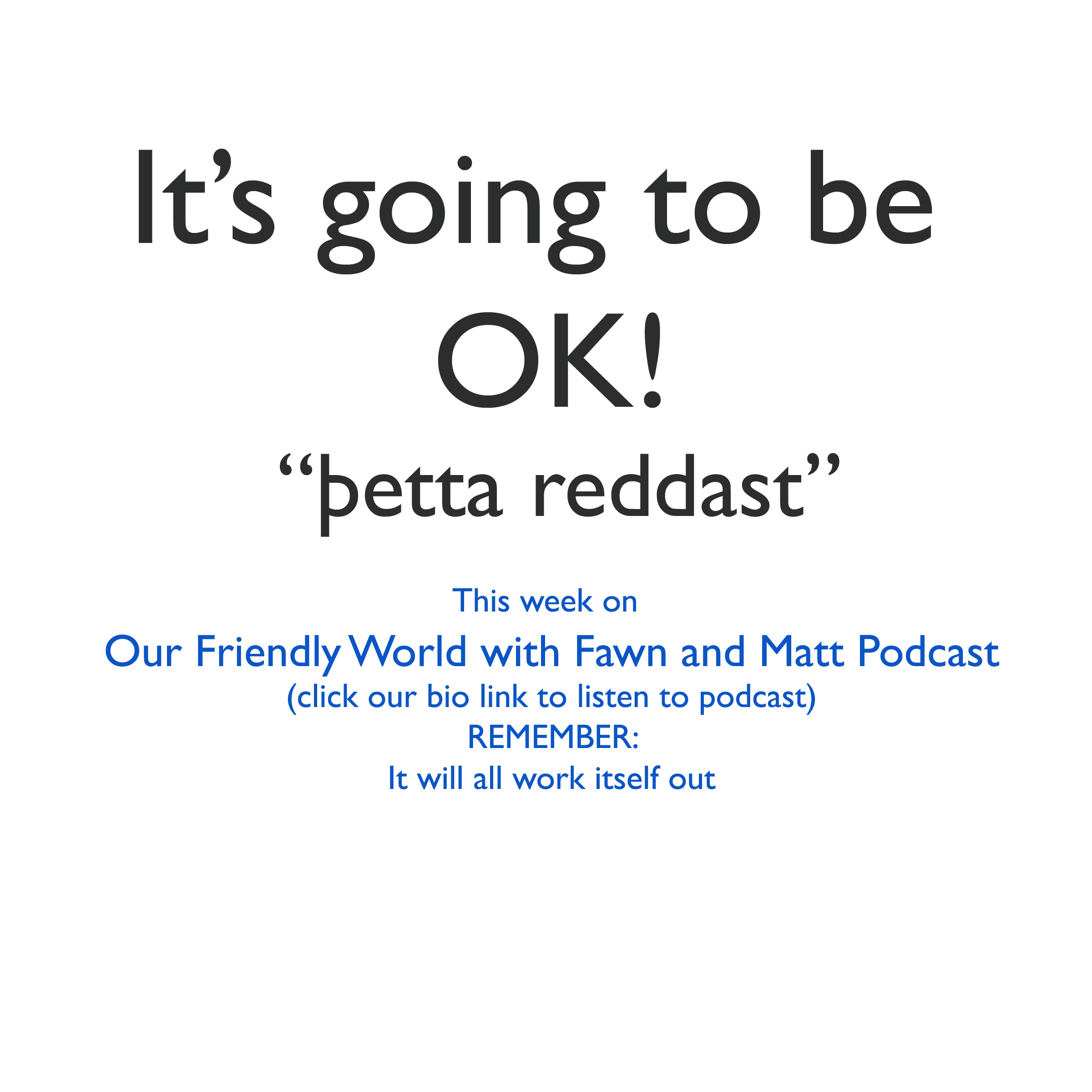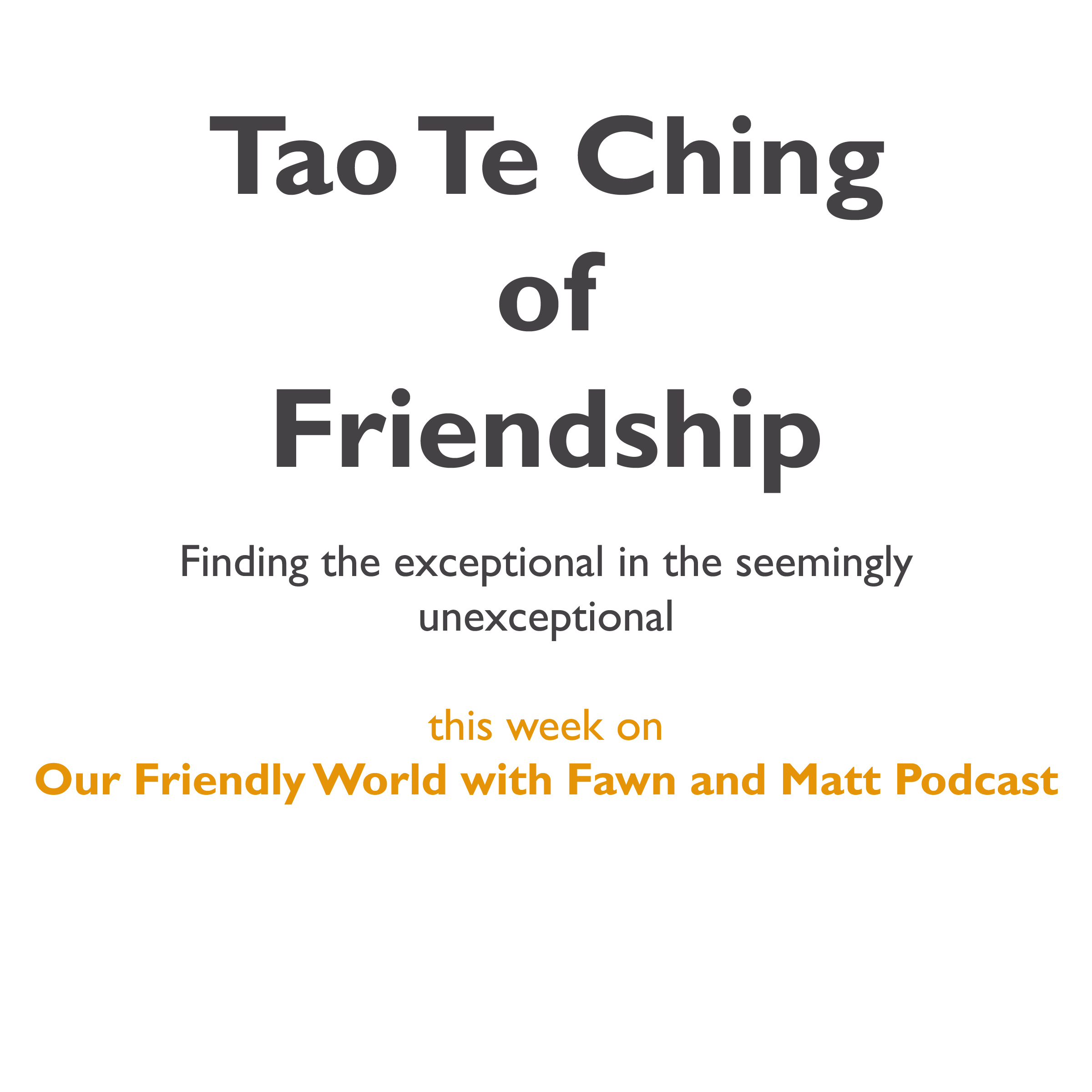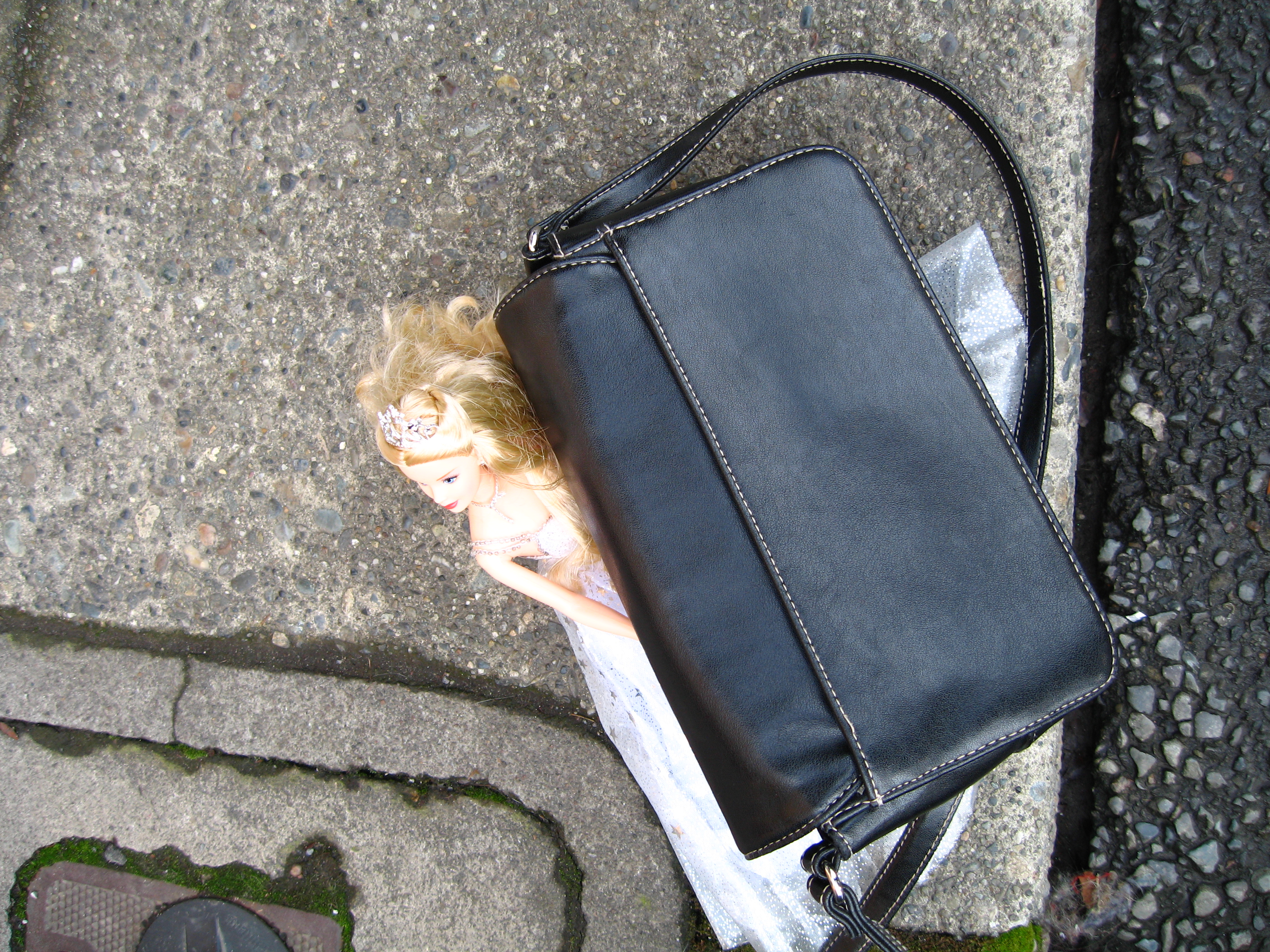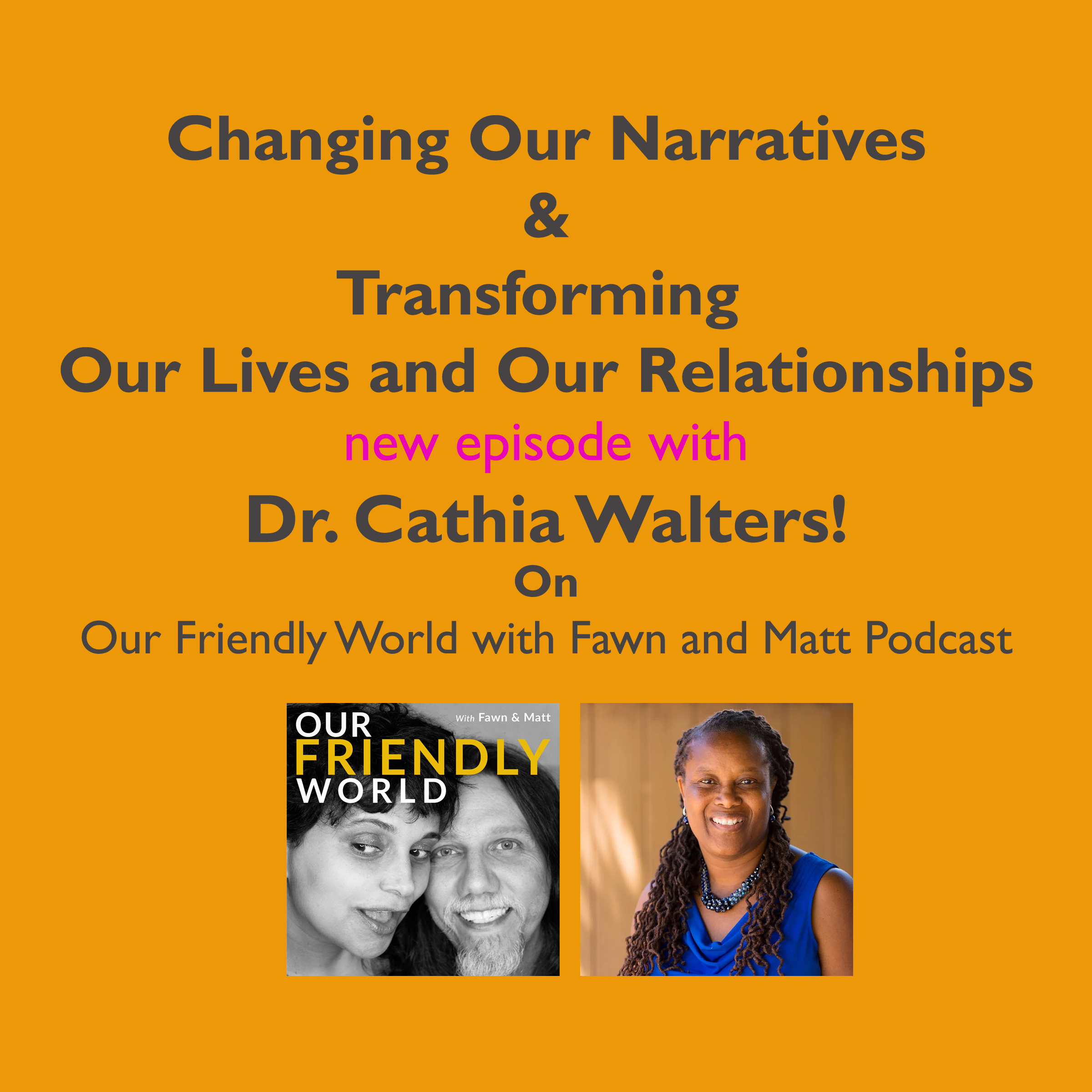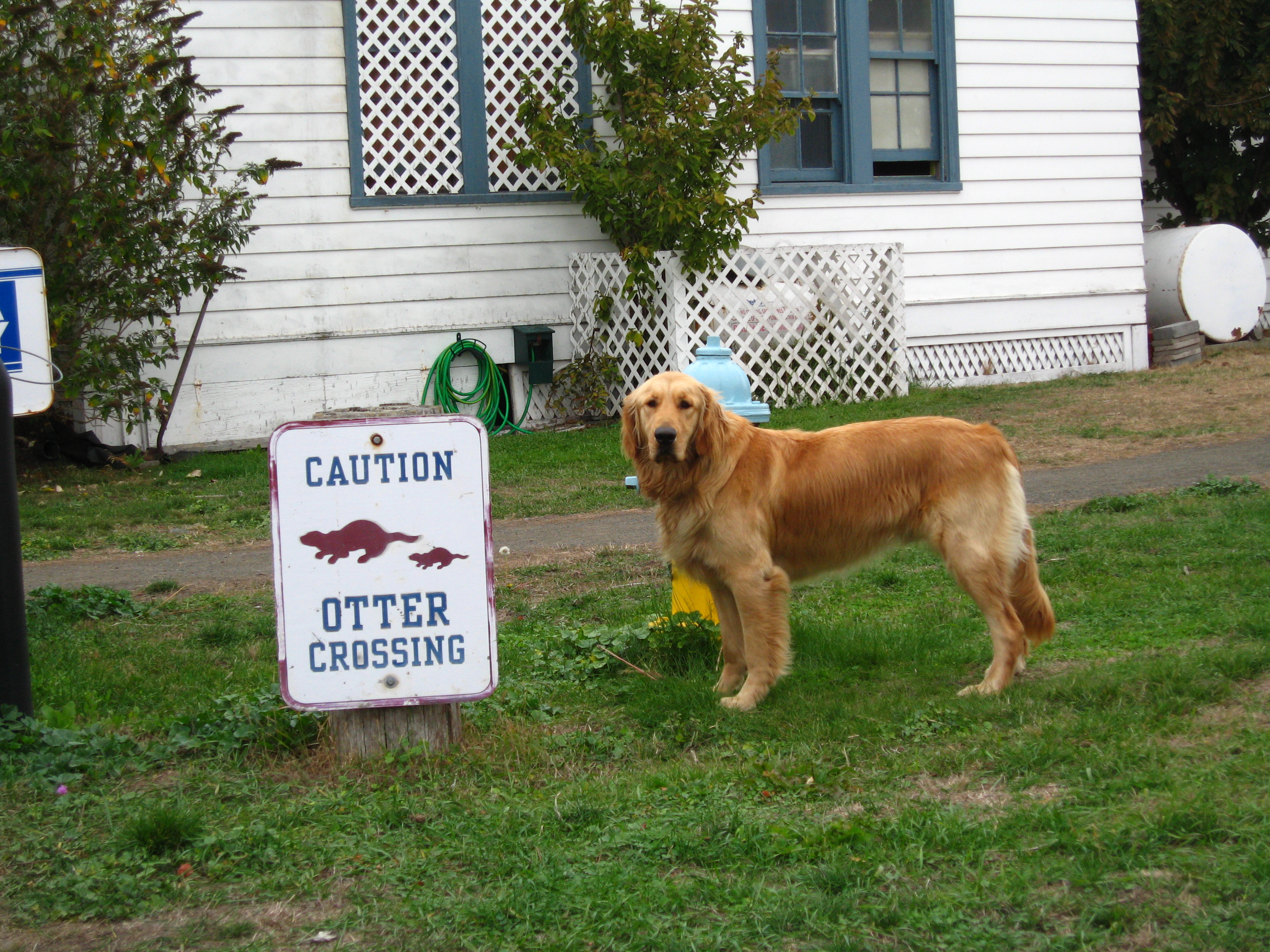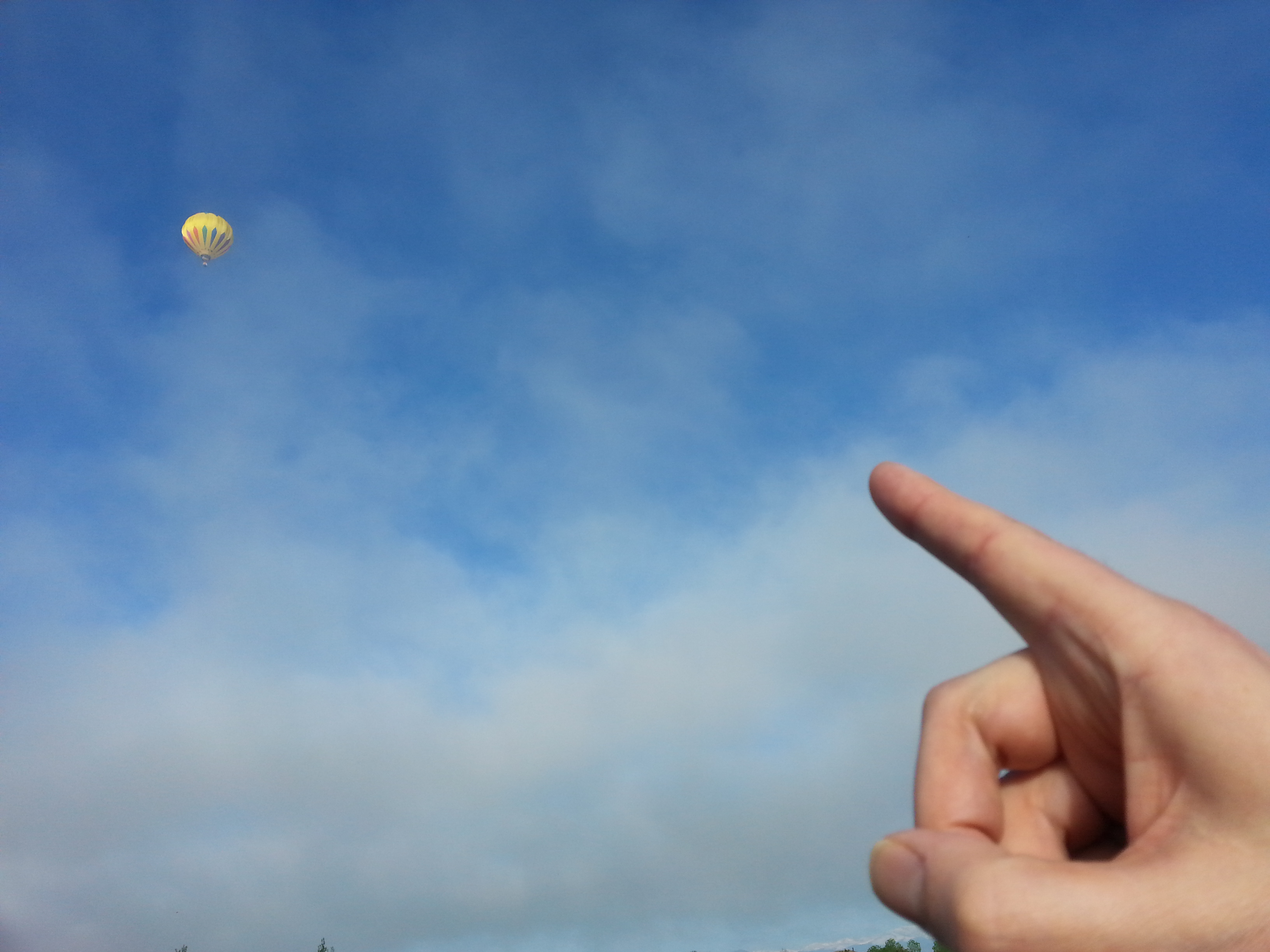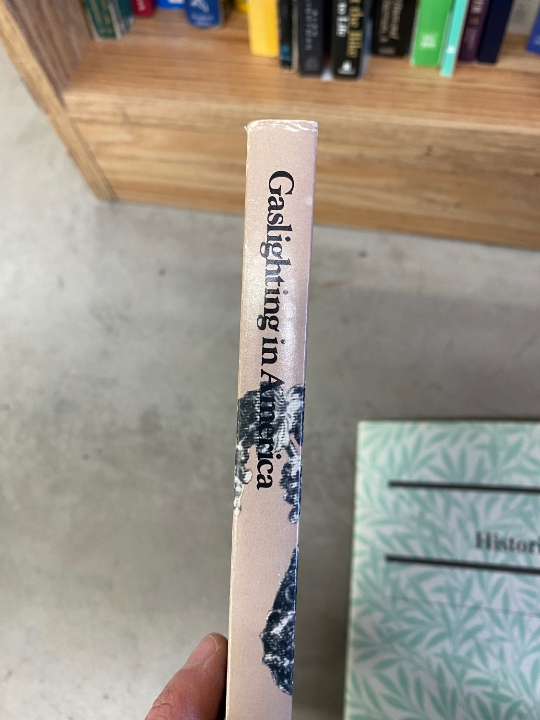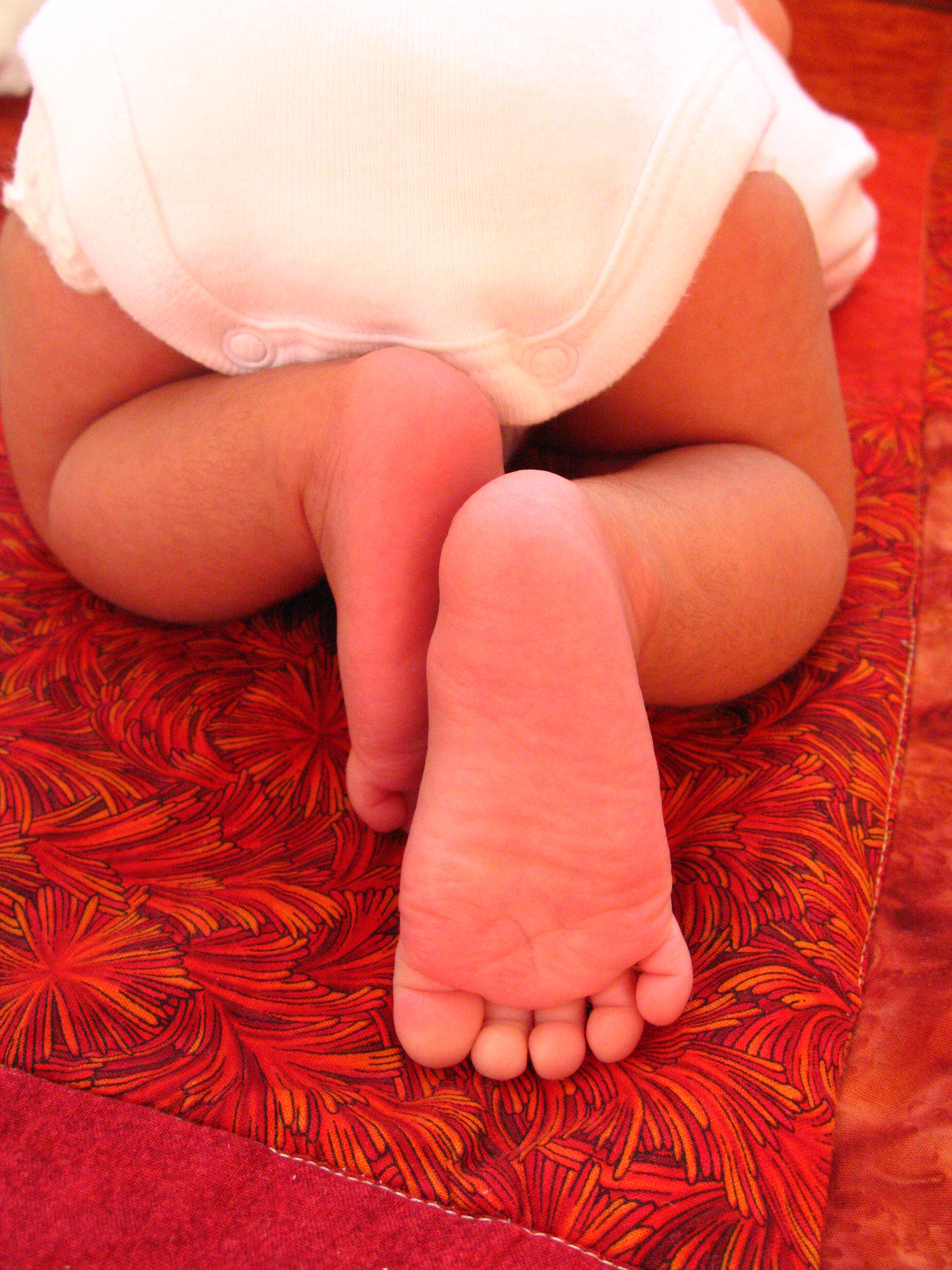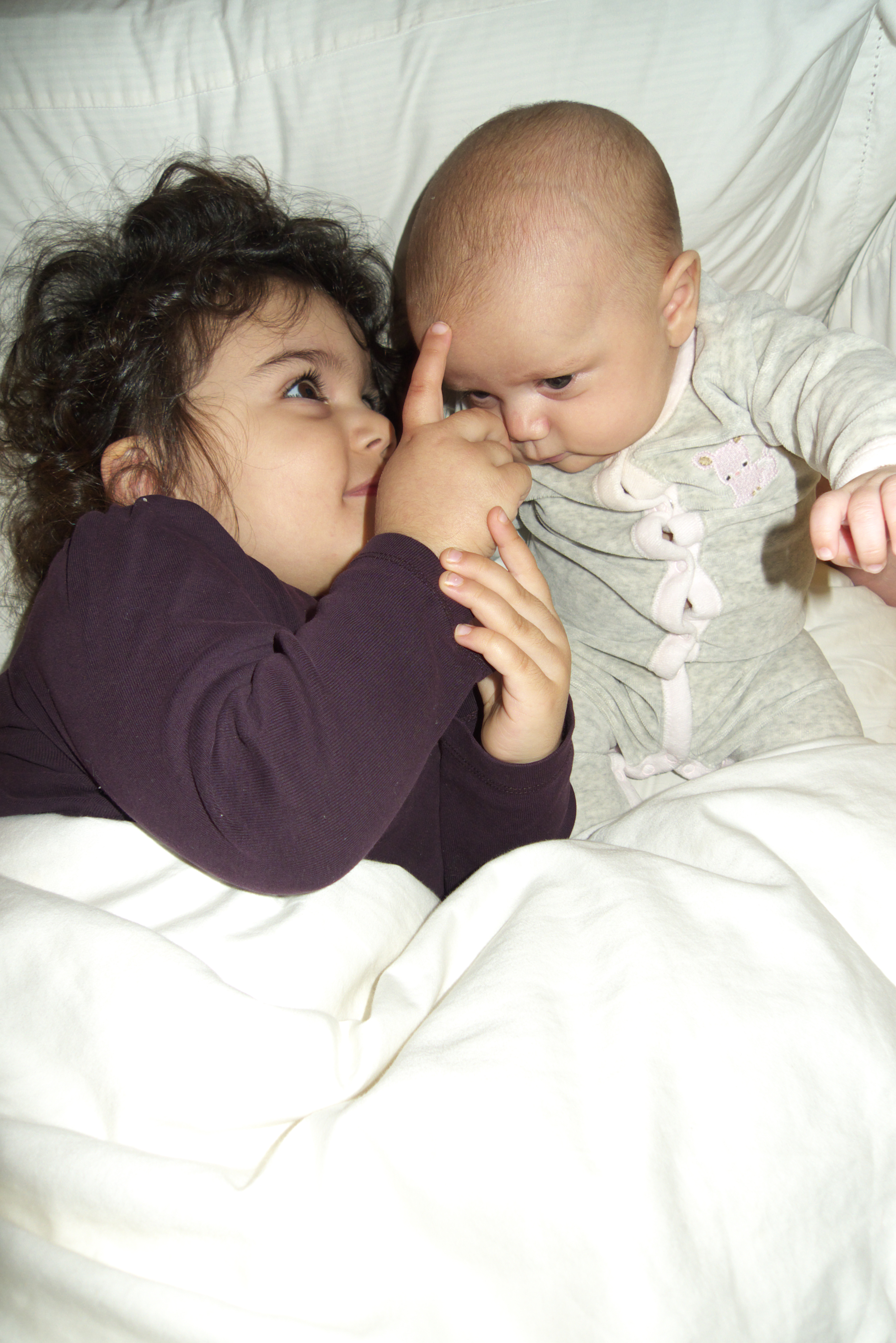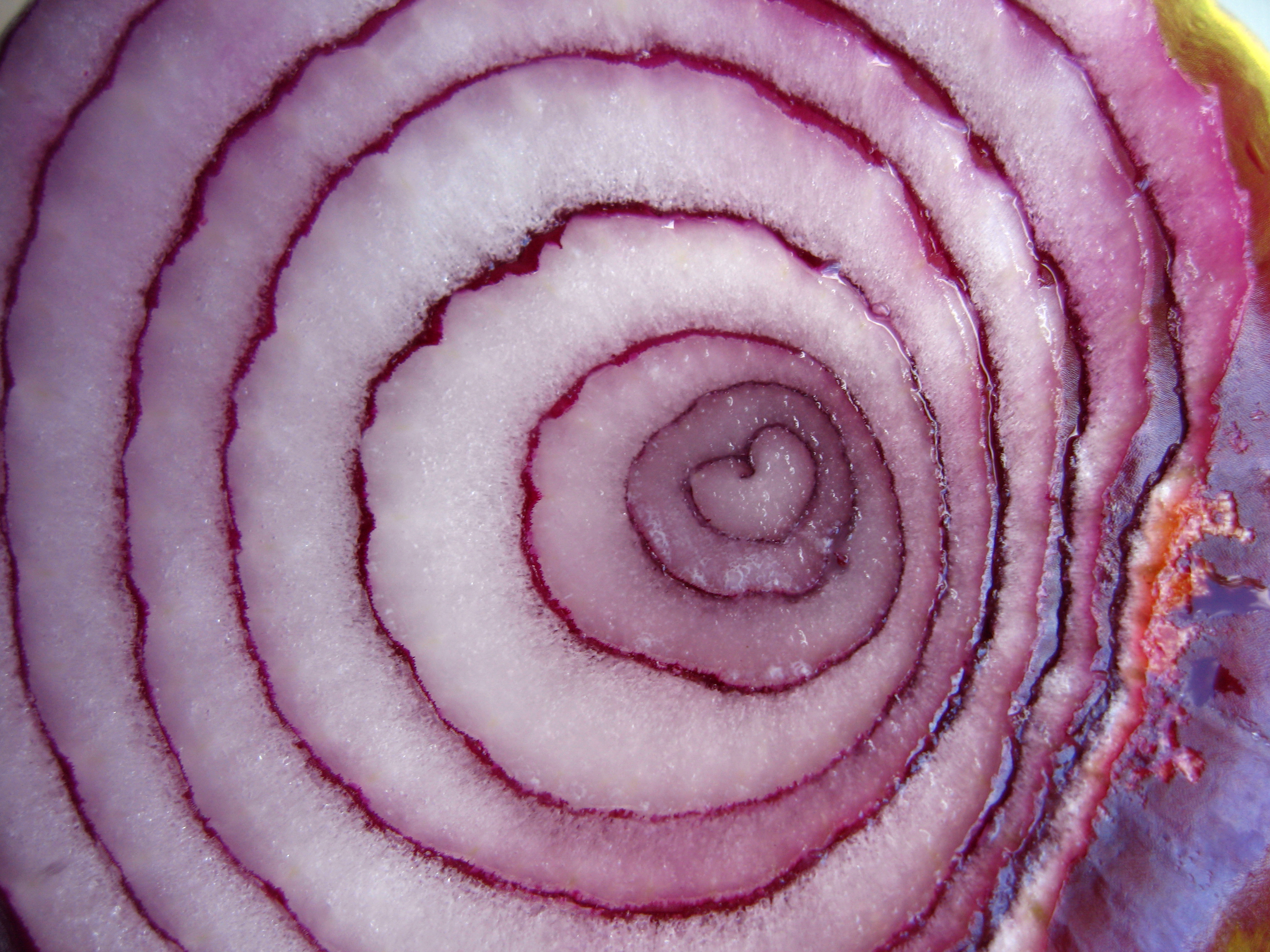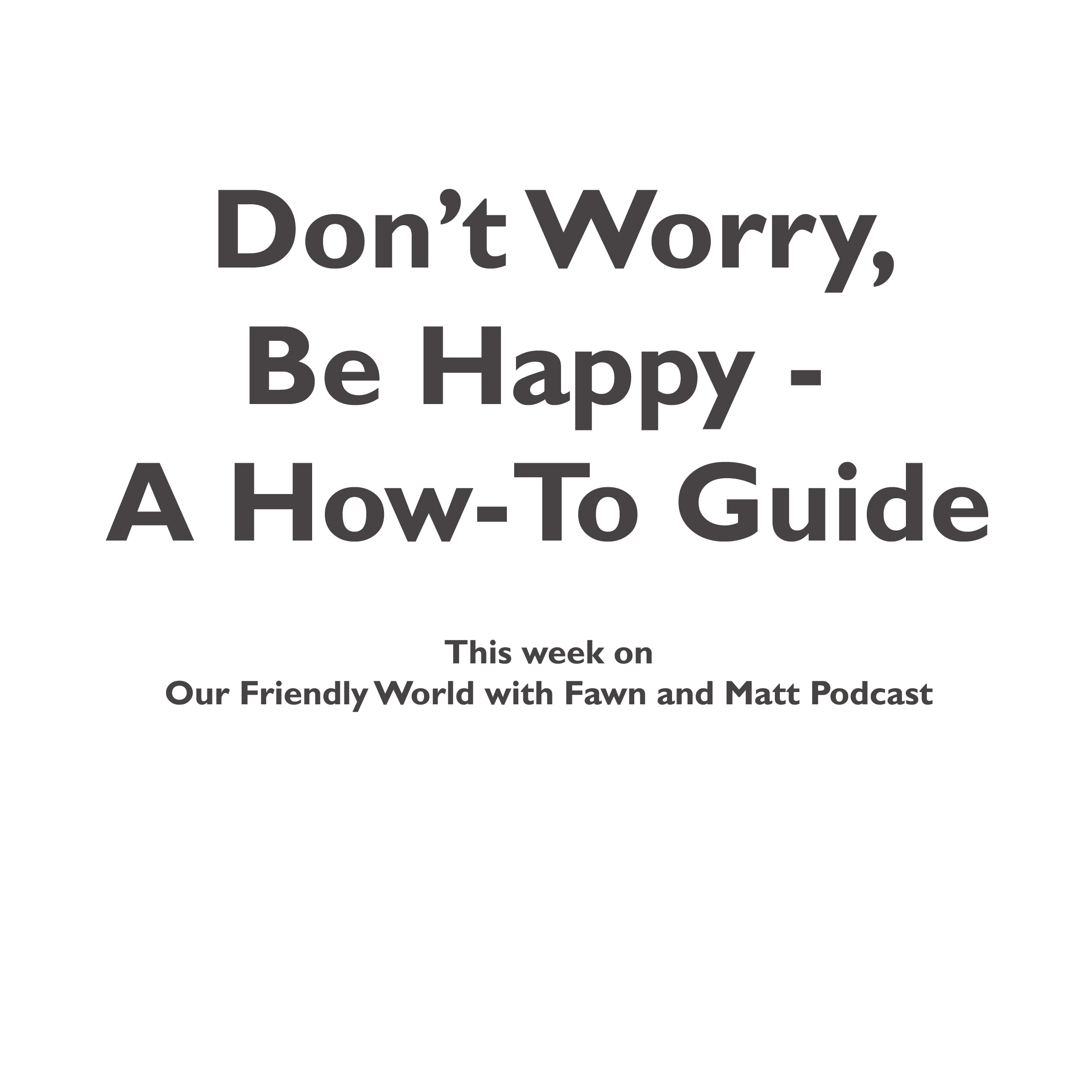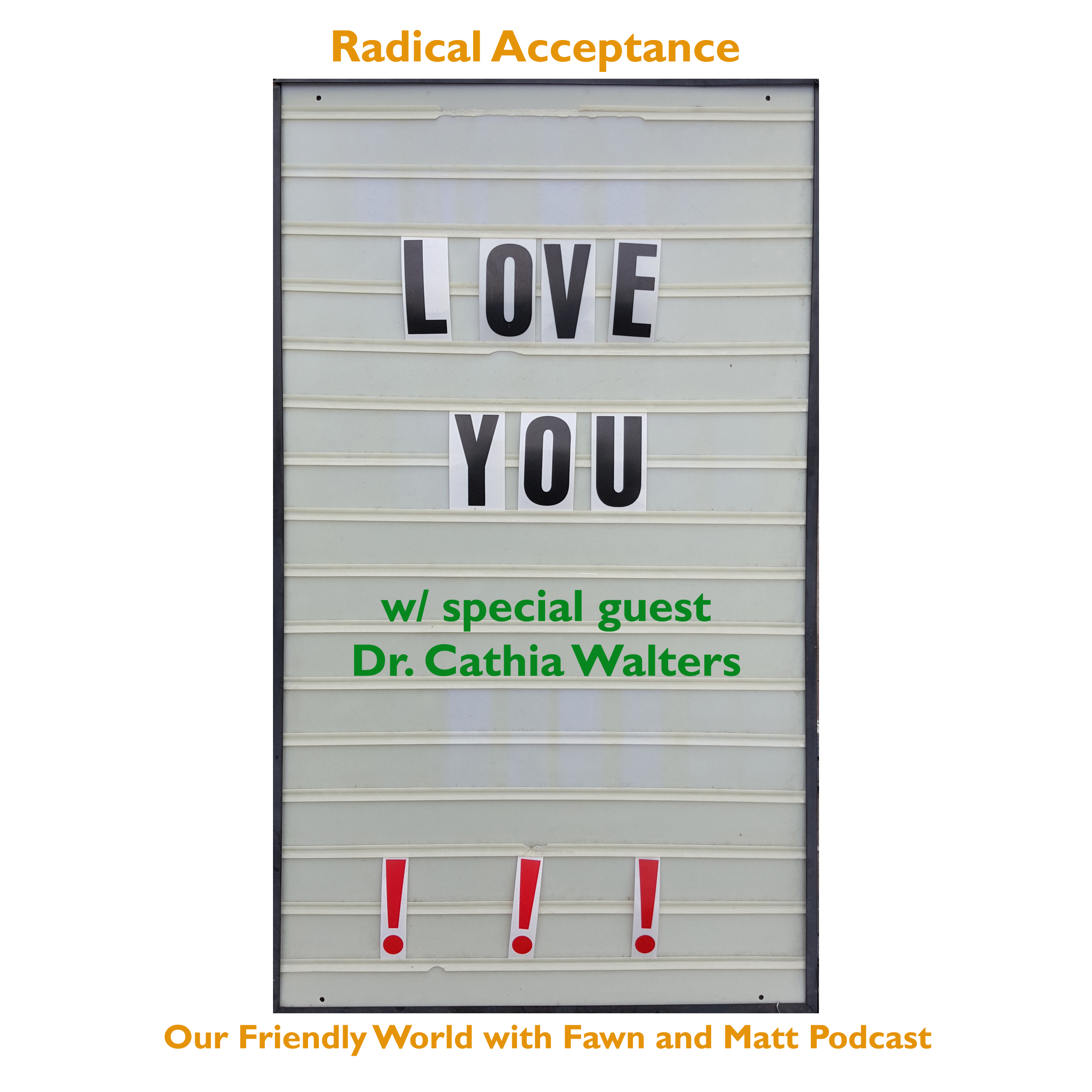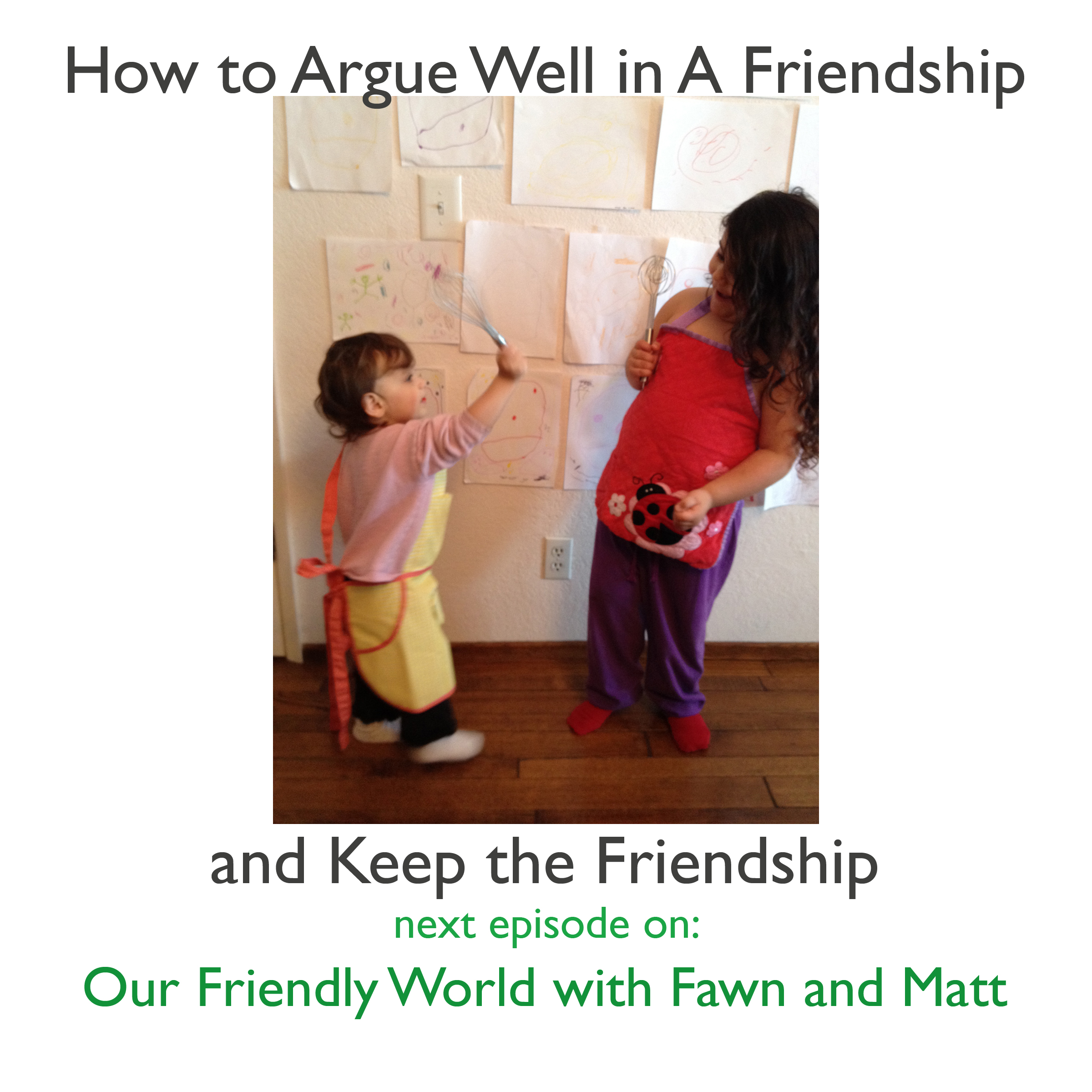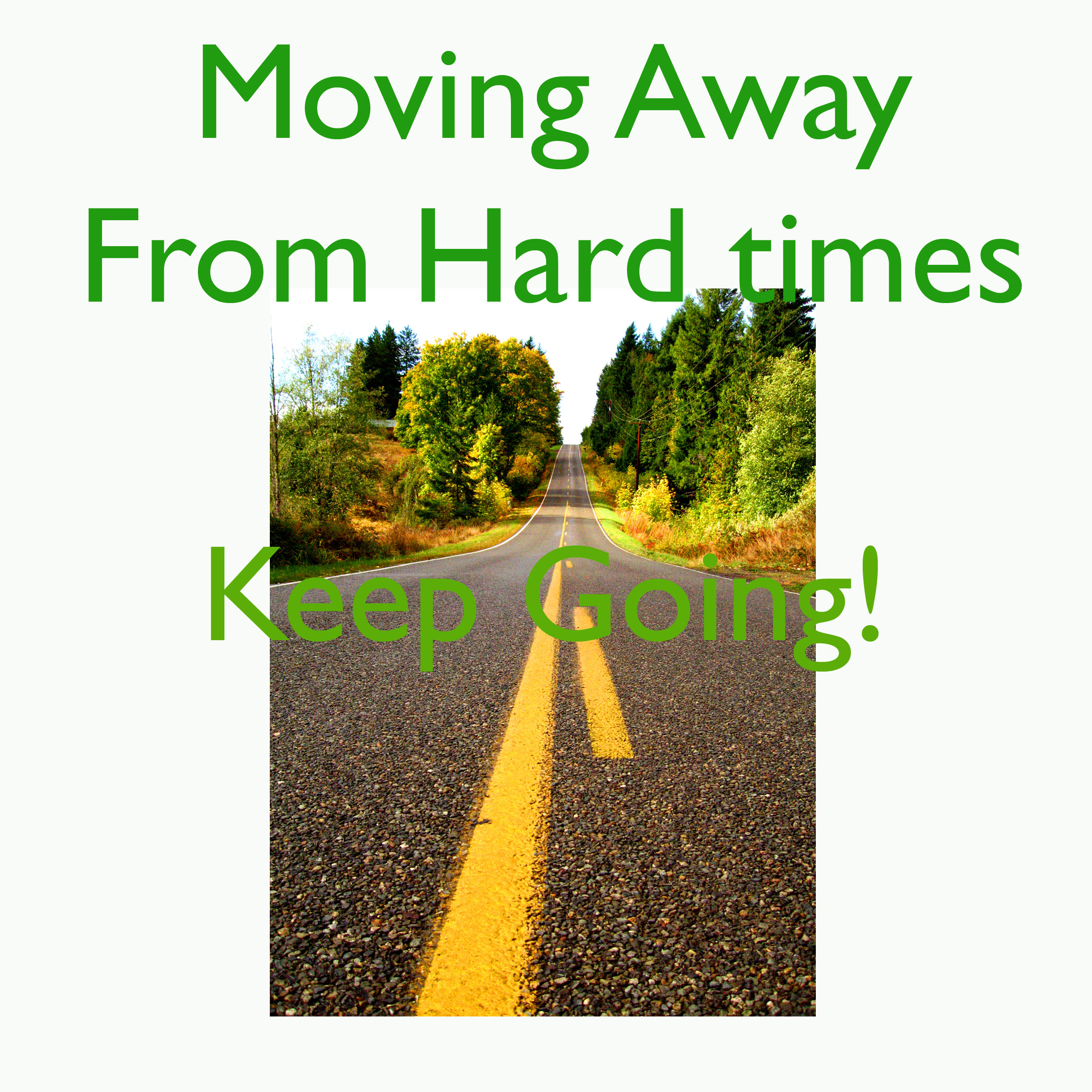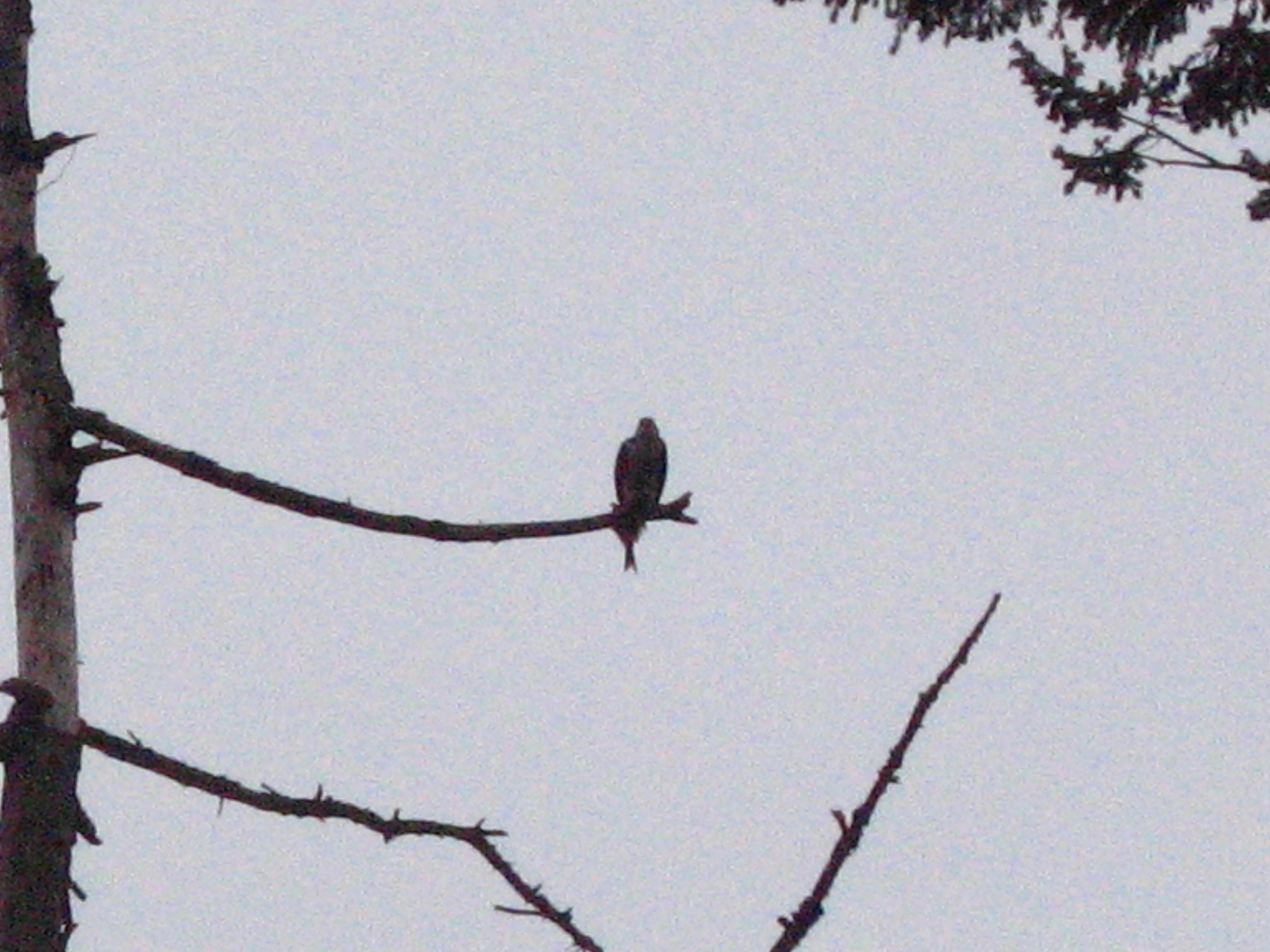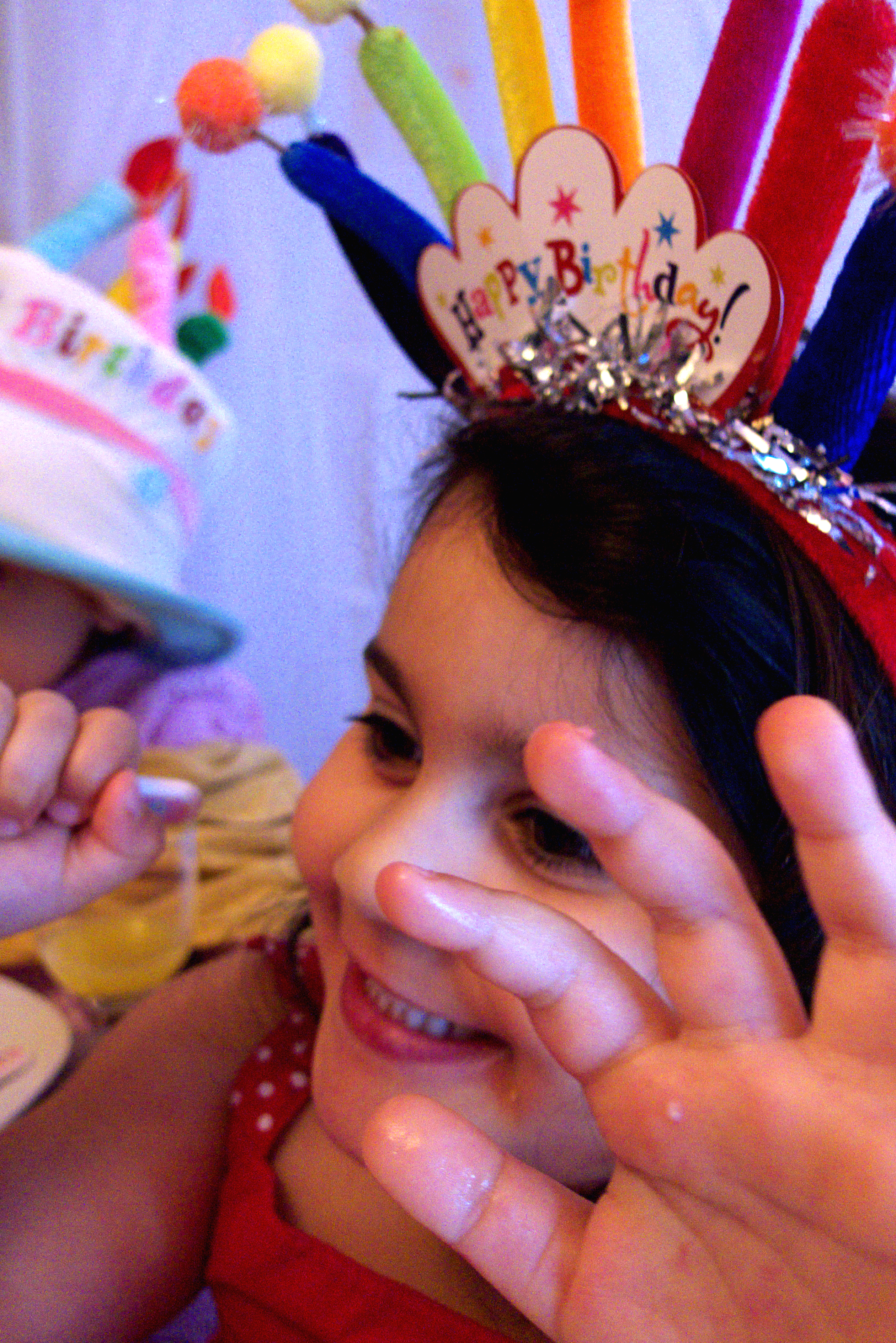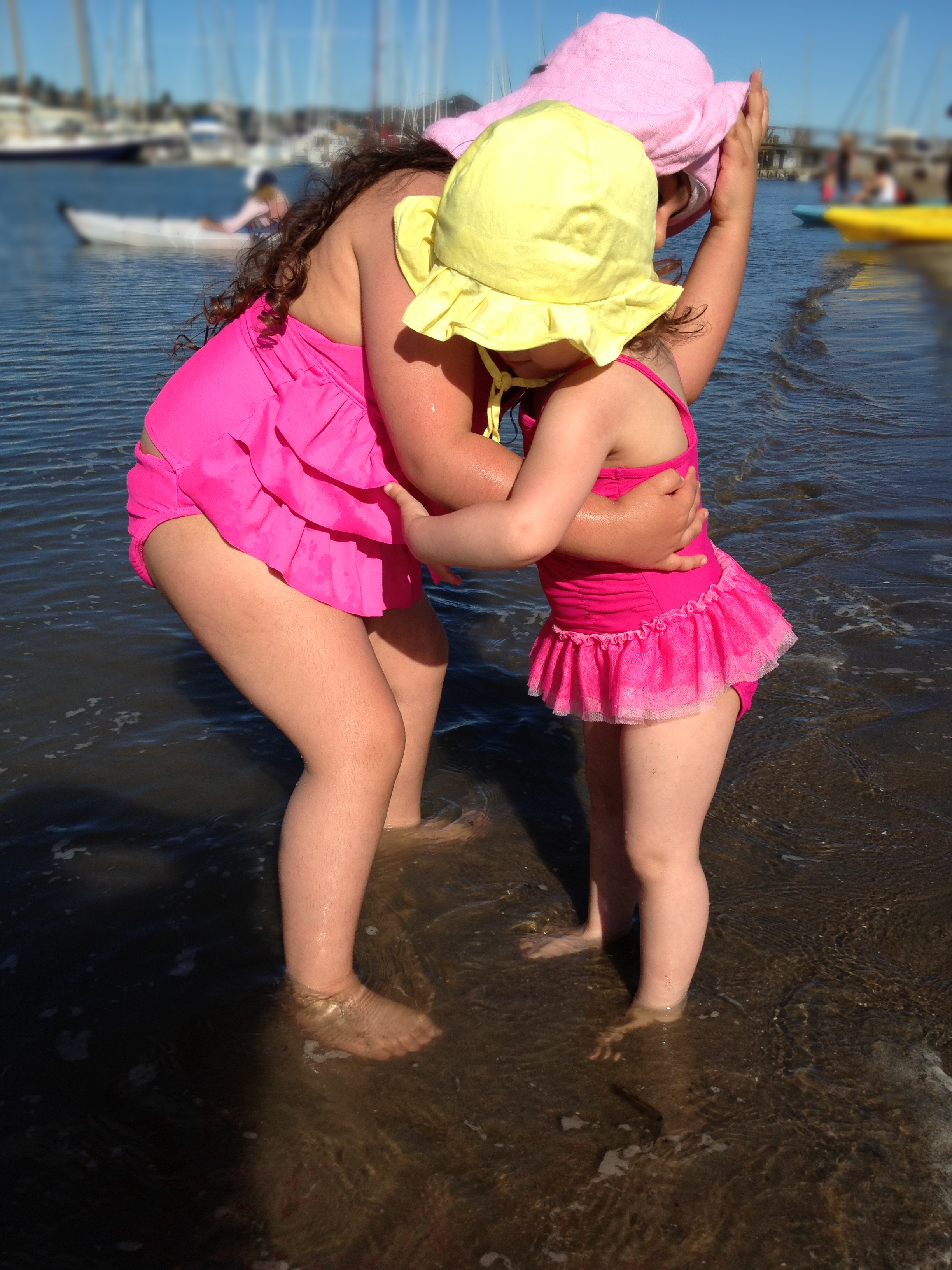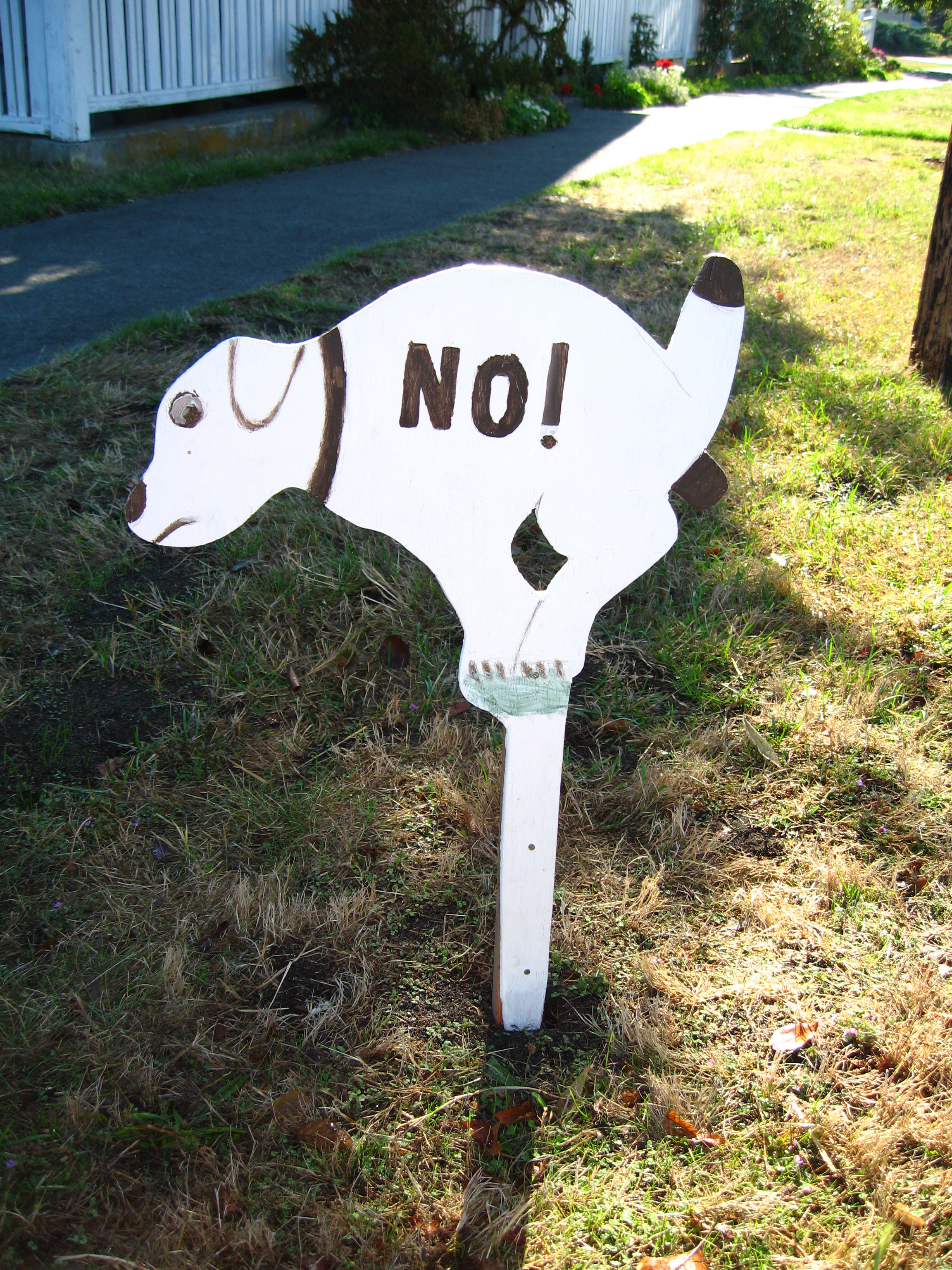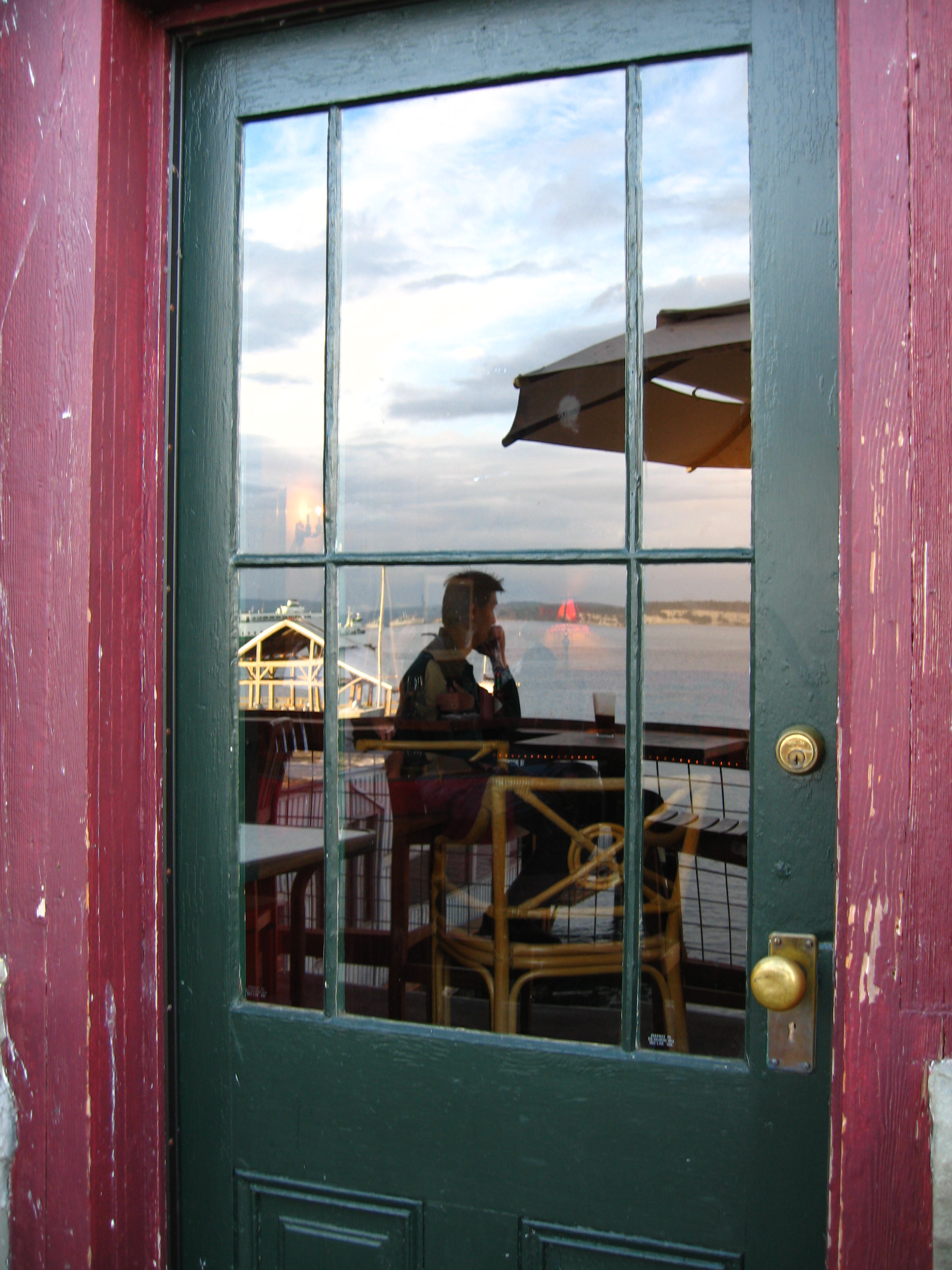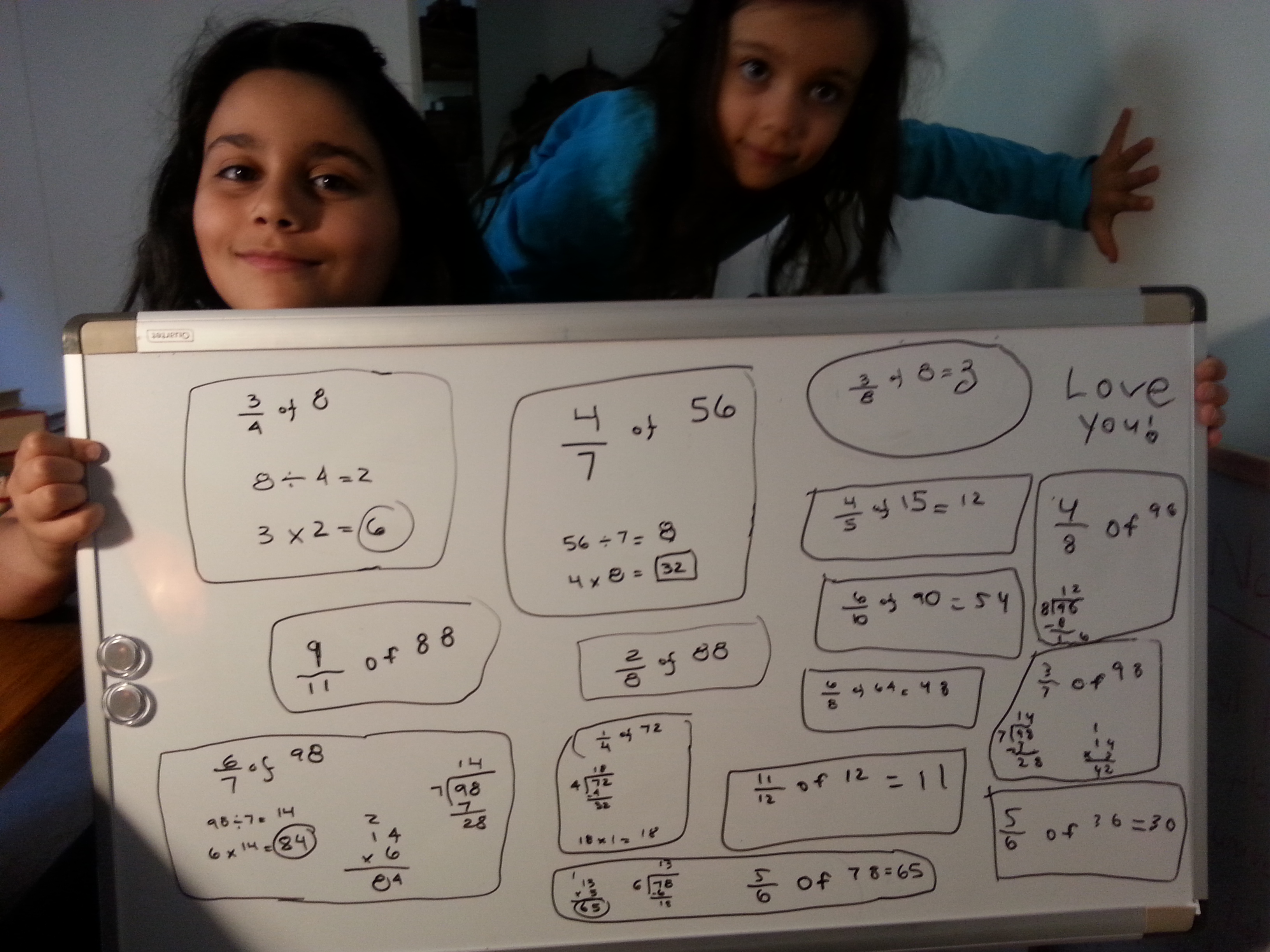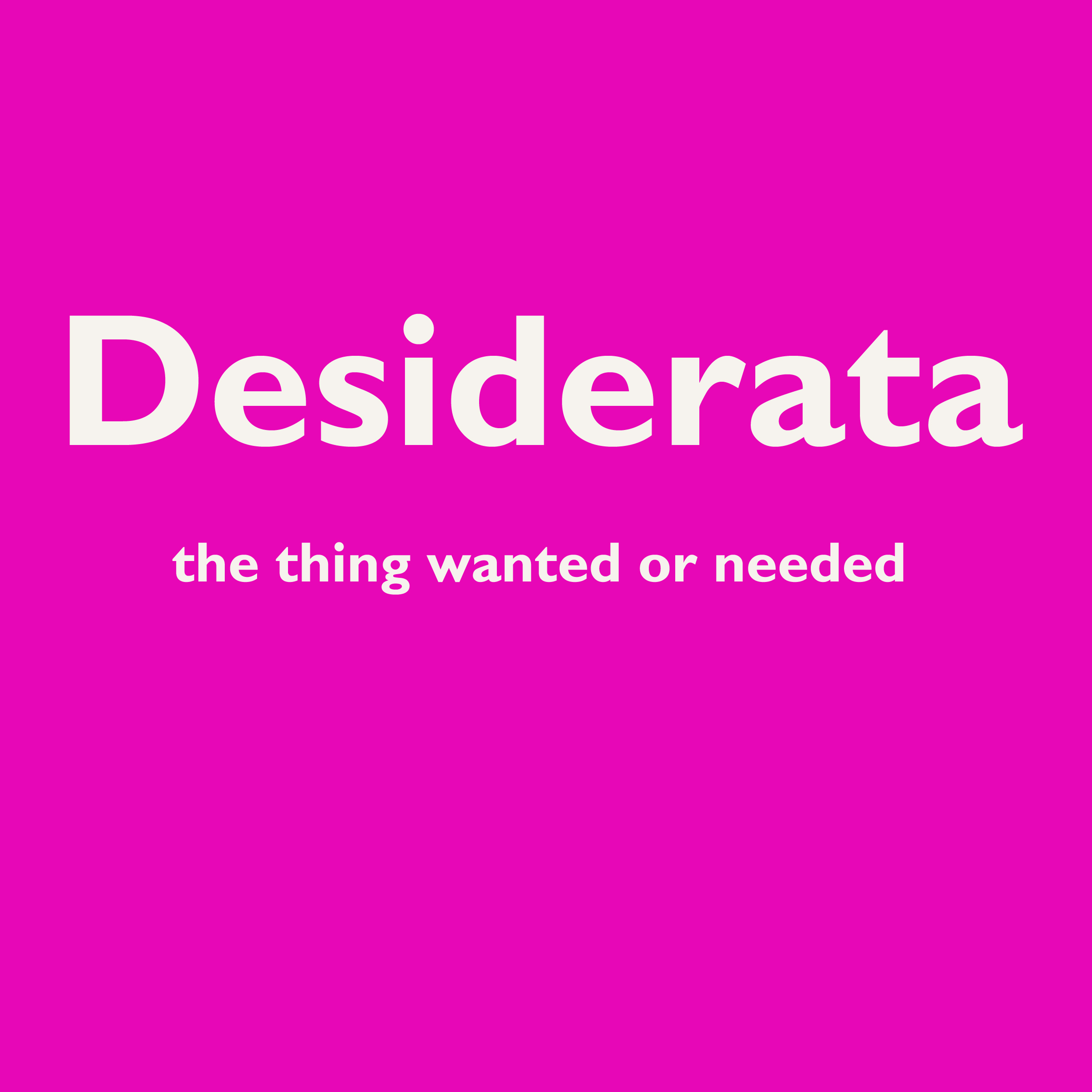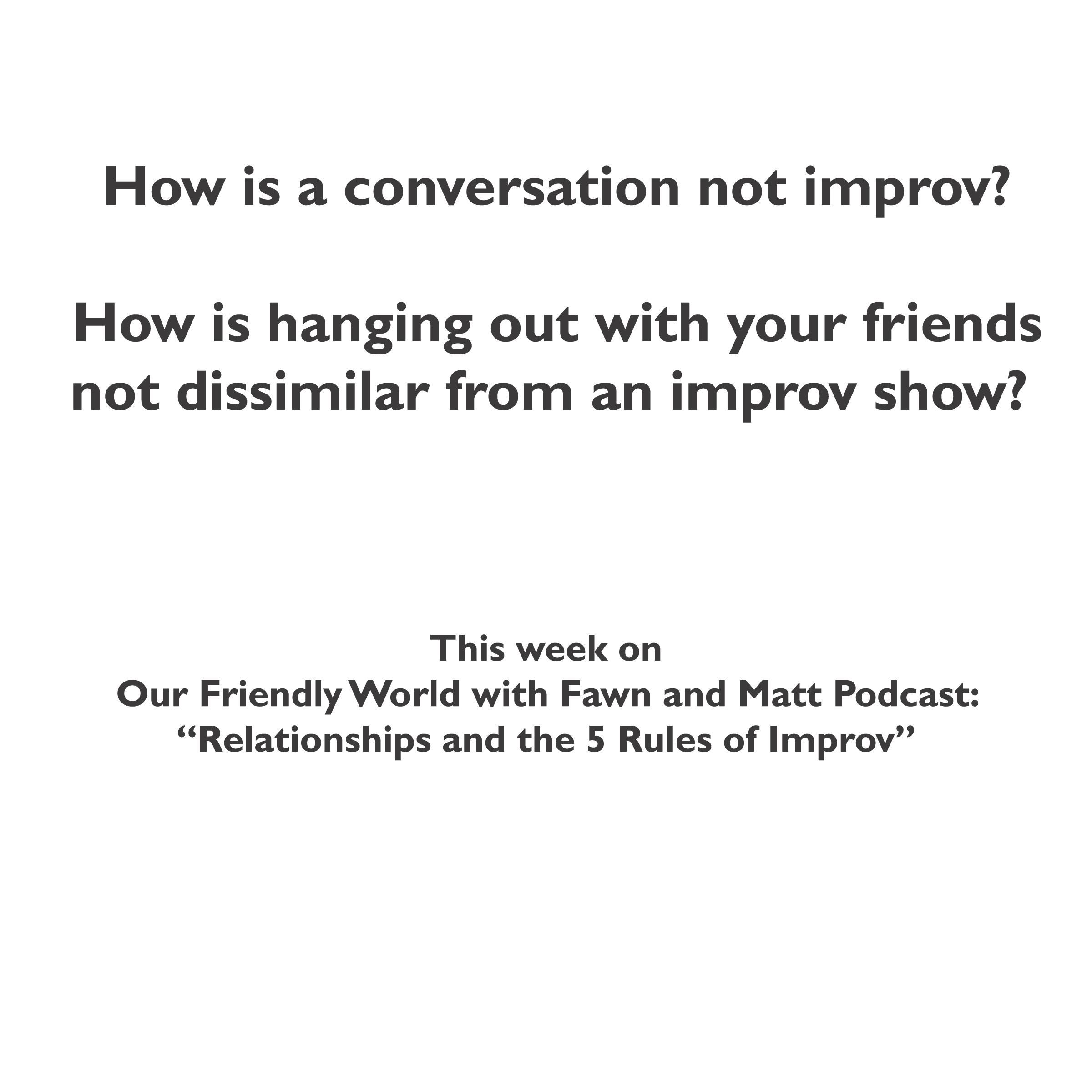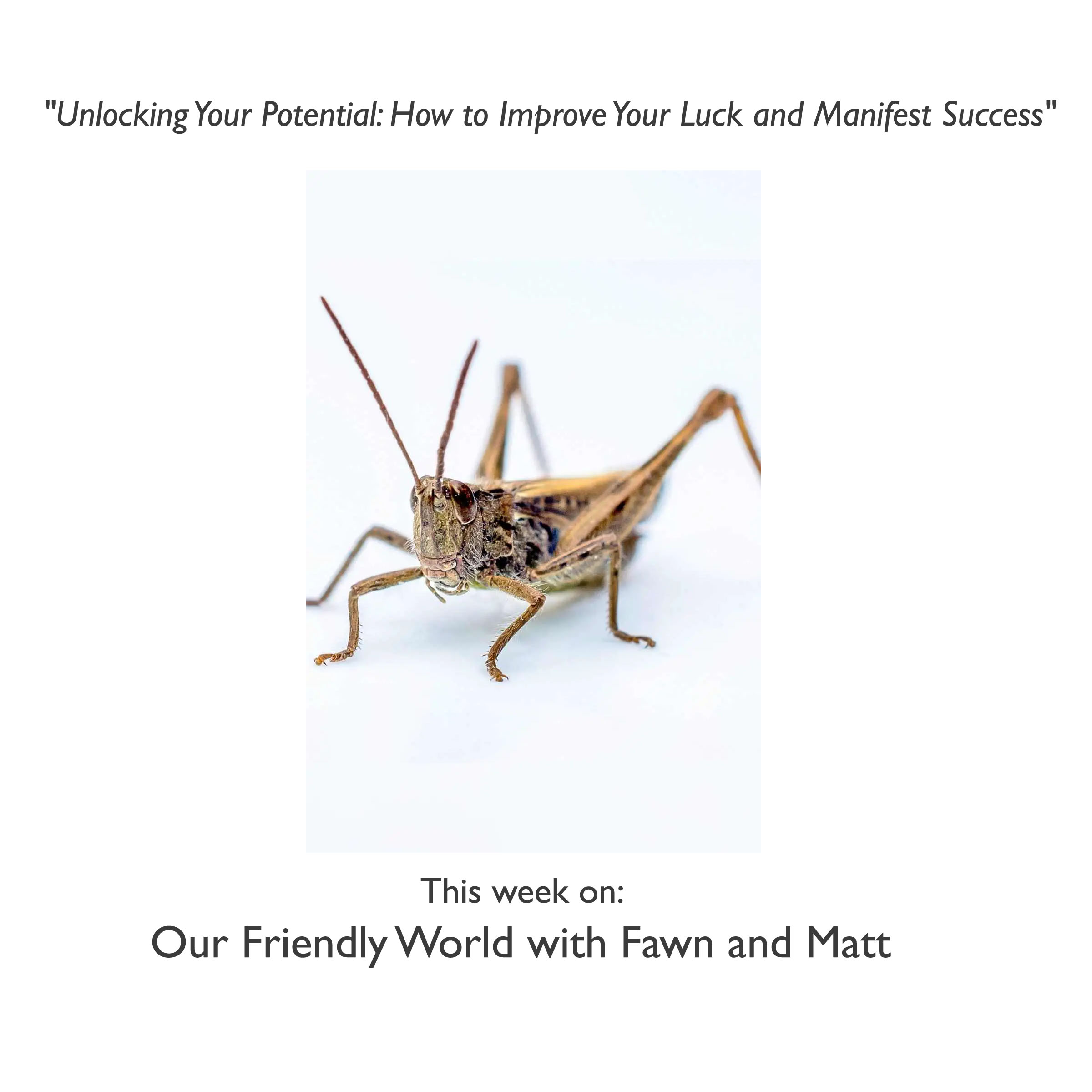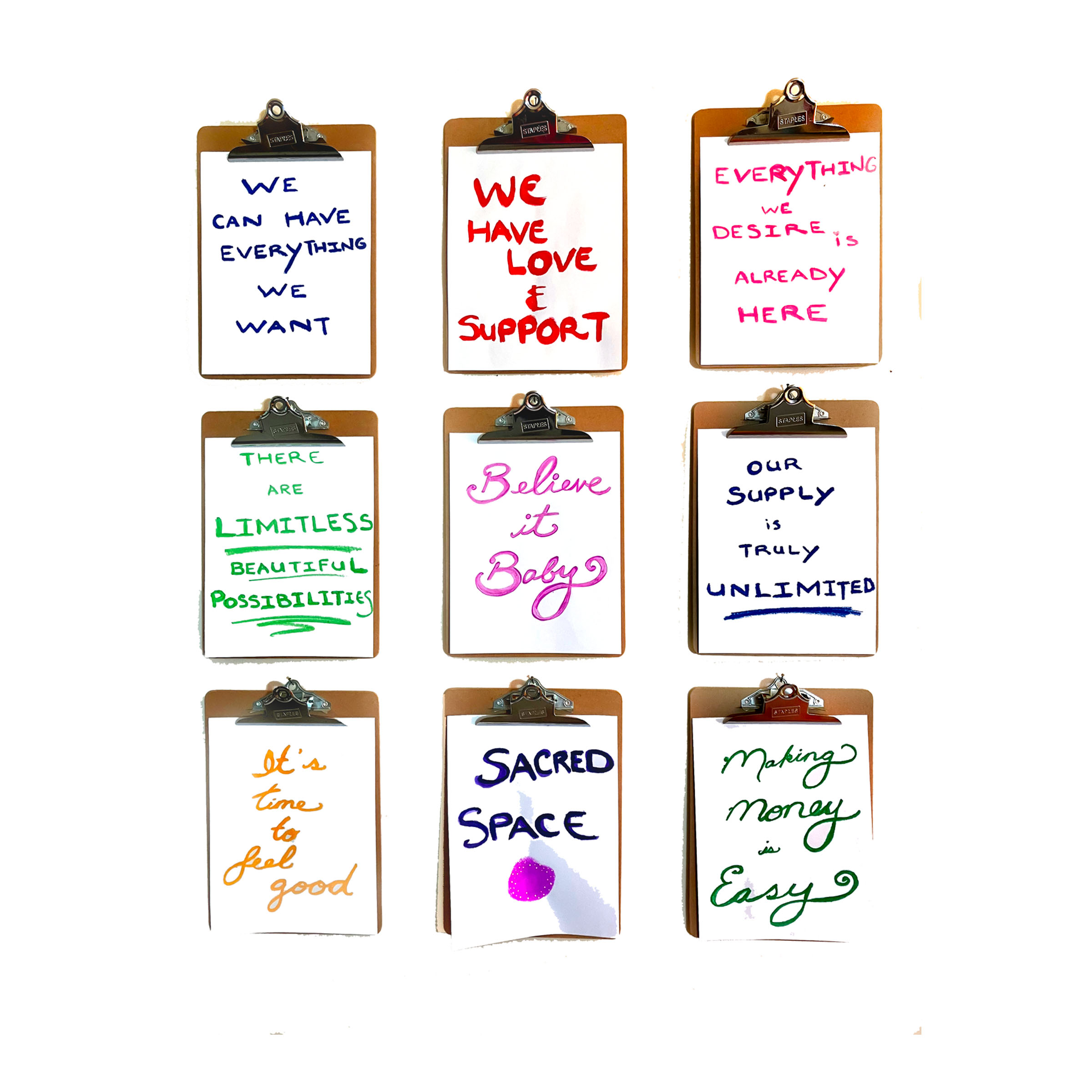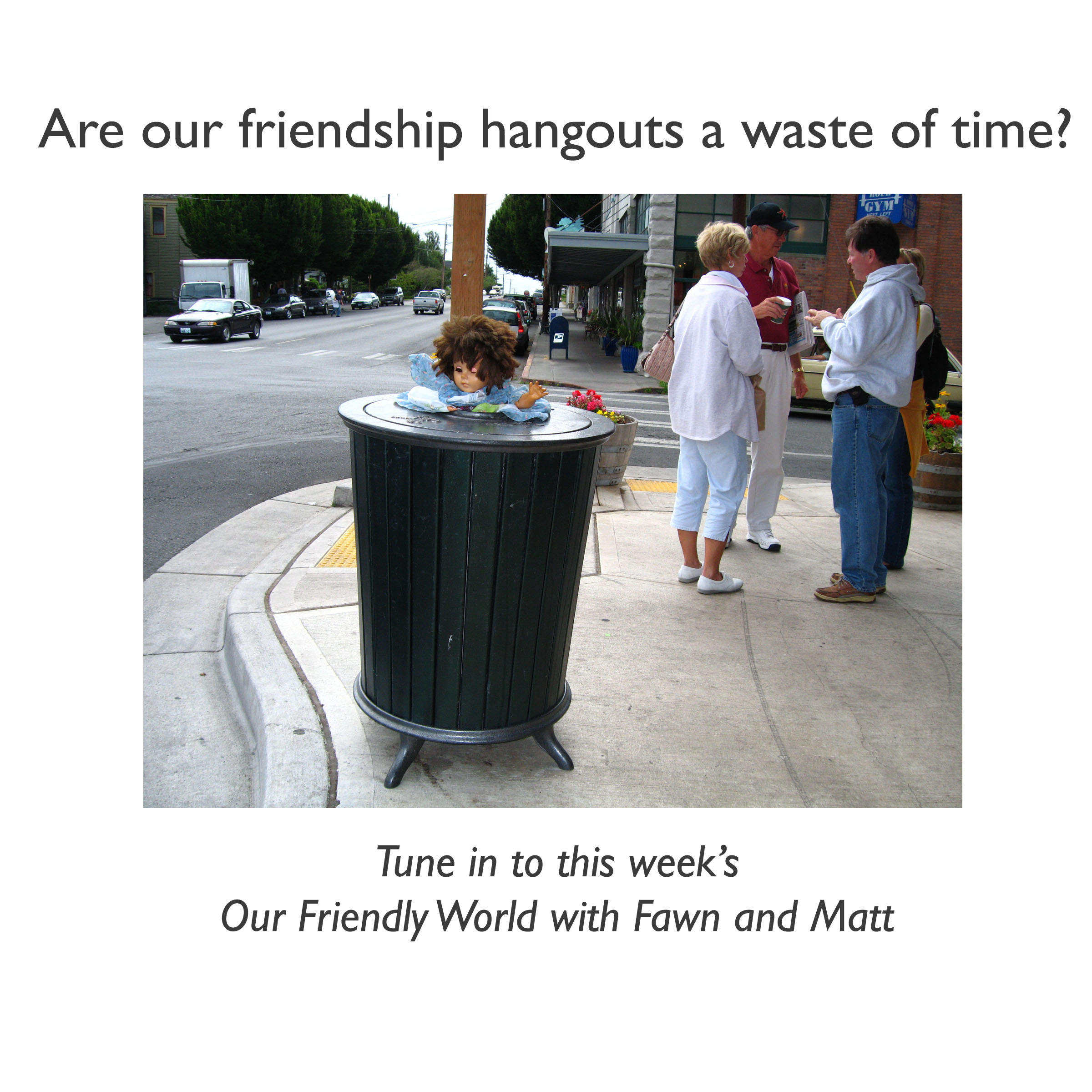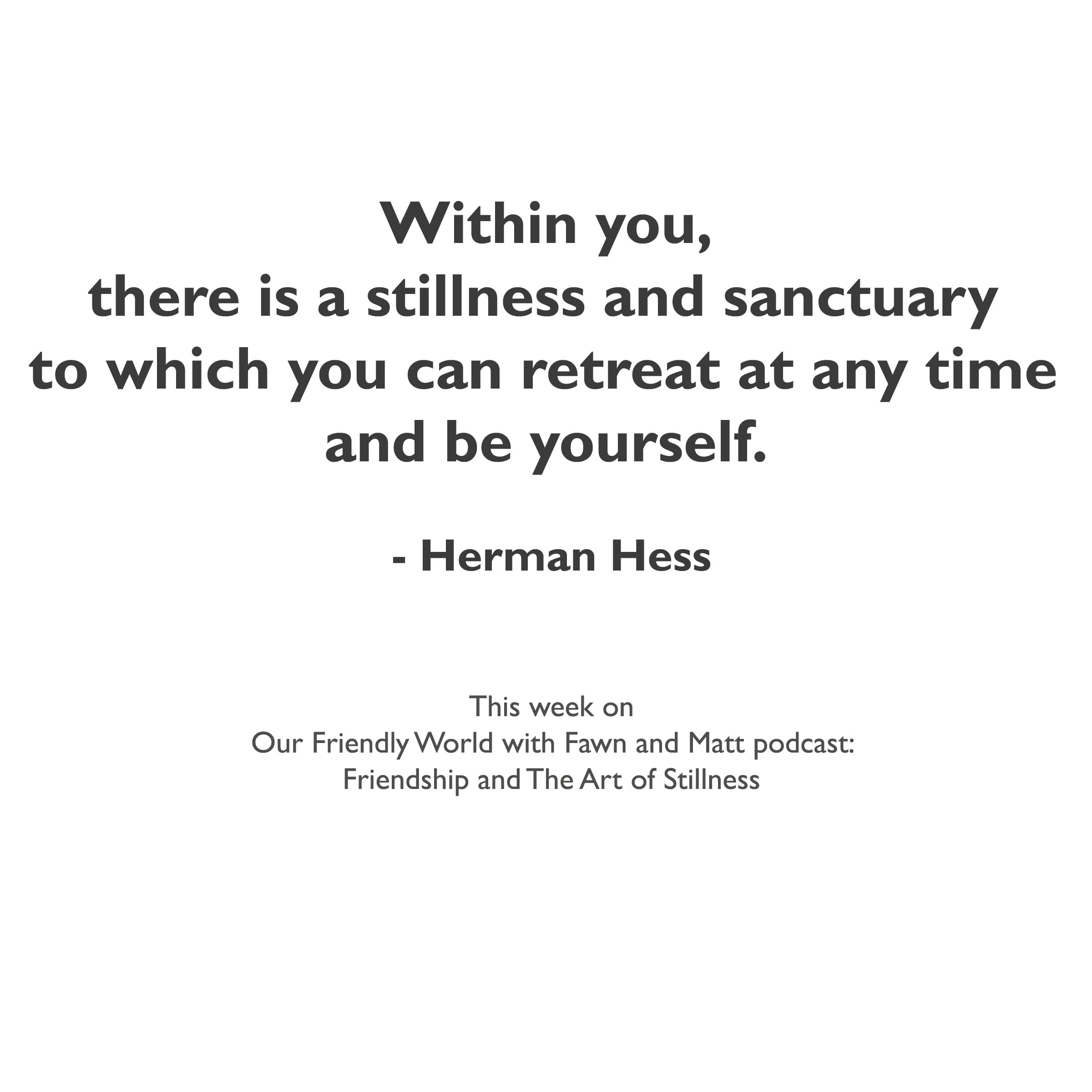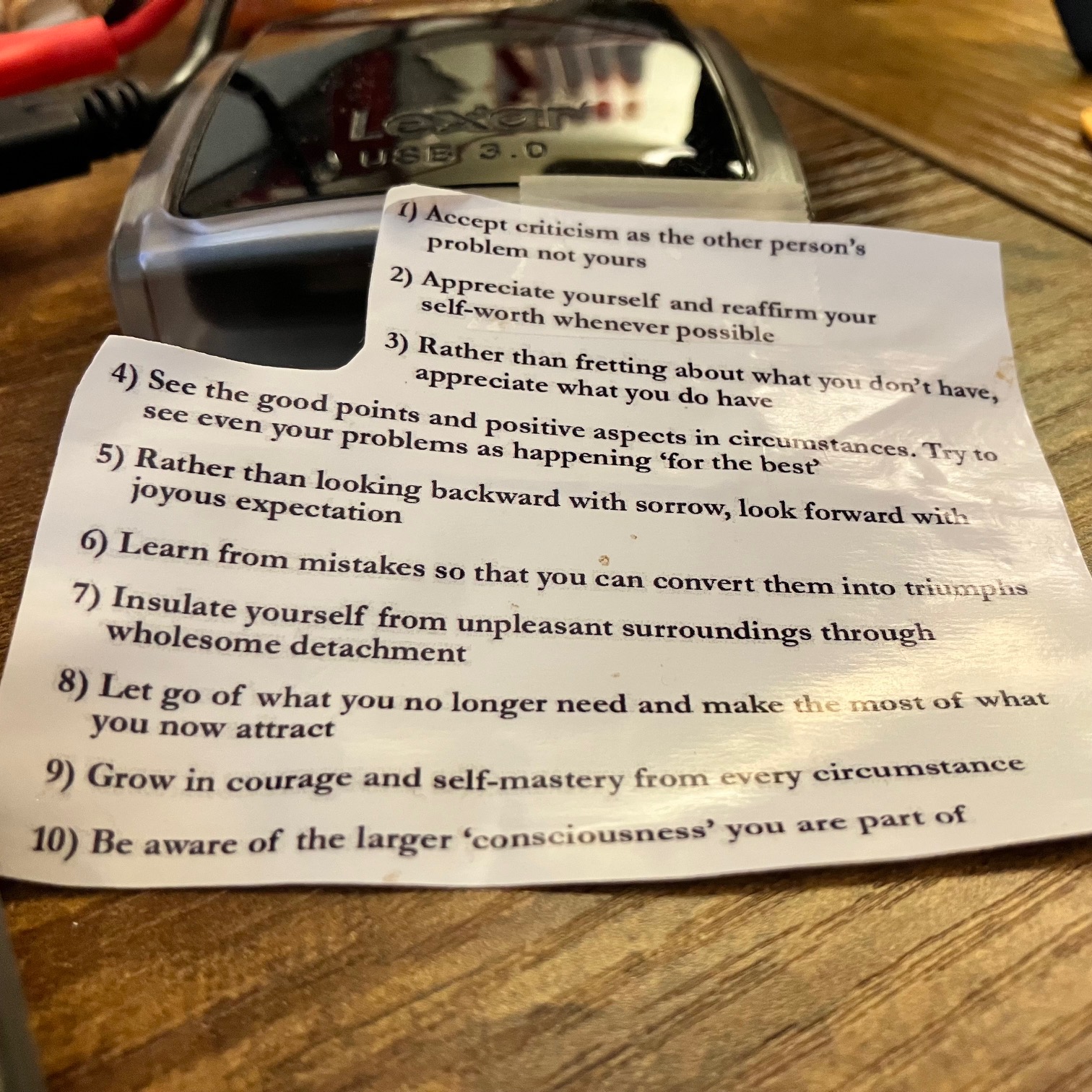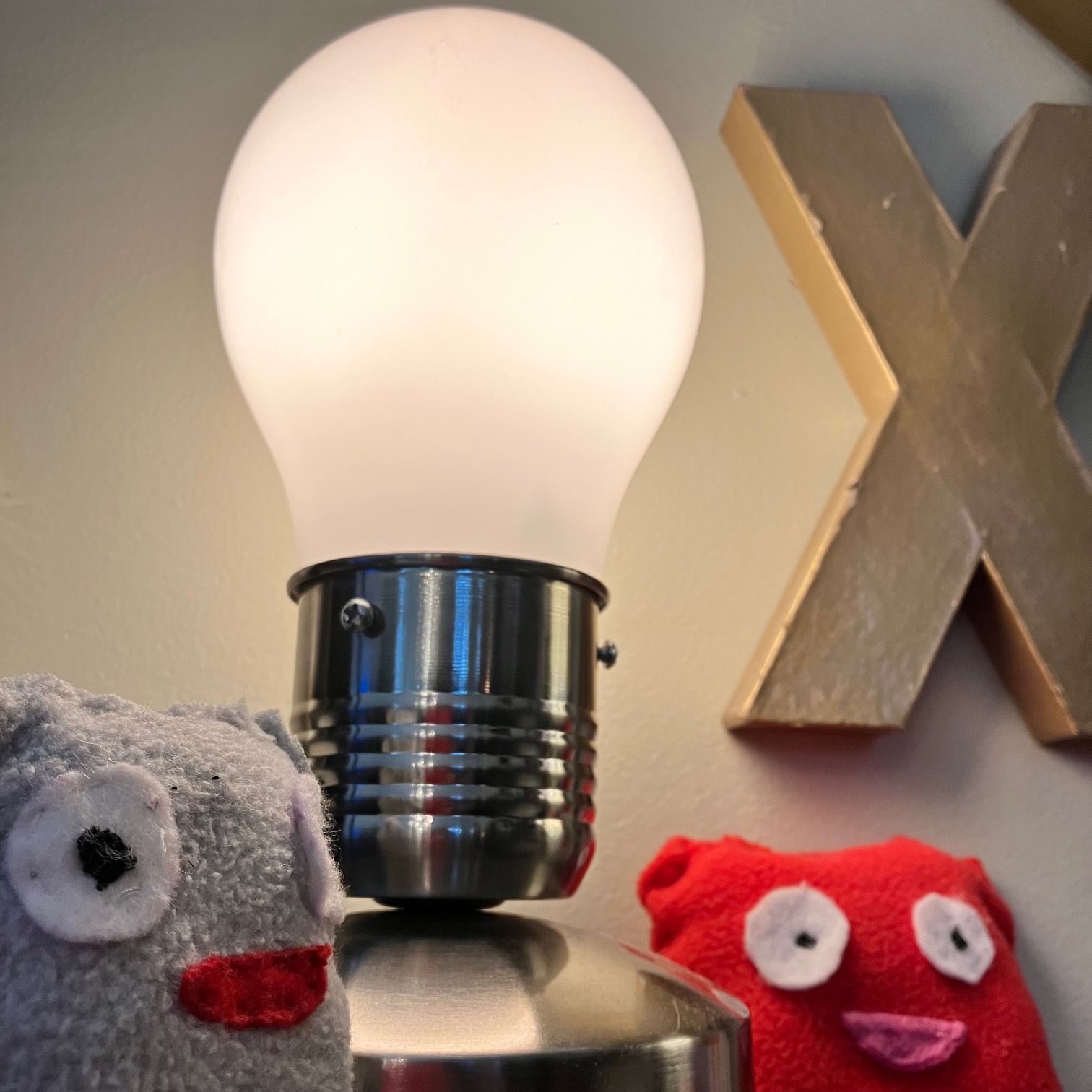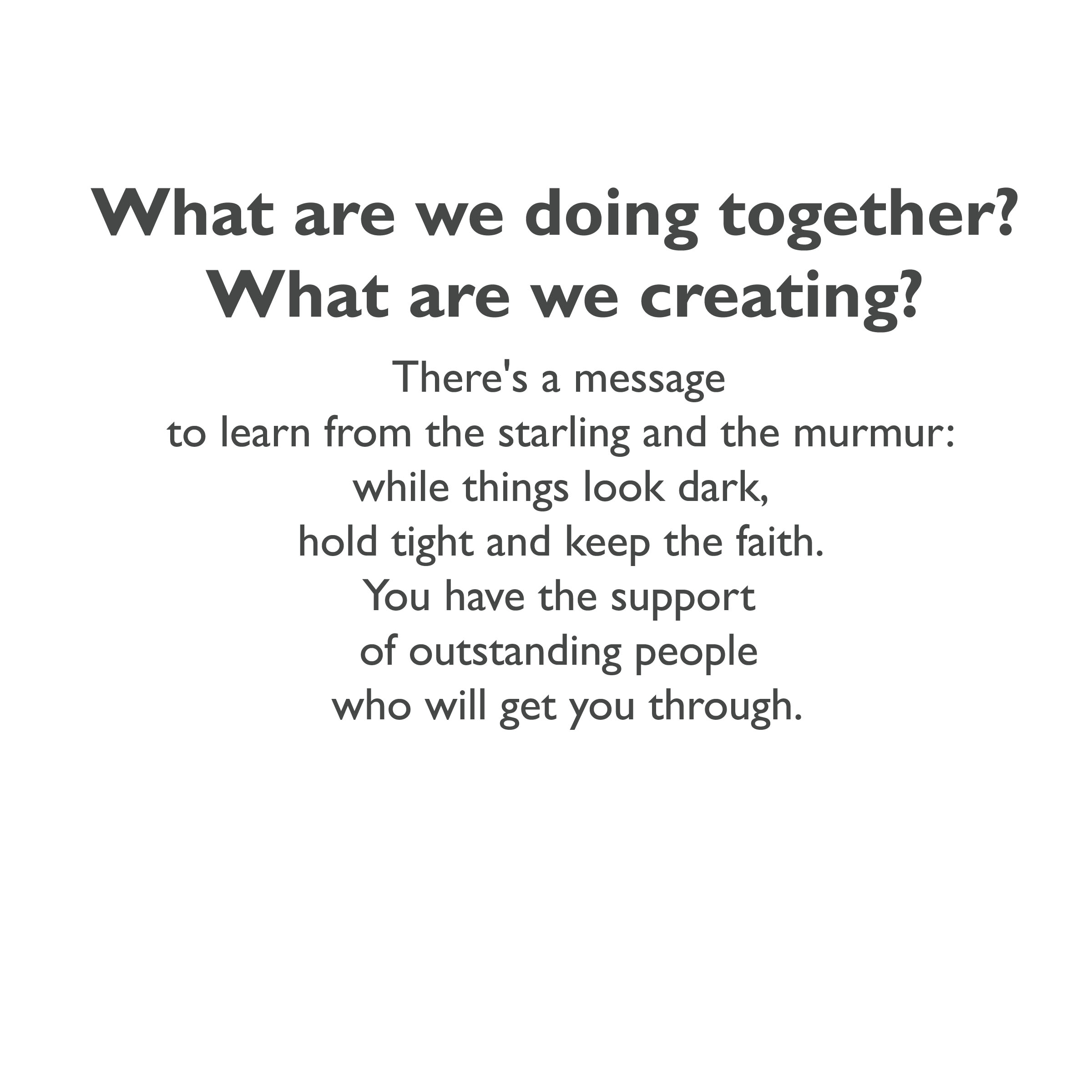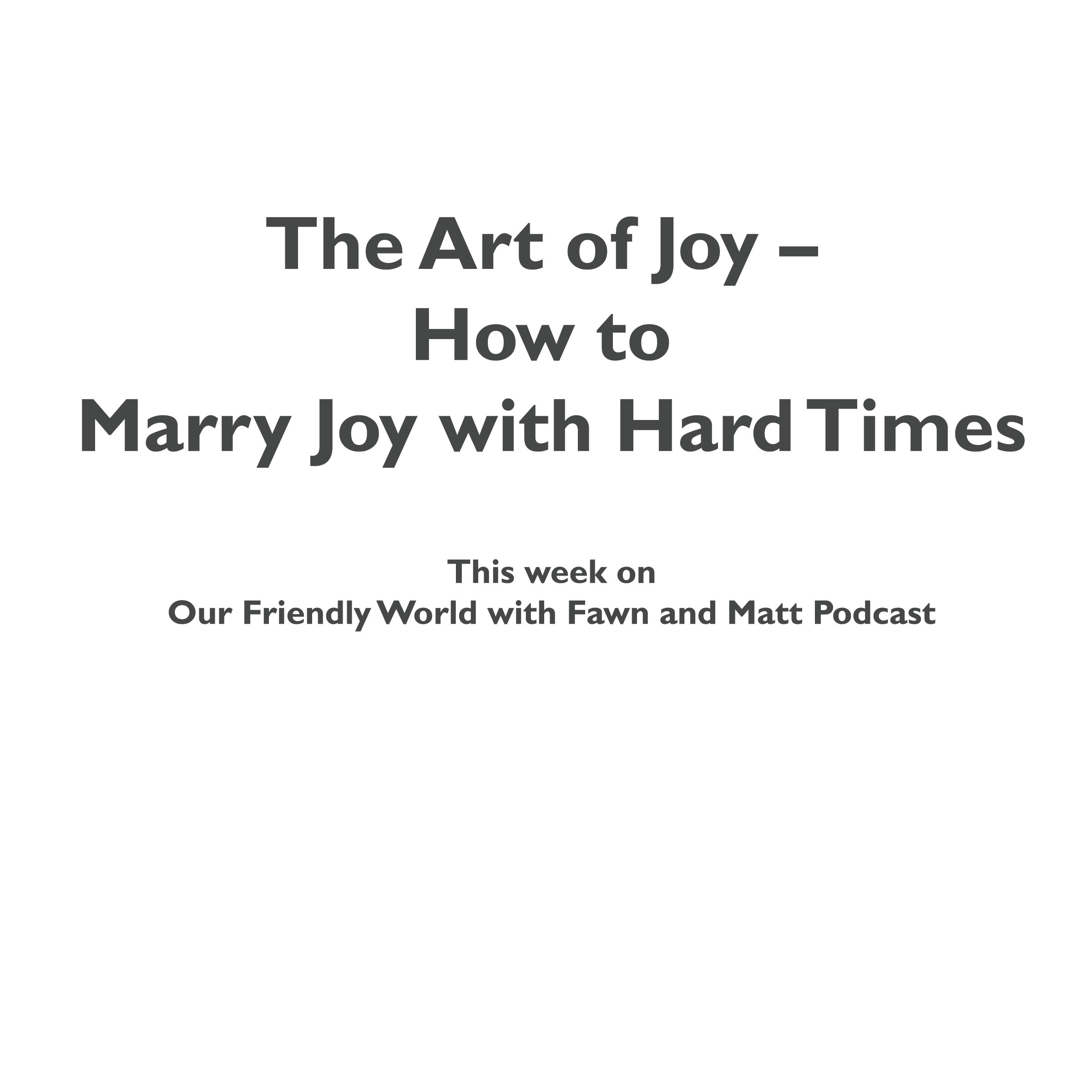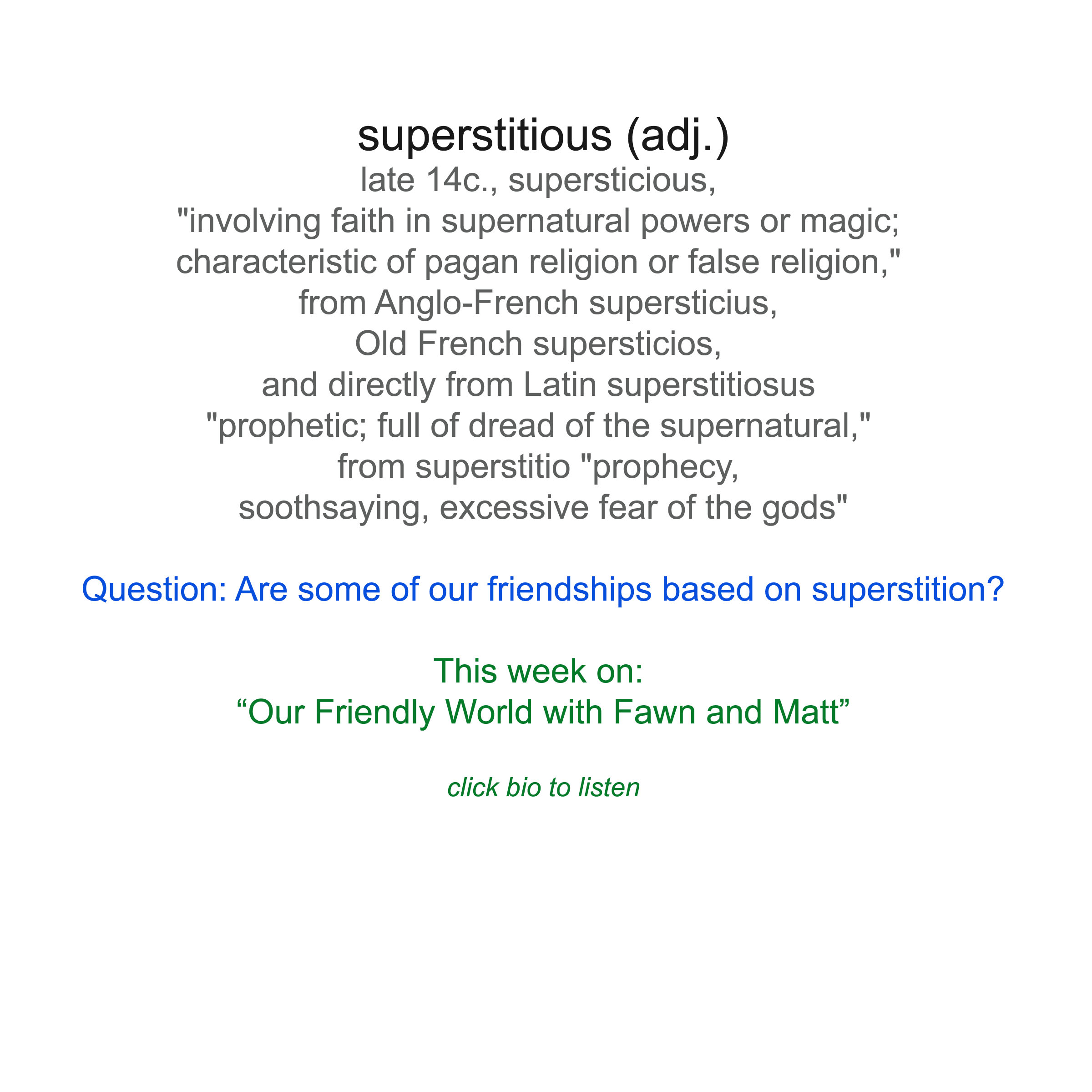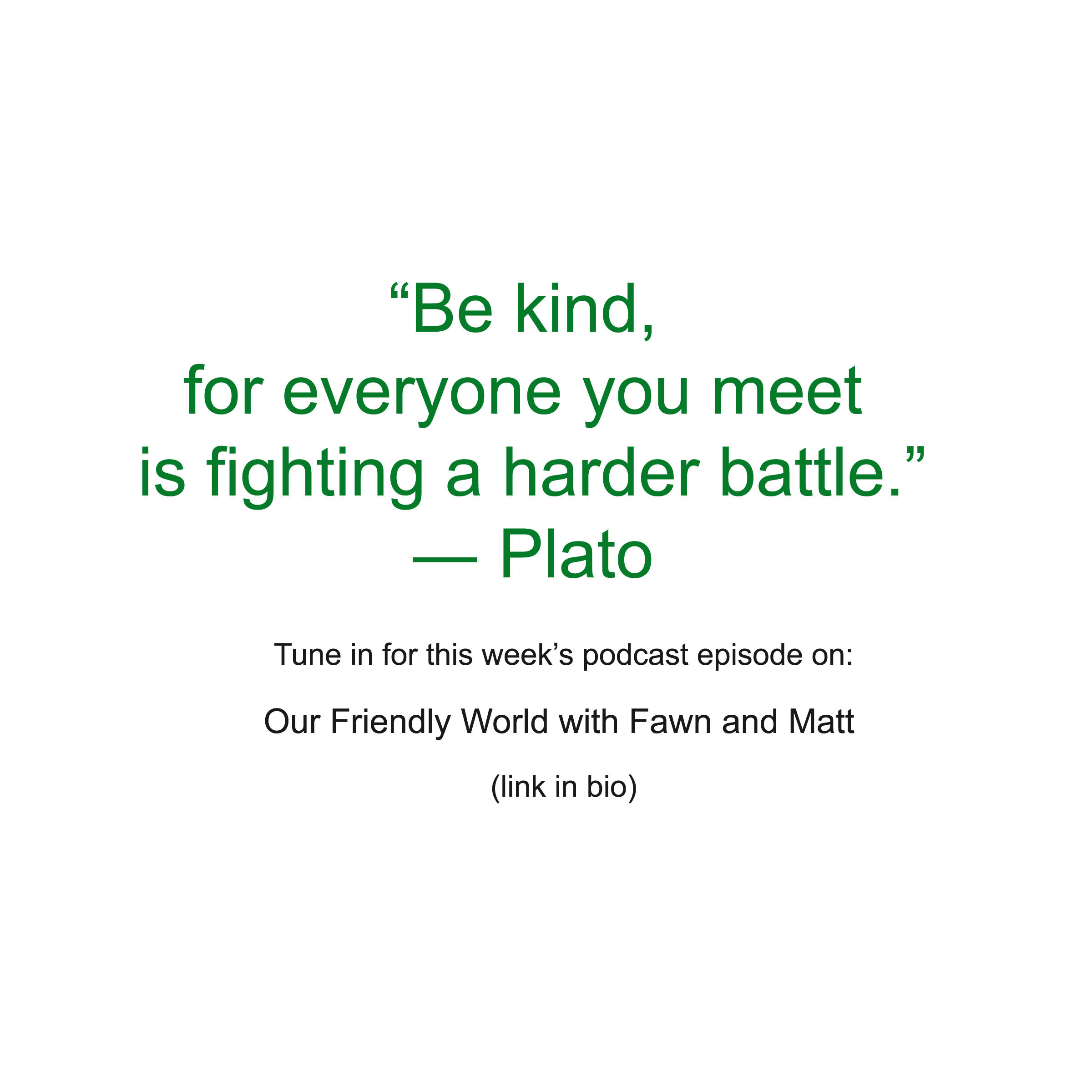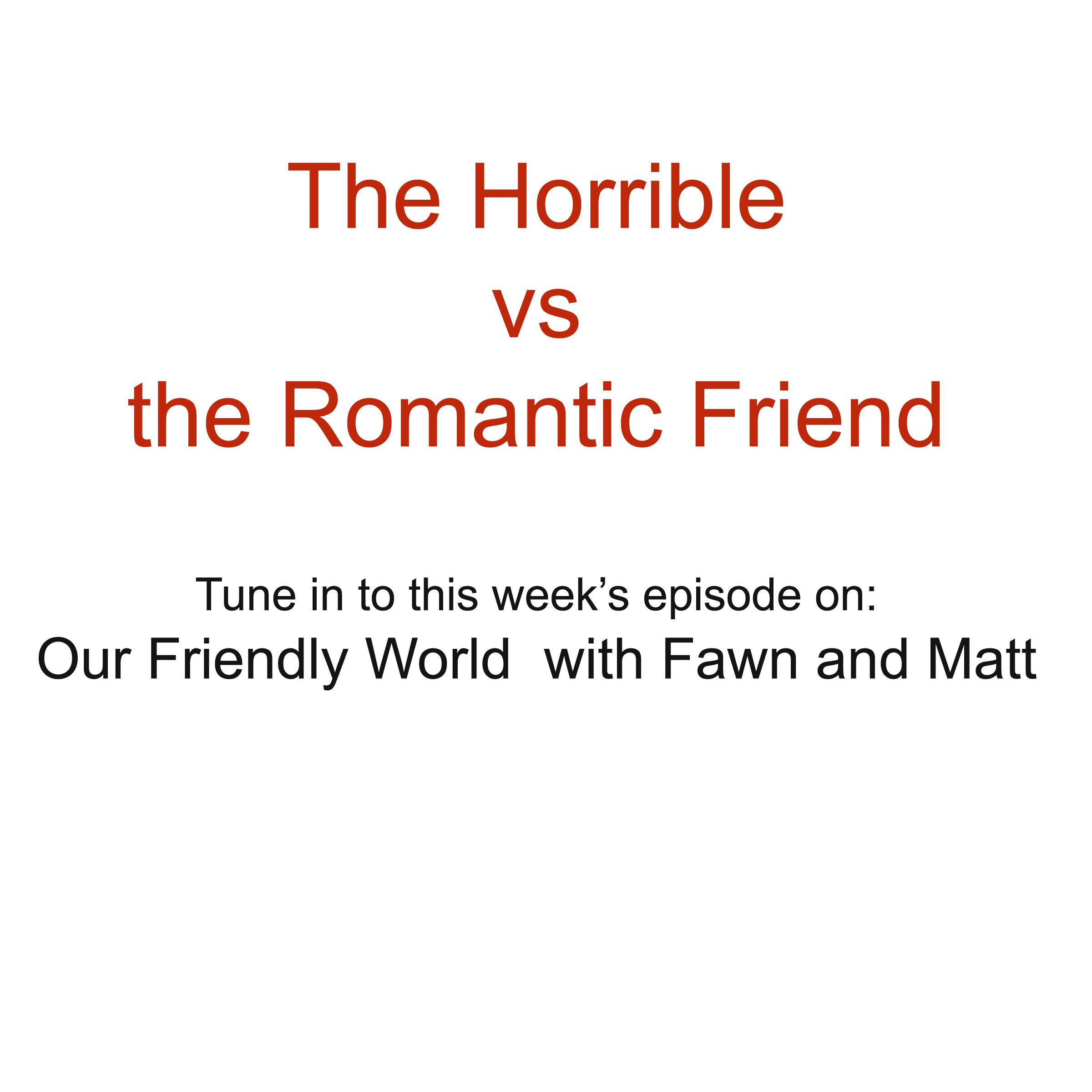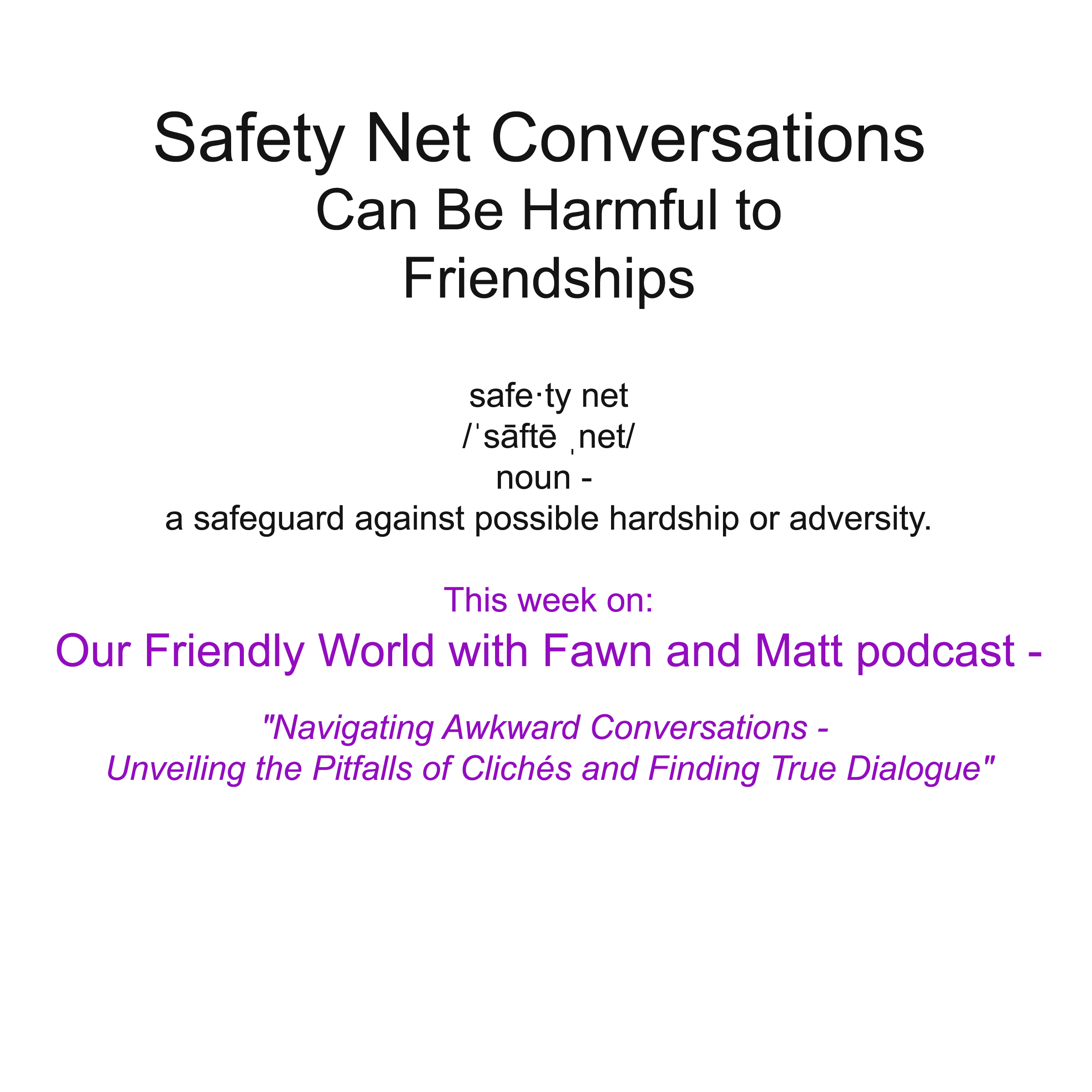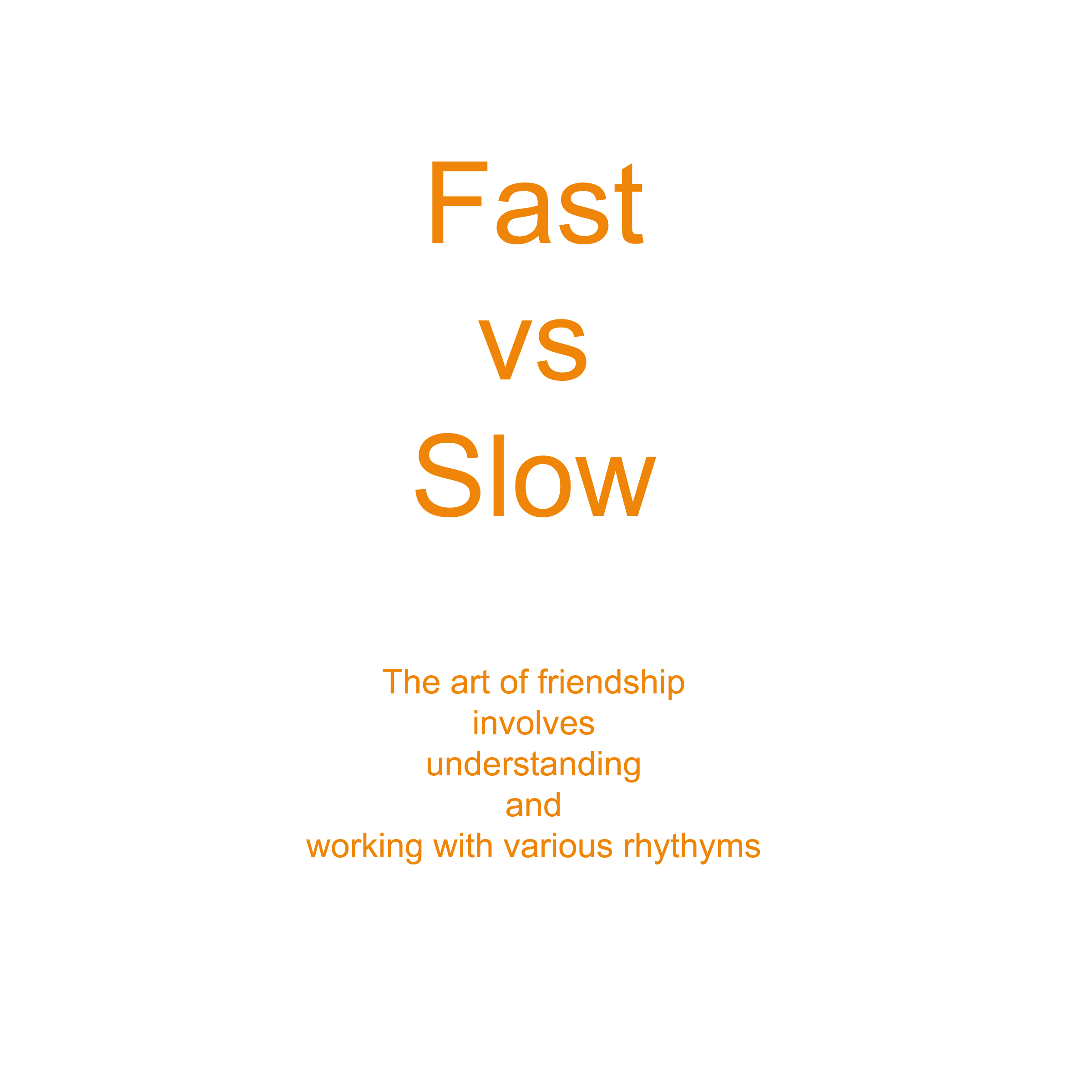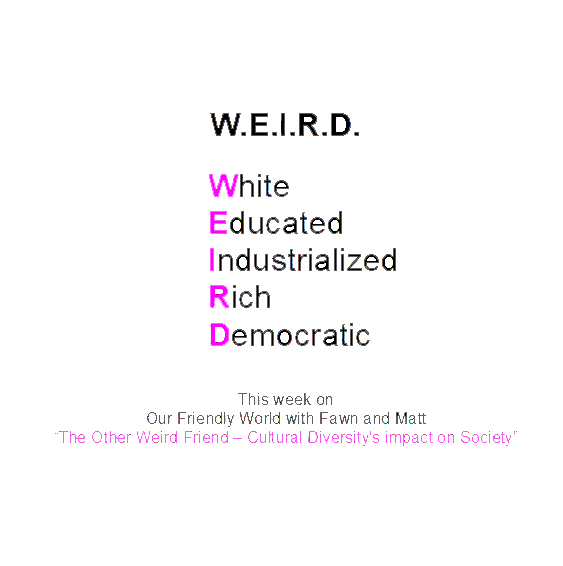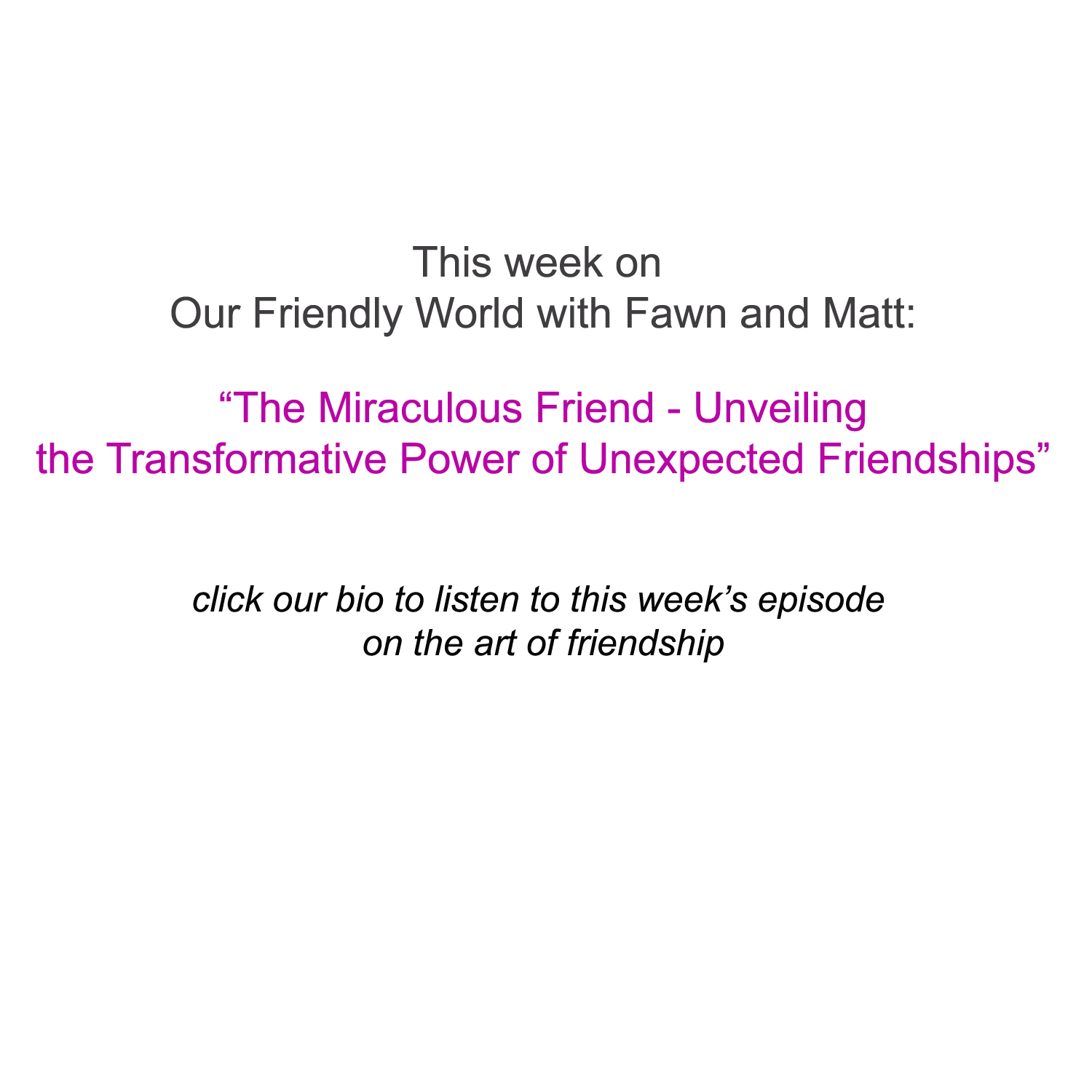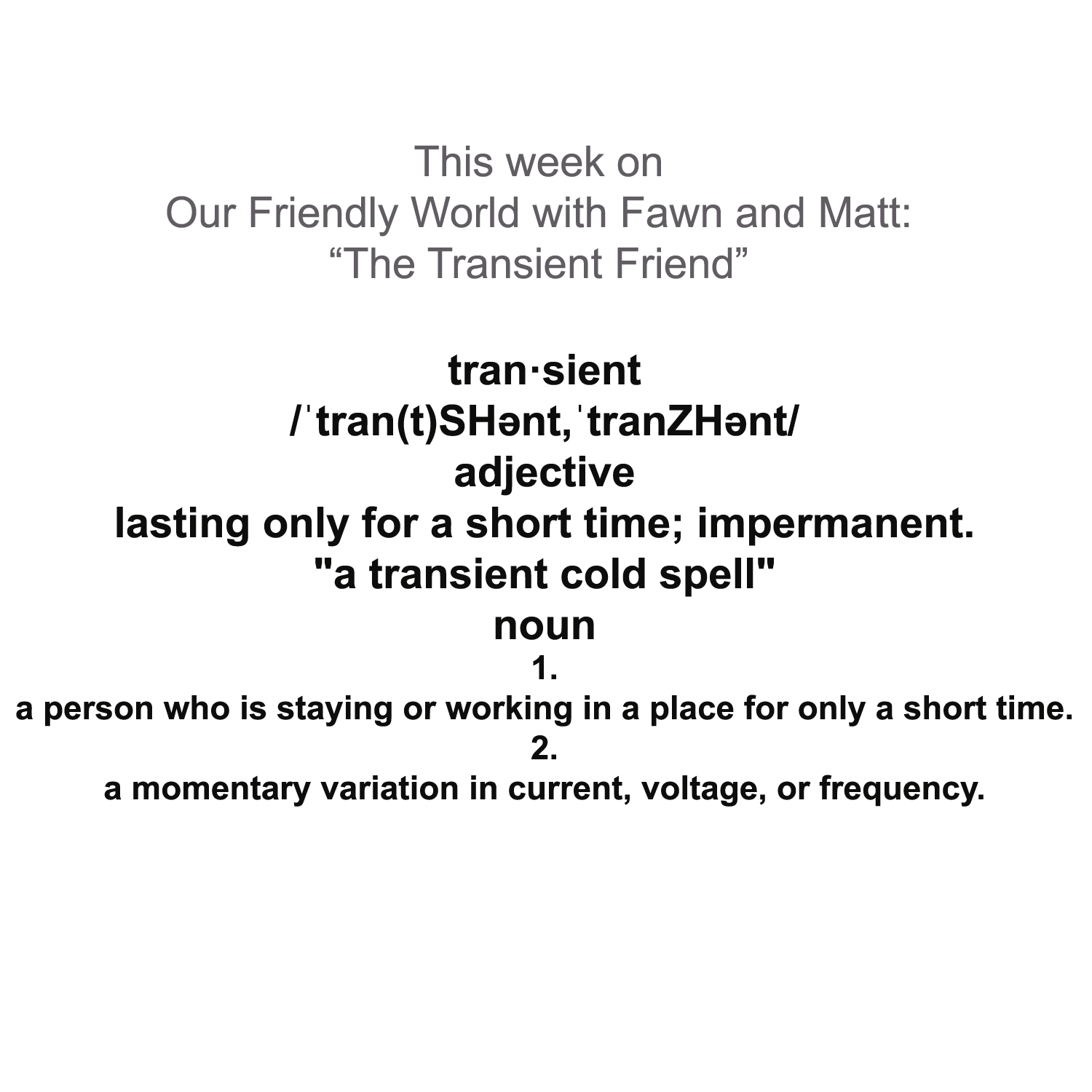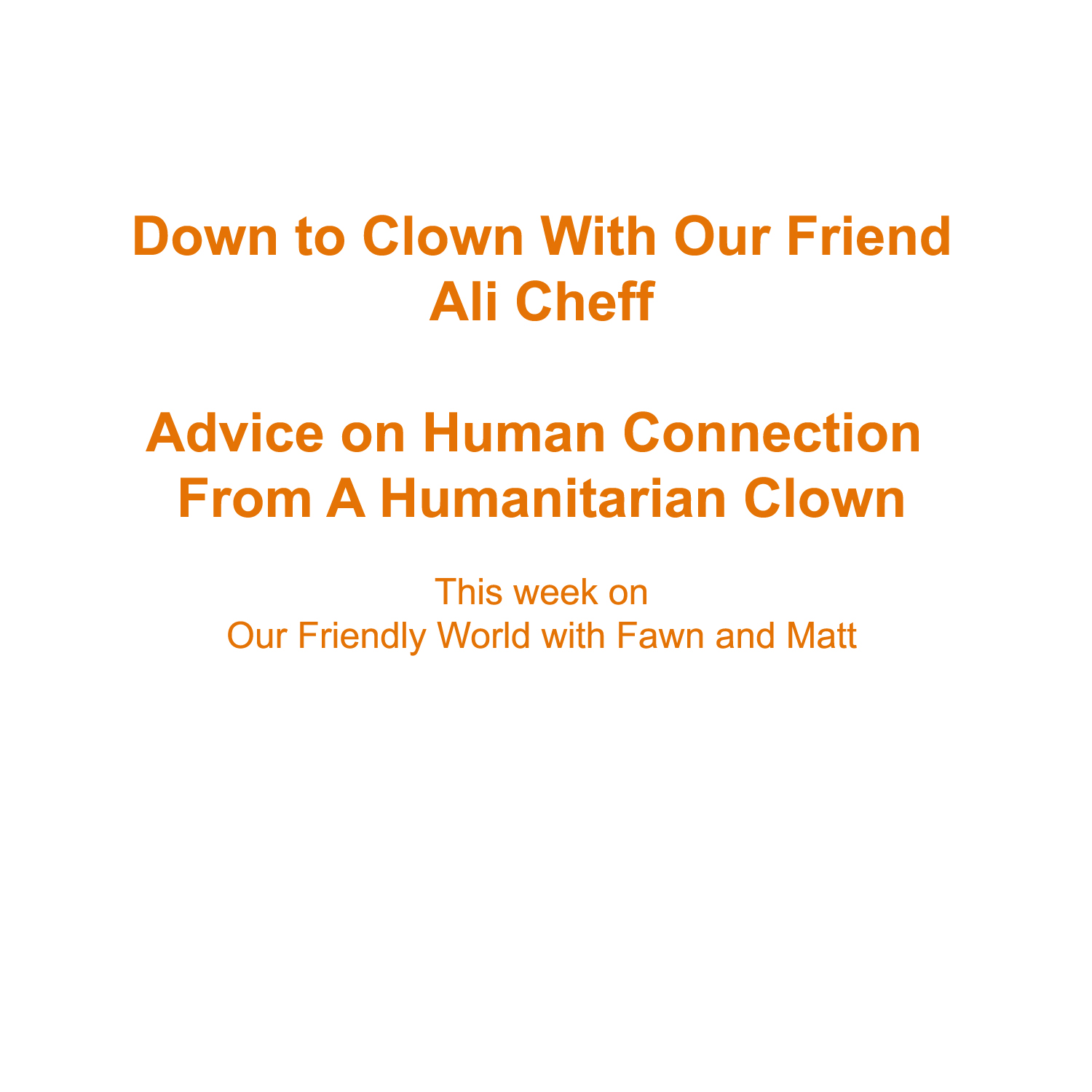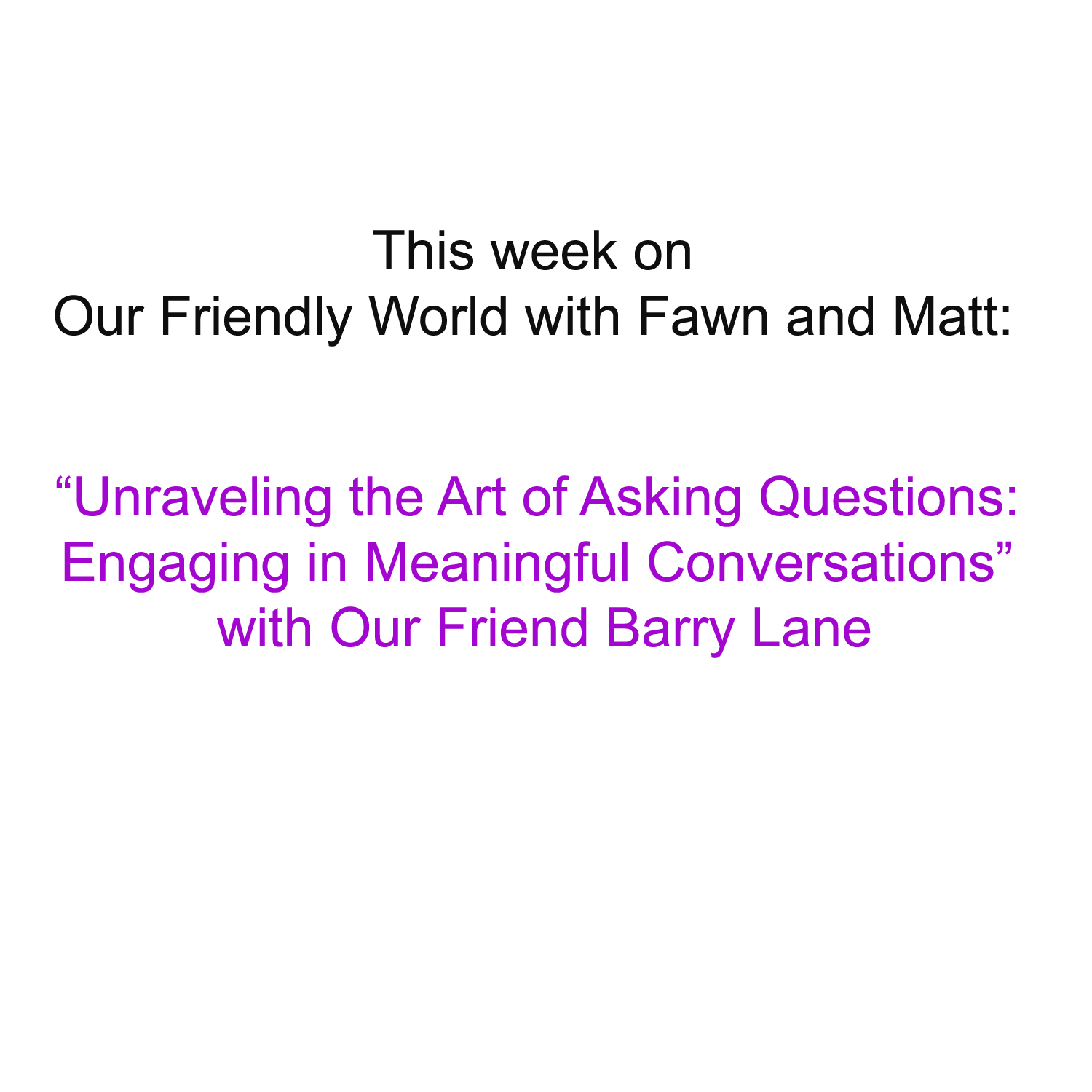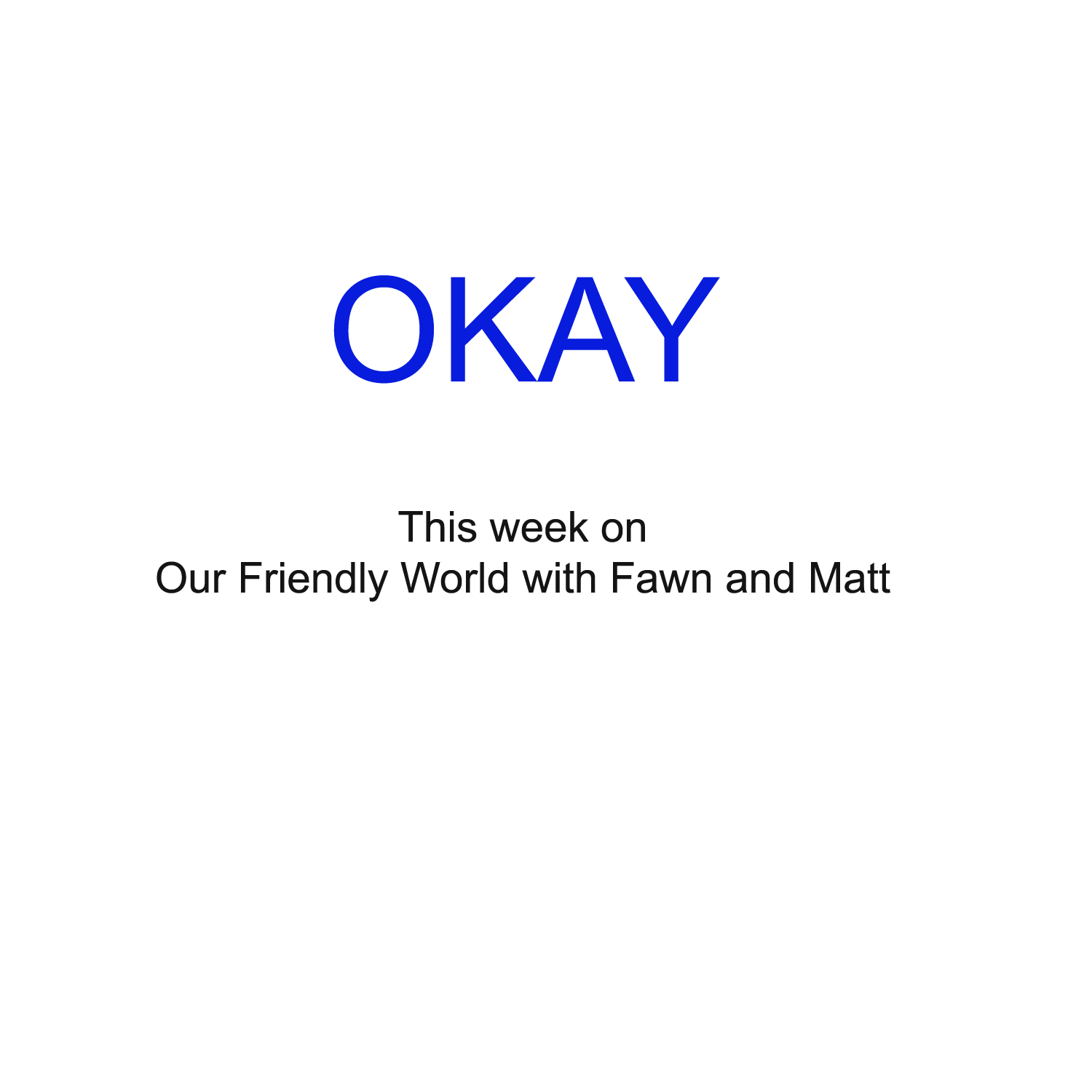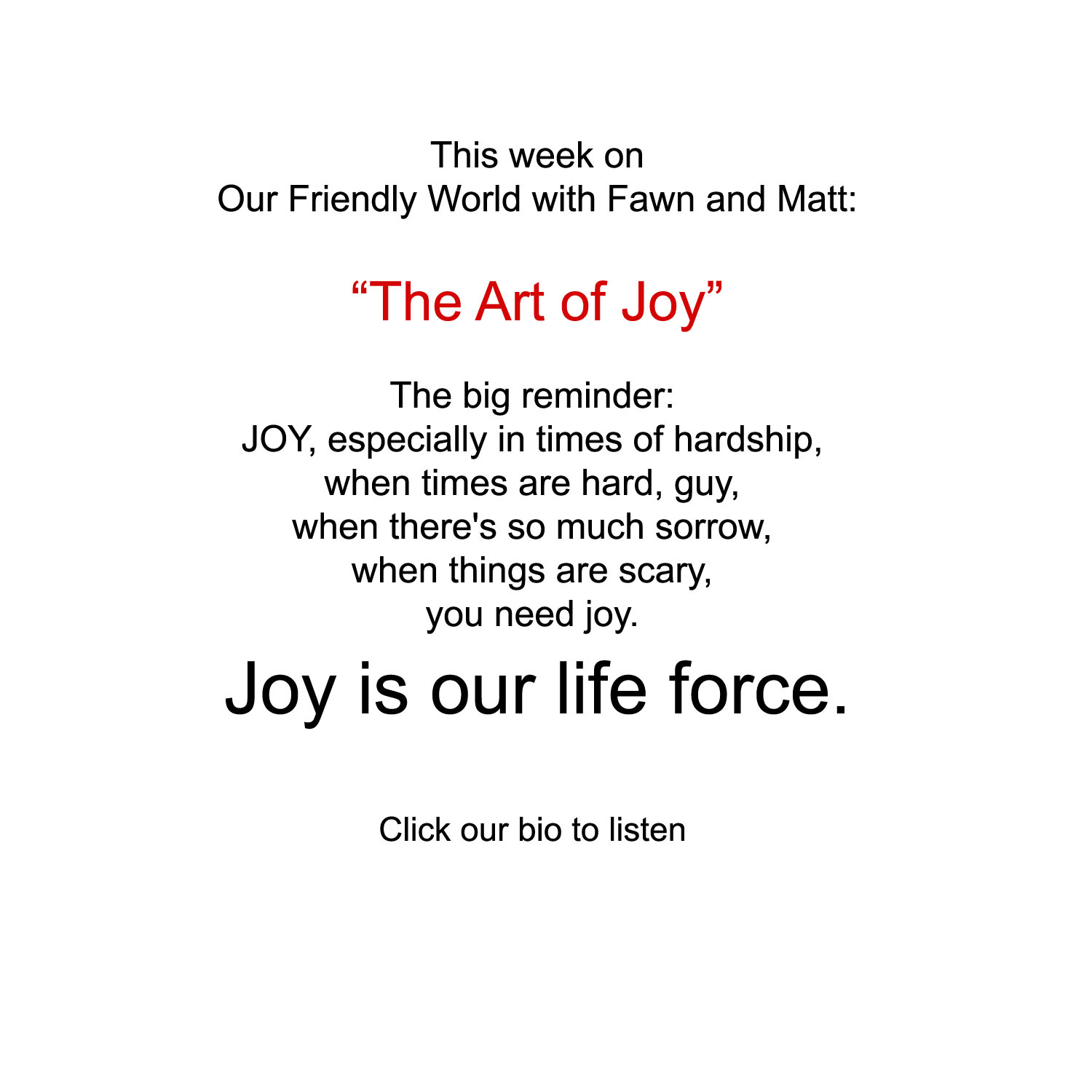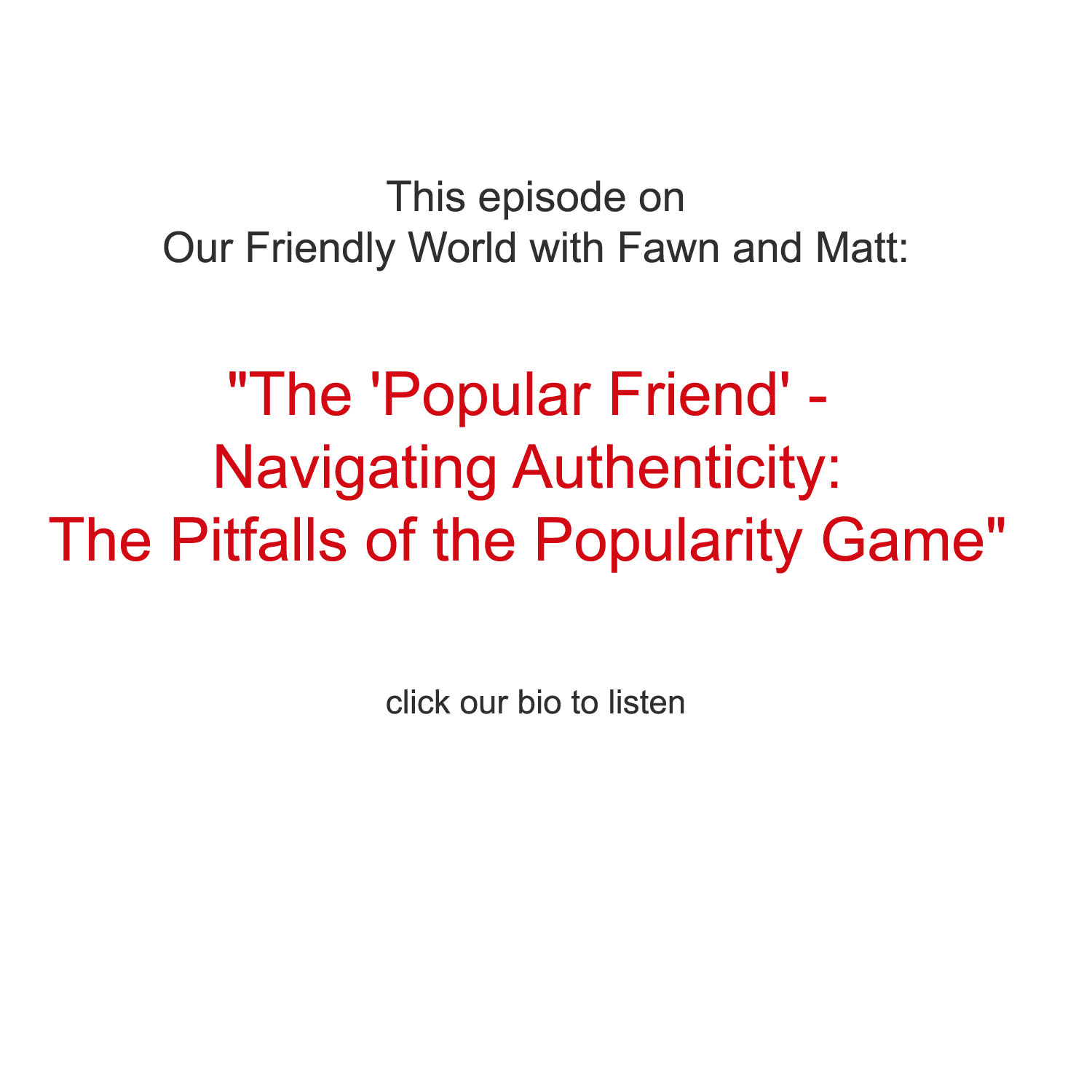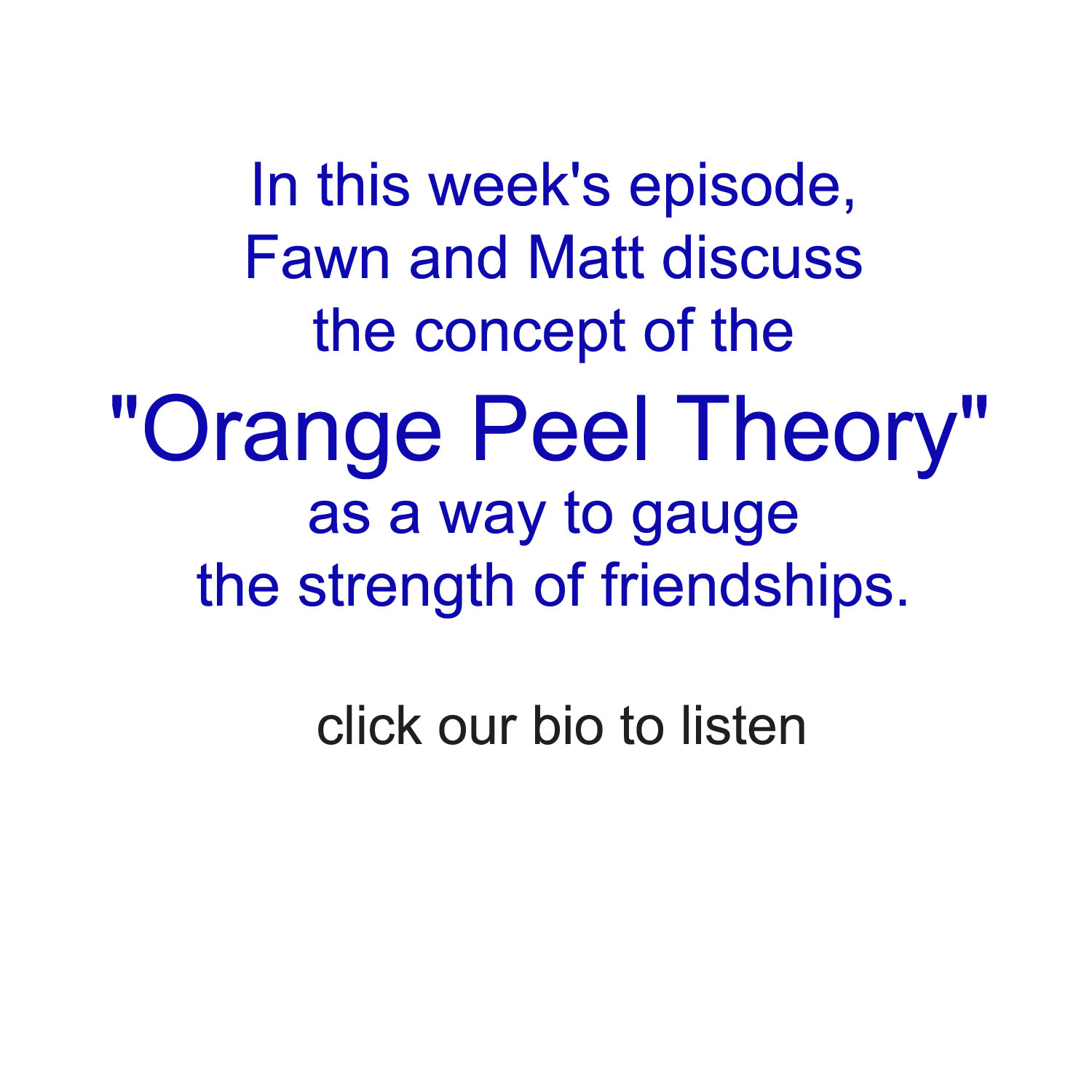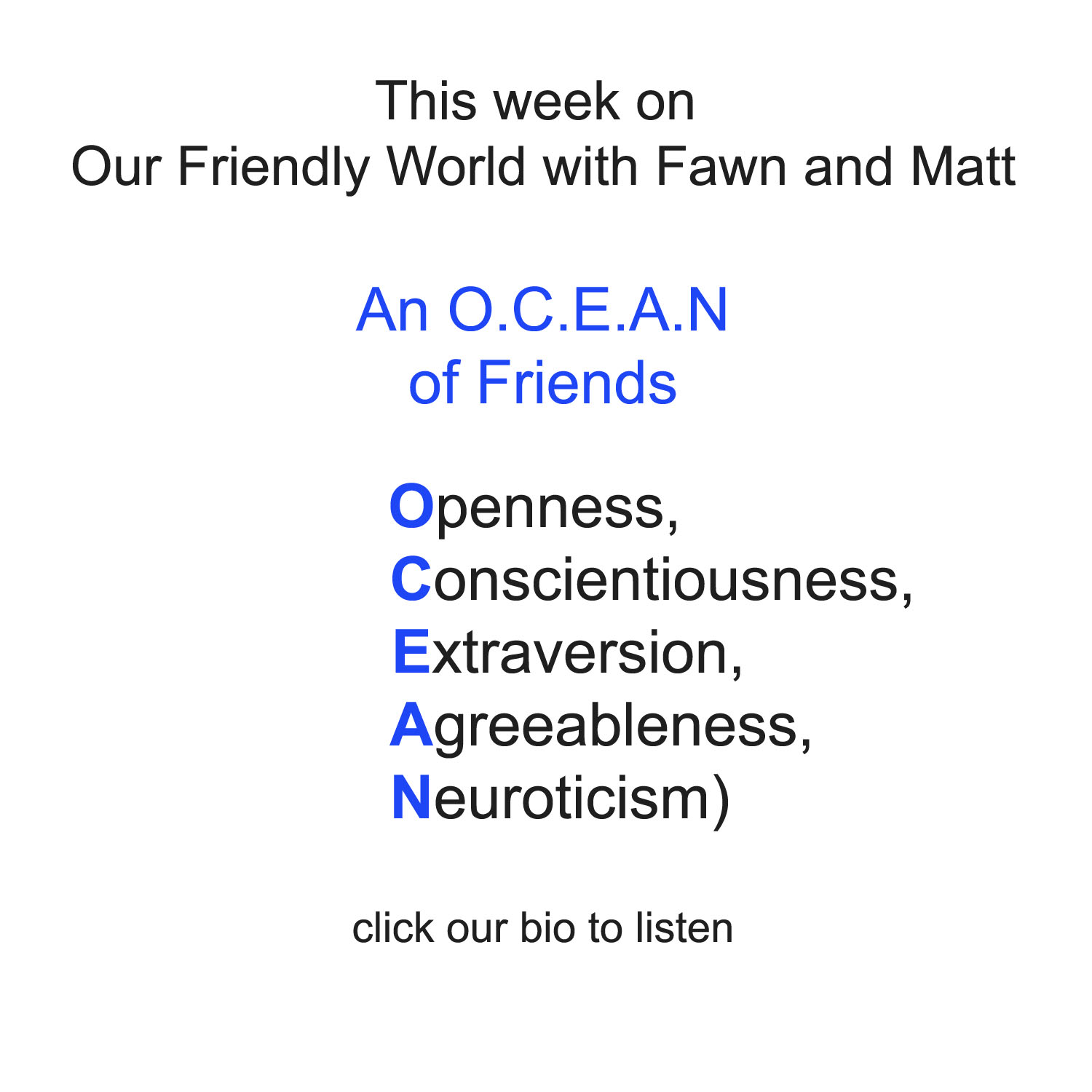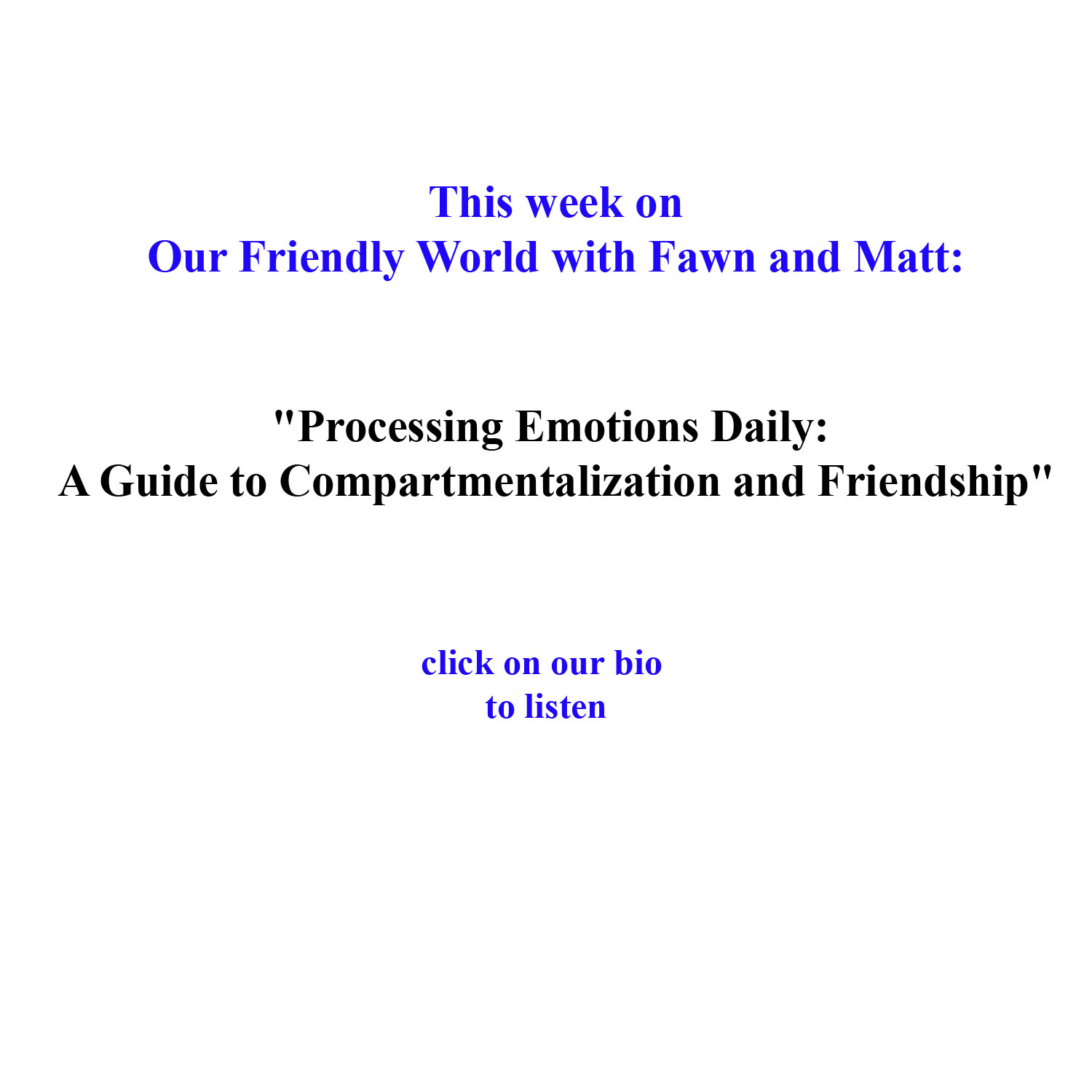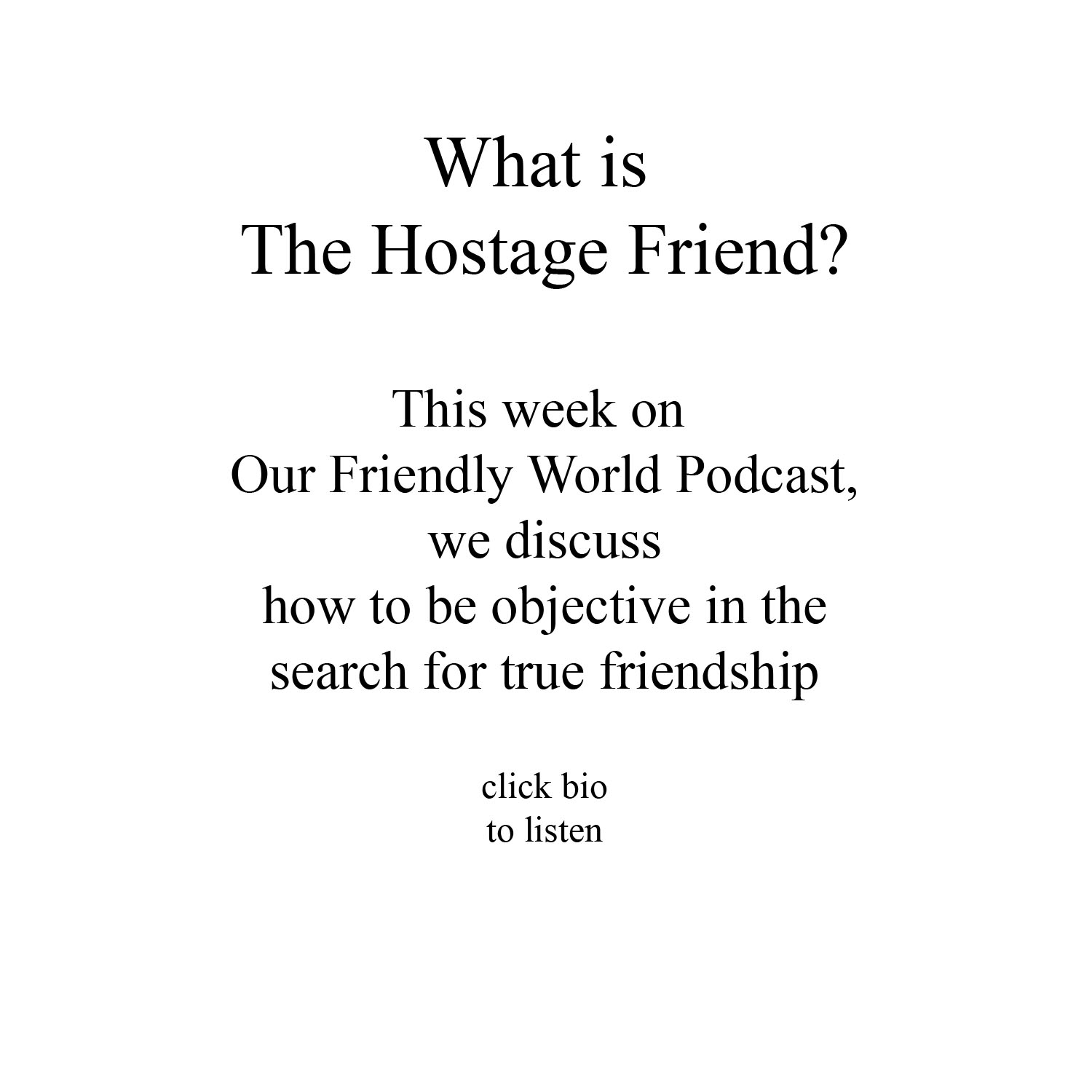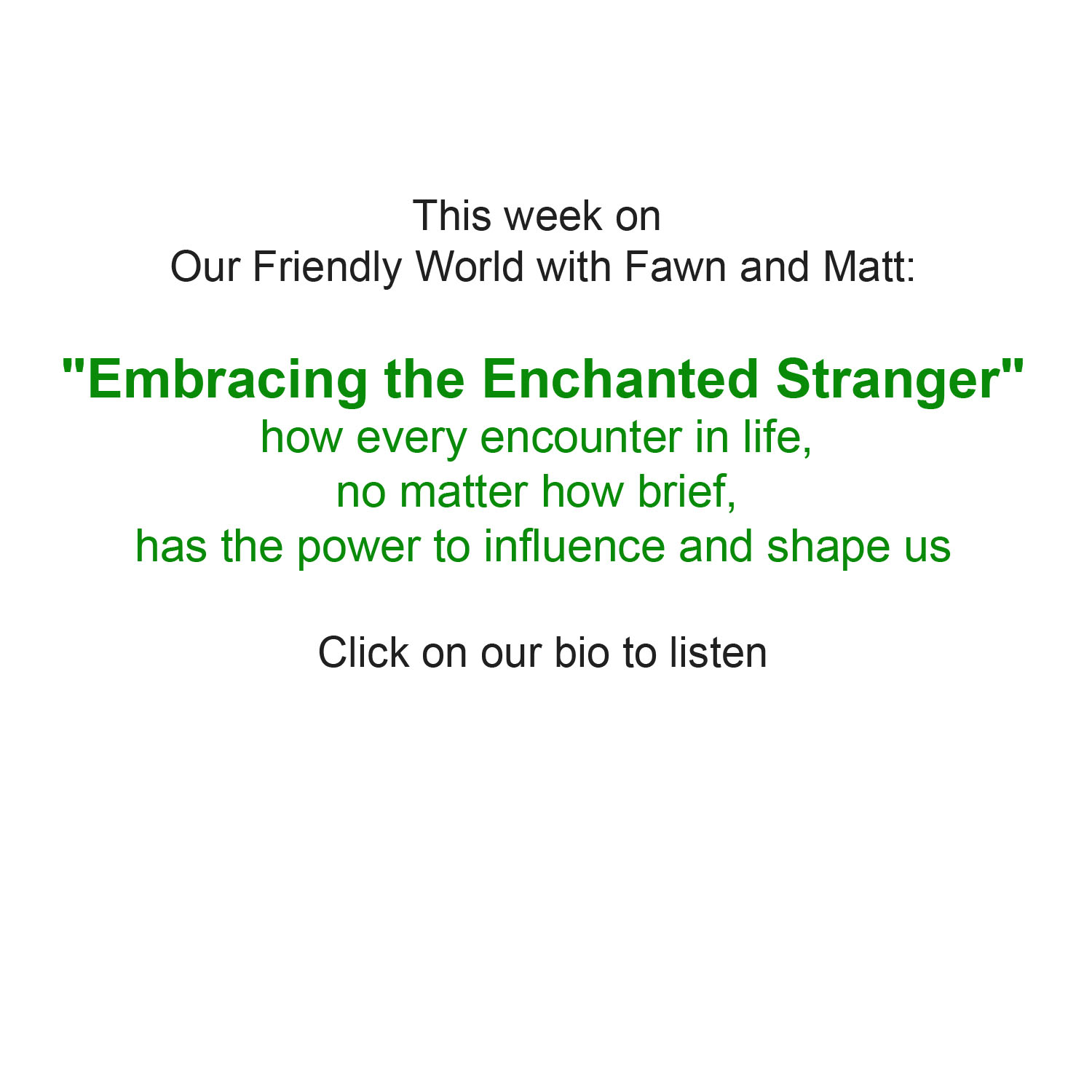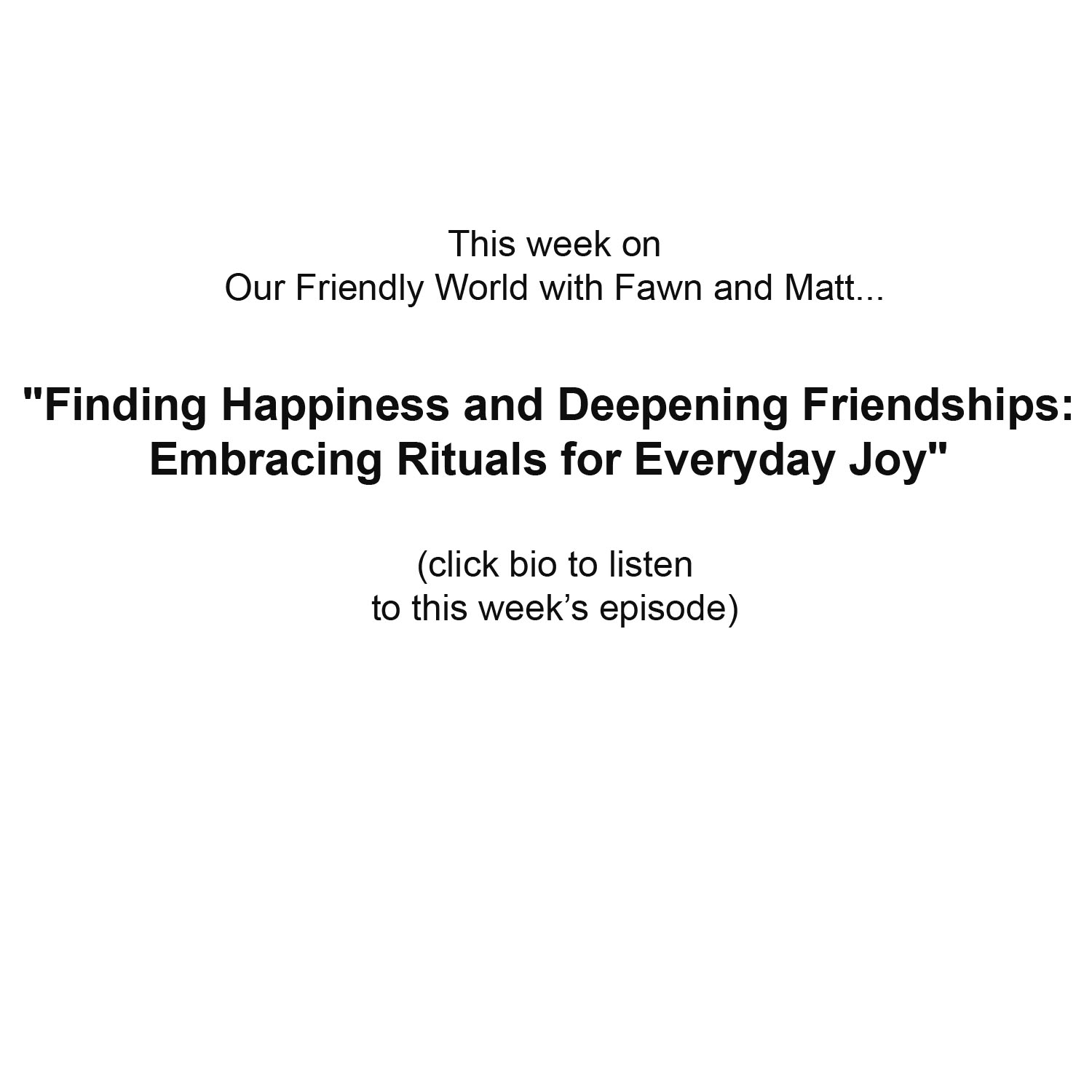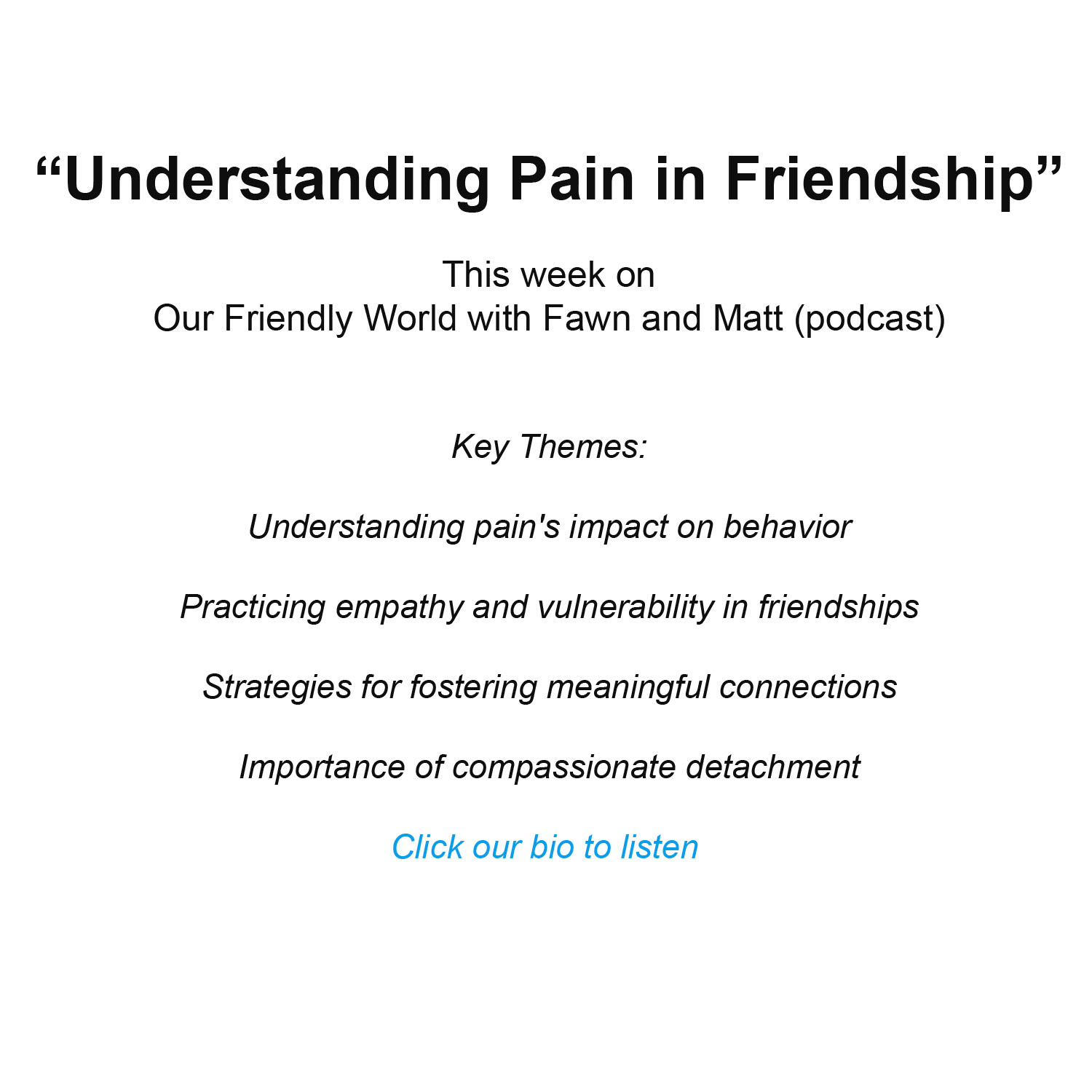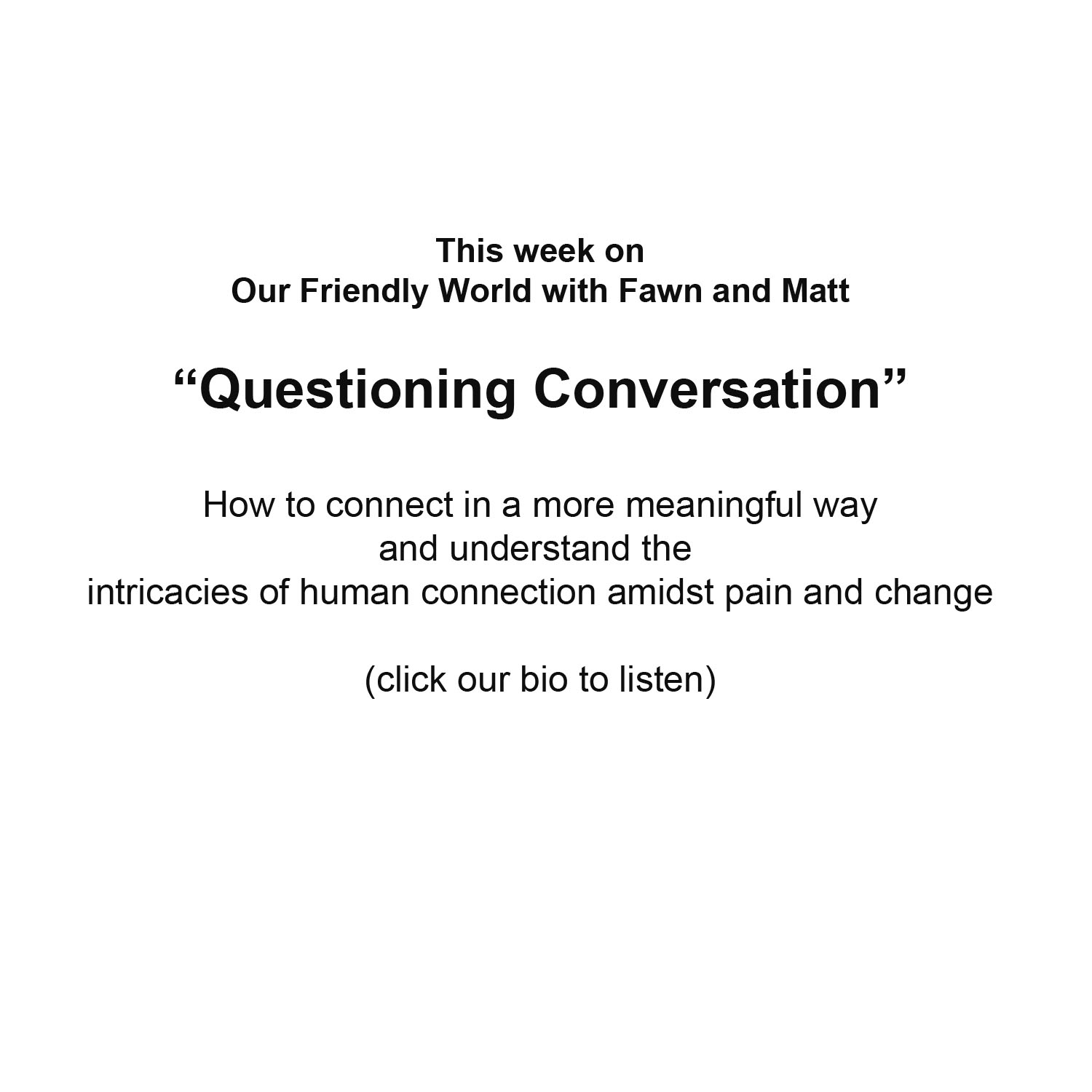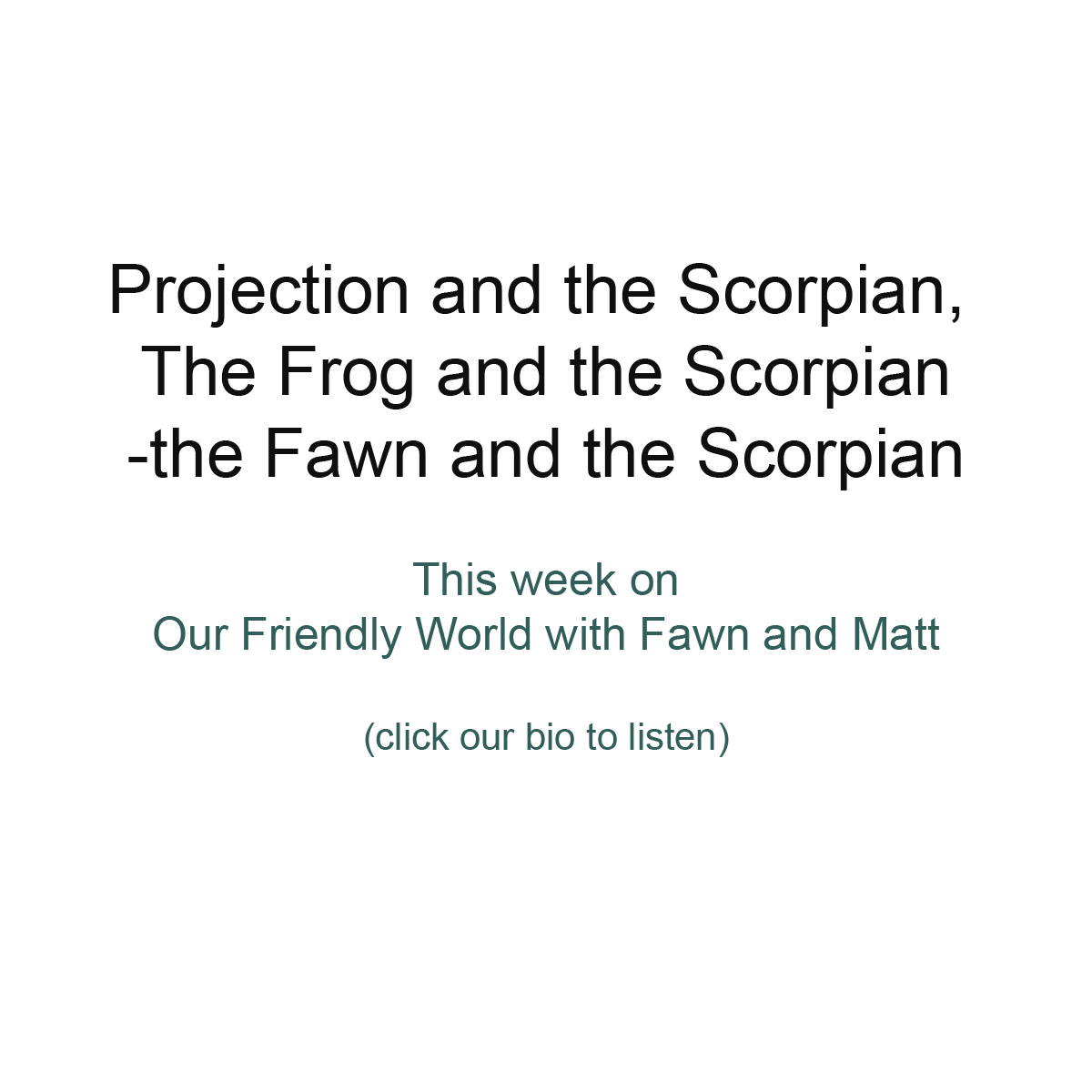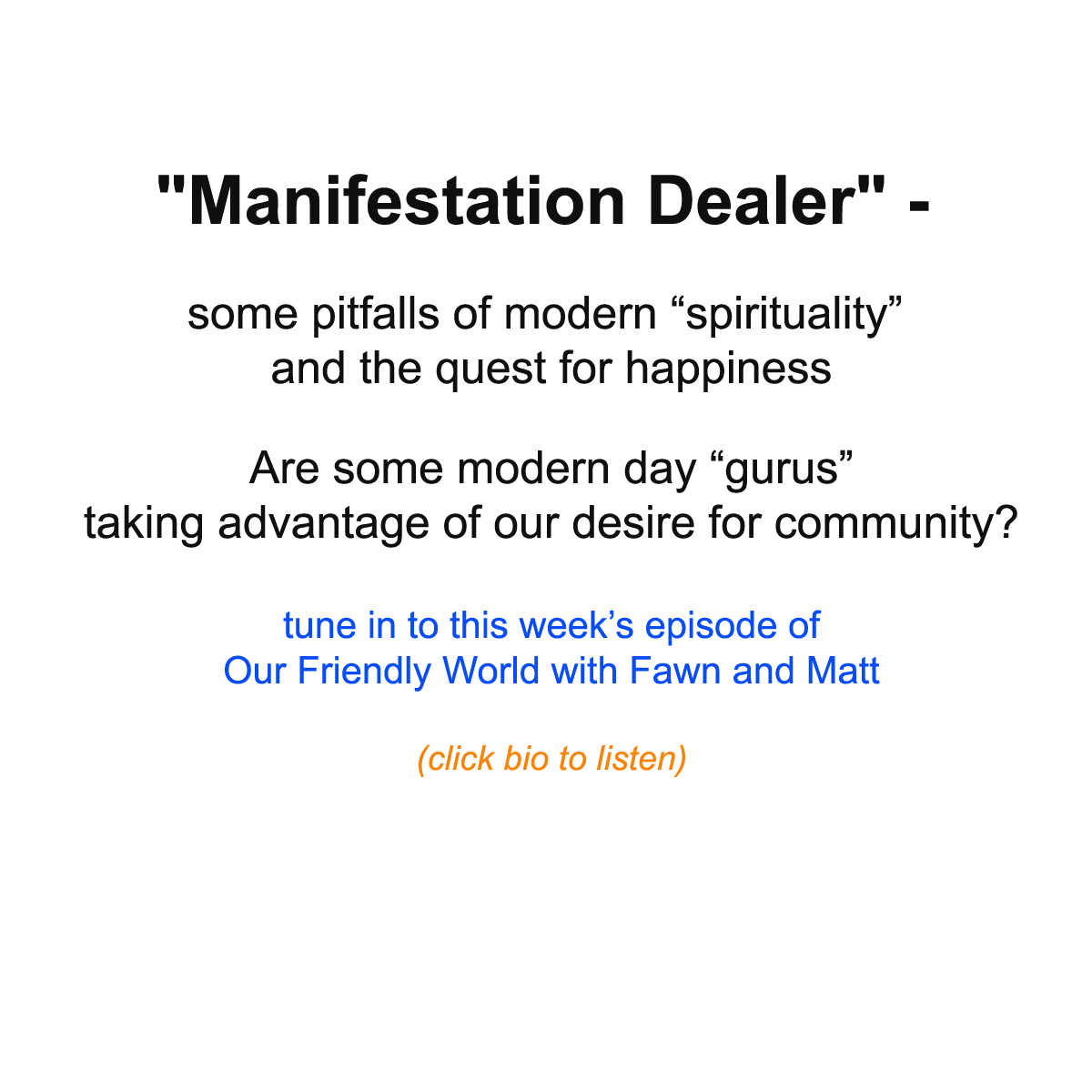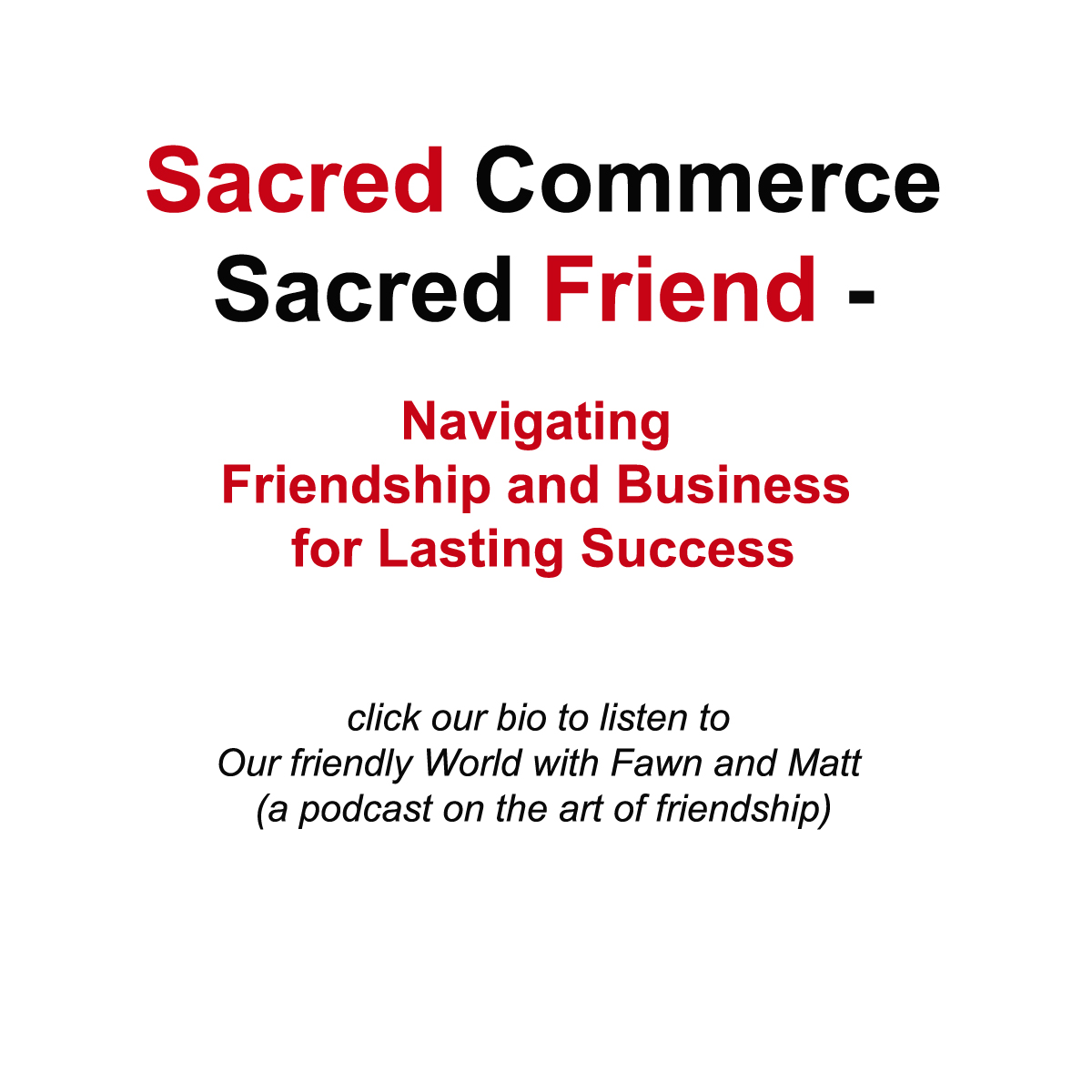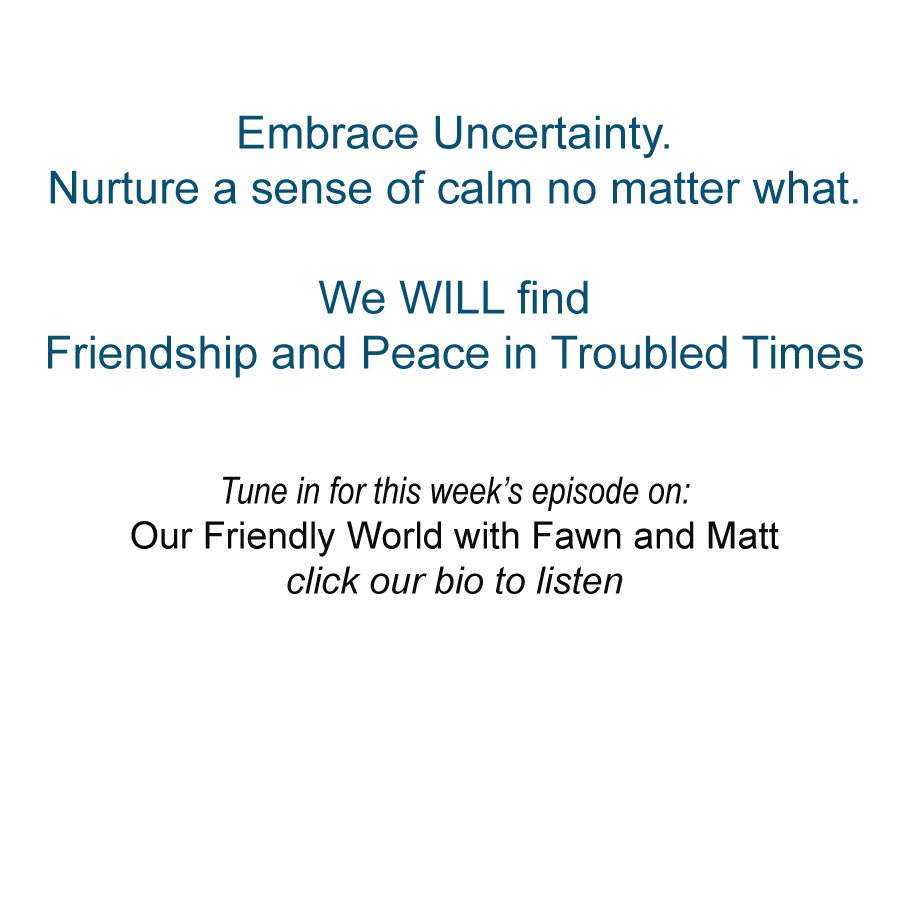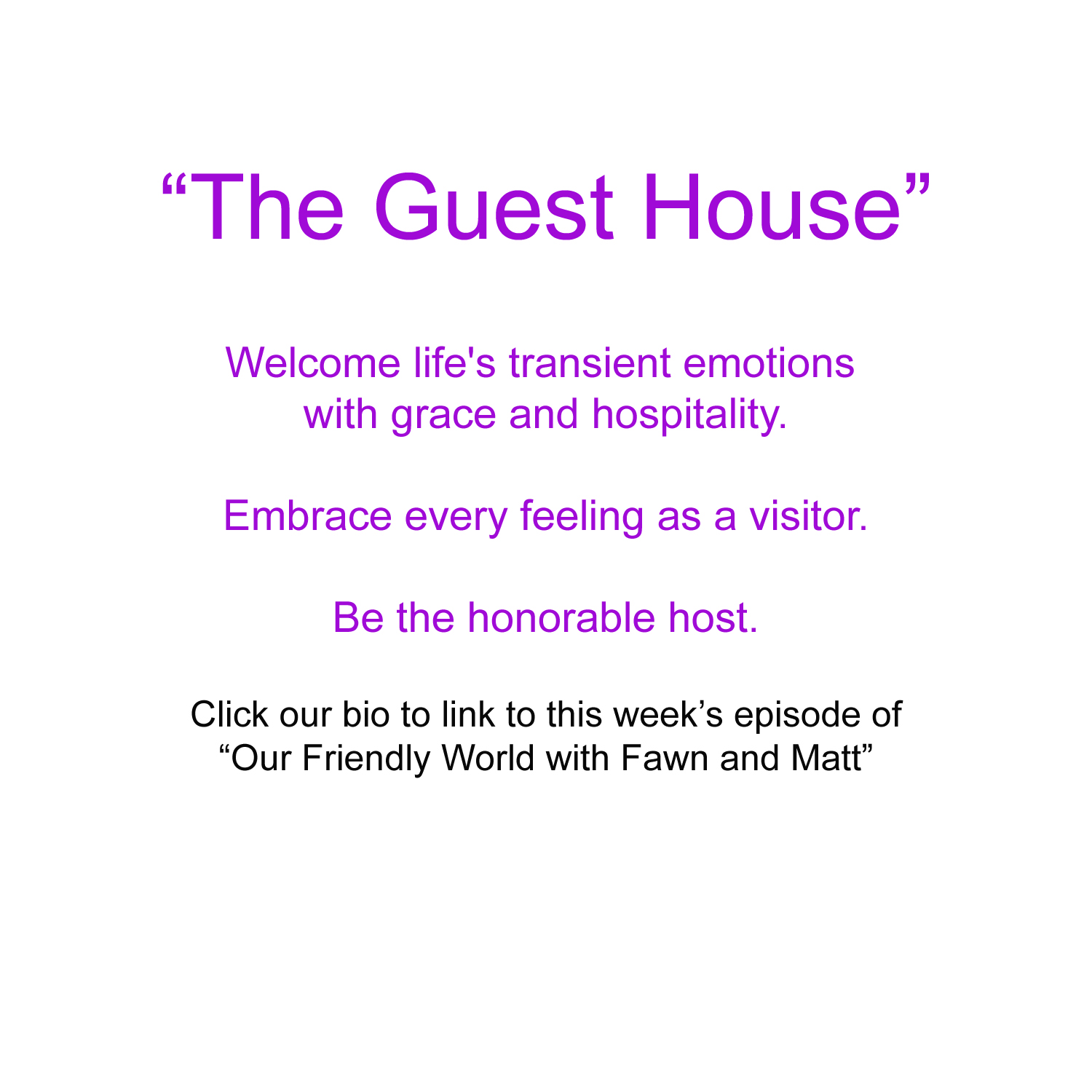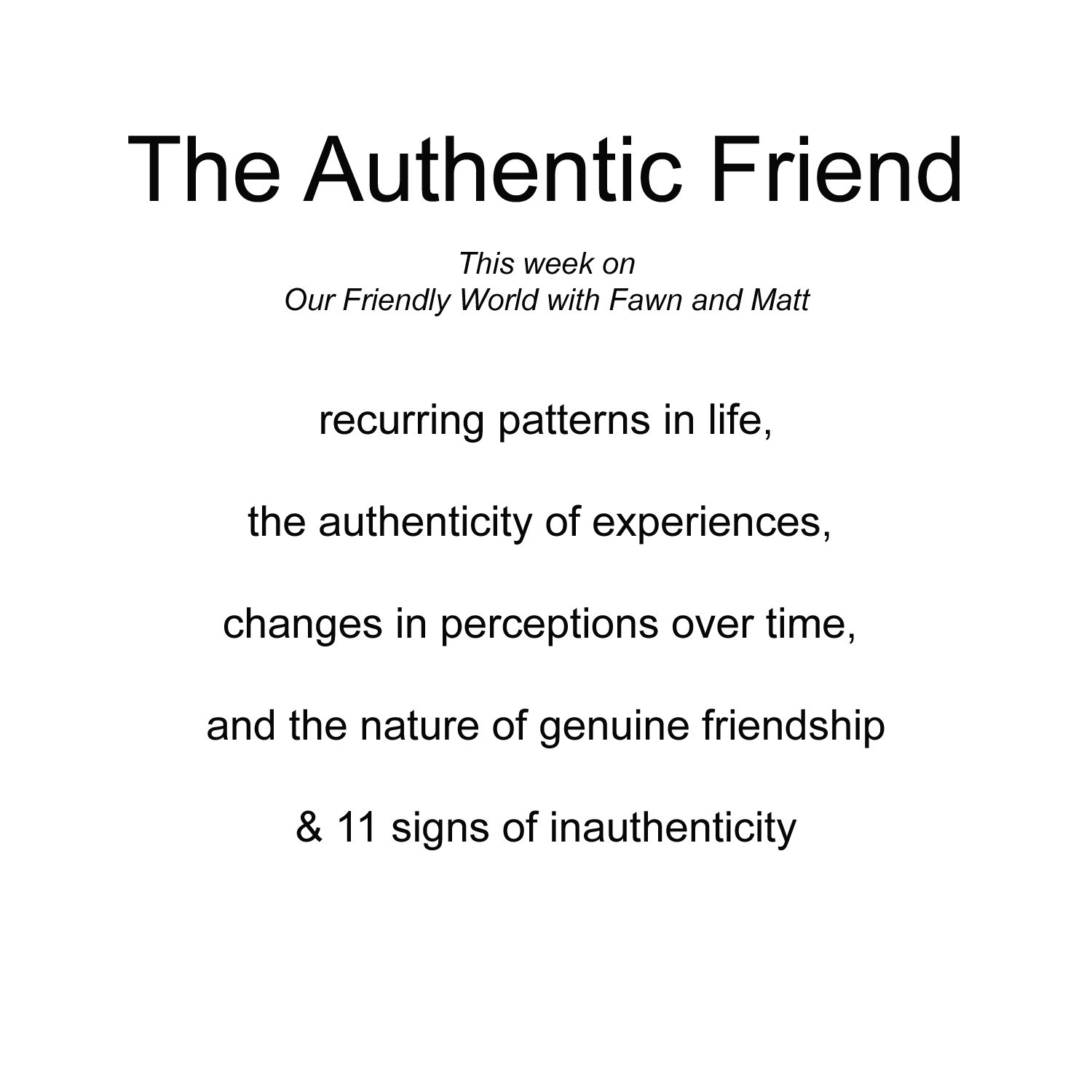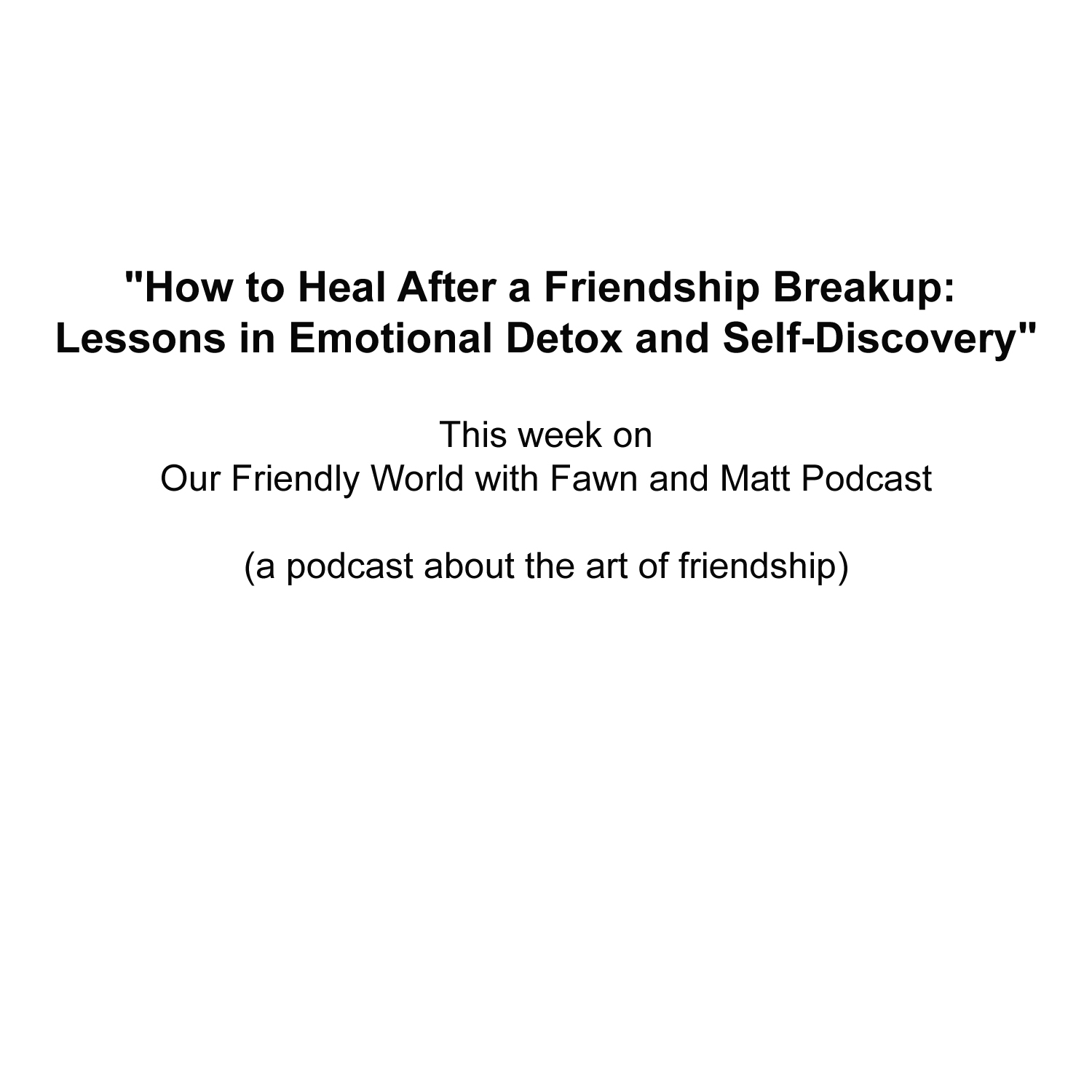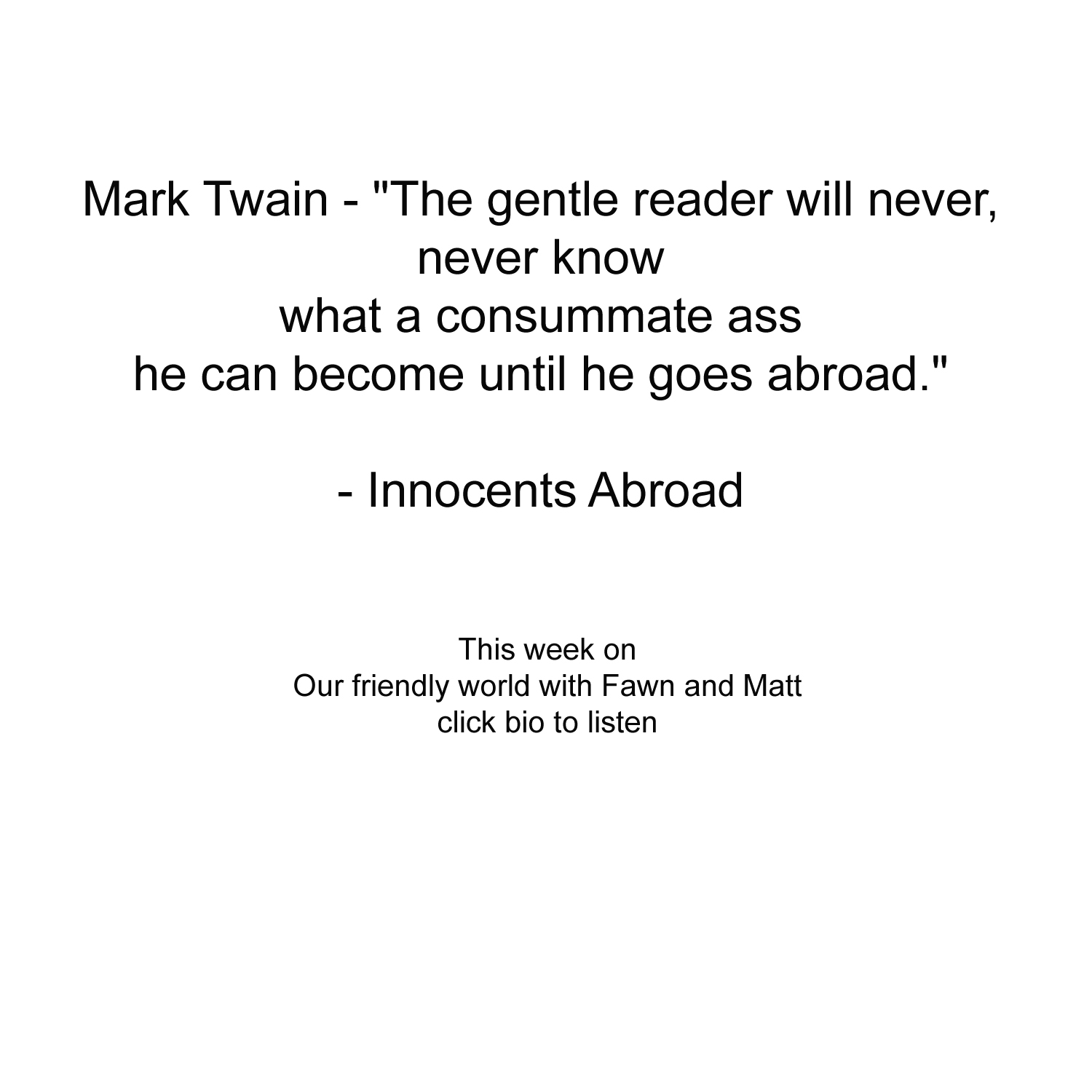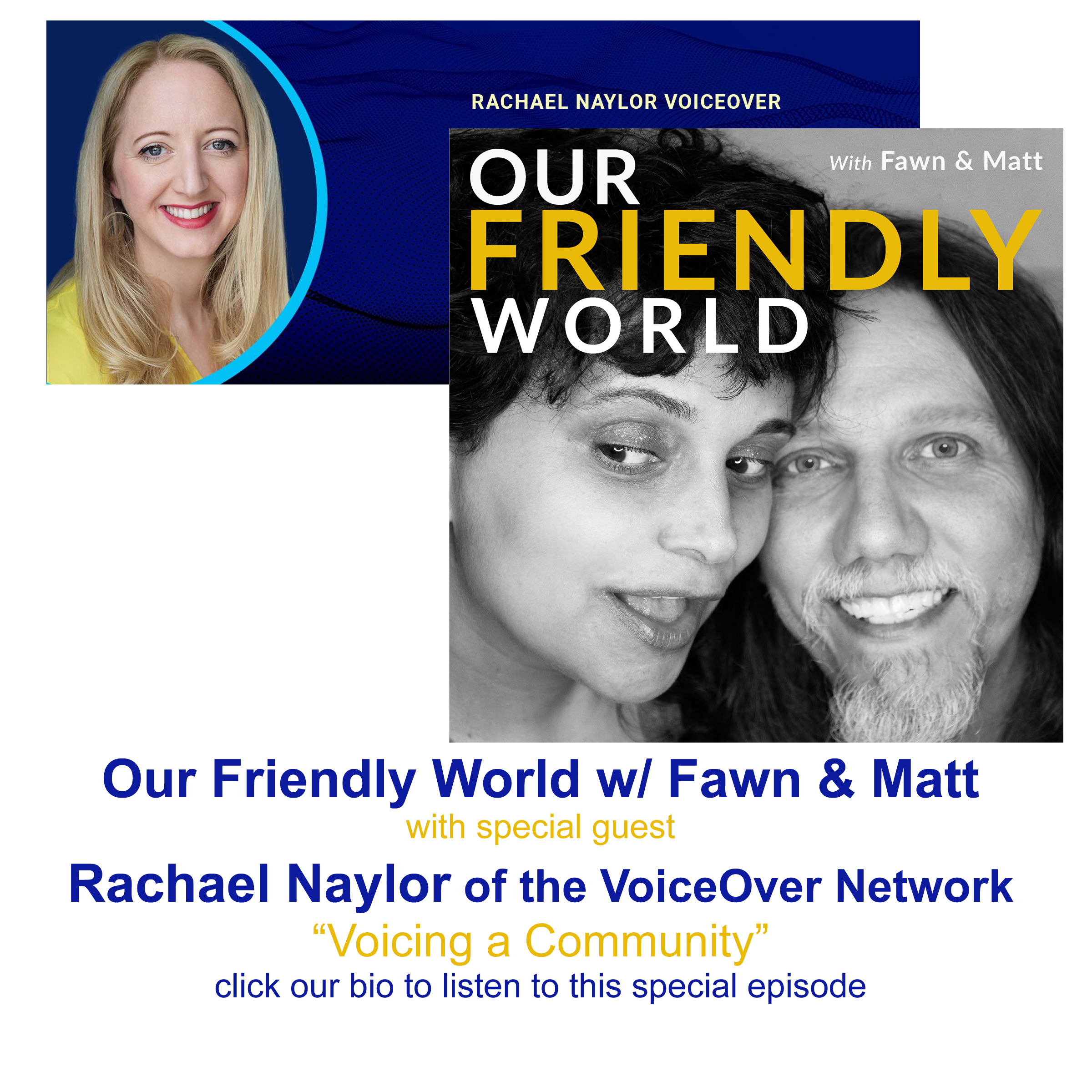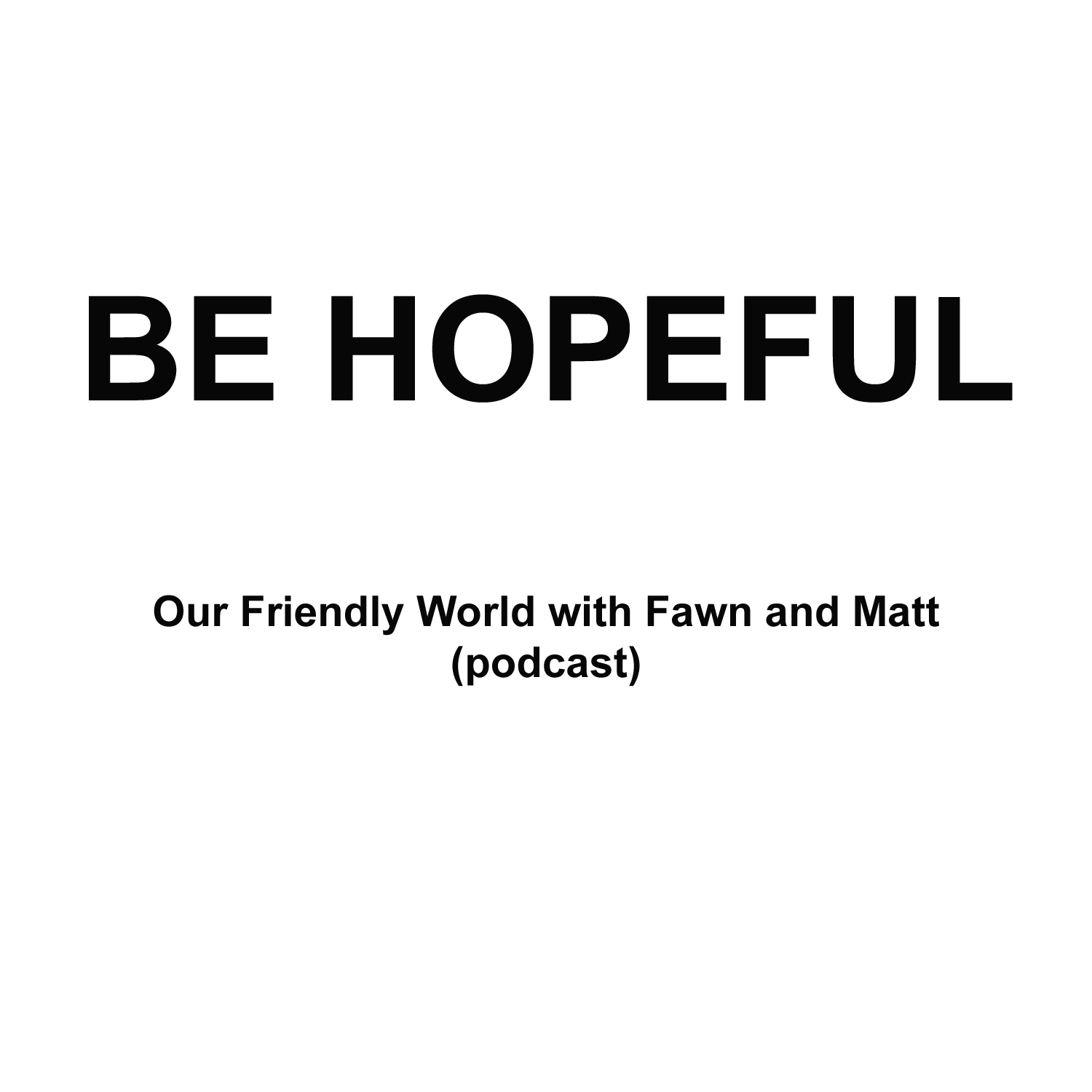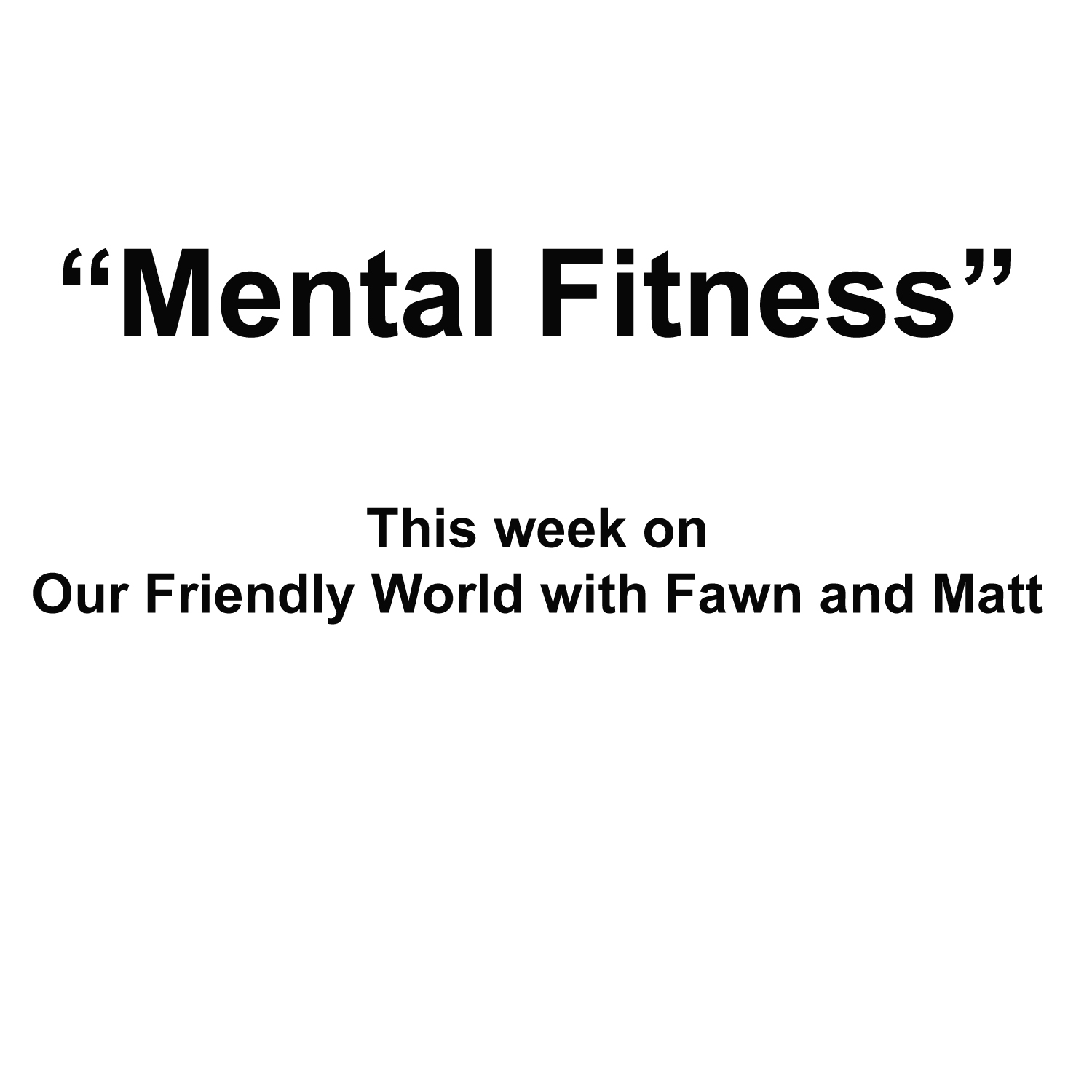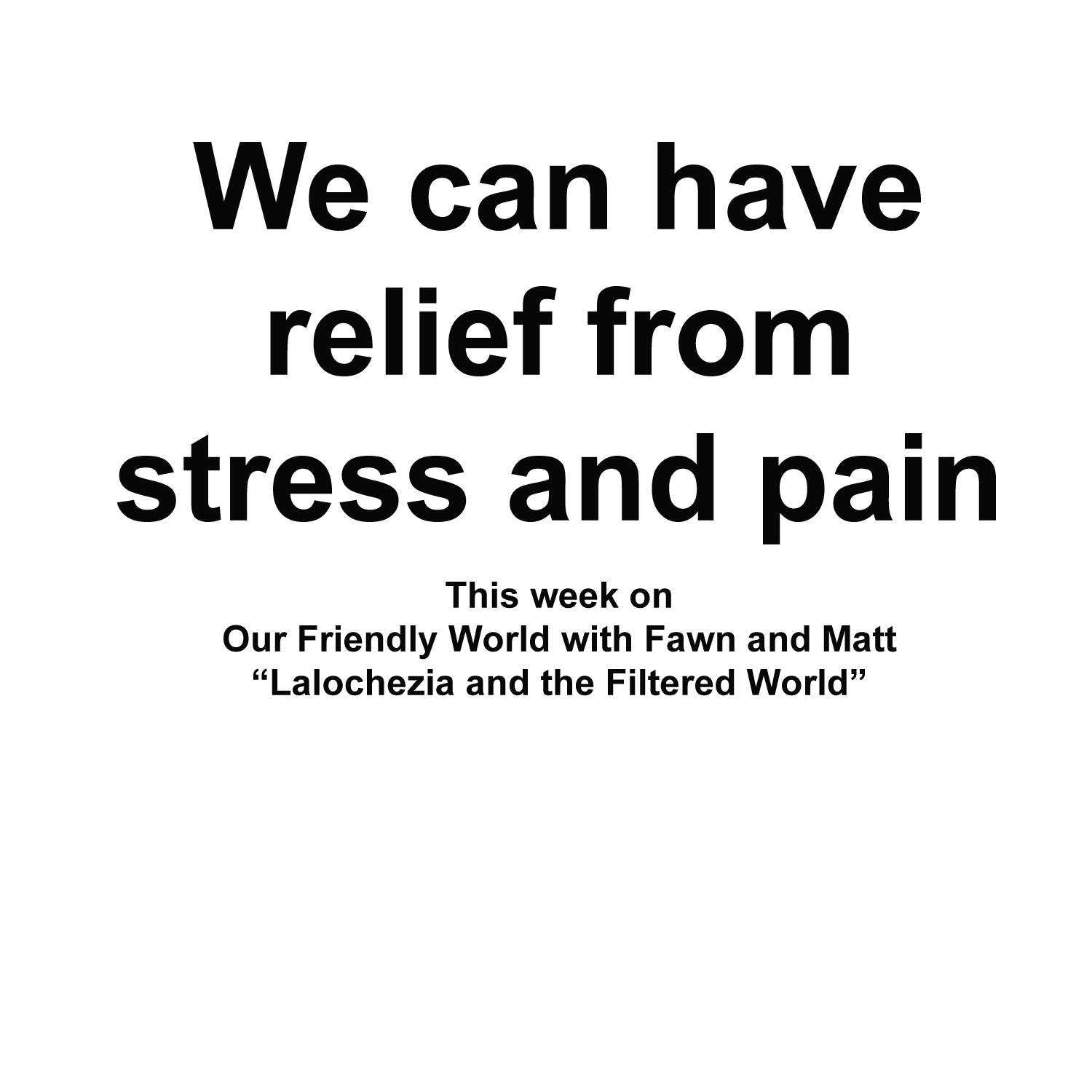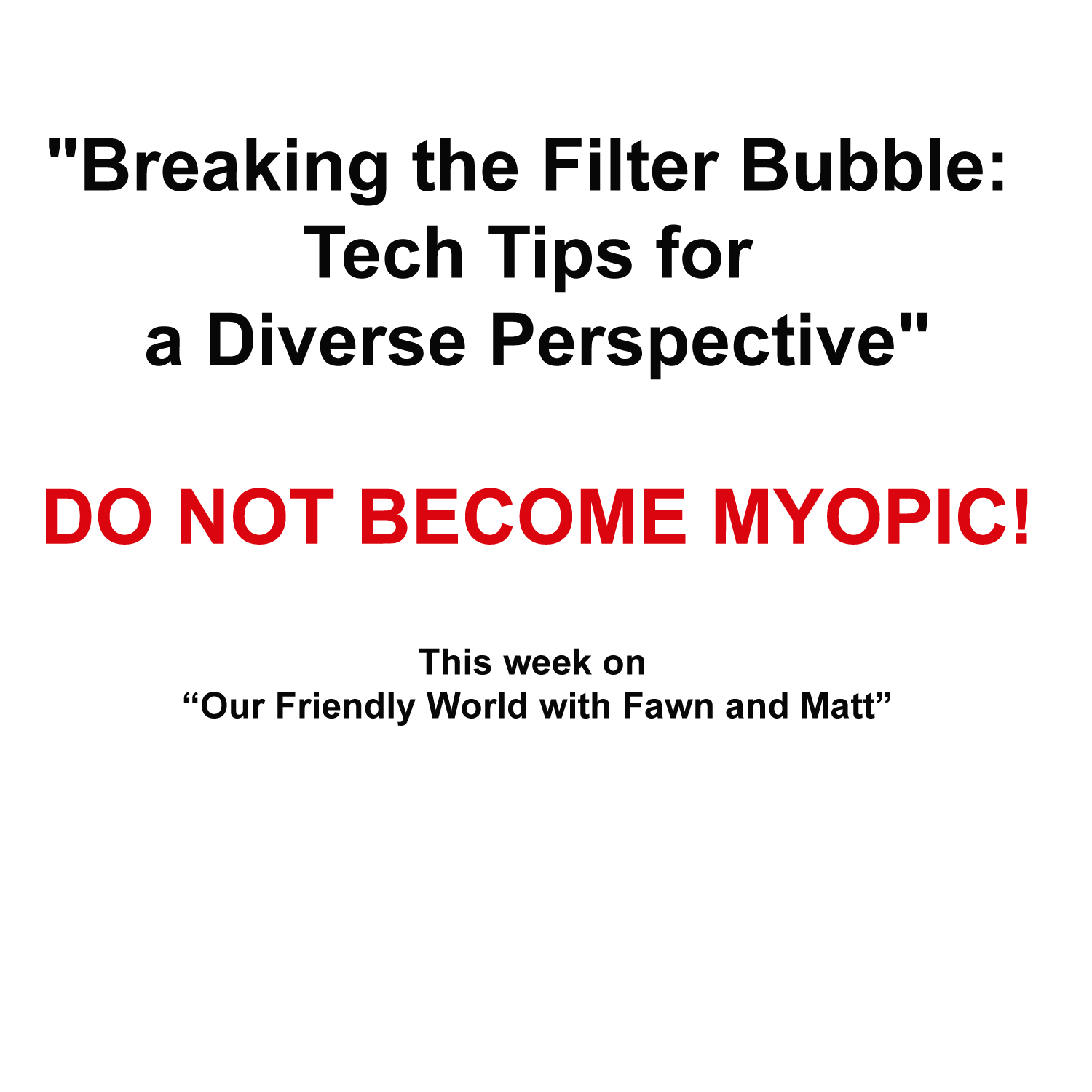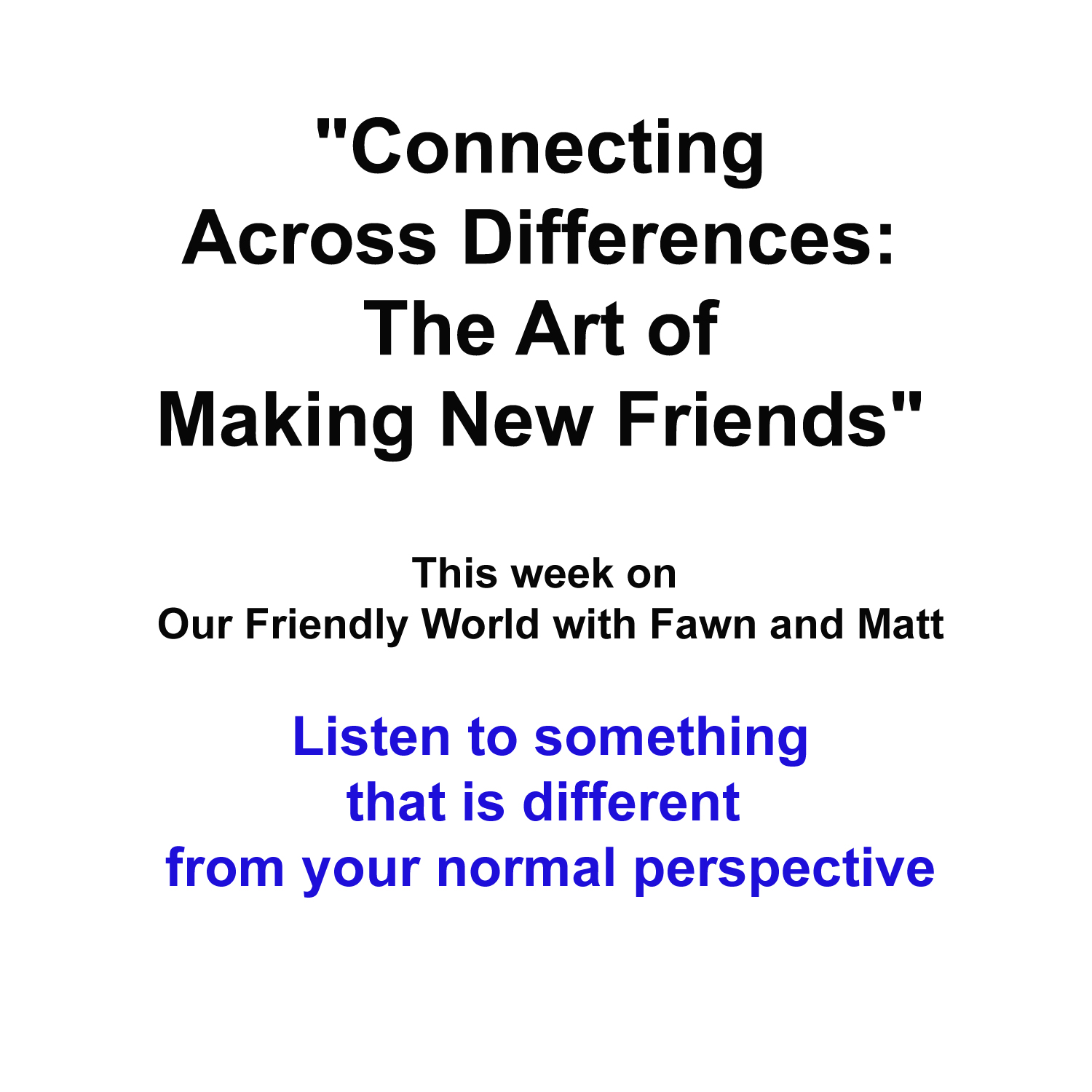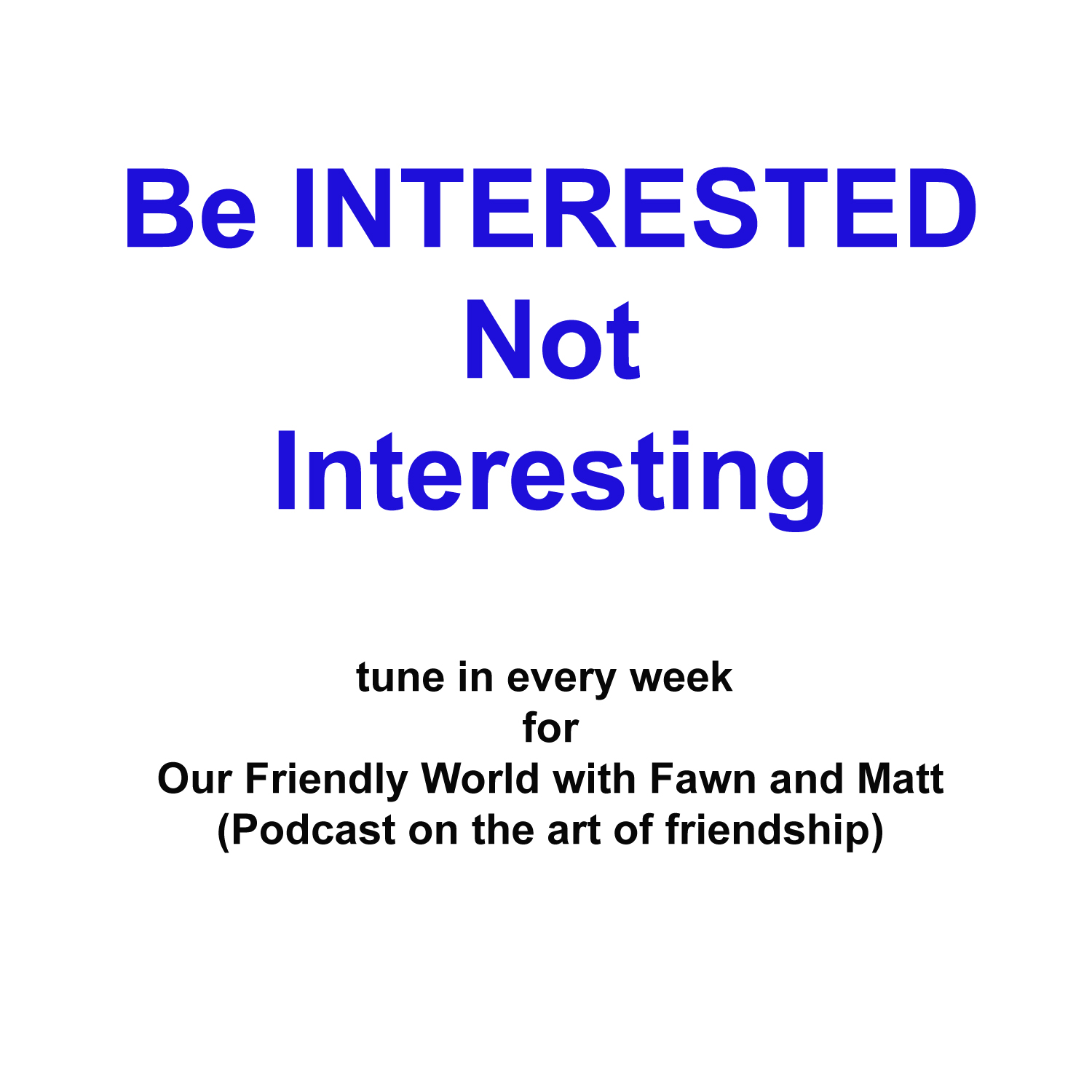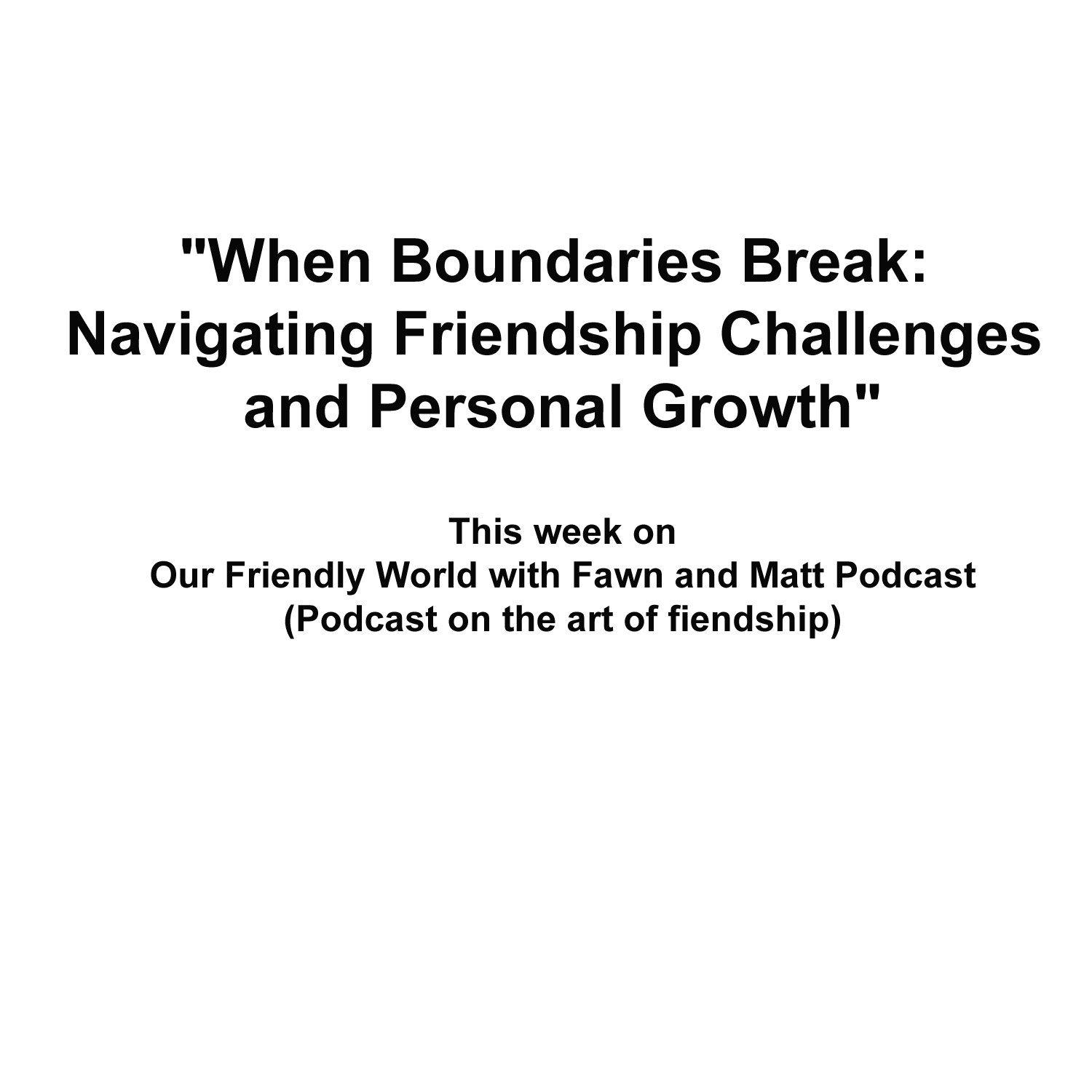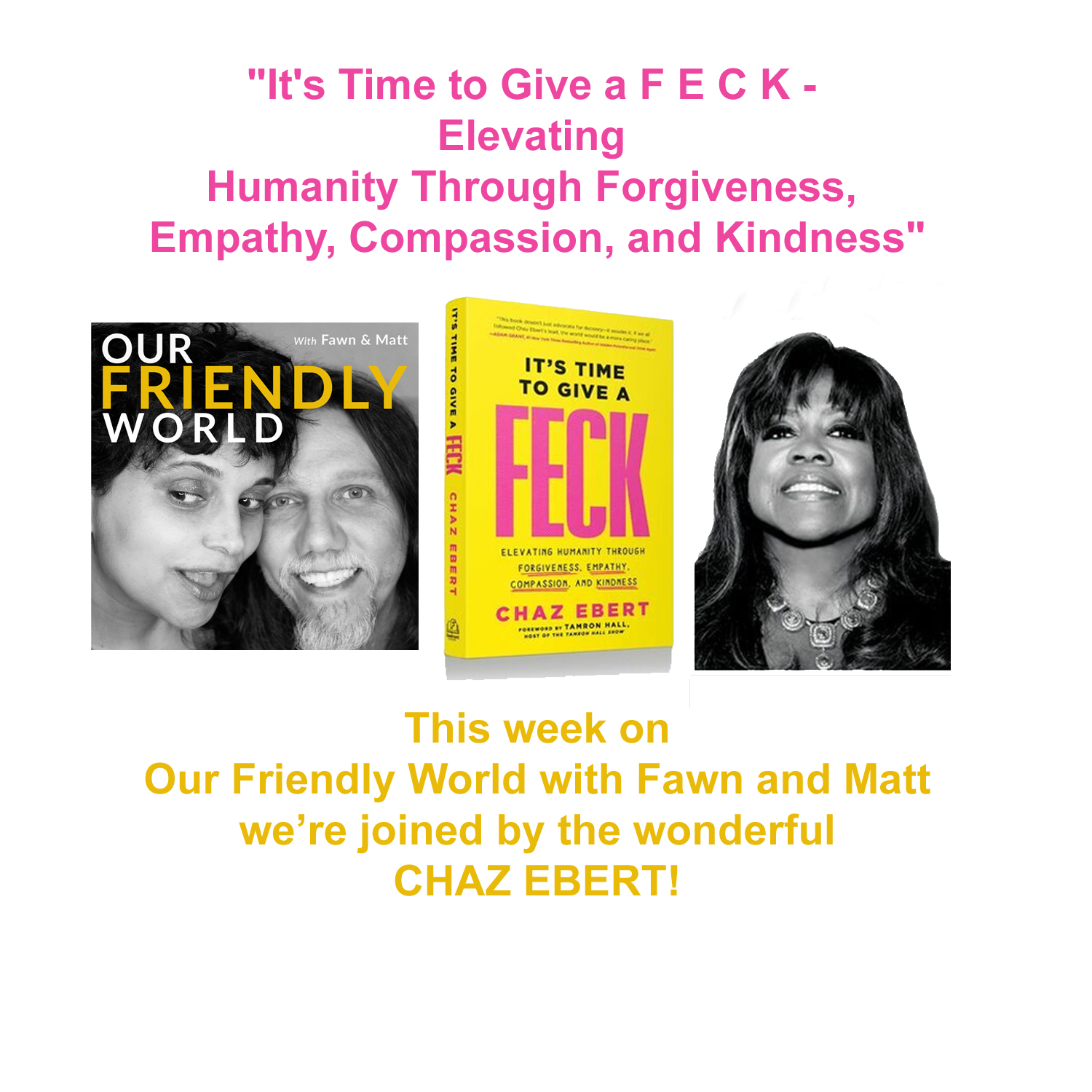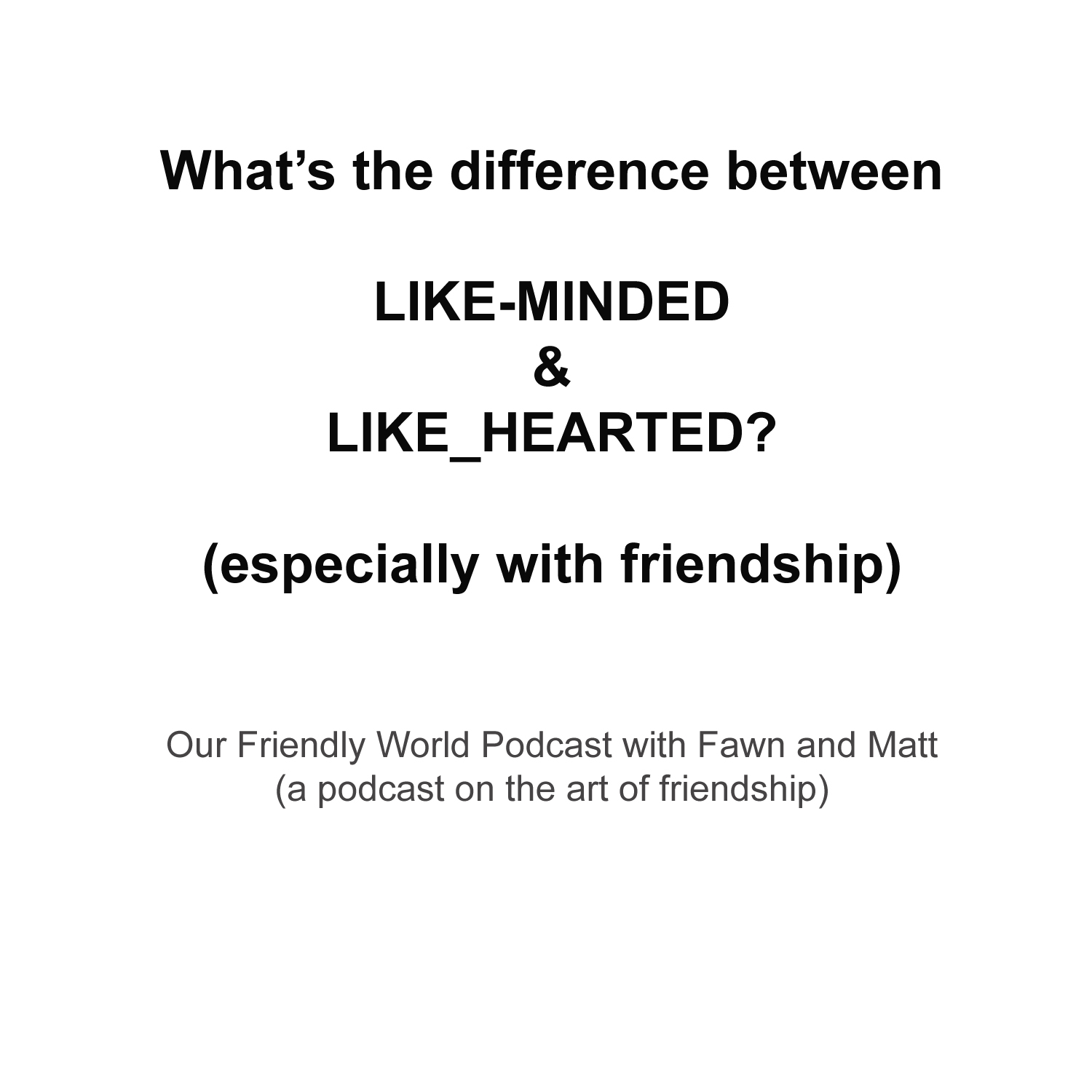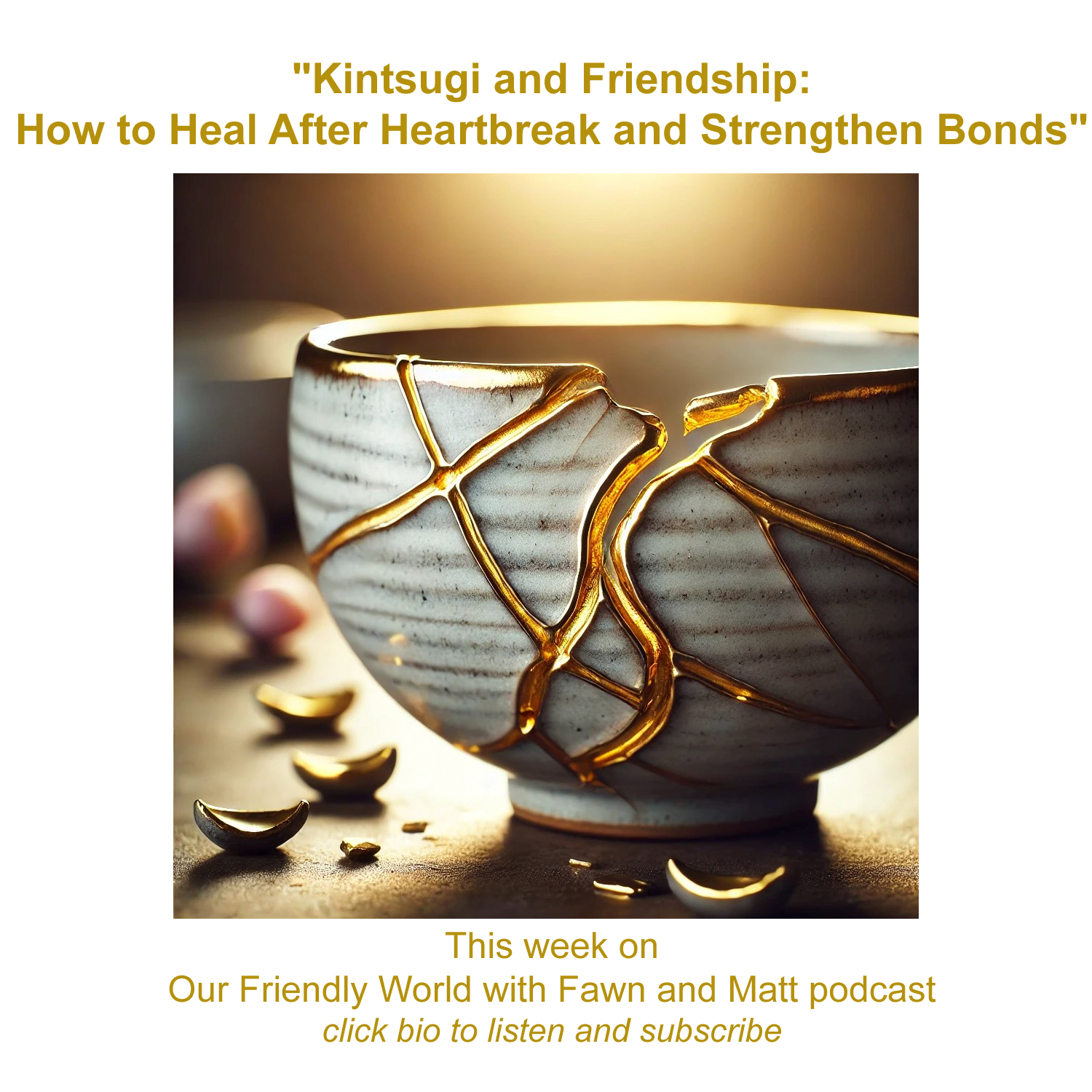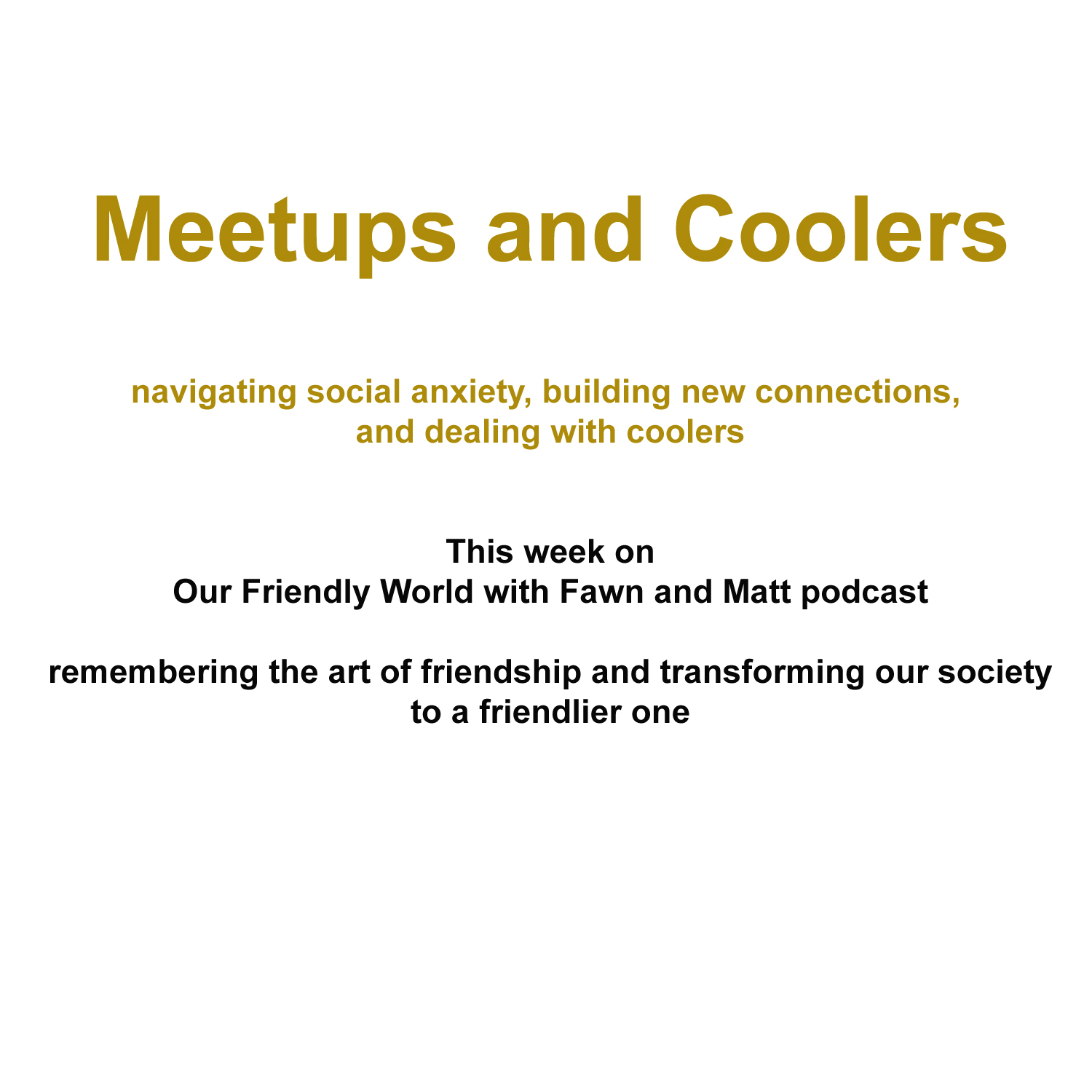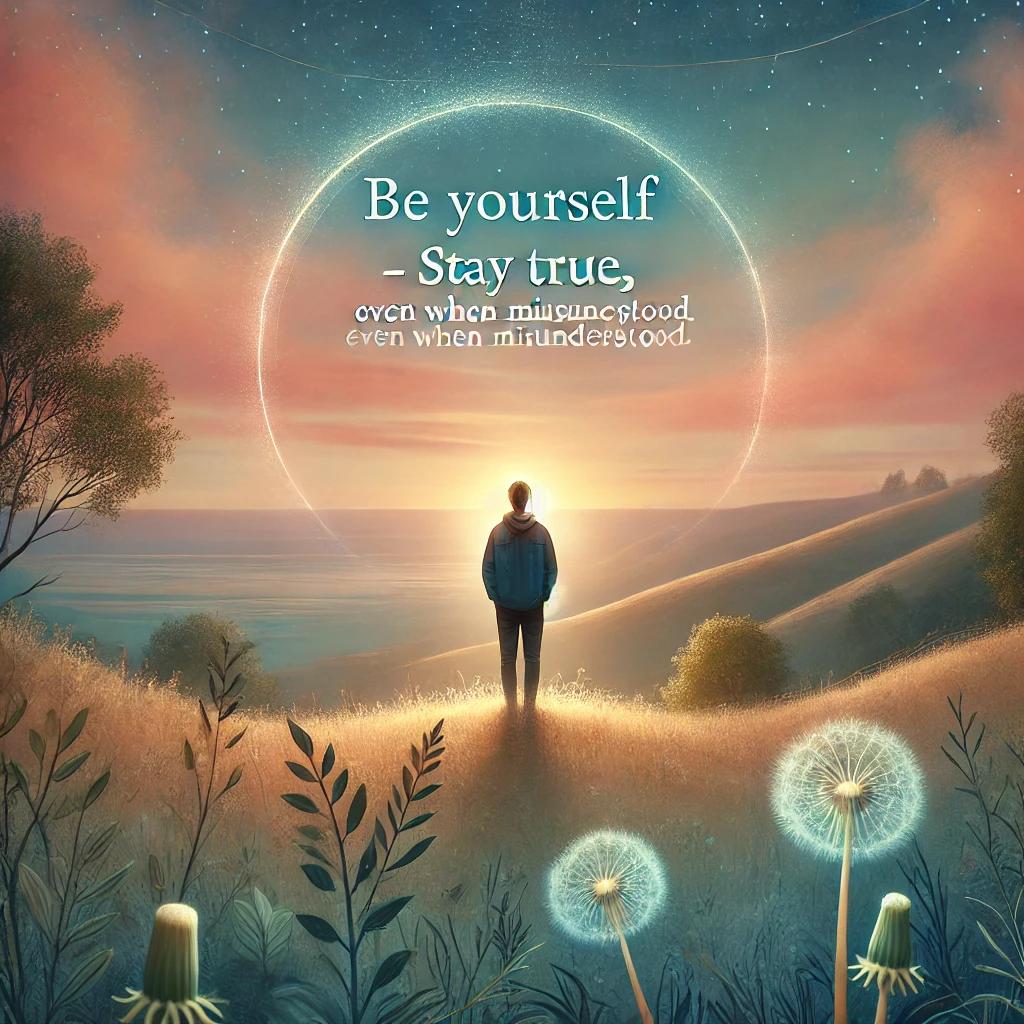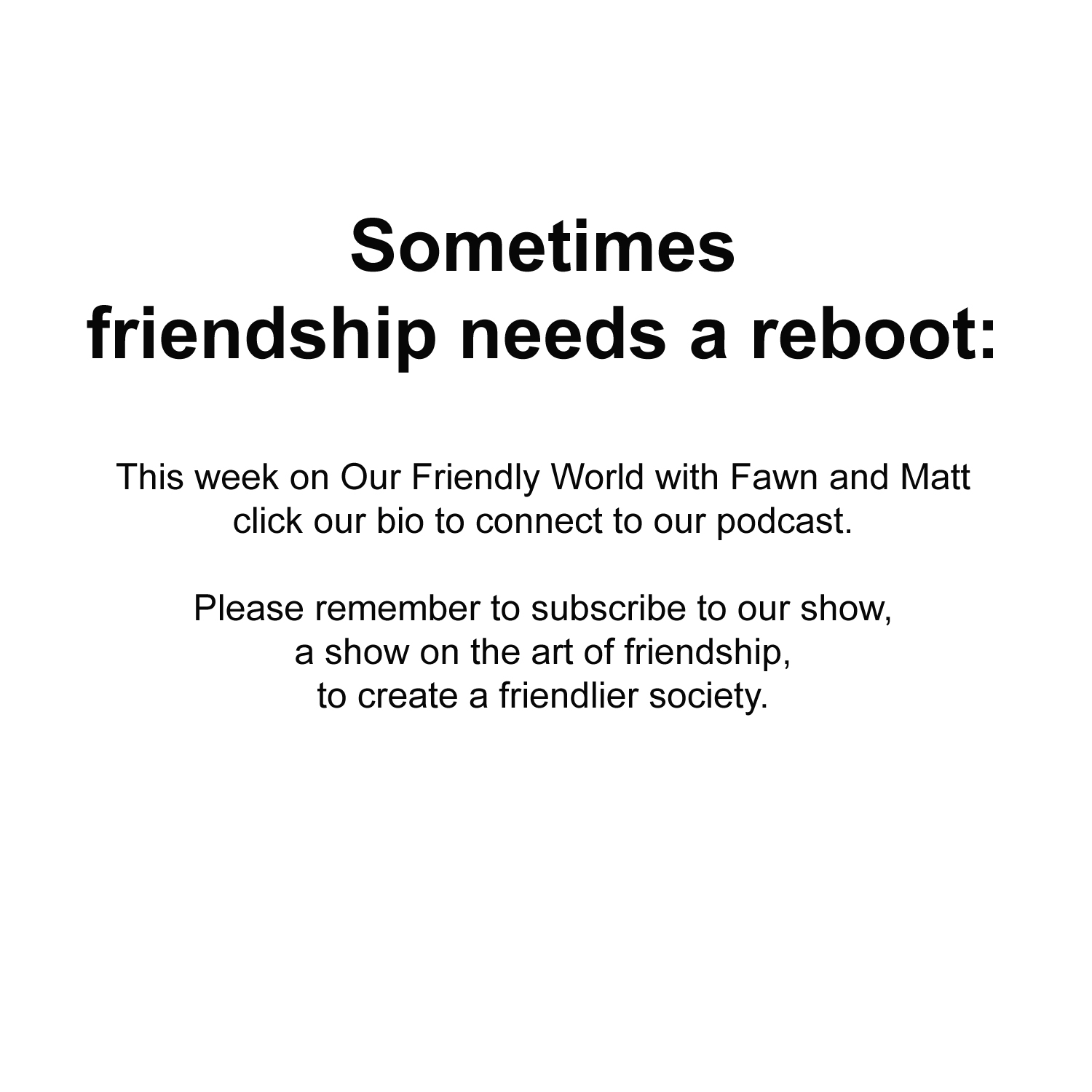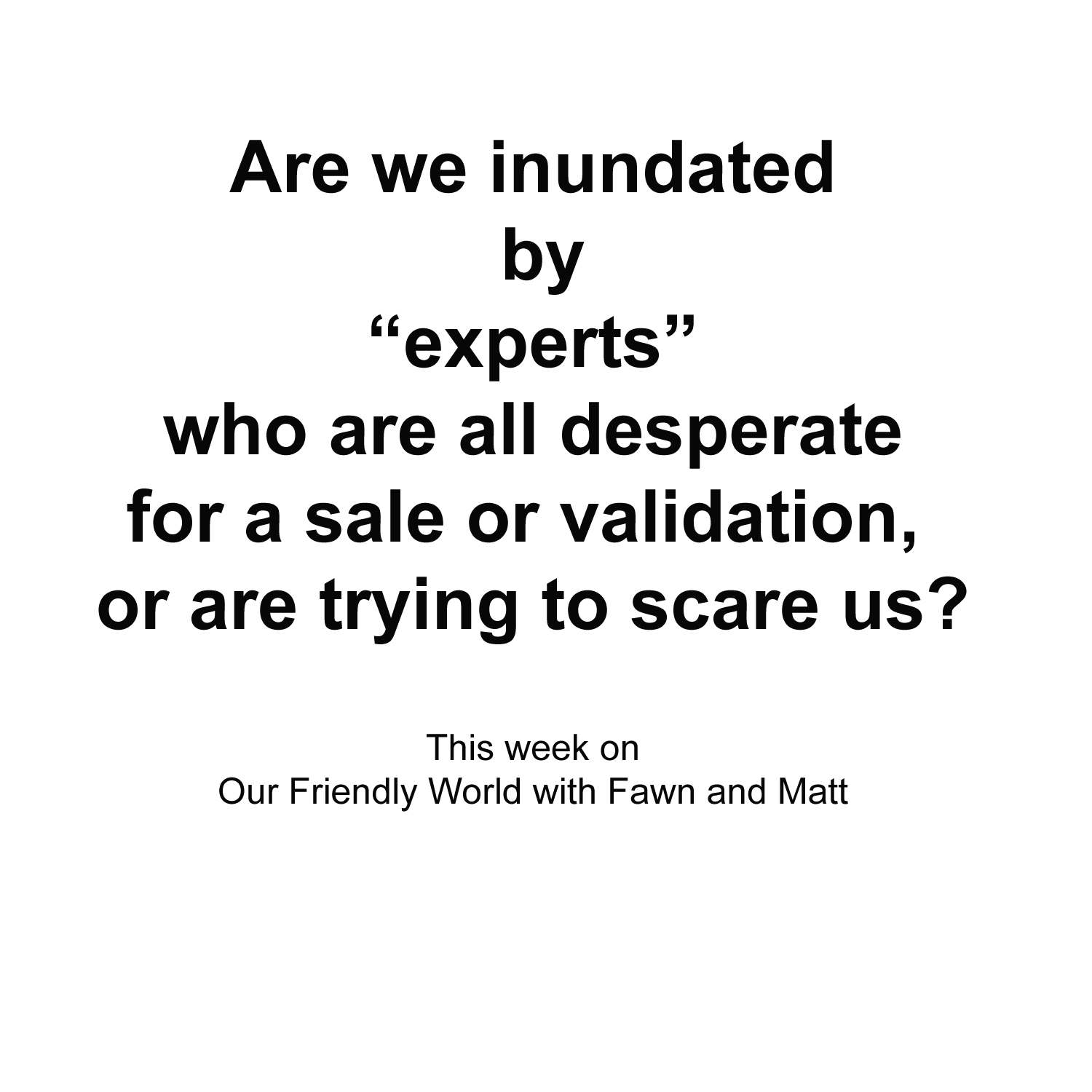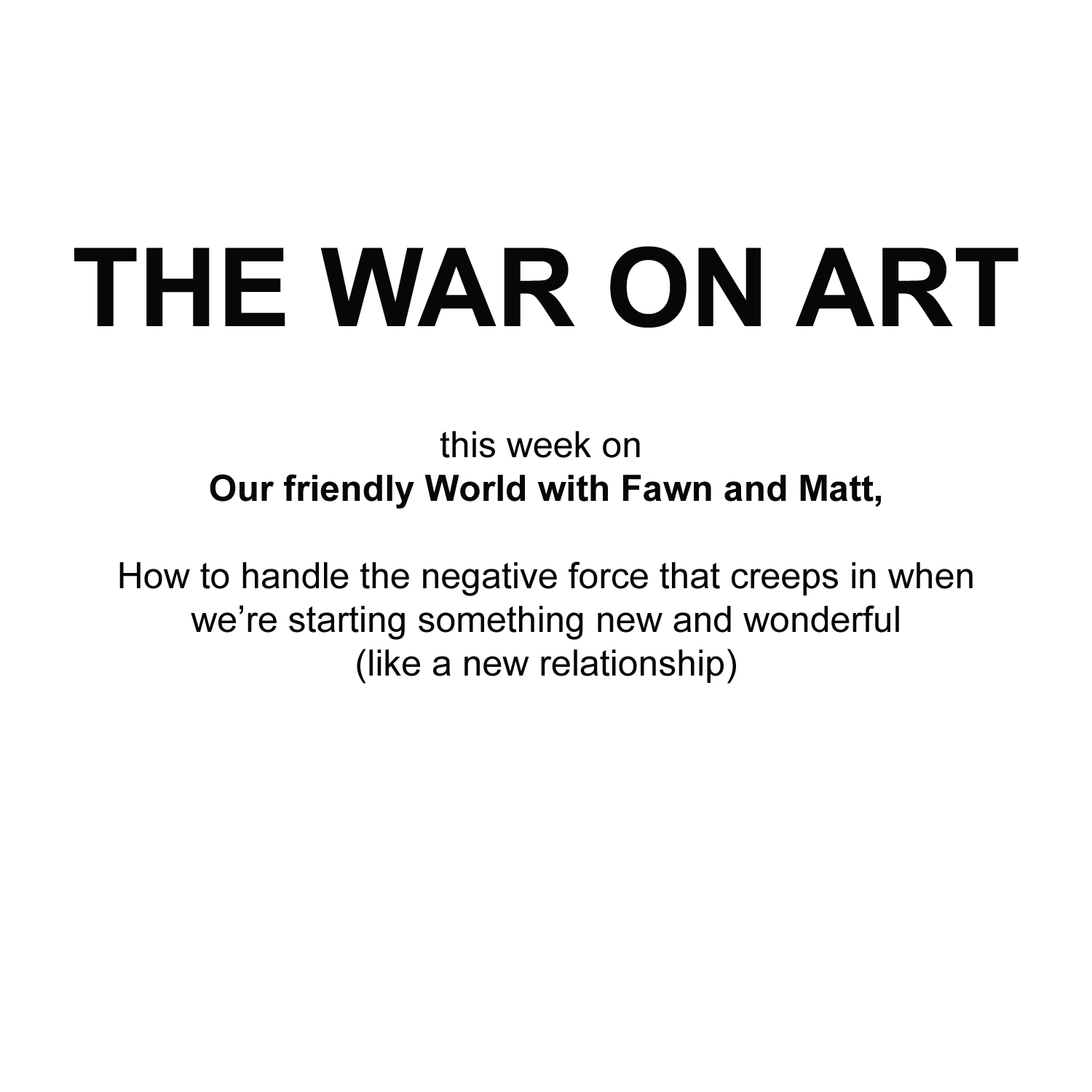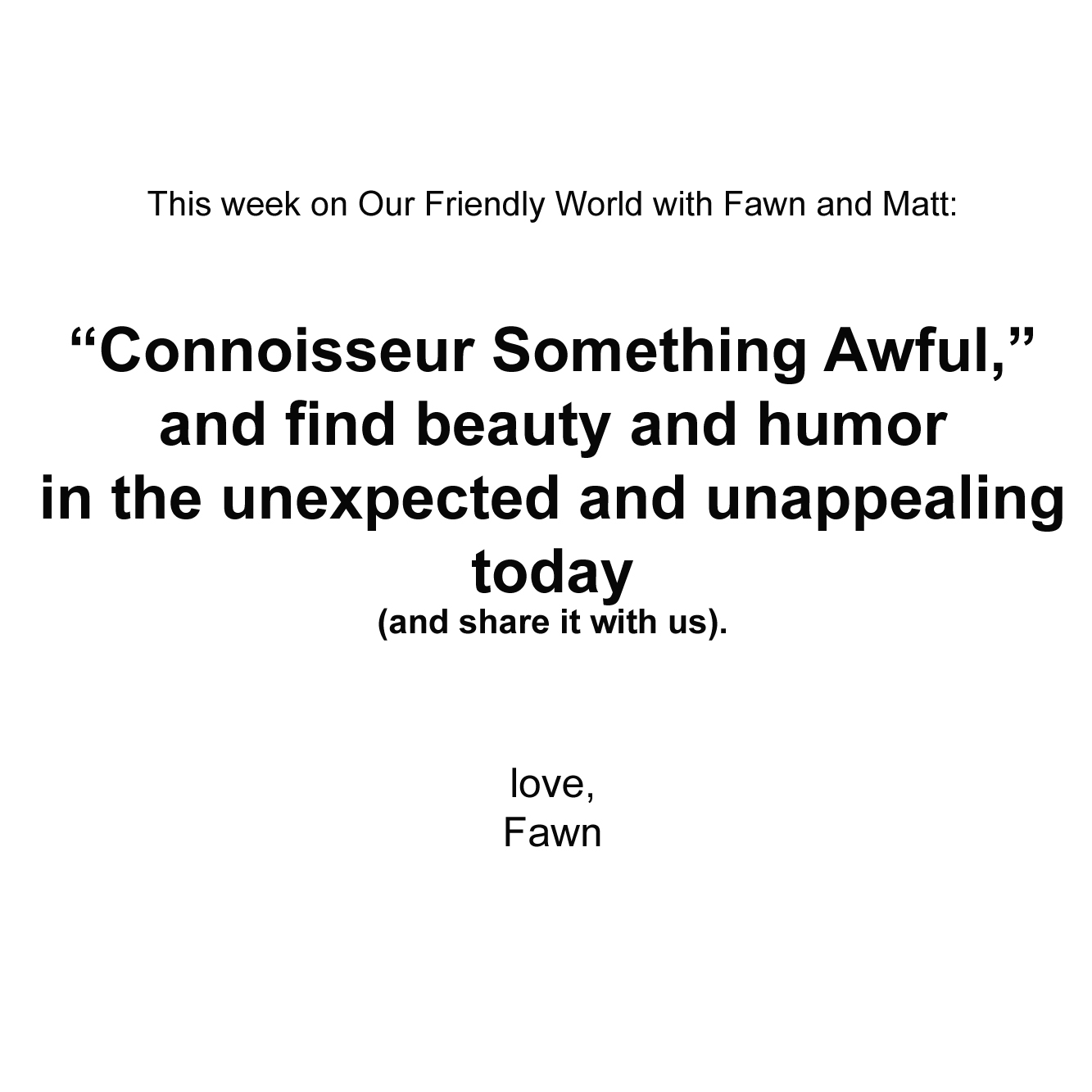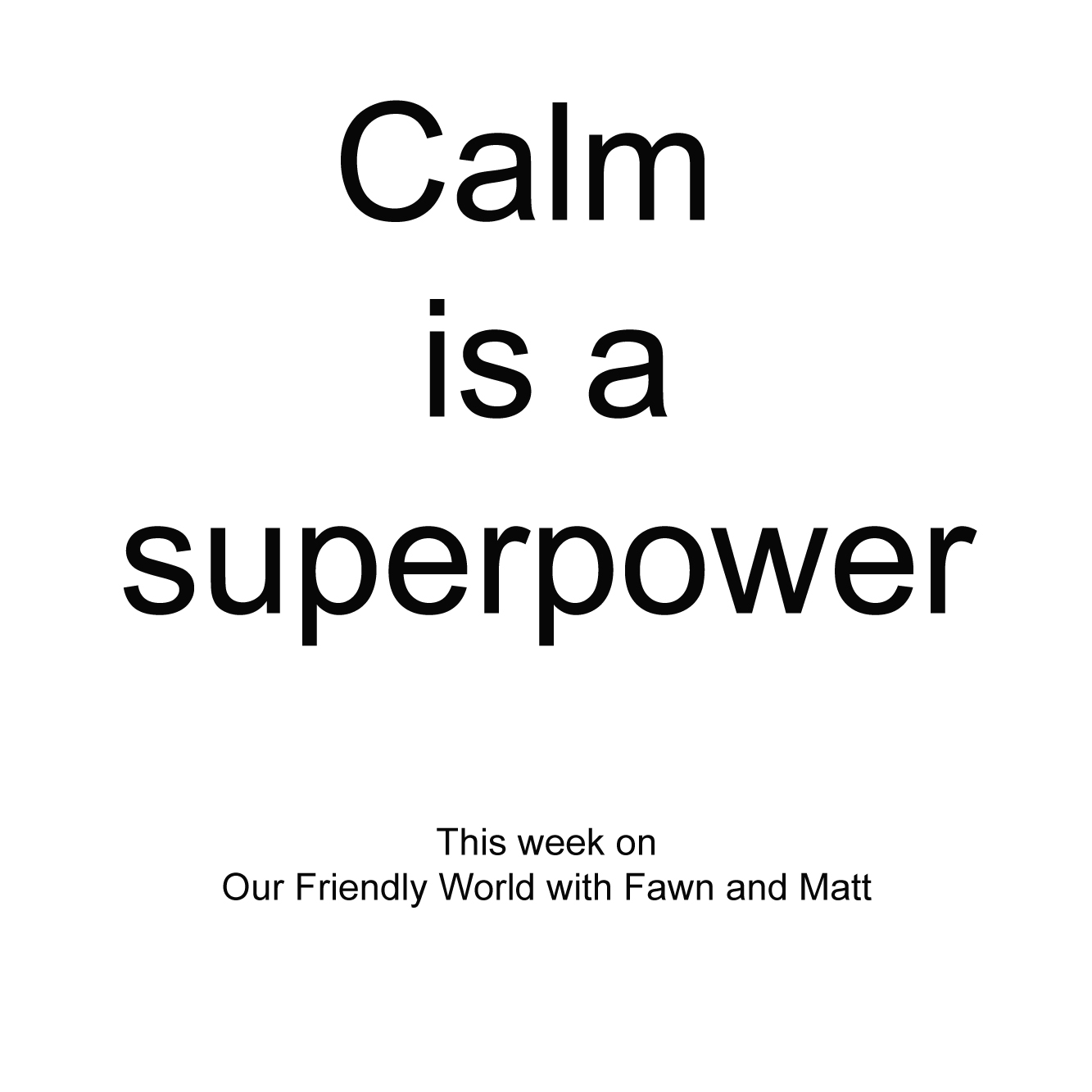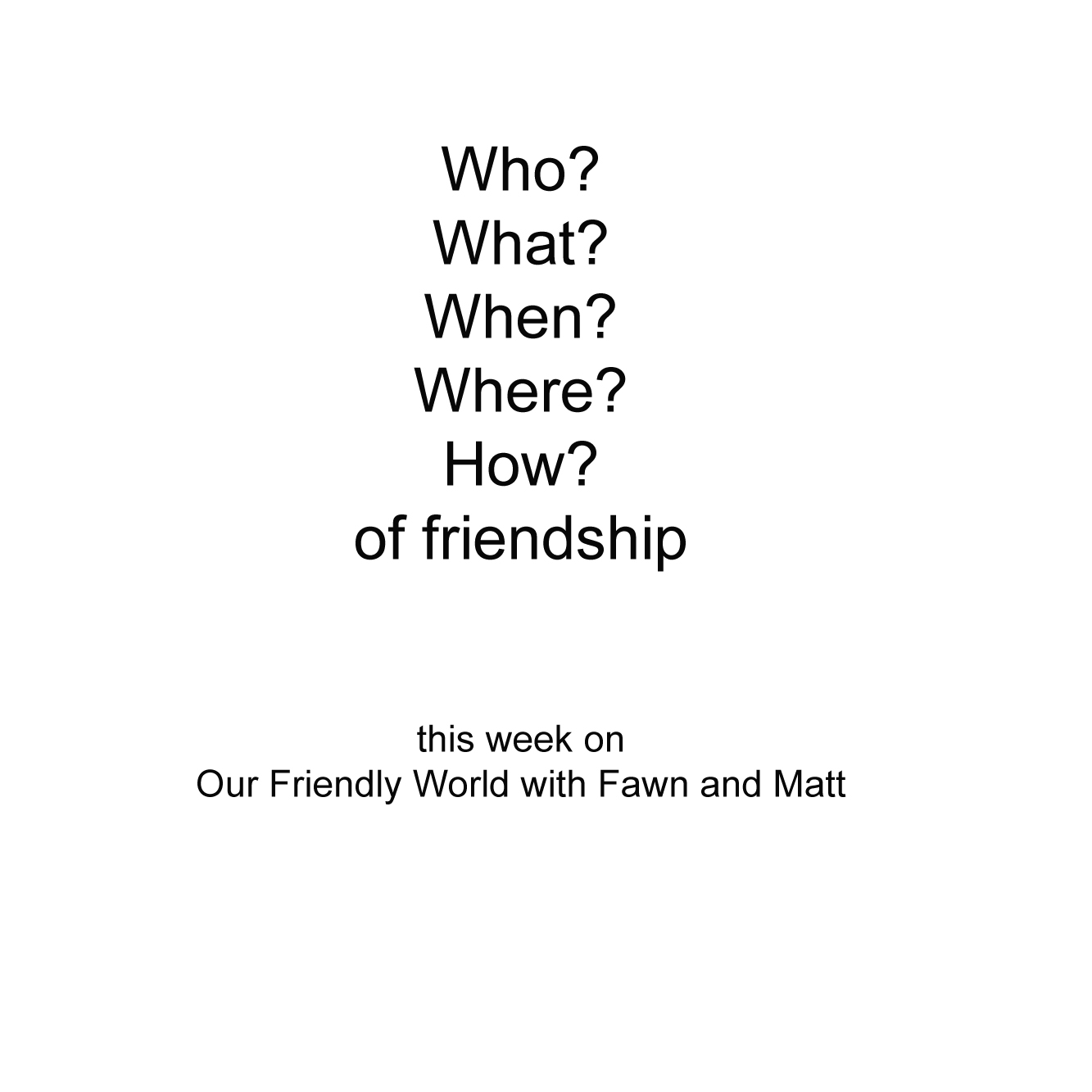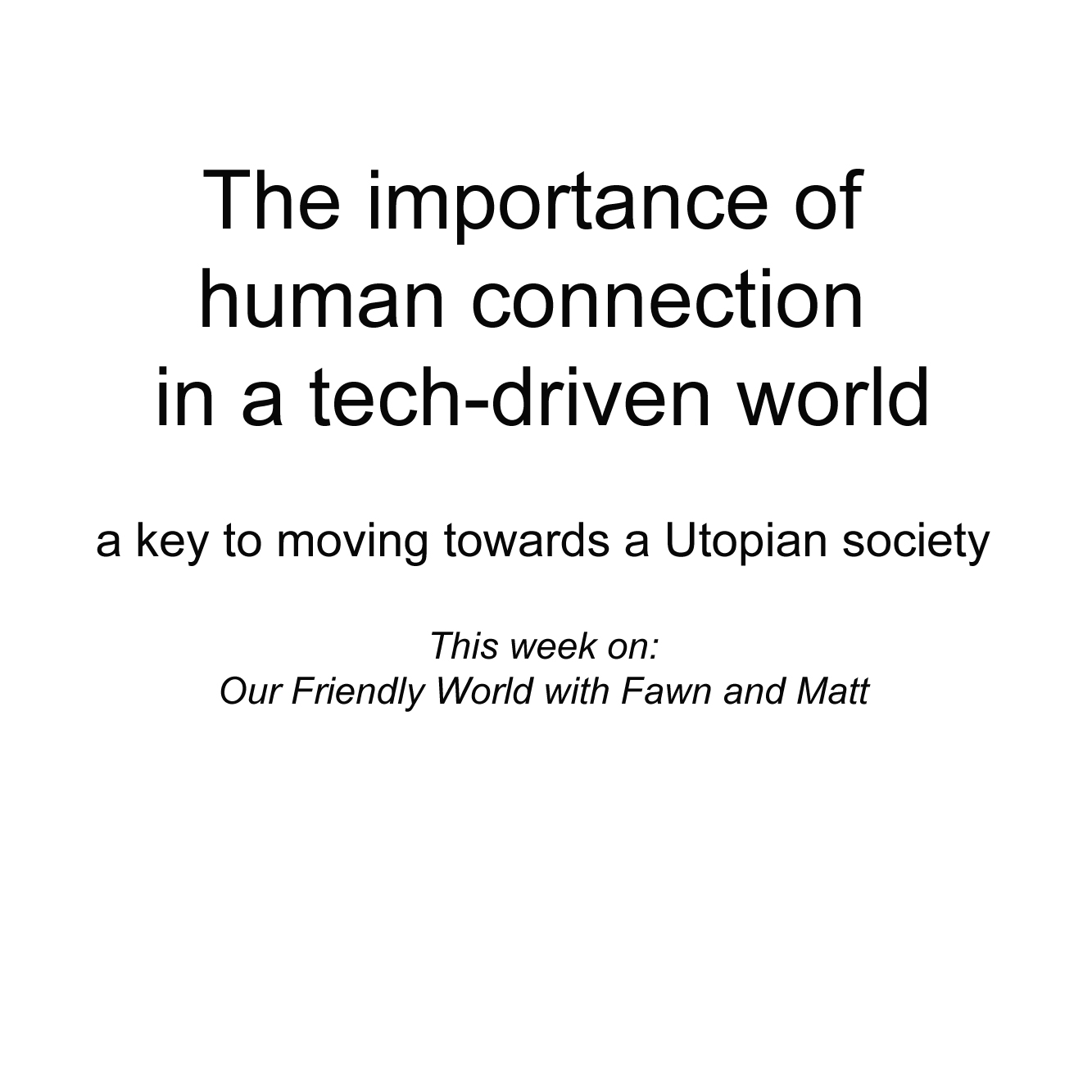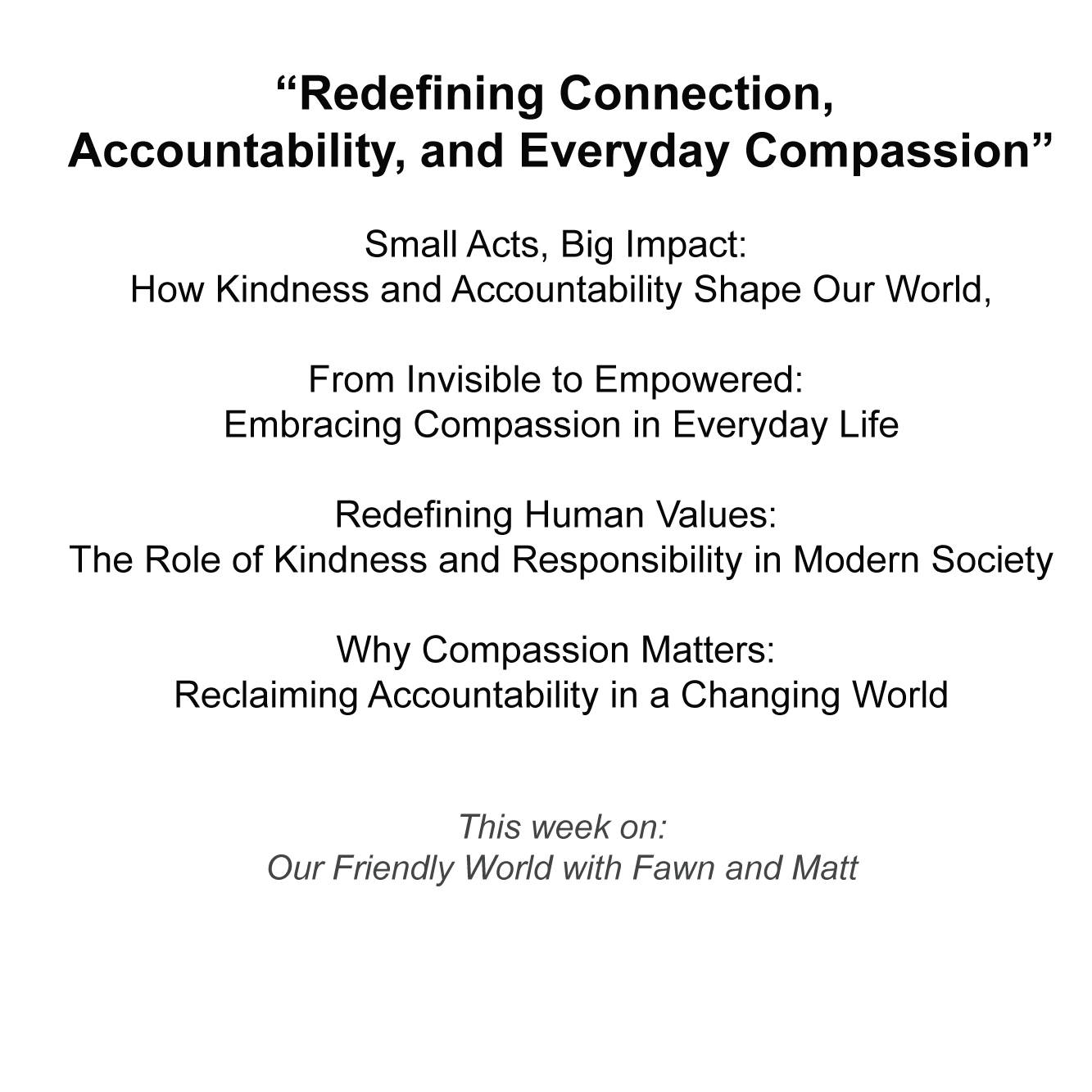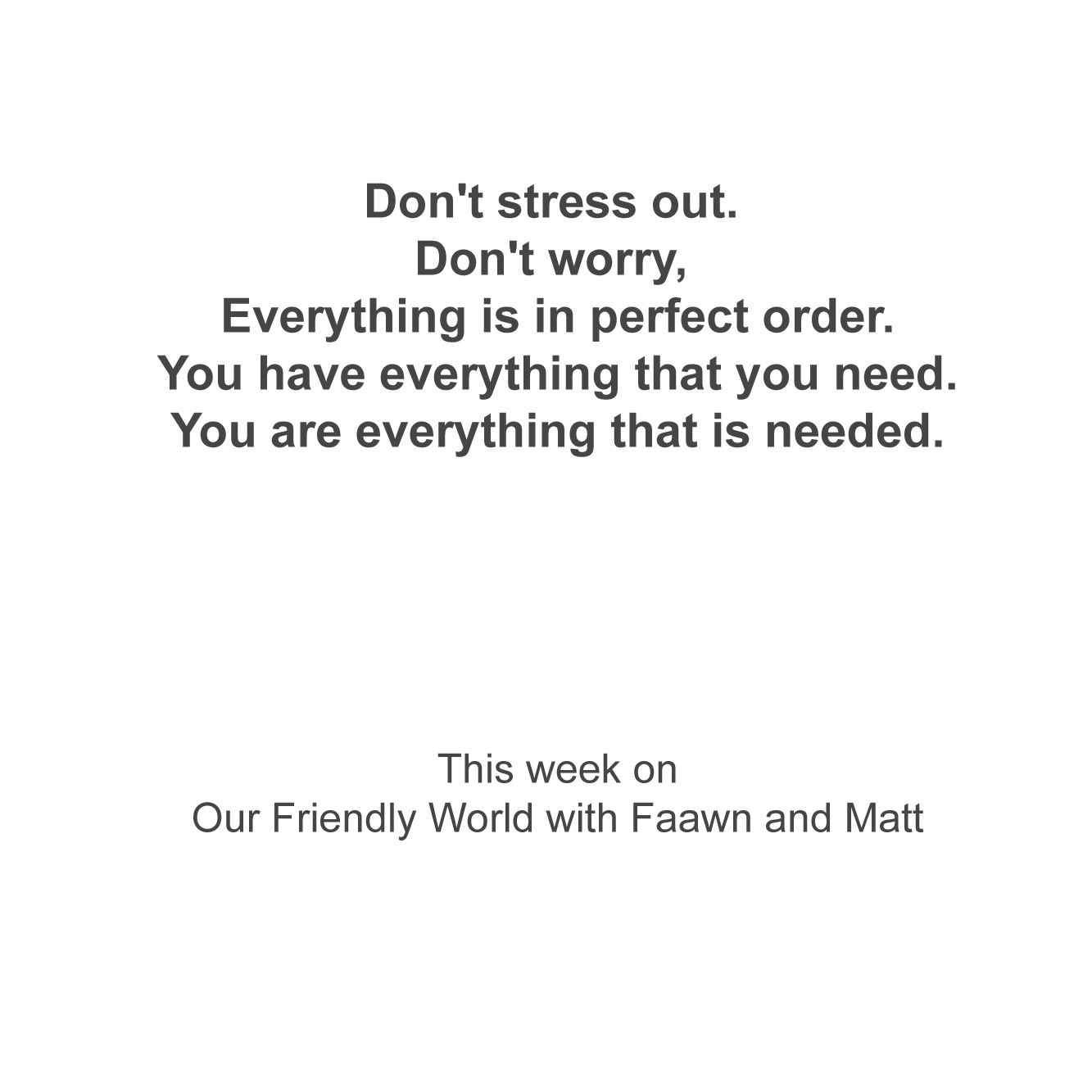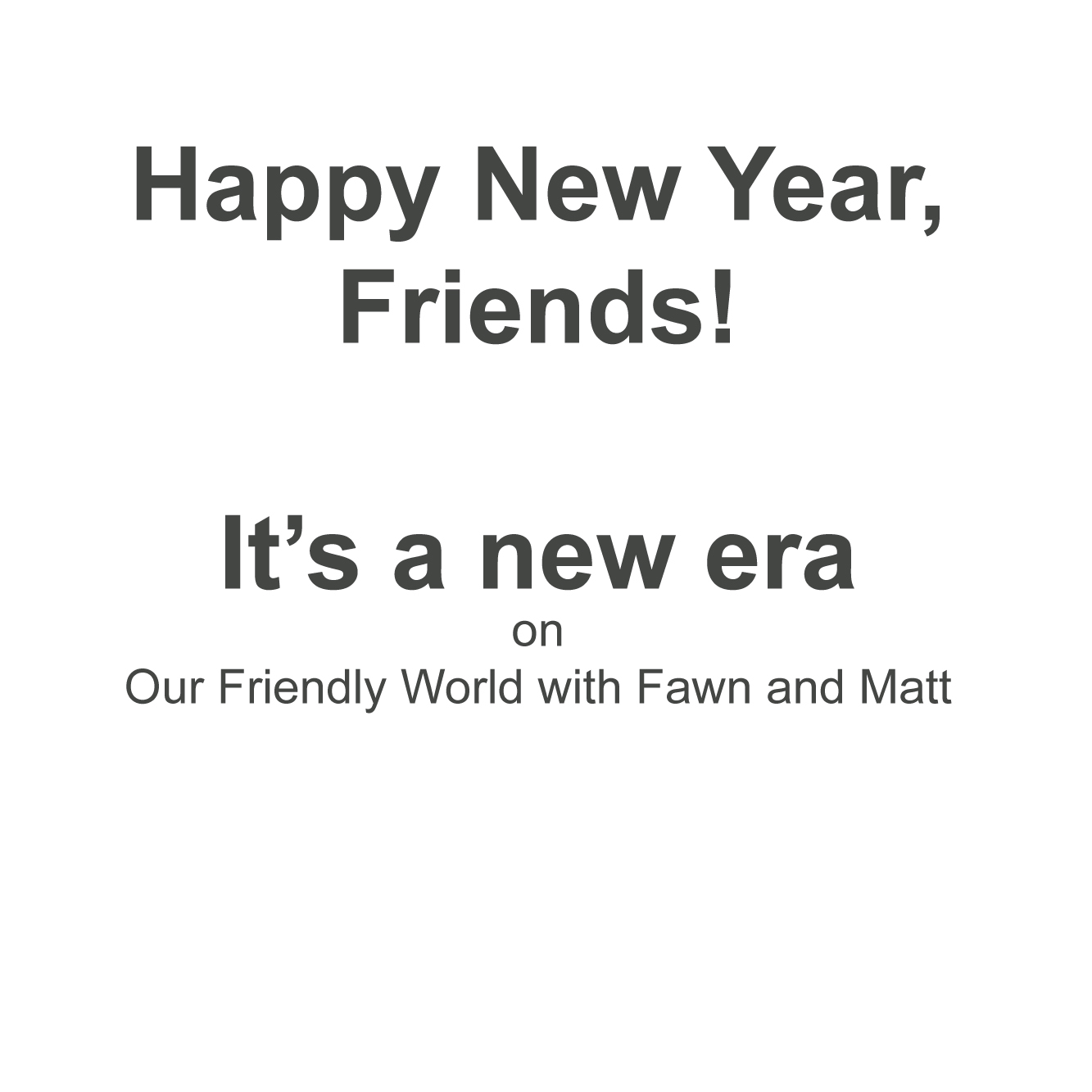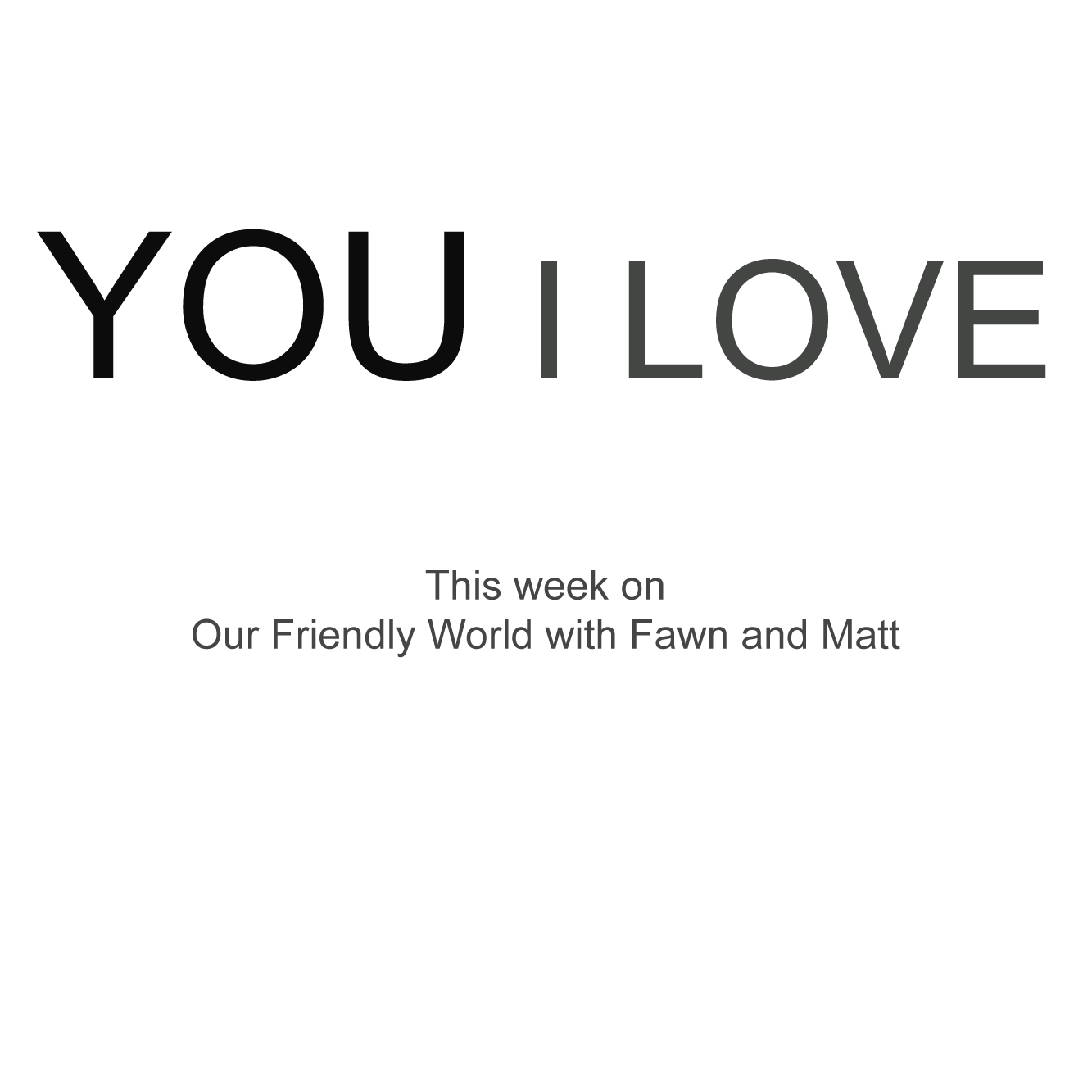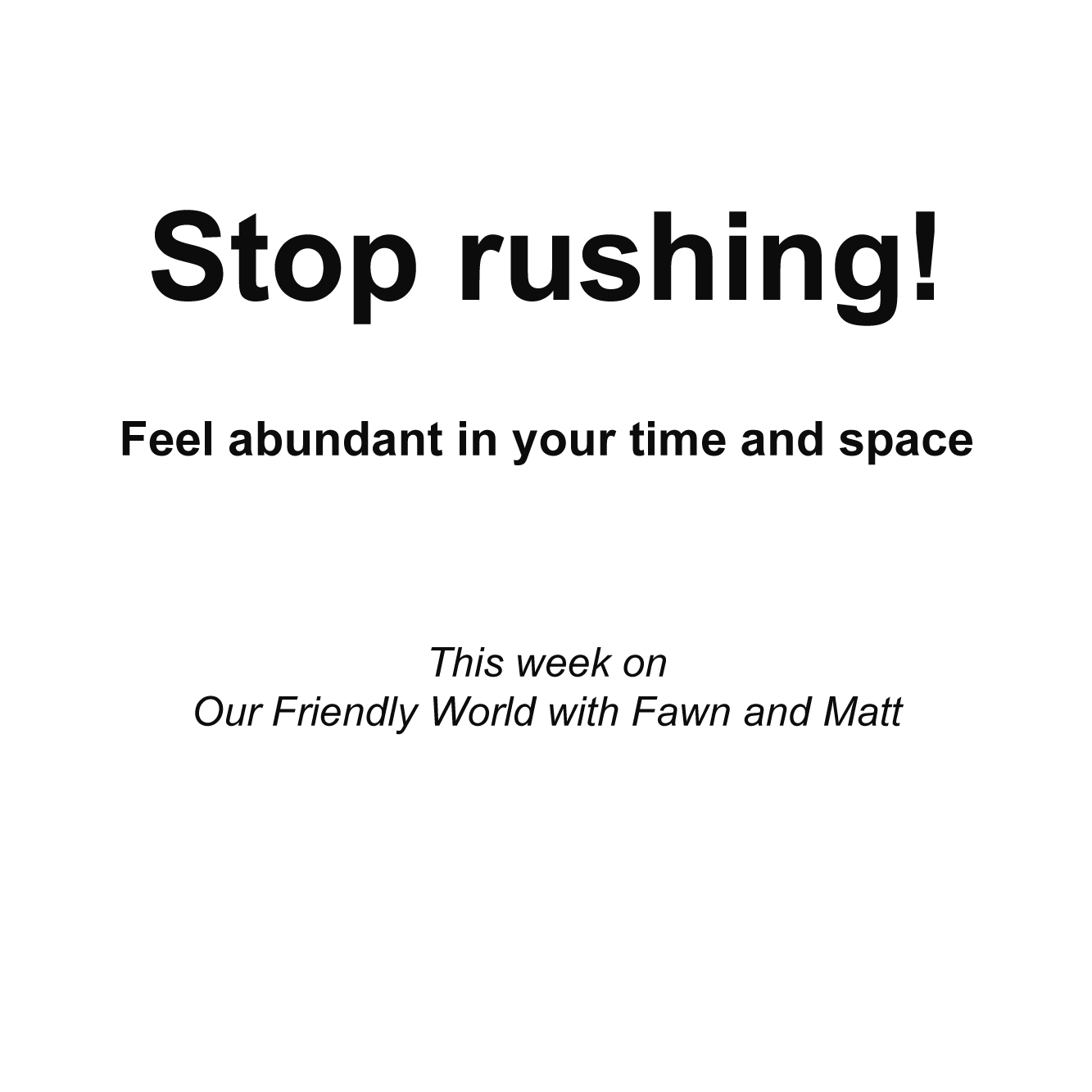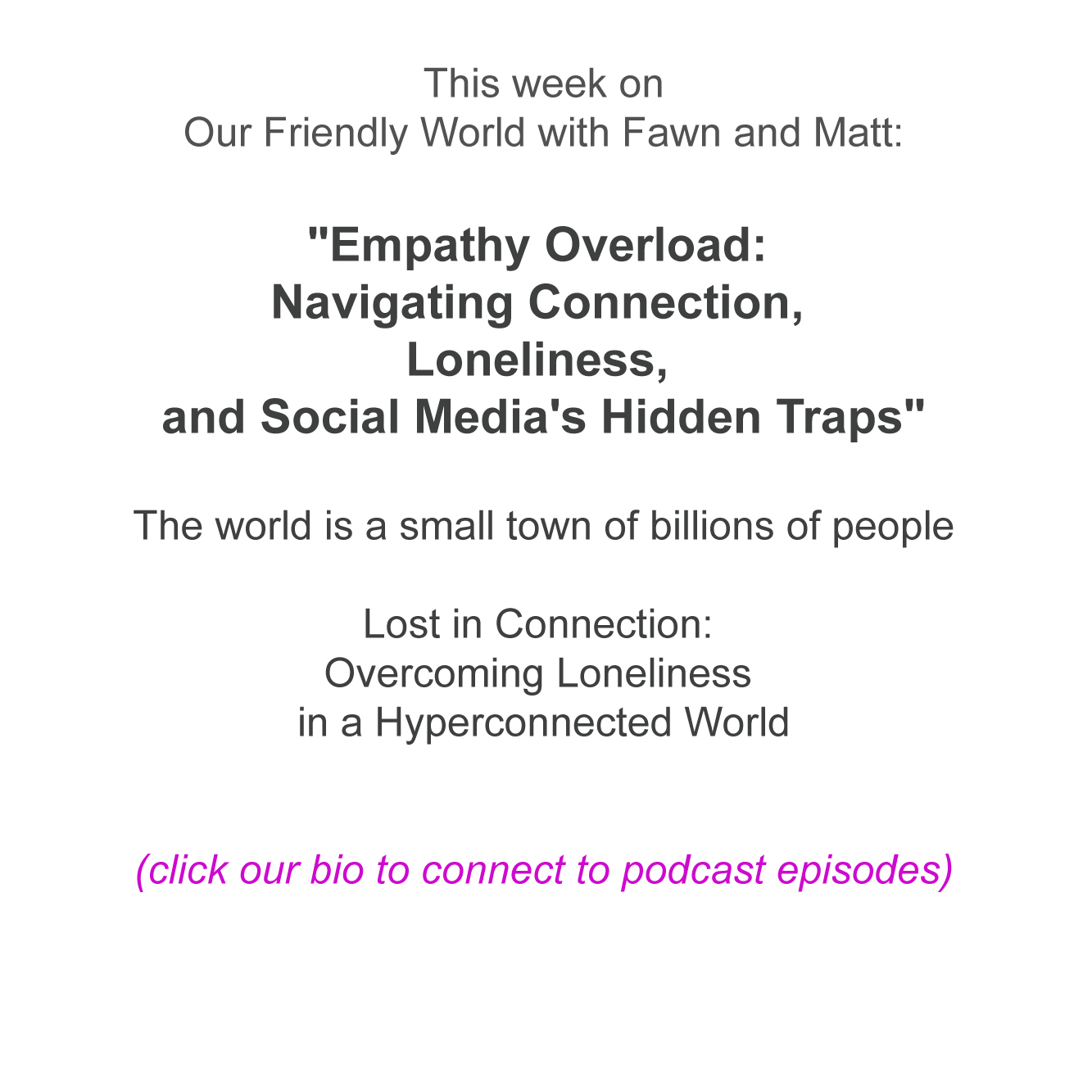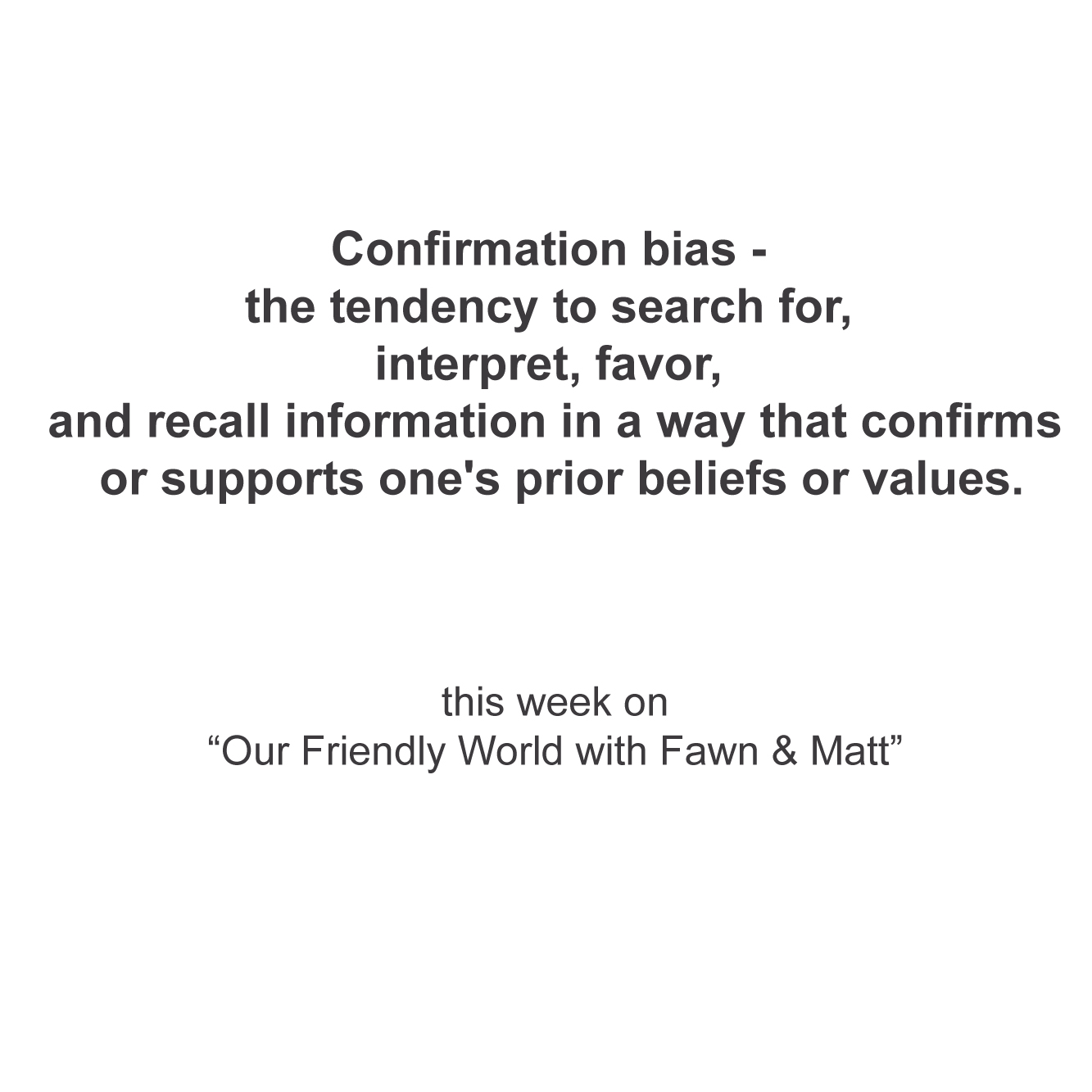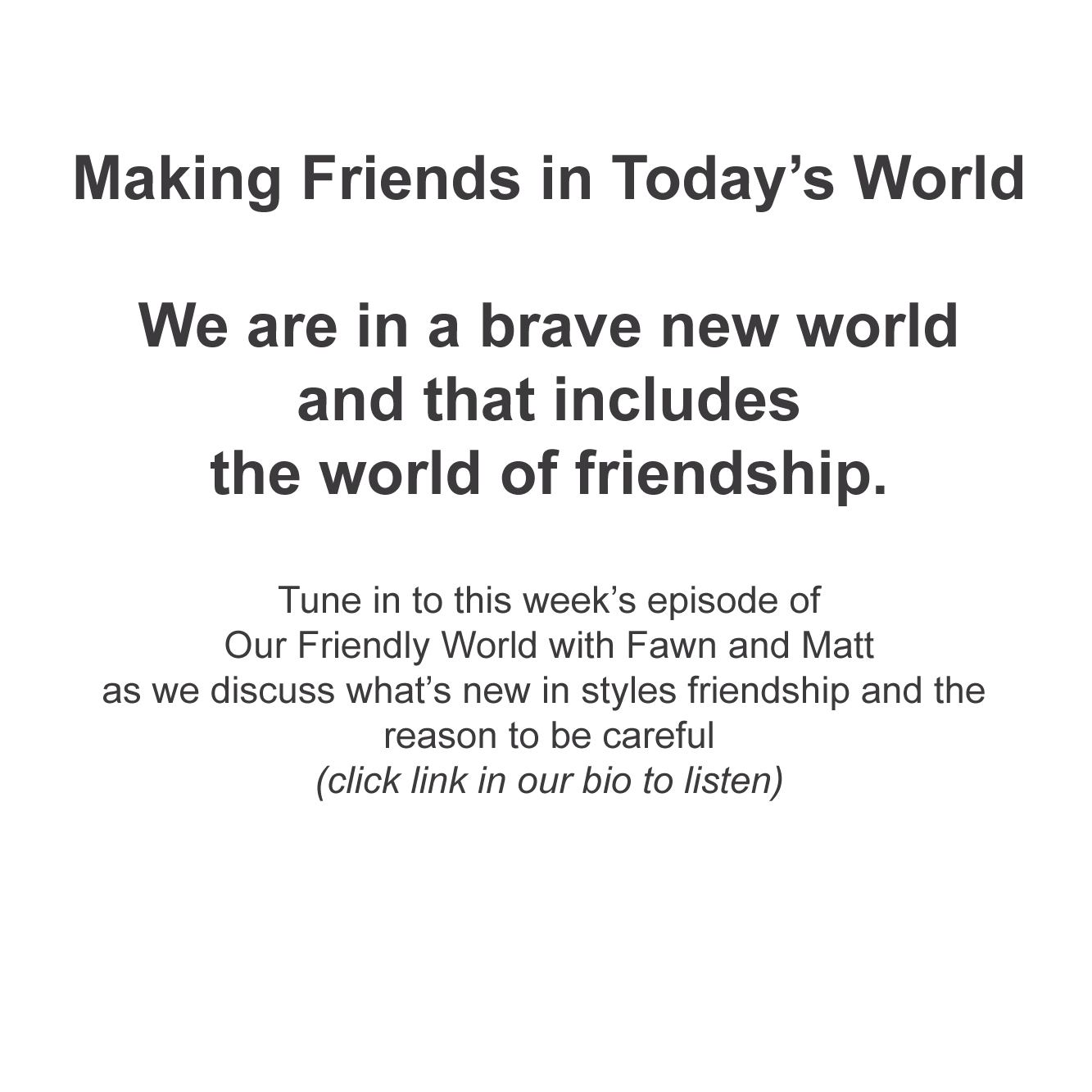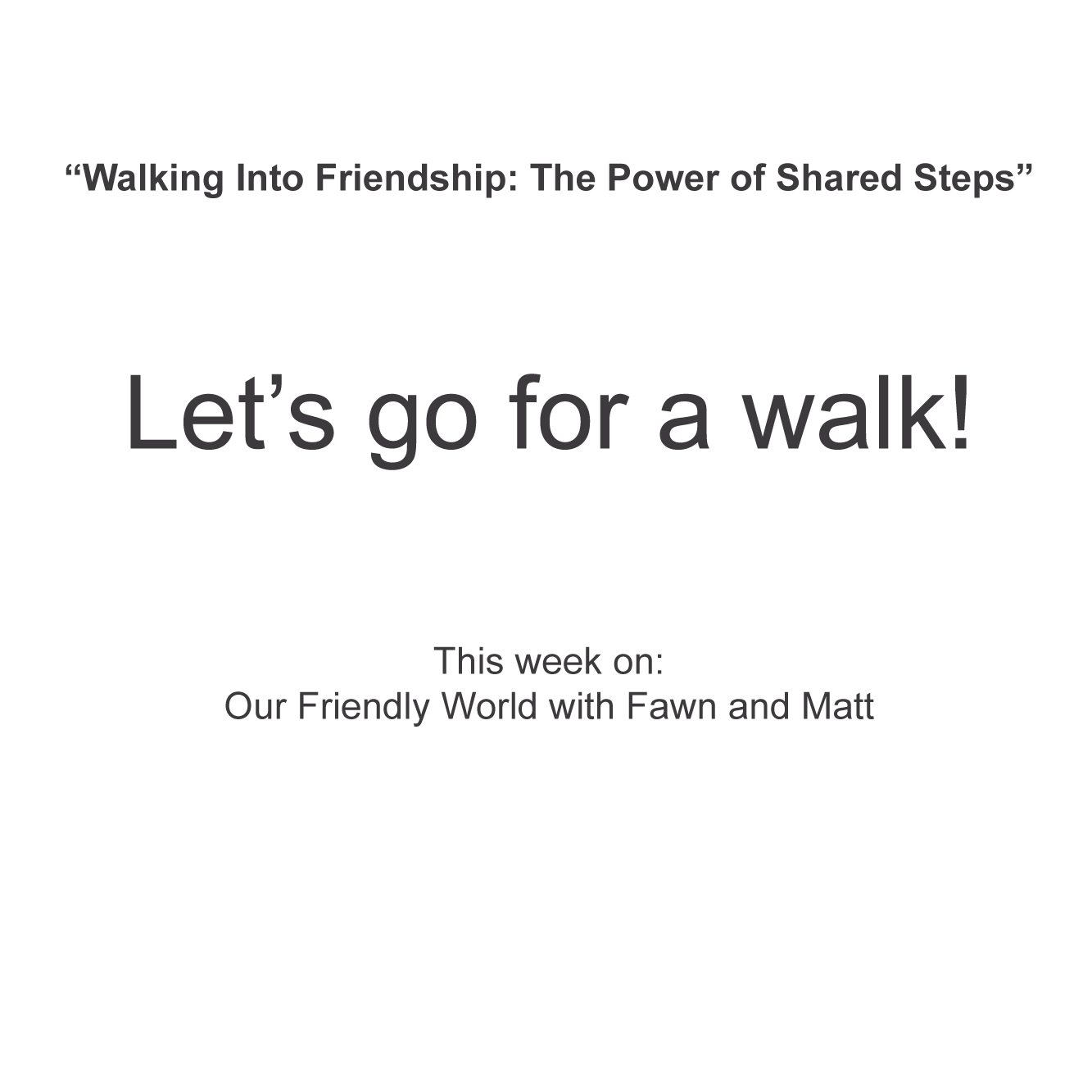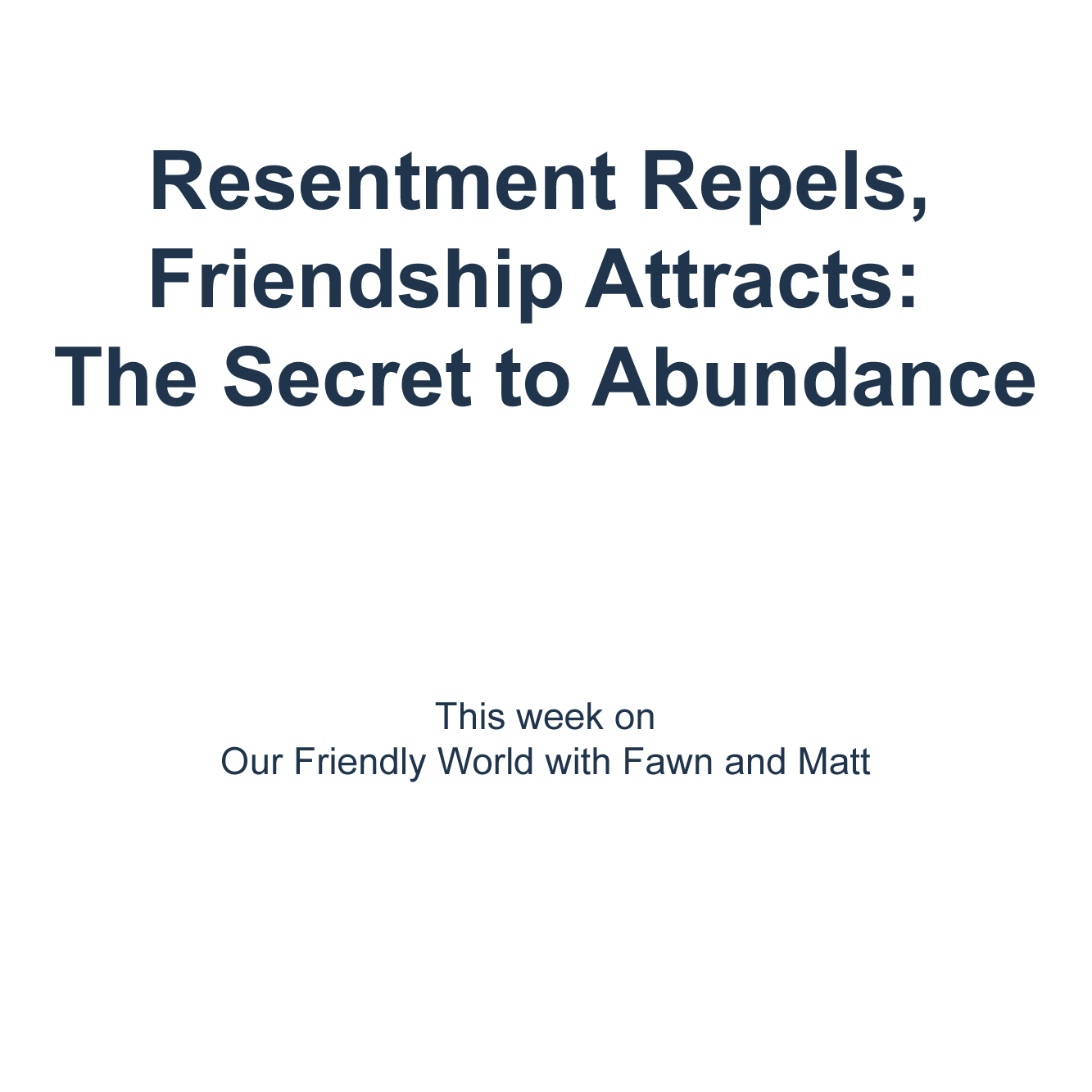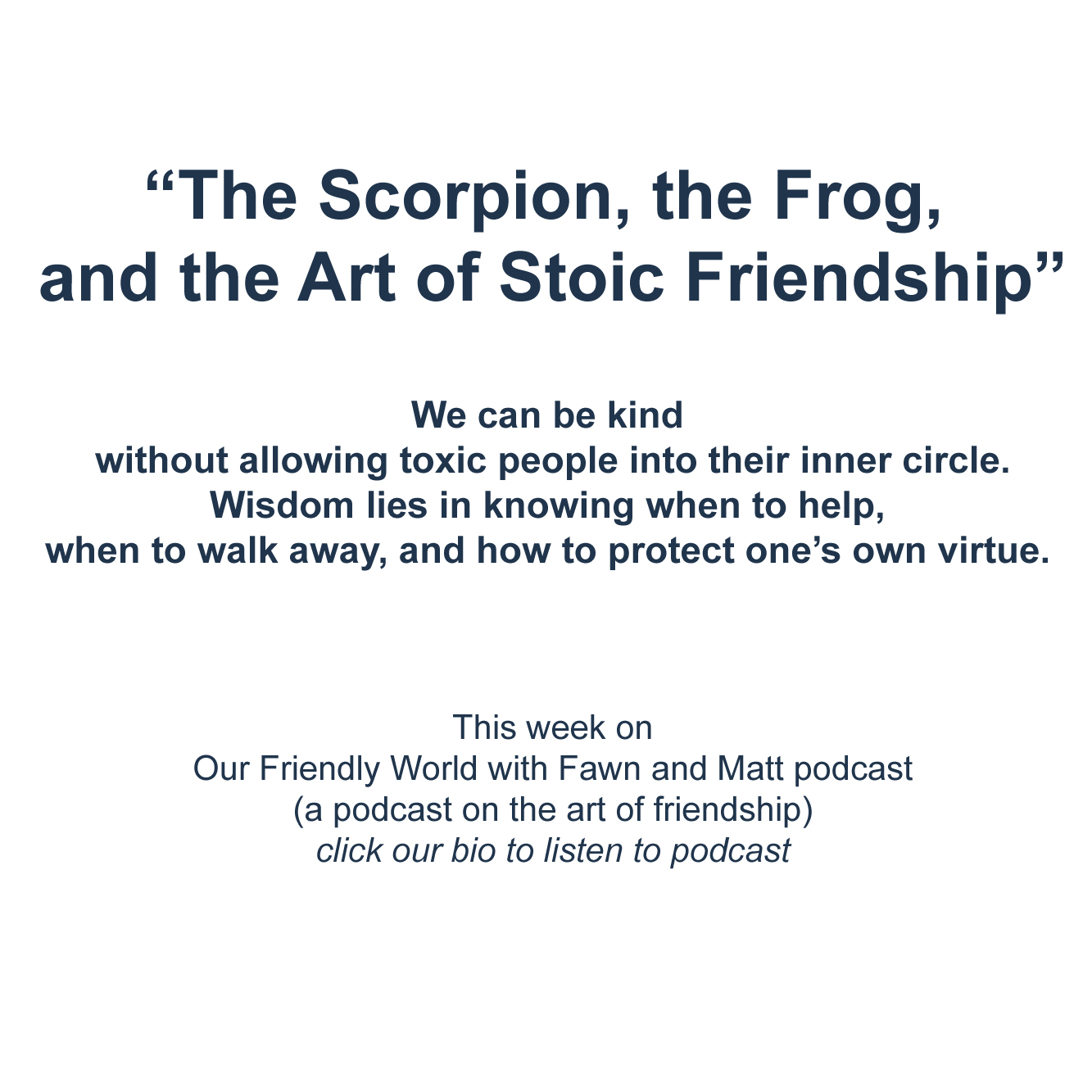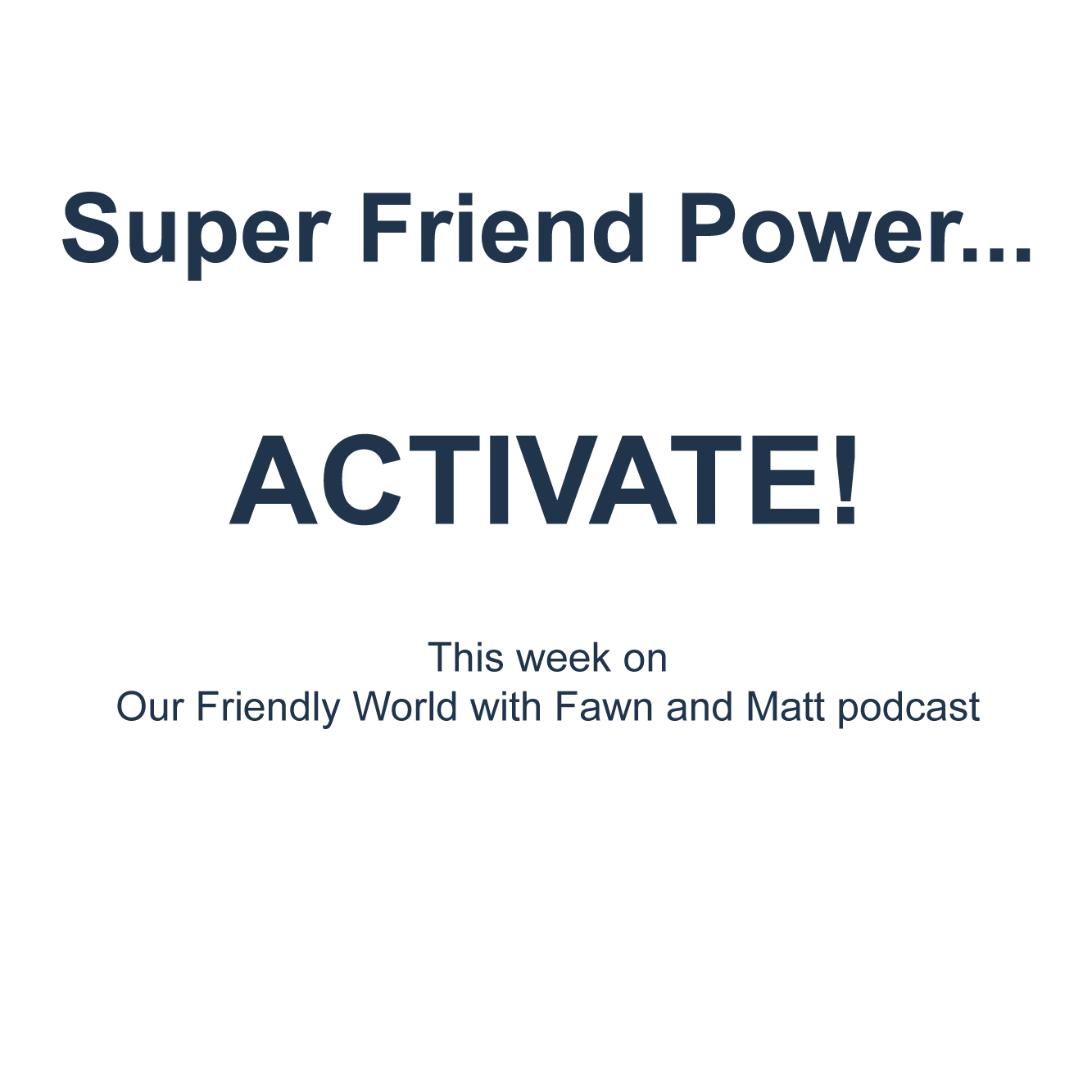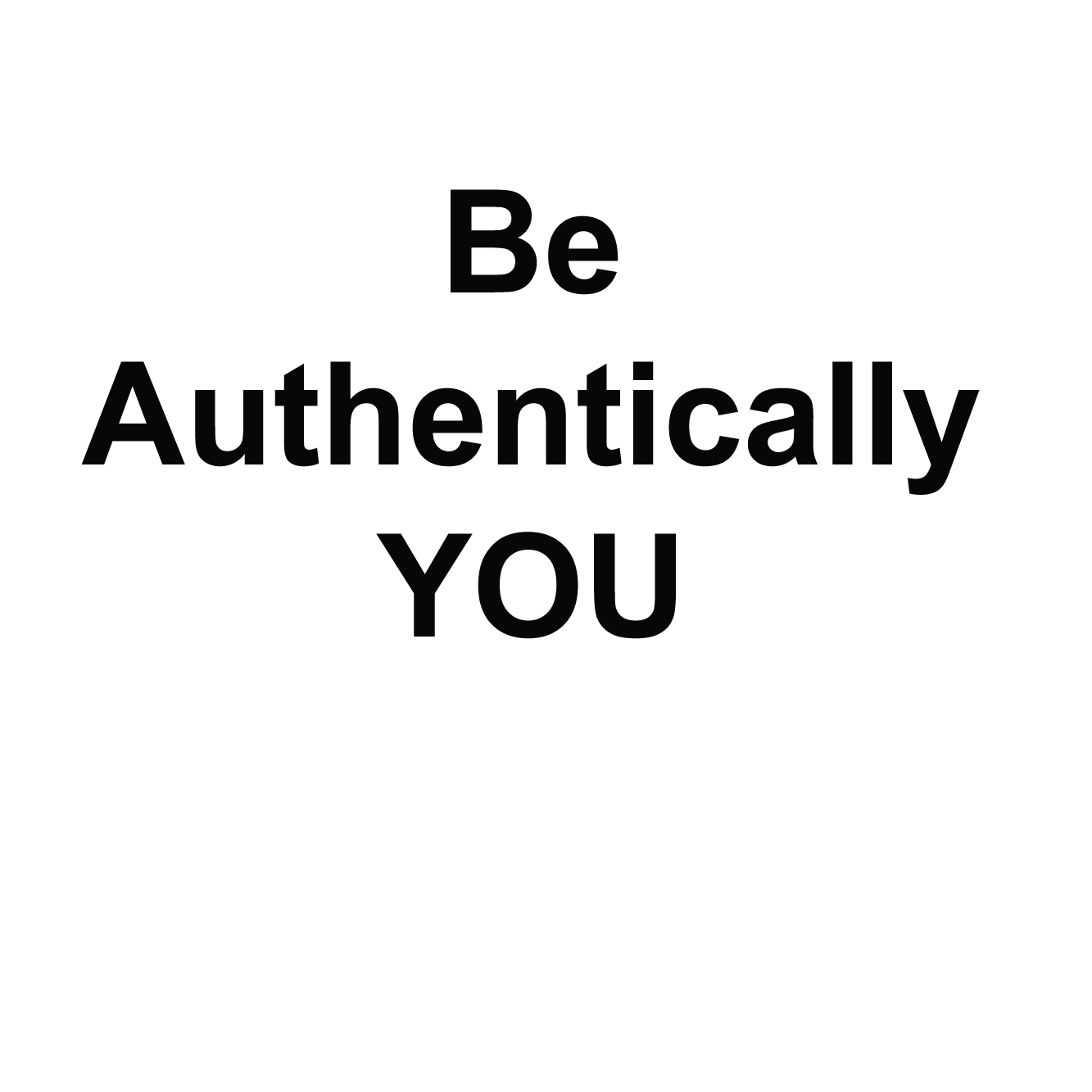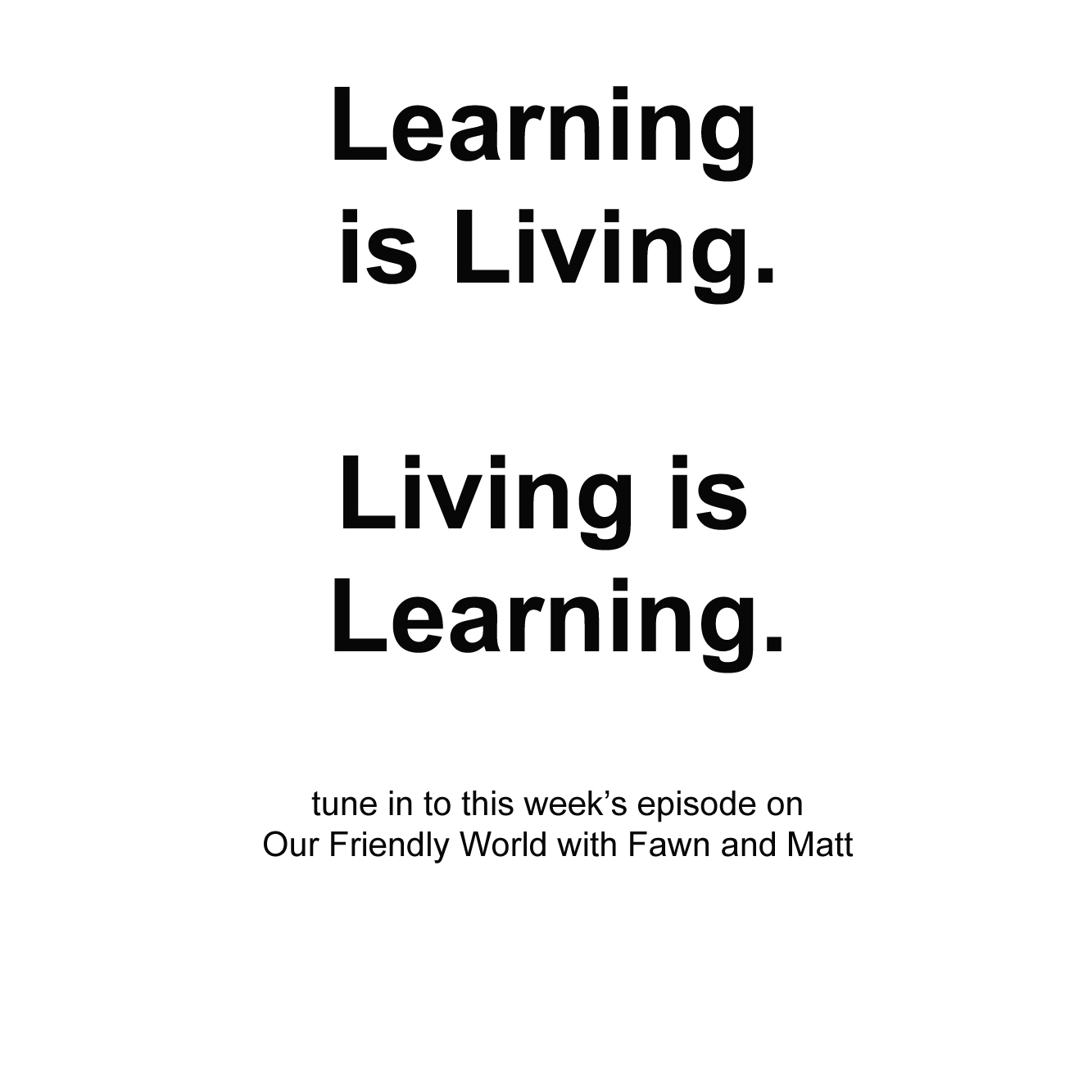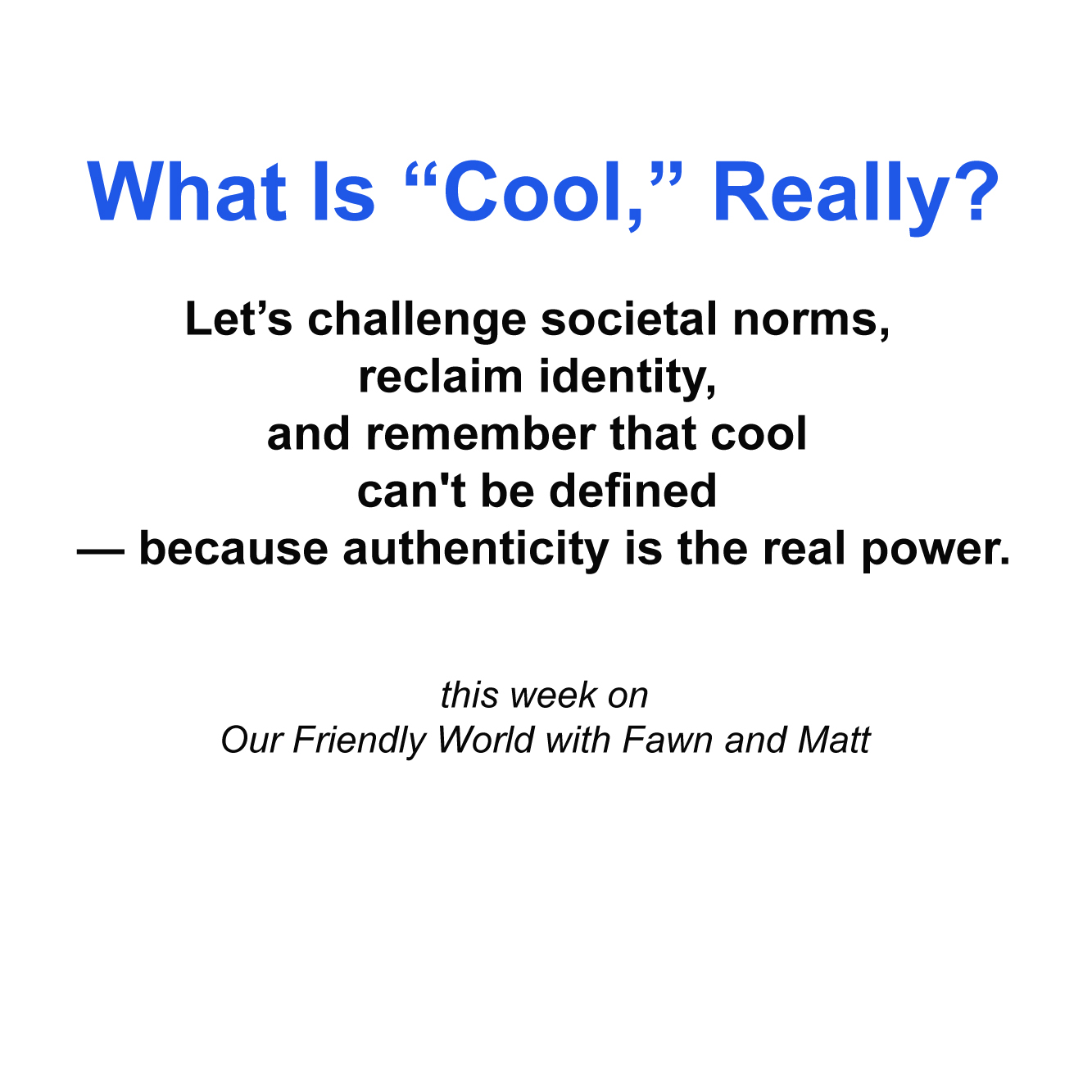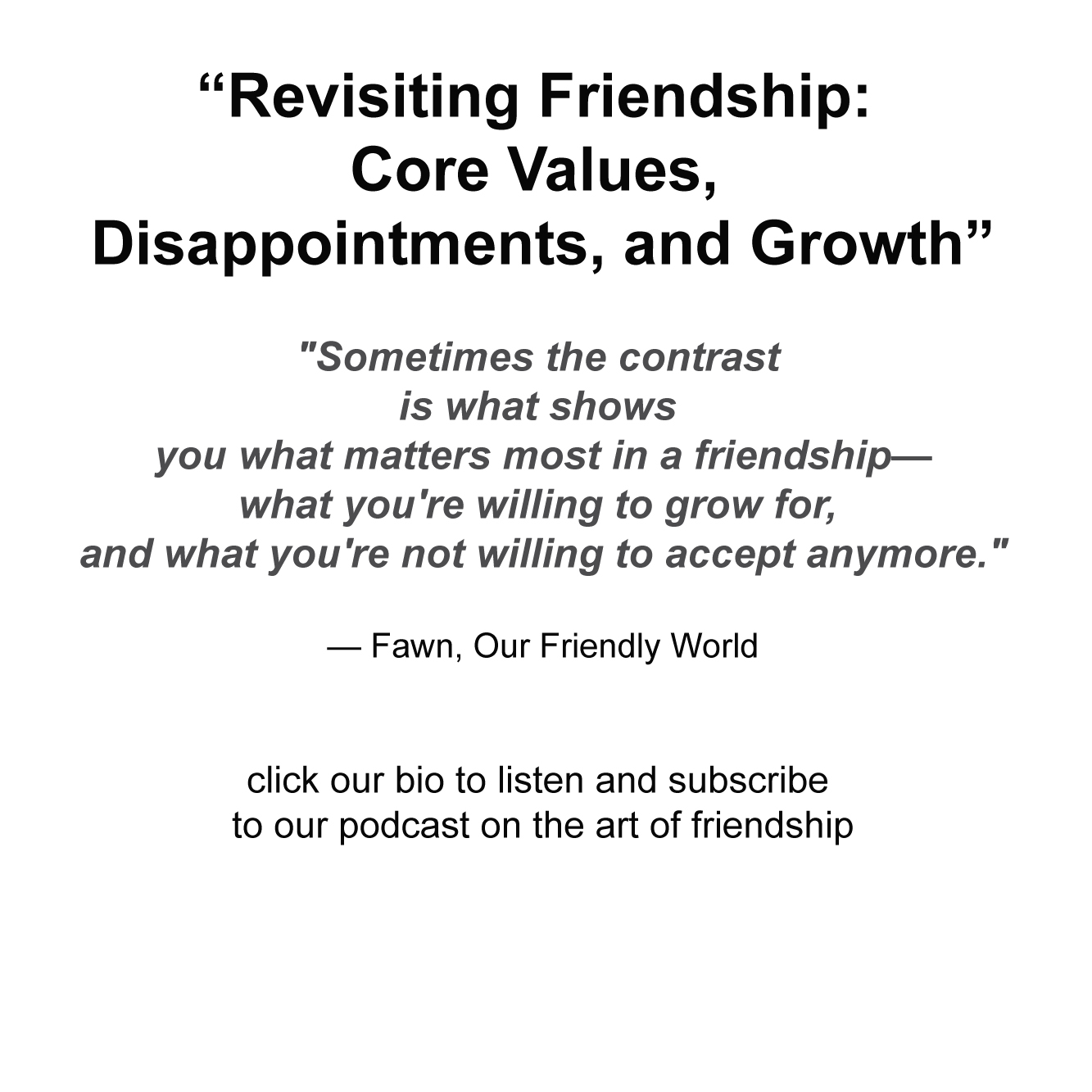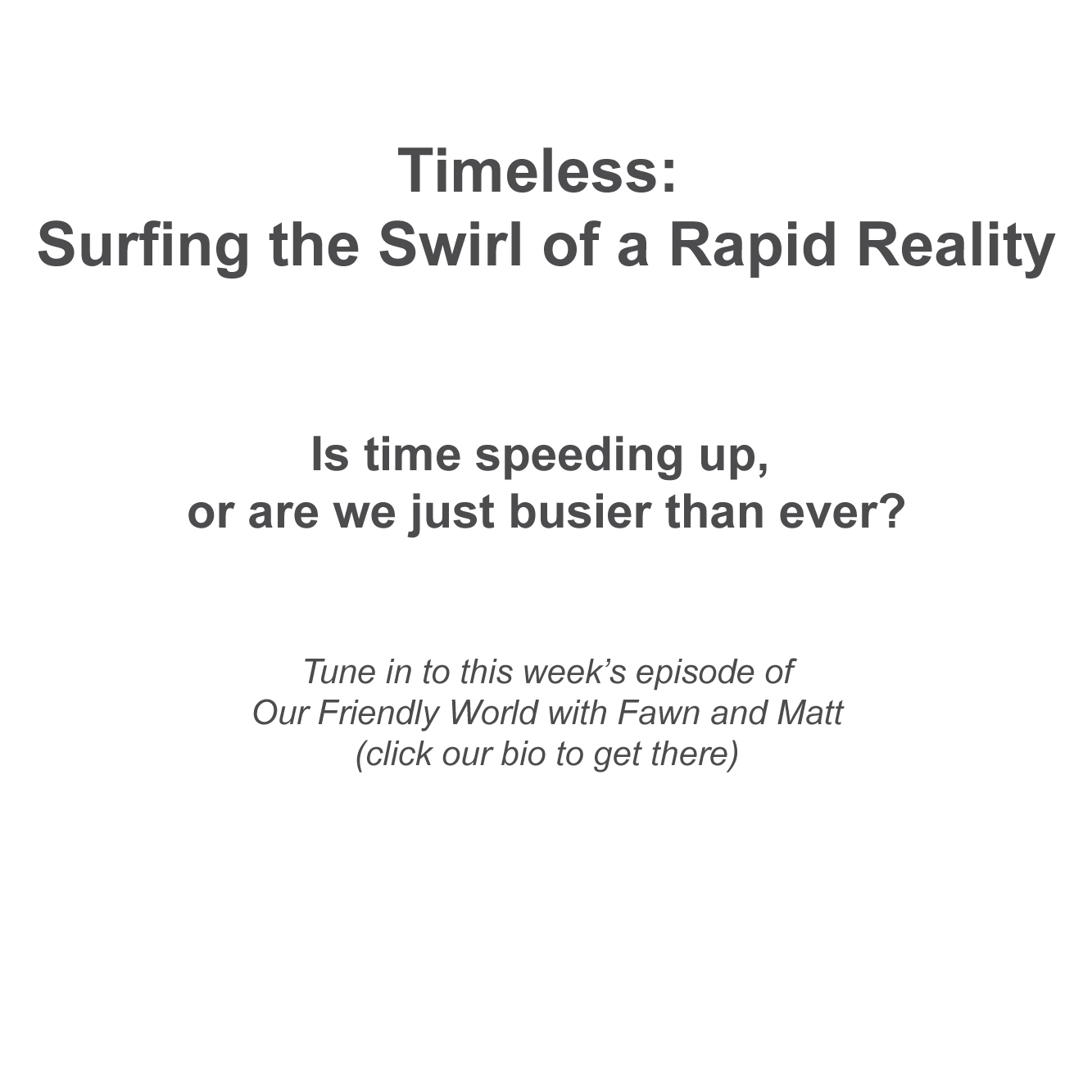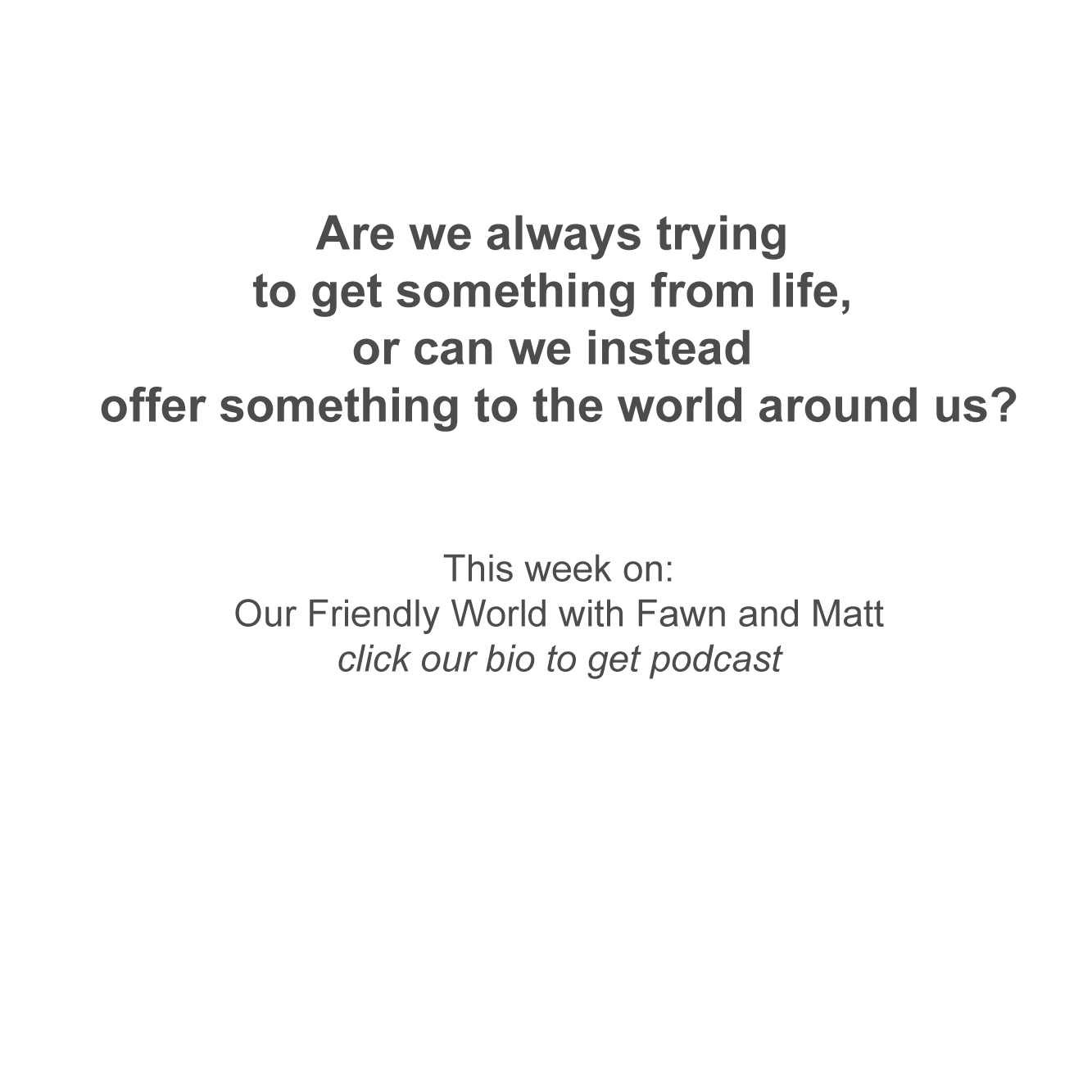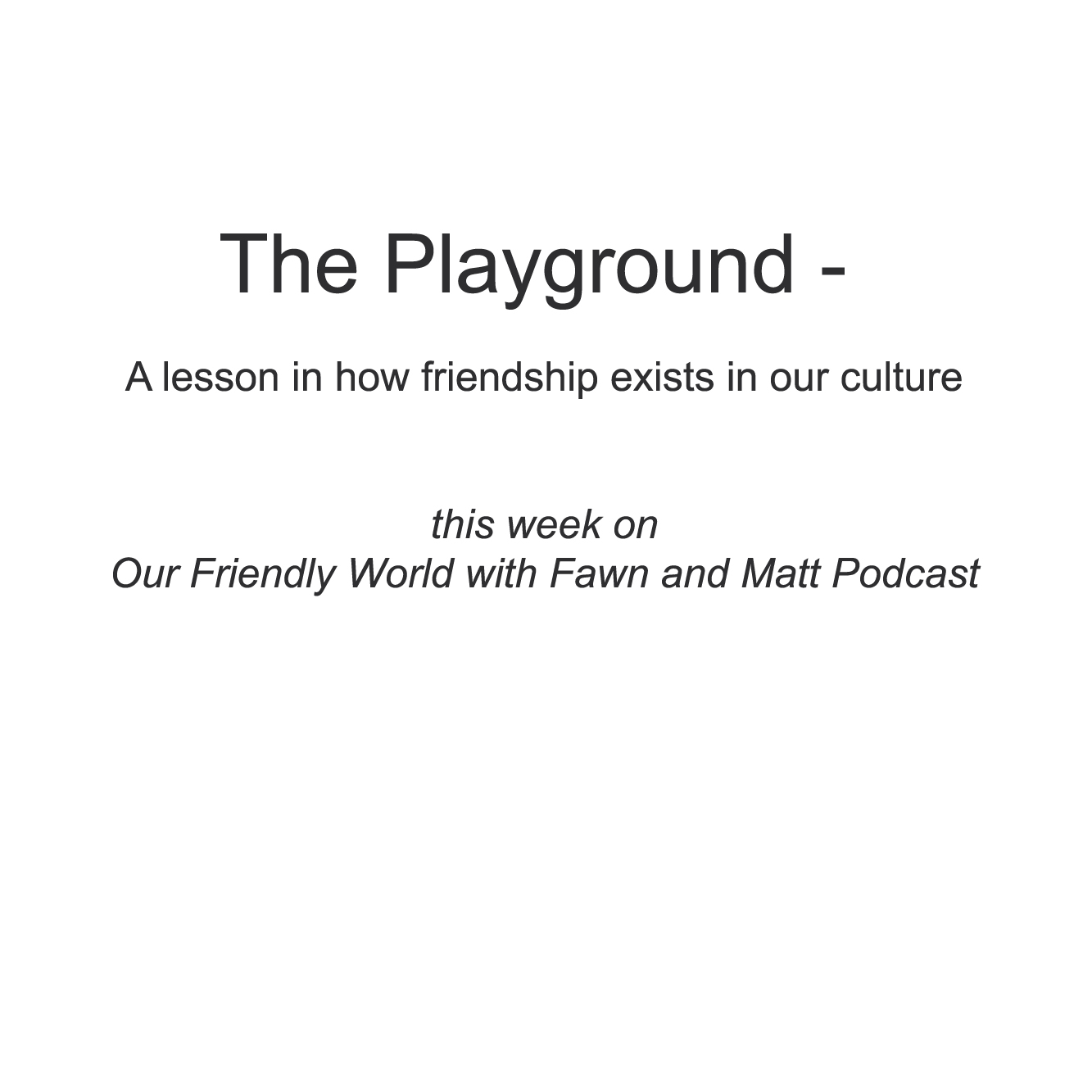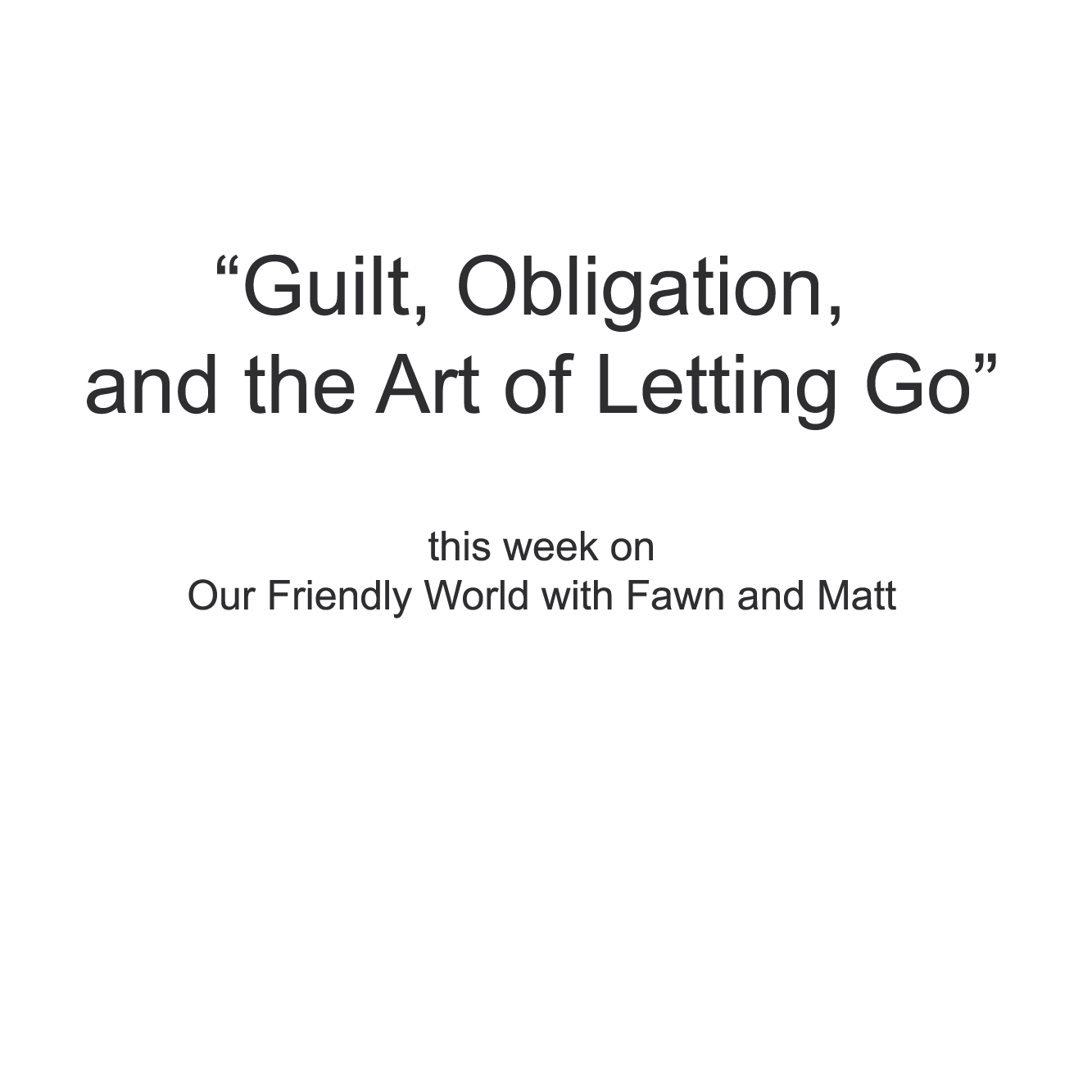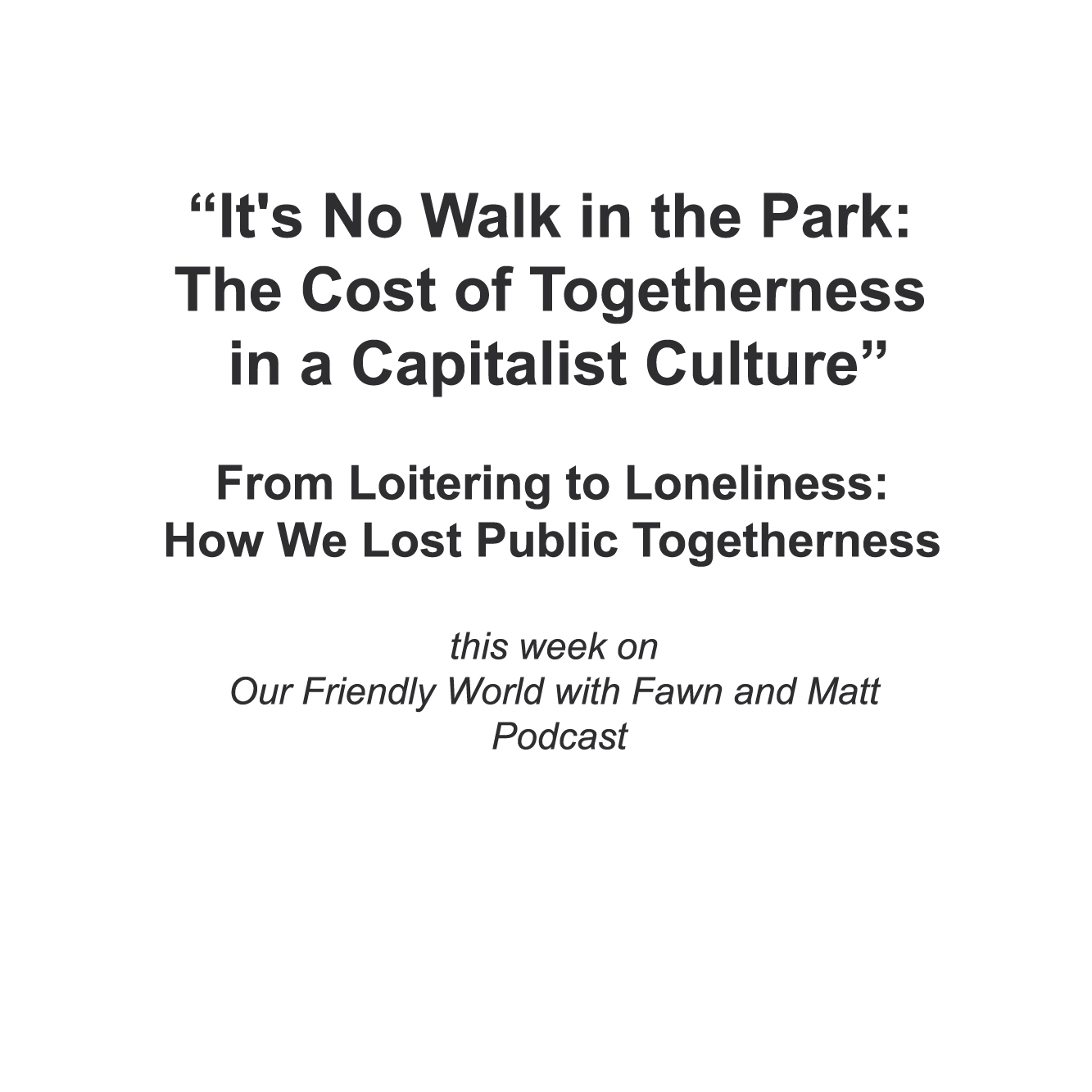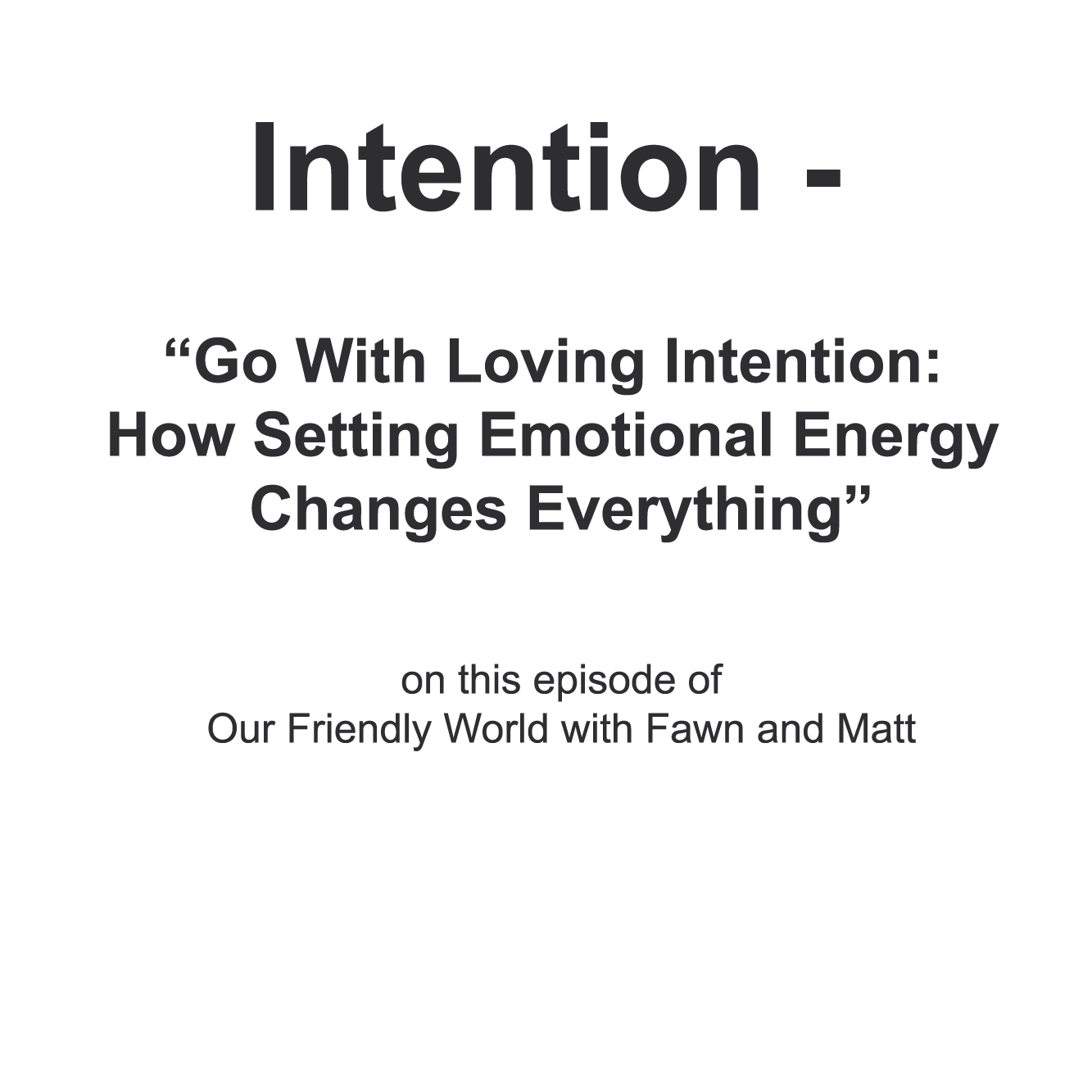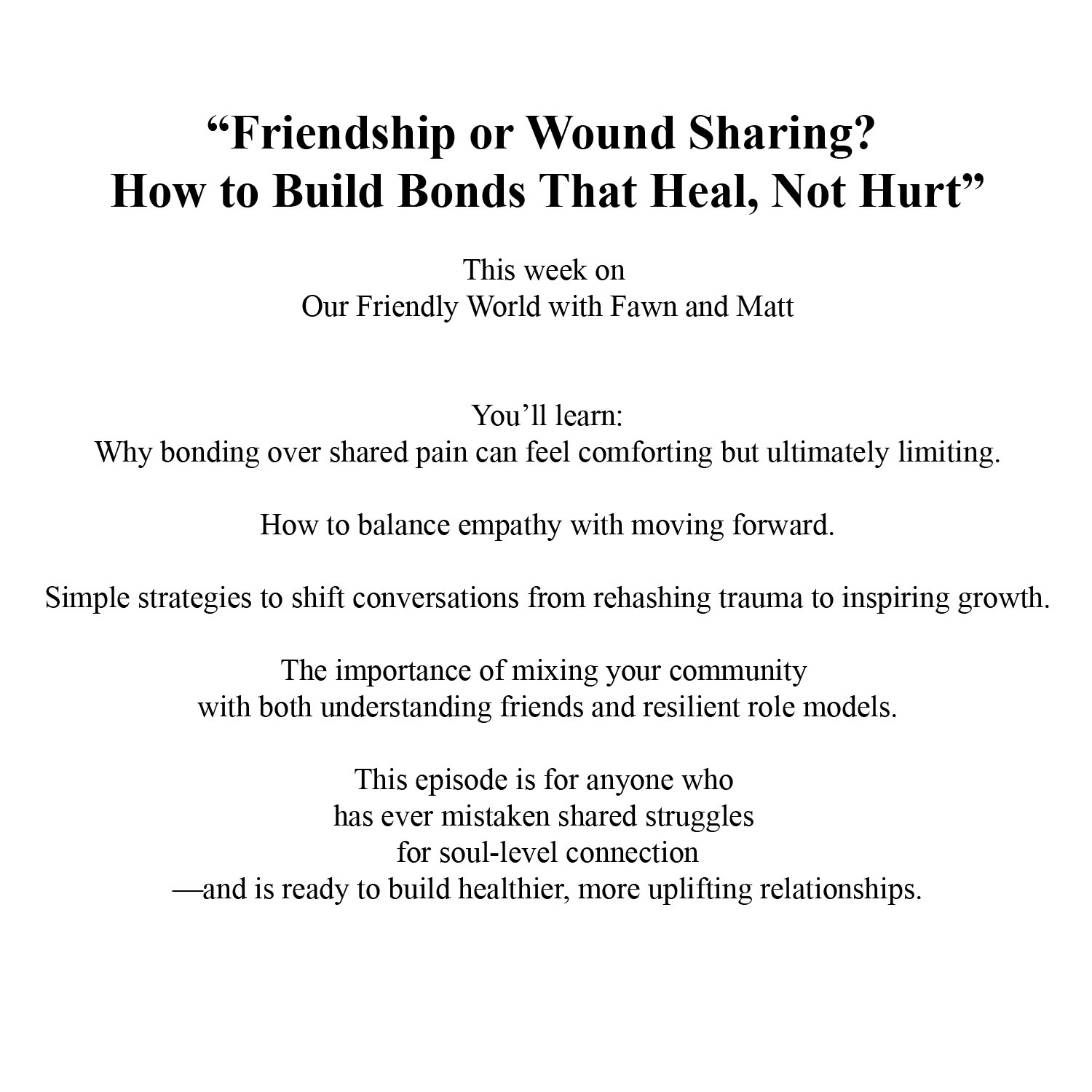The Family We Create - Families of All Kinds - Interview w/ Jenn Cleary and Dorje Dolma
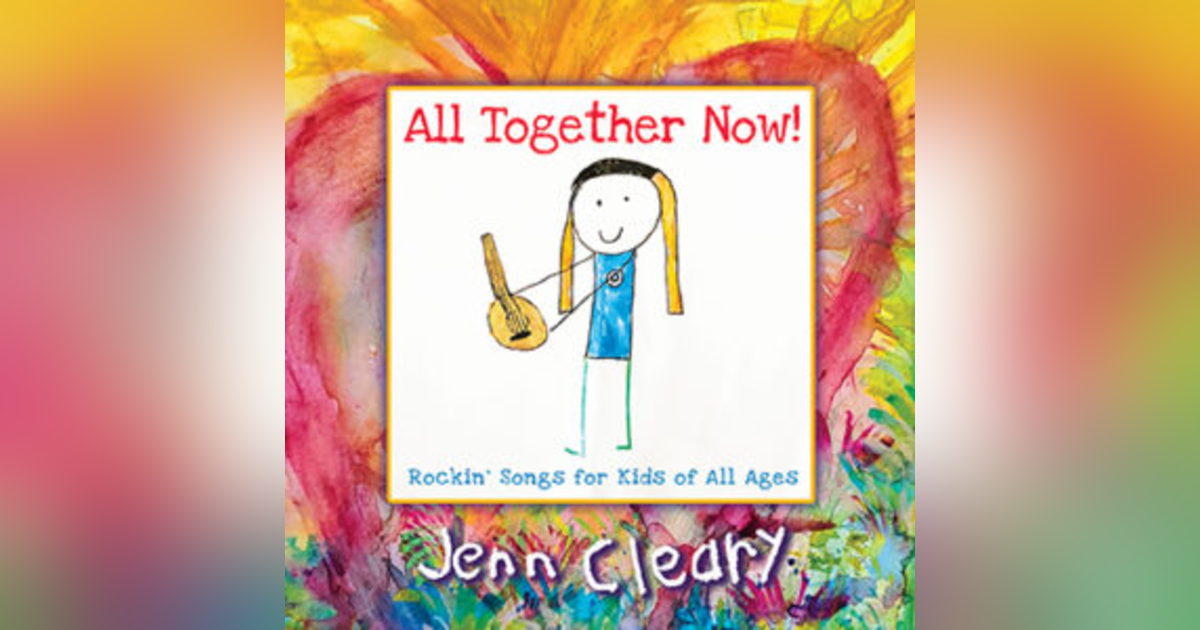
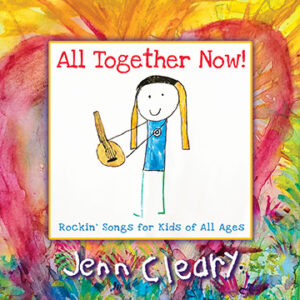
The Family We Create – Families of All Kinds: this episode is the perfect example of family, the family that we create and showing that it really entails families of all kinds. And interestingly enough, it's also the song title (“Families of All Kinds”) of one of the songs on Jen Cleary's new album “All Together Now!” written and produced for children and families and celebrating environmental and social consciousness (which, by the way, our baby girl did the album cover art of!).
The Family We Create – Families of All Kinds: this episode is the perfect example of family, the family that we create and showing that it really entails families of all kinds. And interestingly enough, it's also the song title (“Families of All Kinds”) of one of the songs on Jen Cleary's new album “All Together Now!” written and produced for children and families and celebrating environmental and social consciousness (which, by the way, our baby girl did the album cover art of!).
Jen Cleary is a folk, rock, and blues singer-songwriter, and one of her amazing family members, her daughter, Dorje Dolma, the author of "Yak Girl: Growing Up in the Remote Dolpo Region of Nepal" is here!
We discuss the double layered meanings of Jenn’s music, the stories that led to the songs, the meaning of family, and get immersed in the fantastic story of how Jenn and Dorje met on this tiny yet immense and perfectly synchronized blue dot and created a blossoming family that is now many arms outstretched around the world.
Their beautiful family story brings love and hope!
Hall of fame quote from the show:
“ You just have to trust in yourself and trust in the others... when those right people come in your life. And even if it's a little bit uncertain, you kind of have to keep moving forward. So even if I get scared, I just believe that it's going to be okay.” – Dorje Dolma
https://www.amazon.com/Yak-Girl-Growing-Remote-Region/dp/1591812887
TRANSCRIPT
Fawn: [00:00:00] [00:00:00] Good day. I'm tired, not tired. It's hard to say. Good morning, because I know all the other friends from around the world that are listening at different times, so good day. Good. Every day.
Matt: [00:00:14] Good morning.
Good afternoon. Good evening. Good night.
Fawn: [00:00:17] Hello. Welcome to our friendly world today we have a beautiful family here with us and I was, I was thinking about it, Matt, you know, you and I met as friends and we created a family together.
Sometimes when I tell people, you know, I came on this planet, looking for my family and people have such an association with family is blood only. And I came here, you know, I came obviously was born into a family, but I'm like, I'm looking for my soul family, which you are a part of. And. Our friends are a part of yes.
And that's what I'm creating. I'm trying to create [00:01:00] with our movement, with our friendship movement here. Right. Right. And, and if you think about it, when people fall in love, they meet hopefully, usually as friends and they create family. So why, why isn't it just as concrete as when, what I'm trying to say, when you meet someone, that's a friend that is your family.
I feel like people tend to treat that as like, oh, well, it's not really family. We're just friends, but for me it has never felt that way. So today's, today's show is the family we create and which really entails families of all kinds. And interestingly enough, it's also the song title. Of, Jen Cleary's new album.
One of her songs is called "Families of All Kinds". Today we have with us, Jen Cleary and [00:02:00] her most amazing family member, Dorje Dolma. And here we go, everybody. I want to introduce you to these amazing women sitting right here with us in Colorado, but virtually, where are you in Colorado?
Everyone. Welcome. First of all, Jen Cleary and oh, wait, wait, wait, wait. I want to say some other things before we start a little bit of a, more of a little introduction here. So Jenn, we met Jenn, we became friends with Jenn through our little girl, our youngest. In our little town here,
there's an art walk. And I wanted the kids to take part in it. And so I called one of the heads of the Artwalk who's a lawyer who was an attorney and somehow I found his name cause I was making calls. I'm like, who do I talk to about this idea that I have for the art walk? And so this person's name came up and I called him and [00:03:00] said, look, you know, I would love to involve my children who are incredibly creative and they're also learning business skills. We're homeschoolers. And I would like for them to be a part of the community with art, would it be okay if we set up like an old fashioned lemonade stand, but instead of selling lemonade, they sold their artwork. Much like how all the stores and galleries on the main street here on second street sell their art.
Like, can we involve the kids like that? And he's like, oh my God, that's a great idea. As long as the shop owners are okay with it. And so every week, every Friday, not every Friday, every first,
Matt: [00:03:43] first Friday. Yes. And that's, that's a thing. That's not a thing everywhere in the United States, but, uh, it's a thing in Colorado for sure.
First Friday, the community wants you to get out stroll down main street, all the galleries and things are open.
Fawn: [00:03:57] I feel like every town we have lived in, they've had [00:04:00] one day of like, kind of like a first Friday, maybe it was like the third Saturday, or there's always something like it's. I think it's, it's the thing that's been the thing now
Matt: [00:04:11] certainly is a thing.
I don't, I just don't remember that
Fawn: [00:04:13] in California. Oddly enough, Santa Monica didn't have that in that 13 year bubble
Matt: [00:04:18] Sausalito, not so much either.
Fawn: [00:04:20] I think they did. I think Sausalito we just weren't a part of it. Like we weren't a part of that community. We digress, we digress. So what happened was, was on one of these Fridays, we were asking for permission and here comes this beautiful woman with her guitar and she's setting up and lo and behold, we have Jen Cleary.
And so we were talking amongst us, like Elle, Allegra, you and I like, we should really ask for permission from this beautiful musician over here, because she's in a way a business or shop. Right. So we should ask her for permission. And so Allegra went up to you, Jenn, and I really don't [00:05:00] know what she said.
Alegra and Elle have this talent for finding our family, friends. Like they go and seek them out. Their intuition is so much better than ours. They can find the greatest gems in humanity and bring them over to us and say, Hey, we here's someone we discovered right here.
What ended up happening was Allegra drew a portrait of you and it's actually now her first commission of her young life on your beautiful album cover or your beautiful album. That's titled "All Together Now", which comes out June 4th. This album, uh, first of all, Jen Cleary is a folk rock and blues singer songwriter.
This new album. That's coming out altogether now is written and produced for children and families and celebrates environmental and social consciousness. Everything that we talk about [00:06:00] here on the show show. It's about caring for other people and for families of all kinds. And so today I would like to discuss how the songs came about, especially like Jenn, you were talking about how one of the songs came about when you were walking with your mother, especially, song number 10 "Families of All Kinds" that you wrote with Dorje and how you all came together and formed your family; what an extraordinary story. Dorje Dolma is the author of "Yak Girl: Growing Up in the Remote Dolpo Region of Nepal". So upper Dolpo is Northern Nepal, which is along the Tibetan border in the Himalayan mountains. And I think not very many people know about it. I know that I know of a book, in 1978 called "The Snow Leopard" was written about it . And then there was the Oscar nominated movie Himalaya, in [00:07:00] 1999, I think, uh, French and Nepalese, film crew went and filmed this Oscar nominated movie about that region.
So, anyway, there's so much to talk about. everyone please welcome Jenn Cleary and Dorje Dolma. Thank you so much for coming here and being with us today. Welcome.
Jenn: [00:07:25] Thanks to both of you for having us. It's wonderful to
Fawn: [00:07:27] be here. Thank you
Dorje: [00:07:28] so much for inviting us. And
Fawn: [00:07:30] I am sweating, sweating.
Okay. I'll start. I'll start. So Jen, can we, shall we go song by song, like really briefly talking about the music and then when we come to song number 10, can we really get into your relationship together? You and Dorje? We are talking about the fabulous album that's coming out and [00:08:00] June 4th altogether now, and we're also talking about family, of course, which is what the album is about. I want to know all the details of how you met each other on this little blue dot, which if you're living on this blue dot, is such an immense world with so much contrast. How in the world it is that you both came to gather. That is amazing. And the family that grew bigger as a result of your meeting is so extraordinary that I feel like my words are not fitting. I don't know what to say. I'm not the expert interviewer. I just pray that you're willing to just share your story with us from the beginning of how you met and whatever is in your heart that you want to express to our friends from [00:09:00] around the world right now, listening, please go for it, but let's start with your music, Jenn. Let's start with your album and the family we create. I know that you started early at age seven.
Jenn: [00:09:12] This is "All Together Now" it's my fourth album and it's the first all children's music.
Uh, it's rocking songs for kids of all ages, because I didn't want to go too far out of my realm. I like to play this kind of acoustic rock and blues music. Uh, so it's really a fun, um, album that anyone can listen to I feel. The first one's called "Our Wild Family". And the other thing about this album is very collaborative.
And so during the pandemic, what a gift to be able to have this time to write these songs and some with my family, including my mother and a niece and Dorje, uh, just really great opportunities. So the first one, "Wild Family" was written with Connie Shaw, she's actually the publisher for Dorje's book, "Yak Girl". And she had never written a song before, but she's an [00:10:00] amazing writer and amazing editor and amazing person, who really helped, Dorje's book come to life. So that's a whole story for another time, but that's a little backstory of who this co-writer is. Um, and just she's an encyclopedia of knowledge.
So it was really fun to sit down and write a song with her. Um, and she could come up with words and, and manipulate words. So we had an awfully great time, um, doing that. And it's, it's an ecology song and share her passions about the planet and protecting the planet and appreciating the planet as part of our family.
So it talks about family and animals, birds and trees are related to you and me. We all need the wild places with waterfalls, rocks, and bees to make us happy, feel free, please take care of our family. So there you go. There's the first song, uh, in a nutshell, um, the next one, "My Sisters and Me" is about beekeeping and this is also family.
The hive is a family and it's, uh, it's majority of sisters working together for the greater good. And to make a little extra [00:11:00] honey for you and me. So, um, that one I wrote, uh, as a beekeeper, I had a lot of knowledge. Uh, and so there's a lot of fun facts in there. And interjection,
Fawn: [00:11:09] interjection, Jenn, as a beekeeper.
Did you know that?
Matt: [00:11:11] No, I did not actually, but I have to say when I, when I was listening to the song, I swear when you sing the chorus, you know, my sisters and me, I could hear your smile.
Jenn: [00:11:25] It's pretty fun. And people love to sing that line along with me. So it's a bit of a female kind of Anthem or, you know, a bit of a female power song too.
And, uh, so people can interpret the song in different ways, but it was very joyful to write, um, "Scat's the Word for That". I wrote with it, scat it double meaning there. Um, and she, um, has a wonderful education in ecology. And I went to the nature center in Ogden, Utah, uh, where they invited me to put on a show with kids there. So I [00:12:00] wrote, I actually, I wrote my sisters and me for that some years ago. Uh, and then "Scat's the Word for That", the woman who invited me down there, Cheyenne Hurlerstein, um, she and I sat down and wrote the song, scats the word for that. She had all the details again and the knowledge to put in the song to make it technically correct.
Um, and then we just had a lot of fun singing it and, I scat a bit in the song. So very fun and playful.
Matt: [00:12:23] And for those of our listeners who are not
Fawn: [00:12:26] aware, I was not aware of what's. I thought scat was purely a musical word term. I didn't know. I did not know what it was until we were taking a class in the mountains of Colorado.
The ranger taught me what a scat was, but our kids knew what scat was. Isn't that weird. But anyway, go ahead. I interrupted you again.
Jenn: [00:12:50] It's poop it's poop. And that word might be mentioned in that song somewhere. So, and the kids love it. Oh, and the funniest thing was [00:13:00] when I recorded the album, I had the hardest time finding kids because of the pandemic.
And they kept going into lockdown in quarantine. And we had a studio where it was two different rooms. So you could walk in, in separate entrances and add the air purifiers and all that. So we finally were able to get the kids, some kids in there on the album, and it's just a treasure to hear them. And this particular song, because it has.
Poop in it. The kids were just cracking up and giggling
Fawn: [00:13:26] I love it is so funny. Poop is funny.
Matt: [00:13:31] Literally to me, it's always funny. My kids, unfortunately, I think are starting. Like my oldest is like, not as into pooping, funny, not as into, um, and so it's weird. I think they're going to end up being a lot more mature than me.
Fawn: [00:13:45] One of my favorite sounds is the sound of a fart. Honestly. I love it. It's so it's always been funny. It's never, it's never not funny to me. I love it. I love it.
Matt: [00:13:58] There's there's
nothing funnier than a [00:14:00] little baby farting for sure.
Fawn: [00:14:01] And also like animals farting. I love it. I'm sorry. I digress once again.
Sorry.
Jenn: [00:14:07] Okay.
okay (laughing) Back to poop! So anyway, the producer caught them laughing and it's just the cutest thing because they're just giggling away and it's on the album. And so it's treasure. If you listen carefully, you can just hear them really enjoying the song, which makes me so happy to be teaching and being educational about animal poop and having the kids just have a great time and dancing to it and all that.
So that's that one, "Clean Water" is a song that my niece has a three-year-old daughter and she said to me, at one point when we were together, I love to write songs. I said, well, we should write one someday. So out of nowhere, again, in the middle of the pandemic, I get this little video of her singing to her daughter in the bathtub about how to keep the waterways clean, how to keep our oceans clean and our streams clean.
[00:15:00] And, uh, it was just the cutest loveliest, sweetest, short little videos, only 20 seconds long, but I was able to take that and make that into a song and go back to her. She was working for the Raleigh water department at the time. And so she was very much into being an environmentalist and keep, you know, having clean water and the city of Raleigh.
And so she came back with technical, again, things that we could put into the song, lots of words, and lyrics, and then manipulated and made it into a melody. So again, positive messaging for the kids. Um, "Love Right Now"is the one that I wrote with my mother. Um, or she inspired. I said, she say.
We walk a mile every morning. And I was in the middle of this process, starting to heat up with these different songs. And she said, I think you should really write a song about caring about other people, because that's what we're about. And so immediately I went quiet and we we were quiet for the rest of the walk.
And I developed the song in my head as we were walking. And by the time I got home, I sat down and I [00:16:00] created most of the song. And then I went over next to my mother lives next door. And we went over and shared it with her when we went back and forth until the song fell into place. And so that is very meaningful to me.
My mother is 87 now. And you know, this was a hard year with all that happened. Um, in particularly for people older were very, even more isolated and in some major challenges. So it was a beautiful thing to be able to write a song with her inspiring it. Um, "Bubbles", I just wanted a song that I could have a bubble machine for.
So I bought a bubble machine $29. So now I have my own bubble machine and I have a great thing to pull out at my shows. It's got remote control and I can't wait to start performing it alive. It's just goofy and fun and playful. And I wrote that with a friend of mine. Who's a songwriter, Ken Lankford, um, "Backyard Farm".
I have a backyard farm. And so I just thought it would be really fun to have a song it's kind of like an old [00:17:00] McDonald song, but about my own personal experience with animals living in my backyard. So I do the animal imitations and it's just a goofy, silly, kid's song.
Fawn: [00:17:10] Interruption. Isn't that how you started Jenn?
Didn't you start your own concerts in your backyard when you were a kid. Is that, am I, am I right?
Jenn: [00:17:20] You are right. When I was seven years old, I saw an advertisement, uh, on, um, on the television to hold a backyard fair for the leukemia society. And I thought, oh, great idea. I got this little packet and I helped this fair by then I turned eight years old in the fall and had this great little festival for the neighborhood kids. Well, that I did it year after year after year, uh, all the way through being a teenager. And ended up having these huge fairs with live bands and, uh, politicians coming through professional athletes, signing signatures.
It was hilarious. So, yes, my backyard has been a big part of my life and [00:18:00] my neighbors lives. It's always been a big community kind of center.
Fawn: [00:18:03] That's amazing.
How did that start with it was an influence from your parents. I mean, is it, you're just
purely.
My parents were very, very generous. Uh, and I think they led by example, they didn't pressure us into that or do make us do anything.
Jenn: [00:18:18] It was just that they, they did a lot of foster care. Uh, they gave money to charities they're involved with their church. They would always help wherever they could. And so I think that was just a really big inspiration for me.
Fawn: [00:18:31] And was it, um, am I thinking Florida? Where, where did you Massachusetts? Just outside of Boston.
I was way off.
Jenn: [00:18:42] North of Florida.
Fawn: [00:18:43] Amazing. I'm sorry. So I interrupted let's let's keep
Jenn: [00:18:47] a couple more songs here. 'Dinosaur Friend" I was camping up at Brainerd lake in Colorado. And next to a little boy, you had a dinosaur named Charlie, who he played with those couple of [00:19:00] days that were kept next to him. And he, um, he was just had this great imaginary friend.
So I went in my trailer and I wrote the song about Charlie and this little boy and their interactions. So that's dinosaur friend,"Less Gravity". Uh, I had just gotten out of the swimming pool and met another friend who got out and she said, oh God, it's great to have just a little less gravity. And so we wrote this song about just loving to float in the water, and then it just got kind of goofy and fun and imagine having less gravity on many levels.
So that's what that was about. Signs are great.
Fawn: [00:19:40] I said, um, all these songs have really so many levels to them, but like gravity in particular, like we all could use a little bit less gravity emotionally. Like we've all been through so much.
Jenn: [00:19:54] A lot of the songs have double meaning or meanings that people can interpret the songs as they feel [00:20:00] relates to their own life.
Fawn: [00:20:01] Isn't it? Art is a, not the whole reason for art and it's like, it can inject your spirit with exactly what you need. So like one sound, one word will enter someone and do exactly what it needs to do for that one particular moment in time. And it'll be different for me and totally different for Matt and totally different for, you know?
Matt: [00:20:24] Yeah, no, no, no, absolutely. Yeah. If, uh, if a piece of art or a piece of music doesn't make me feel anything, it's not art to me. You know, and that's just what it is.
Fawn: [00:20:35] Well you have to be careful. I know. I critic, I've had critics tell me your work turns my brain off. Right, right. And that's interesting because sometimes I don't know, they say my work sucked, but I think that they were looking at something that disturbed them so much.
It showed them their own prejudice. Right. That it made their, their brain turn off because you can't handle it. You're you're [00:21:00] not, you're not used to looking at something that's staring right at you that is so strong, but you have a prejudice about, you know what I mean? So I don't think you could ever have no emotion about anything.
You know, it's like when you ask someone, what did you do today? Nothing. There's no way that anyone can do nothing. You're always feeling something. Do you know what I mean?
Matt: [00:21:26] Yes. Point taken, but all
Fawn: [00:21:28] right, let's go. Sorry, Jen. We digress again.
Jenn: [00:21:32] The last song, the 10th song. And that's I think where you want to expand a bit on family families of all kinds.
Fawn: [00:21:40] So, Dorje, we were reading your book. I'm still reading your book and the way your family comes. Well, gosh, there's so much, there's so much. I want to talk about Dorje. I want to talk about your childhood, your little five-year-old self, taking care of [00:22:00] these animals and, and fending off the wolves and the snow leopards.
No snow leopards, right? Like, oh my God. Like now that I'm a parent, it just, um, I don't know, help me out here, Matt.
Matt: [00:22:15] It seems unbelievable.
Fawn: [00:22:17] First of all, I am a severe empath. Like I can go to the grocery store and pick up someone's thoughts from two aisles away, then I can't even see. And all of a sudden I'll need to go home because I can feel them.
I know it sounds crazy. But so when I read, when I read people's stories or I hear people's stories or I'm watching a movie, I am not like a normal person that can just, I need some time because one split, second of something will forever take a hold of me. And it's really hard for me.
So I'm taking my time with your book Dorje and [00:23:00] just. Sweet little five-year-old Dorje you know, of course, I think about our babies and other babies out there. Right. And this amazing powerful Dorje yelling to get the wolves to go away, to protect the sheep, you know, to protect the goats. And it's so emotional and so beautiful.
And, and so anyway, if we could, I don't know, I'm all over the place because I'm still in your book and I'm all over the place. Like I have so much emotion, so yeah. Help me reign it in Matt and ask the questions that I wanted to ask, which is, can we just go back to how in the world, Jenn, did you end up in this particular part of the planet?
Like tell me what led you there and can you please describe the beautiful union? Of you both coming together and creating a larger family, [00:24:00] that is you.
Jenn: [00:24:01] Well, I think I'll go back to my parents, inspiring me to do as much as I can to make a difference in the world. And so at one point I was lucky enough to be able to work during the year and take the winters off and travel.
Uh, and then I was traveling around the world and I settled into Nepal, just being my favorite place that I had ever been to. And so I went back several winters in a row and I volunteered in a medical tent for Ropa international, which is a Swiss, charity NGO in Nepal. And they were kind enough to let me join them and be helpful and, uh, be a part of that community.
And so the third year I was there, winter Dorje's parents walk had walked a month down from the high Himalayas, 14,000 feet. Into the medical tent, where I was volunteering and in comes Dorje and she has a severe [00:25:00] scoliosis,
Fawn: [00:25:00] Dorje how old were you? How old were you then?
Dorje: [00:25:05] Um, I was, um, almost 10.
Jenn: [00:25:08] So then I took her all around Katmandu and tried to find medical work for her.
And there was nothing that I could do. And I was told she had two years to live and to forget about it, that I can't help everybody. You just have to do what you can and go home again. And I wasn't good with that. So, and now I had met Dorje had been together. I felt a deep connection to her immediately.
You don't know why things happen like this, but for some reason I was picked up by the greater force in the world to do something more and not just leave at that.
Fawn: [00:25:41] You know what I think it is. , Maya Angelou said it perfectly in one of her poems, we've known each other in and out of time. So we have been family in an out of time.
So w and with certain people, once we [00:26:00] see each other on this blue dot, it just all comes together. Again.
Jenn: [00:26:04] I have to say it was pretty magical and what's unfolded since has been magical. I was able to come back and find I started a nonprofit with my mother and my partner, and, and were able to bring Dorje over.
And we ended up bringing over several other children also to get scoliosis surgeries, lifesaving surgeries. And we ran that charity for 14 years, but Dorje was the, the beginning of that. And. She was a trooper. She had to go through two years of really intense surgeries. Intention was not to keep her physically here with our family, but to just get her well and to send her back.
But as we, as she stayed here, she felt like family one. And secondly, they recommended that she not go back because her lungs lungs were compromised and it would be dangerous to return to 14,000 feet and herd yak and collect firewood, uh, with such a medical condition. [00:27:00] So I asked Dorje at that time, if she wanted to join our family, extended family, not to take her away from her original family, because she still has brothers and sisters and parents and, and all that.
It was more to expand our collective families. And so she stayed and was a part of our family and she has been the most amazing person. And now she's giving back by writing her book and going back to Dolpo to try to make a difference in people's lives there by fundraising. And then she intends to go back next year to try to make an even greater difference.
Is it,
Fawn: [00:27:35] is it still hard to get to Dolpo? Cause I know from Katmandu, it takes a month to walk to Dolpo. Um, have there been any roads now or is it still that hard and you could only go during the summer. I'm sorry. I keep talking. Um,
Dorje: [00:27:52] so yeah, basically though, in my book, I mentioned that I walked a month at that time
uh, my family and [00:28:00] I, we could take the airplane, but we didn't have money. So we just continued walking, but there is a district head quarter where they there's an airport, but you still have to walk there for 10, 15 days depending on where your village is located. And then you can take the airplane. So.
Doing in the nineties and eighties more villagers walk, just walk the whole way because people didn't have the money to fly. And there was not a lot of flights at the time, either there. So, but nowadays, uh, people can, more people fly my, and they would take the bus from the Katmandu to the nearest airport and then they can fly and then walk for 10 to 15 days . So at the moment it's still the case and, [00:29:00] but it's, it is slowly, it is slowly developing. People are trying to build a road, although it's against the mountain. I don't know if I'd put I'd rather just walk, then take a bus. That's like right on the cliff, right? Oh, but people can walk riding the horse, but it's, it's still a very long, long journey.
Fawn: [00:29:25] Can you please describe to us what sticks out to you most at the age of 10, going away from your family, coming to a new extended family and going through surgeries and all of this, if you could describe to us, like provide a scene for us from your heart of that time, what words would you choose?
How would you express the emotions that you felt most back then?
Dorje: [00:29:58] Yeah, I would say, I [00:30:00] think definitely uncertainty fear, but at the same time, a hope. I I, when I met my new family, my, I just, you know, sometimes like, there's this, that, that's the question of where people, sometimes we meet people and it just feels, even though we don't know the language or the culture, there's something that heart connection.
And I felt that with, you know, my mom and my, my American family, and I just felt this trust. And I knew that even though things can be, I will, I have to go through a lot. You know what I mean? Can you imagine if you were nine years old, having to go from completely different country to, and be in another country that you know, most often that you don't look like and you use, you don't understand the [00:31:00] language, you have the culture.
And for me, I was. Extra challenging because I came from Dopo where we're living and still in the ancient world where we didn't have roads, electricity, schools, medical clinics. And so I'm still adjusting to my city life in Katmandu, where I thought, you know, cars or buses, cows, I'm still relating to that, trying to figure out the modern world and then come coming to America.
It was a huge adjustment. But I think my, my main goal in my mind was I, I have to survive. You know, I have to survive from myself. I have to survive for my family. Um, and I hope that if that happens and I can also be survived for the villages and, you know, somehow give back and I [00:32:00] can somehow benefit. By by living, maybe I could benefit others.
So I think I've, you know, there's a fear, but I think there's a hope and this sense of faith and strength. And so, yeah, I would say faith hope, fear, and strength. Those are the words that, uh, I would describe. Um, but yeah, I think I would, I was very, mostly really determined to make it through the surgery, which I knew was going to be it. I mean, pretty much my whole back's going to be somehow open and I, so I have to like, okay, I'm gonna have to, you know, pray or something. Some magical thing will happen where I will also come out of it alive. So, but it, but it took, you know, take took this international community [00:33:00] to make it happen. You know, even though I wasn't in America, you know, at my family and people in Nepal, they were praying for me.
So I just felt the love from around the world during that time. And so, yeah,
Matt: [00:33:14] that's, that's wonderful. Um, now what our listeners couldn't hear as my wife shaking your head. Yes. Cause my wife was indeed plucked from another country, came to America. People didn't look like her, so there's a lot of relating going on, speak the language, speak the language, the culture is different.
Now. Fortunately, she didn't go from mint, you know, medieval times to the quote unquote modern world the way you did. And it wasn't for surgery, but wow. So were you just like caught in this world of like, this is all magic and you know, I'm, I'm sure magically that something's going to happen in my back's going to be okay.
And you were just kind of just going with it and going with the flow with the belief.
Dorje: [00:33:58] I would say com it [00:34:00] comes in those, like, I would have like, oh, it's going to go. Okay. But then I would have, sometimes at night I would go, oh my God, what if it doesn't? You know, there's always a little bit of if, if, but, you know, once I, you know, I trusted my, my, I really fell right into, I don't, I fell right in settled right into my new family.
And I trusted all the doctors. I mean, I was, another thing was I was blessed with amazing doctors, nurses that took care of me. And I just, again, that's just the, having that faith. And sometimes you can't, you just have to kind of trust in yourself and trust in the others when those, you know, that right.
People come in your life. And even if it's a little bit uncertain, uh, you kind of have to keep it. Keep moving forward. So even [00:35:00] if I got little scared, I, I, I just believe that it's going to be okay. And I'm still alive after 25 years. Uh, because I came here in 95,
Fawn: [00:35:16] look at how amazing life is. Can you imagine before you're born?
Like, if you look at things like a contract, okay. I am going to be born 16,000 feet on this, in this part of the planet, living a place that's 16,000 feet high. Right. Totally away from what people consider this country and that country this culture and that culture. Right. And then having your longtime spirit family friend who lives on the other side of the planet, who you may say randomly ends up in this one country and then [00:36:00] like all the circumstances bring you together. And like, and then all the hands, the healing hands that come together and form a circle around you to heal your bones and make your life thrive. And you make other people's lives thrive, you know, look at how connected this is, what trips me out like, wow.
Can we please focus on that rather than what we've been focusing on in the world with all this hate and like uncertainty and fear, this is how amazing life is like one thought one heartbeats can totally change the entire universe and bring us all together and see that we're all interconnected. That we're all family.
Like this beautiful family looking at us on our computer screen right now in the midst of a pandemic, still having this [00:37:00] connection with each other. Right. I'm blown away. Okay. Once again, I digress. So Jenn, so you're so
Jenn: [00:37:07] yeah. Let me talk about the song then families have all kinds of like, no
Fawn: [00:37:12] way, no way. Can we go back?
So Dorje, Dorje, how long? Um, so it took two years for your surgeries.
Dorje: [00:37:20] Oh, well, yeah. I had surgeries in 96 and 97, two years, but lots of other maintenance came in 95, but I had to do a lot of tests and uh, so kind of getting ready. Um, I mean, it was, it was, my back was 112 degrees. Curve. So there's a lot of, uh, sort of CA maintenance to do. Peers
Fawn: [00:37:51] was when was it, when was the first time you were able to connect with your family back home?
Dorje: [00:37:59] I went back [00:38:00] home in 2000. So I think that was the first time. So after about five years after I arrived here,
Fawn: [00:38:08] can you describe to us a little bit about that to see faces again? Because it's not like you can talk. There was no zoom back then. We barely had internet for most people around here. So, so there was really very little communication.
I imagine no phone calls.
Dorje: [00:38:30] No, we, I had, um, my family, uh, friends in Nepal, they made video, um, Cassettes recording. So my parents sent, uh, sent me a recording. They, you know, they recorded messages on cassettes, and then photos. So photos, cassetttes were the only way and letters that was my, and I would hear from them once a year or every other year.
And then [00:39:00] I went back in 2000. That's when I met them. First time, I would say I was a little bit culture shock because just, it's just getting used to being in it's a new smell, new everything, but then also kind of getting used to my family because we haven't seen each other for a long time, but then we dive right on.
Like it only took like a day or so. And then we sort of, I settled right in and it didn't feel different. And it was, it was just really nice. A really nice, wonderful reunion. And so, yeah,
Fawn: [00:39:44] When you first saw your family again, where were you?
How far away or you, were you in a room or did you see each other from far away in a field? Like when you first knew, oh my God, there they are. Where are you? And where are they
[00:40:00] Dorje: [00:40:00] in the same room? Very small, same rooms, tight room. Mean one of the ways we greet each other is we, you know, we bunk our heads together.
So it's definitely not in the field from distance. It was close. And so we, they were, they, we, you know, bow and. Touch each other's head. And we just did a show
Fawn: [00:40:24] on that, by the way, we were doing greetings from around the world.
Dorje: [00:40:28] Yeah. So yeah, it was, it was in the same sames, but there's
Jenn: [00:40:33] a video of it and Georgie's father goes up and keeps putting his hand on her back.
Oh. Cause when he left, when she left, she was very, very deformed and hunched over and not able to move her arms. She was, um, you know, really, really deformed. And so he just kept putting his hand on her back. Then I actually feel like what happened to the bump that was there, you know, what happened in the back?
And [00:41:00] he kept feeling her back and feeling her back with his mouth just dropped open.
Dorje: [00:41:04] Yeah. And my mom too, she was keep checking on my scars and the both of them, my parents were just really grateful to everyone's kindness, you know, complete strangers. I mean, that's like. Uh, that saved their daughter really.
And because the, one of the reasons that we made that month long trip was to find help in Katmandu. And, uh, and then I talk about this in my book, um, that in Dolpo, there's no ads that in the nineties, we didn't even have clinics. Nowadays. There are small clinics at some villages, but in the nineties that were nothing.
So other than herbal medicine, and it was common for families to lose many children like my [00:42:00] family. Um, I mean we lost five, five of my younger siblings died before the age of one. And I, my parents were really scared that I was going to be next because.
Matt: [00:42:15] Right.
Fawn: [00:42:15] Yeah, because yeah, because of your scoliosis.
Dorje: [00:42:20] Yes. So they, they walk down to Katmandu to hope, to find, um, medical help. But the doctors there, once we got to Katmandu, I mean, they just said, sorry, we can't fix you. We, um, you'll have to go to America. I didn't know. I was, I thought, well, great. I have to walk
another month.
But, um,
but that's when I met
my new family.
Fawn: [00:42:51] And Jen, I'm assuming that you're all family now. I'm assuming that Dorje's parents.
Jenn: [00:42:58] Absolutely. We have [00:43:00] expanded into this beautiful multicultural mite across the world. And we do zoom calls with Dorje's whole family. And she's got a sister and a brother that are in the Netherlands now.
So those zoom in from there, and they've come to visit us here in America. So we have a great relationship with them. And then I've been back to Katmandu many times and they're family. I mean, we're all just this beautiful, extended family that just love it. Love every one of them, the nieces, the nephews, big hugs when we all get together.
It's beautiful.
Fawn: [00:43:35] Yeah. You should take over Matt for a little bit. I'm crying. I can't. And then when I cry, my voice sounds weird. And then you're just going to hear a lot of me.
Matt: [00:43:46] Well, let's get, let's actually get to the song.
Jenn: [00:43:48] Okay, so this song, so here we are in this pandemic and these songs, they're just starting to pop up and come together.
And I was able to write the song with, with Connie and the first one who had never written a [00:44:00] song before and "Scat's the Word for That", this Cheyenne had never written a song before. So I thought, well, why not? Let's try with Dorje. We've got nothing to lose. It's not like it has to be recorded or go anywhere, do anything.
But I said, well, what would you like to write about? What's the topic you come up with the topic. And she said, well, I'm thinking like, All the different kinds of families that there are, because I come from a different kind of family. I was a nomadic yak, herder going from my aunts to my grandparents, to my parents until the age of 10.
And then she comes down and has to be in orphanage children's home for six months, completely different situation, and then comes to my household, which was a really dynamic community kind of household. My mother came to live with us and we had friends coming and going and we, uh, I did foster care with lots of kids.
And so we had a very, very good dynamic households, uh, happening. And then Dorje, and went to work at a preschool where there's all different kinds of families, all different shapes and sizes and colors, [00:45:00] dynamics, and two moms and dads and stepdads and step moms and single dads and single moms and grandparents and on and on and on.
So, um, Dorje had a lot of materials. So I said to her, why don't you write down all the words you're thinking of? So she brought me a whole sheet of paper with all these words of what she was thinking. And we sat down on a Sunday morning and put phrases together and manipulated and, and came up with a song.
Is that, is
Matt: [00:45:24] that not a fair word, but a, is that a typical way that you would collaborate with someone on a song or
Jenn: [00:45:32] every one of these collaborations was completely different than the others? No, there's no secret formula, but really the cool thing with Dorje was because she didn't have the same command of the English language because it's a second language to her.
And she had never written music before that really, it was her bringing the inspiration, the topic, the words. And some short phrases and [00:46:00] putting them on a piece of paper. Right. And then allowed me to then take it from there. And then she kept, she would leave the room and come back and I'm like, okay, I've got this.
What do you think that she got, I don't know what would have about this. So we went back and forth and back and forth and, and created this whole song together. So it was a beautiful process.
Matt: [00:46:19] Nice. Yeah. It's, it's one of those things. I always talk about how, if somebody asks me to draw a picture, I don't know what to do.
Someone asked me to draw a picture of a house, you know, it's the whole theory of constraints. It's like, you know, we're going to limit the subject matter. You know, the subject matter is going to spin around someone else's collection of words. You know, I like to believe in my heart of hearts. That's maybe something I could actually do, but probably not.
Yeah.
Dorje: [00:46:43] Yeah. It was for me. I, uh, I was really, it was. Beautiful thing project to do my mom. And also I didn't a writing collaborations during the pandemic. And I think it's, I'm all [00:47:00] about doing things together with others because sometimes just by yourself, it's like, okay, there must be another way and make it work.
You know? So some, two heads is better than one. Um, but I think so I was a teacher in Boulder for preschool for eight years. And I really think like this album would, at the time it would have been really helpful because I, as I would, one of the things that some of the things I would projects that I did with the kids were, you know, uh, lots of art, cause I'm an art major, I'm an artist.
Uh, so we did lots of, uh, art project every morning and then we would do yoga and we would do music and listen to music and I would often spend you know, 15, 20 minutes trying to find the right music. Cause it's just, I wanted to make it educational and make it right. Sometimes not so annoying cause after listening to it [00:48:00] too.
So, but
I think like this album for me at whatever at the time would have been helpful because I think it covers everything, you know? And um, I think it's also good for parents too. It covers nature, animals and family. And I think that's what really about, and a lot of my own creative work with art and writing, I try to, bring everything together there because we're all connected with nature.
Um, with animal human will need to work together otherwise, you know, we're having a lot more, um, Fire flood is so many things. It's a, it's a, it's a sign that we need to take care of our earth. So I think this album kind of covers that all. And I find myself now learn more about bees . I know. So I was just, even, I still, I don't teach at the kids right now, but I [00:49:00] still go do talks.
I've been actually ever since my book came out, I've been doing a presentation for, um, pretty much all ages and foot schools. I often talk about kids love the animals and they often relate through animal then say a human. So I it's been fun to talk about bees. I was like, I know about bees because my mom
Fawn: [00:49:25] has a bee.
Dorje: [00:49:26] Now I can say she has a bee song too I, I'm very proud of my mom and I'm really happy to be part of a song that, you know, embrace. Family diversity, you know, I think, I mean, I think the most important thing is as, as far as families and that's something I, when I was working with kids, it's like, okay, as long as they're okay, it doesn't matter what kind of family arrangement they have at home. As long as if the kids go home [00:50:00] and they have someone that loved them, nurture them, they're protected and they're safe. And that's what matters, you know? So if it's the grandparents, it's the two dads or two moms, you know, whatever the situation is that that's, as long as that they have, they can go home with a safe environment.
I think that's what matters.
Matt: [00:50:21] Yeah, absolutely. And it's, it's, it's so refreshing and so good to hear a song like that, where, you know, you are going through so many different combinations because I think as, you know, if, if I'm a child and I have, you know, what do you even call it? It's not, non-standard, it's not, un-normal, it's not, this is my family and this is just what they are.
And, and having a song that says, yeah, these are, these are families. It's what they do. My, my best, one of my best friends in high school was raised by his grandmother is, and, and, uh, and his mother and, you know, it was just, it was just, that's what it was. And, and, you know, as his friend, I didn't think that it's [00:51:00] necessarily, I didn't think of that as abnormal at all.
That was just, that was just my buddy Vince. That was just his family.
Fawn: [00:51:05] And my family, like the people that really nurtured me w was not blood family. It was friends that came along the way, you know, and sometimes it was complete strangers that I didn't even really have a day-to-day relationship with, but, you know, one kind, um, holding of my shoulder or one kind of the statement that, that made me realize they saw me that that was nurturing and that was my family.
And that was my support. And we really have it everywhere. You know, I, I remember being in tight spots in our lives and just the sweetest angels will show up for you. And it may only last an hour or that relationship, but that relationship has actually been there all along, you know, like I said, in and out of time and [00:52:00] we're all connected and it's not just what you may physically see with your eyes, but I mean, and going back to family, it's about
Jenn: [00:52:08] love.
Yeah. During the pandemic, our neighborhood, uh, as of March 13th of last year, we got together on Sunday afternoons for, uh, a gathering, a happy hour, whatever, almost every Sunday, as much as we could. And we all then became much closer to each other as neighbors. Which is hard to do these days. Everyone's on their computers.
They're inside watching TV and movies and it's, you know, this got us outside more, the kids were outside more they're out on their trampolines and they were playing basketball on the street. And so it was an opportunity to connect with our community in a much broader way. And it's just a beautiful thing.
We need to come together globally. Uh, and not just be so isolated. We need each other.
Fawn: [00:52:54] That is exactly the message we need to come or come together globally. [00:53:00] And could you repeat the last thing you just said, we need each other, we need each other. We are absolutely in need of one another. That's it? Why are you folding your arms like that?
What are you saying? Oh, okay. Matt says, there's our pretty little bow for this episode. Why do you have to give me sign language? Like we can talk our pretty little bow. There it is. So I want to continue this conversation again with you both. We do. I say, I am sorry, Matt. And I would like to continue this conversation.
Thank you so much for being with us and friends listening. This is not the end. We, this is just the beginning. Uh, all our guests have been so amazing and Jen, and Dorje what a beautiful [00:54:00] blessing it is to be in your presence and for you to share so generously your lives with us and for you to come together with us and connect like this, and I'm so grateful that we're going to be continuing our friendship with you. Thank you and everybody, please look out for Jen Cleary's new album
Matt: [00:54:24] with two Ns, cleary.com.
Fawn: [00:54:26] Also our podcast, our friendly world podcast.com all of the links to Dorje's book the link to Jen Cleary, her album, all of that is there for you for ever.
Dorje: [00:54:46] And mine is if people want to follow my journey or, oh, I also do present, uh, talks, public talks. Uh, they can visit at dorjearts.com http://www.dorjearts.com/. So my name [00:55:00] with a R T s.com.
Fawn: [00:55:02] Perfect. And that will be, there will be a link on our website to you. So thank you again for showing up today. Uh, wow. I I'm Persian, so I don't, I can't really end things.
Matt: [00:55:18] I'm going to ask one pithy question at the end. Go ahead. Are you ready, Jenn?
Jenn: [00:55:23] Yes.
Matt: [00:55:23] What's the hardest rhythm or rhyme you ever like had to do, and then you were like, oh, I got it.
What was it?
Jenn: [00:55:30] Oh my God,
Matt: [00:55:32] you rhyme orange. Did you rhyme silver? What, what, what, or was it, you know, you had to figure out how to fit a sylable in the middle of a line. What was it? Oh,
Jenn: [00:55:41] boy, I, you know, nothing's popping into my head. Oh
Matt: [00:55:44] dear.
Dorje: [00:55:44] Our song...it was hard. I was struggling cause I don't rhyme.
Jenn: [00:55:52] Yeah. It was interesting withDorje's song because she, I realized with English as a second language, she didn't know how to rhyme [00:56:00] easily, you know? And so trying to put together the sheet of paper with all these words on it, where I couldn't find anything that rhymed was a challenge. So I would say Dorje's song was a huge challenge because I, the, her, her intention was so beautiful with what we wanted to do with the song, but it felt a huge responsibility to try to make it so that it flowed well so that people will enjoy listening to the song.
So that was, that was hard. I sat there for 8 hours on a Sunday afternoon and it just didn't stop and it went on and on and on. Then we had to still come back to it. Over the weeks to come. So that was the Mo probably the challenging, most challenging on the album.
Fawn: [00:56:45] Yeah. Well, one of the thing, there are always signs out there.
I find it interesting that at age seven, Jenn started her concerts in her backyard. And Dorje was it, were you at age seven when you went to [00:57:00] the river and he would sing that part in your book? So it's interesting, like where you singing to each other, like that, that commonality, that, that
Matt: [00:57:11] your 7 year old selves singing to one another.
Dorje: [00:57:14] All right. Yeah. And lessen Elsa. Well, nature. It's kind of there even it's, as we were adults, specially you would find like that we have a lot of things in common. So I think that's why we get along well,
Jenn: [00:57:27] too. It's it's amazing. You know, that this particular, all the kids that came into the medical tent over those several winters.
That Dorje and I, you know, and it was very practical when I took her there. Of course there's a feeling of moving forward, whatever that was. But the fact that we've become just the closest of friends, uh, is just amazing. We do have so much in common. We're stuck in this bubble together in the last year and a half.
We loved it. You know, it was just a beautiful time to, to really get to know each other, even better. We've got a similar sense of humor and we both, [00:58:00] we look out for each other and it's a beautiful thing. We're very fortunate. Yeah,
Dorje: [00:58:04] you don't. Yeah. You don't see in the west specially the families of different generations living together, so I'm used to it growing up.
So I was like, when I came here, I was like, Where are the grandparents, uncles, aunts.
Fawn: [00:58:19] That's what I say all the time. That's what I say all the time. And that's that's I think w w when I say, you know, the, the reason why we started this friendship movement was because I noticed every time I came back to the United States, I was, I had the culture shock of like, wait, what do you mean?
We're not friends like that? Like, I don't know. You know, because I come from a culture where you absolutely stay together. We don't have separate bedrooms. We don't have separate households. All the families, all generations live together. You know, I don't have a lease that expires at 18 years old where suddenly I have to be on my own.
We stay together. [00:59:00] So anyway, my, my theory, my hypothesis is one of the reasons for the loneliness epidemic is really stems from family and how we feel like we need to have a separate this and a separate that, you know, separate identity and separate, you know, it just, it bleeds into friendship and how we, our relationships with the environment, our relationship with our friends really stems from the separateness issue within the family, especially within the American culture.
I talk about that all the time. And it probably sounds terrible. Like I sound so anti-American and I'm not trying to sound that way. I'm just noticing as a documentary photographer and traveling, walking around the planet, look, guys, this is not necessarily normal or okay. To like, say to your kid, you're you're out at 18 boy, you better, you better, you know, [01:00:00] rise up from your bootstraps.
Like you're on your own kid. No, we're all together. We're here to help each other. We're here to love. Right? Absolutely. So do you see what I mean by being Persian? Like I cannot say goodbye. I'll I'll, we'll be in the doorway saying goodbye. After a party, we're still standing there for 45 minutes. This is what happened.
Matt: [01:00:23] And see now she's explaining it just so she can extend it all. But thank you so much for being on our show. You're both so lovely.
Jenn: [01:00:30] It's wonderful to talk with
Dorje: [01:00:31] you. Thank you so much.
Thank you. Thanks everybody. Thank you for listening. And again, uh, our friendly world.com or our friendly world podcast.com.
Fawn: [01:00:42] All our info links to our friends here all over there. Be well, see you in a few days.















